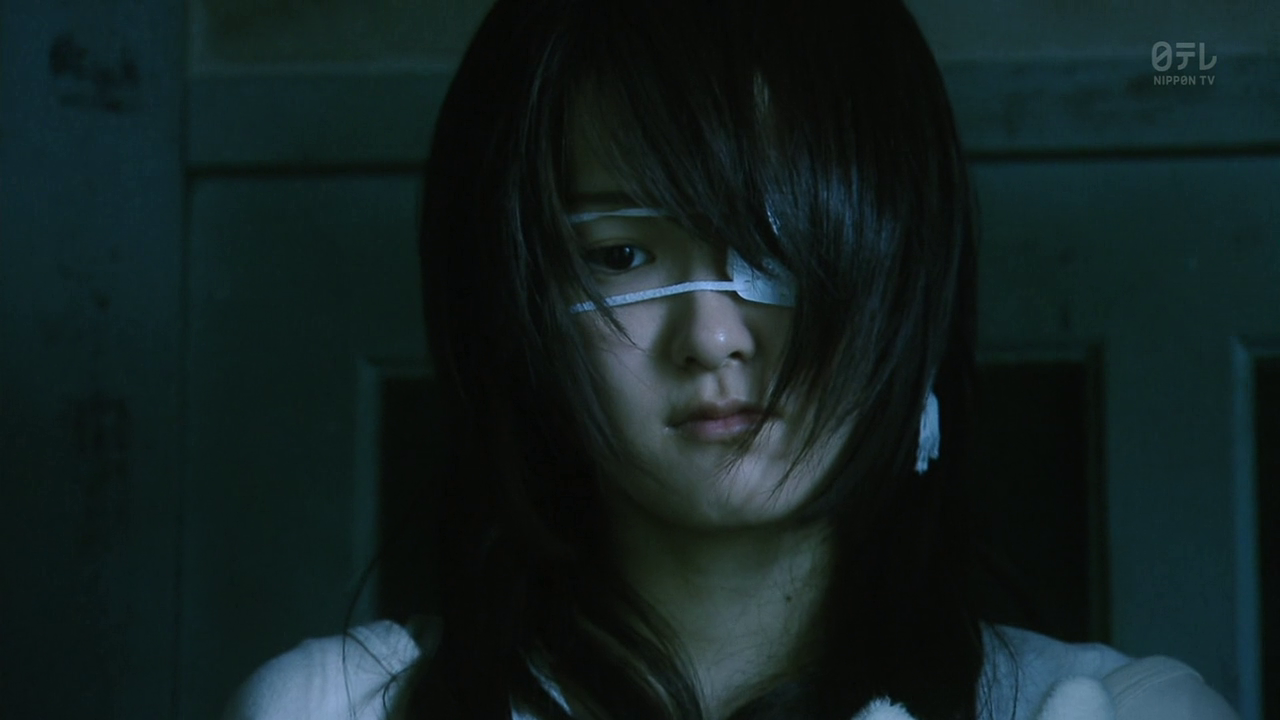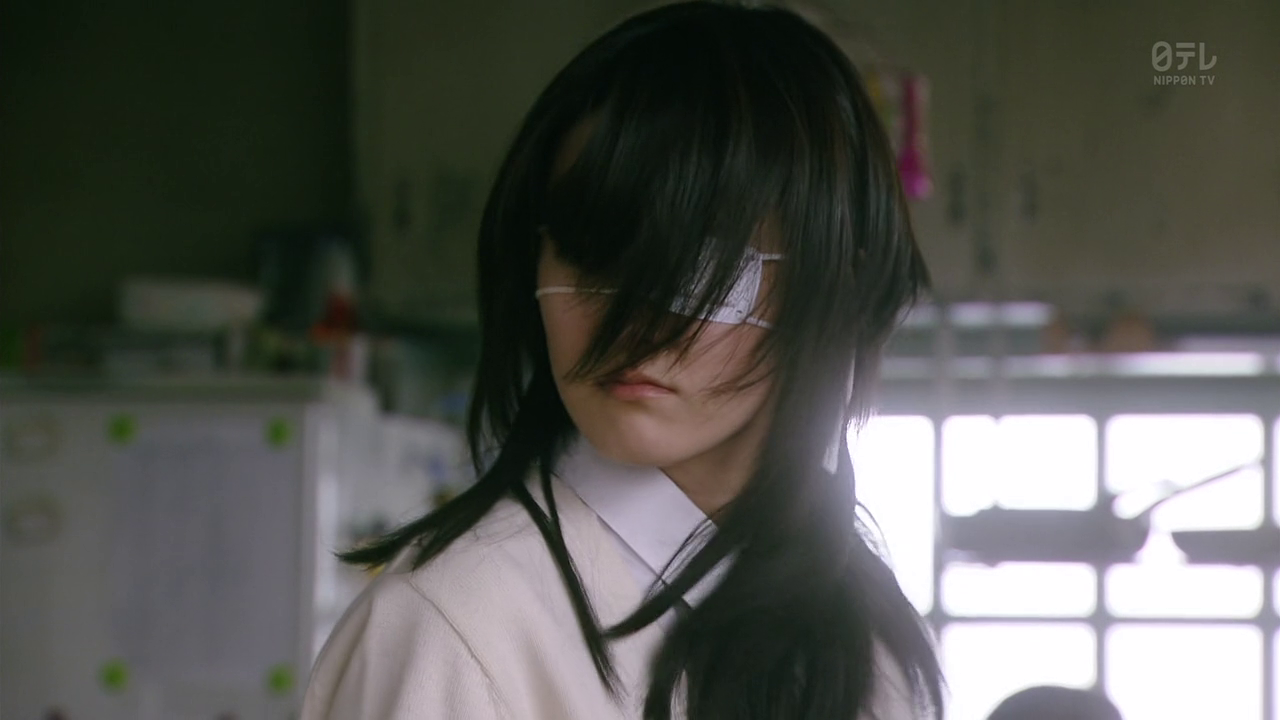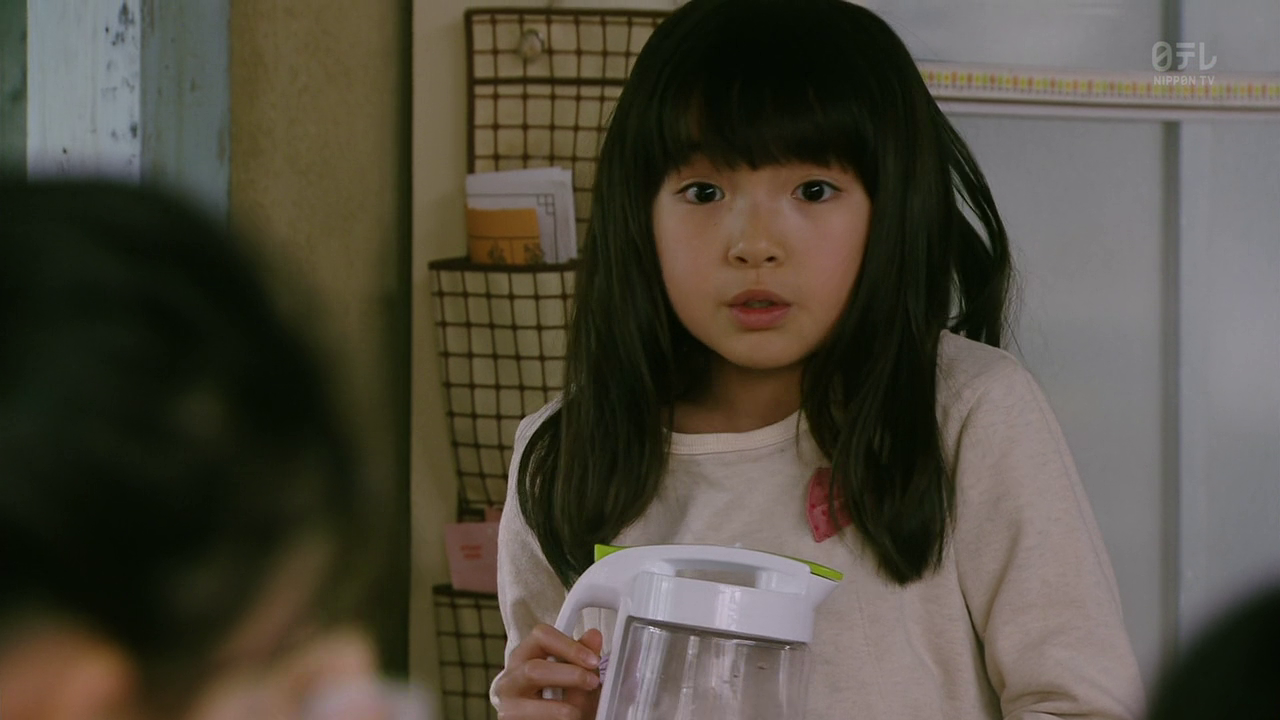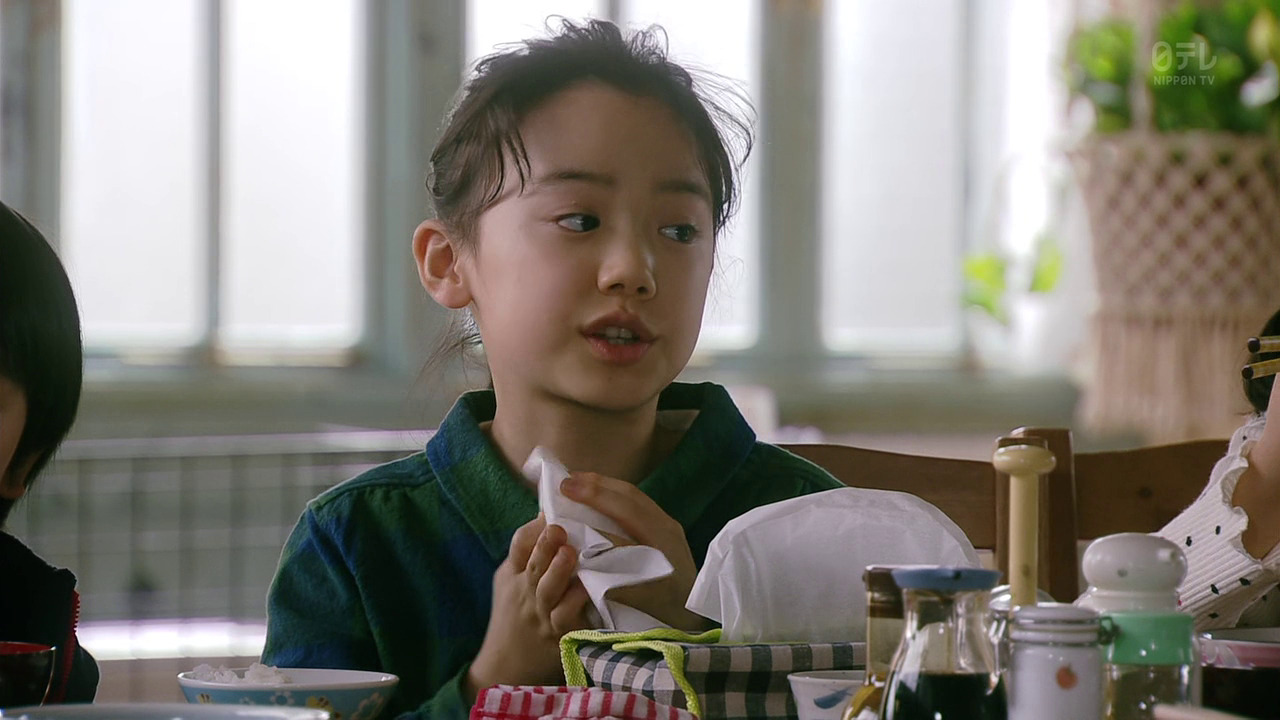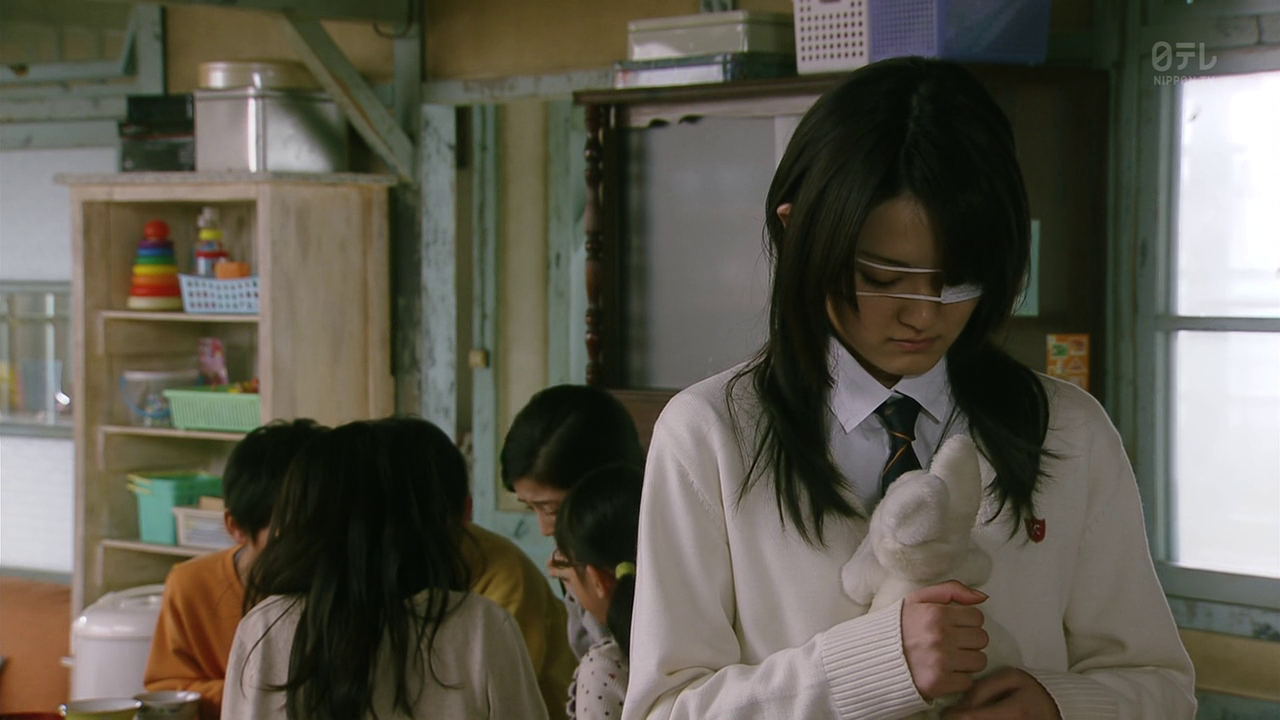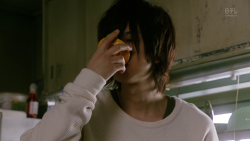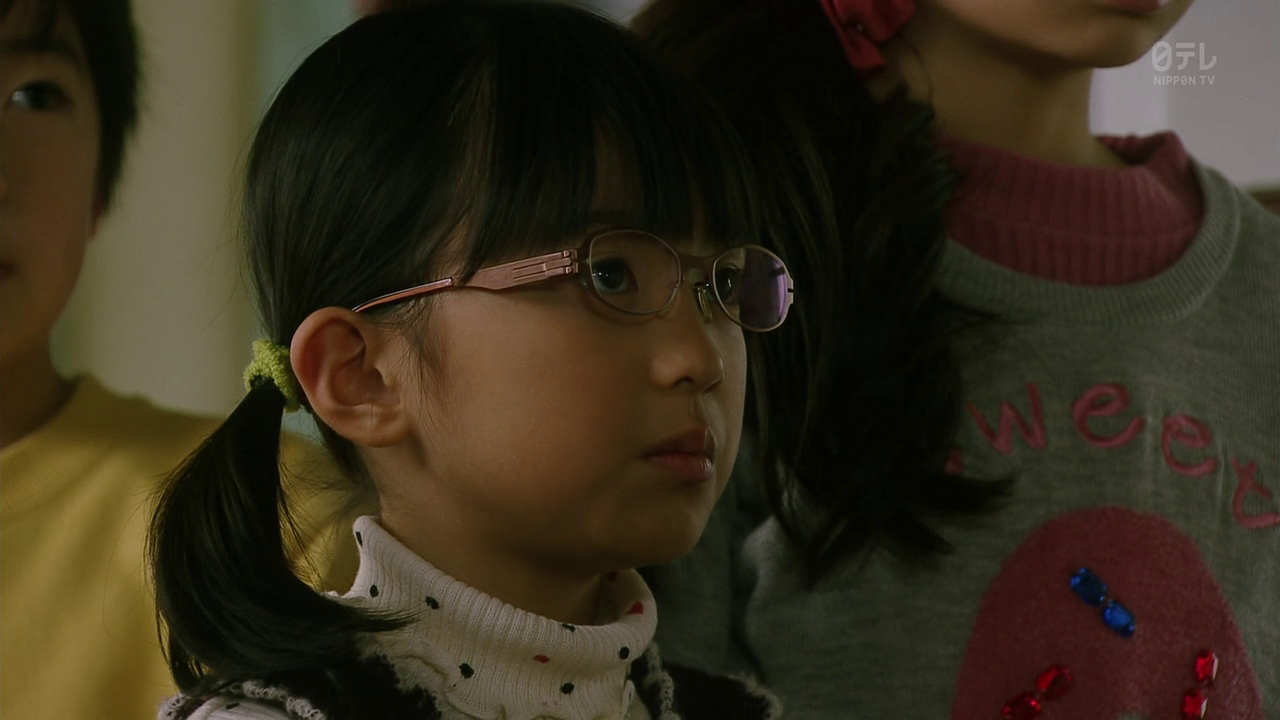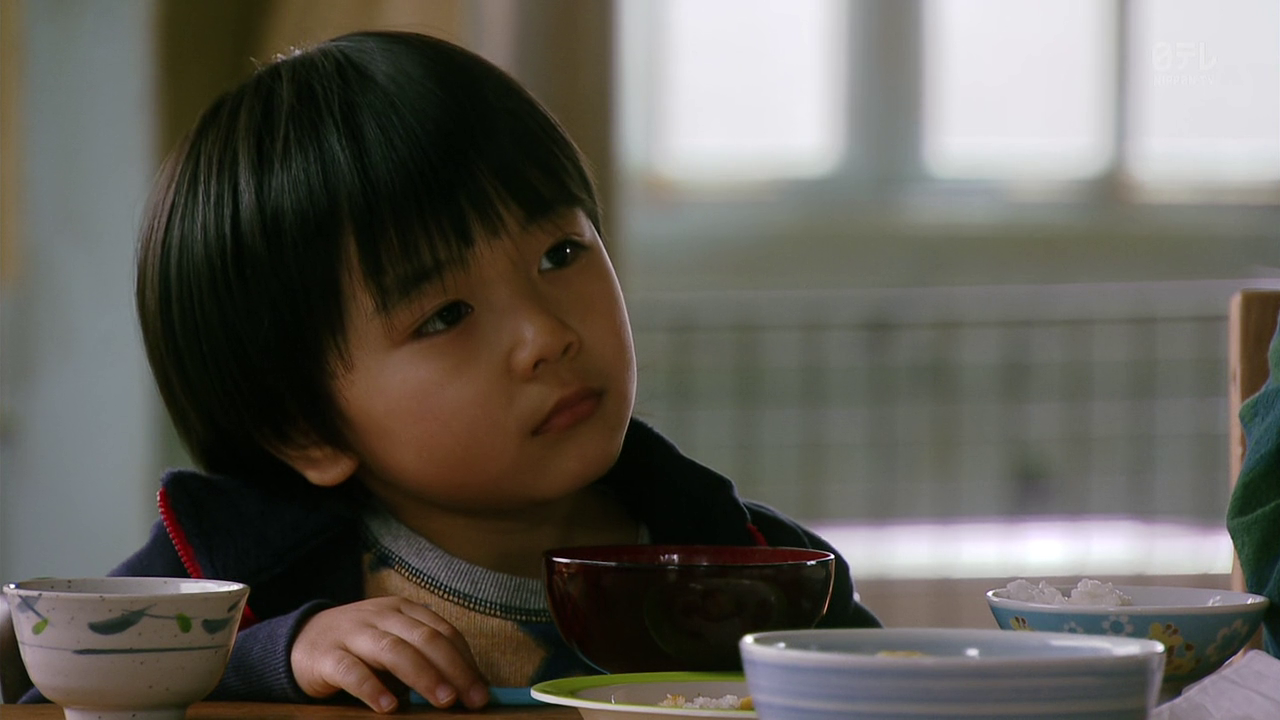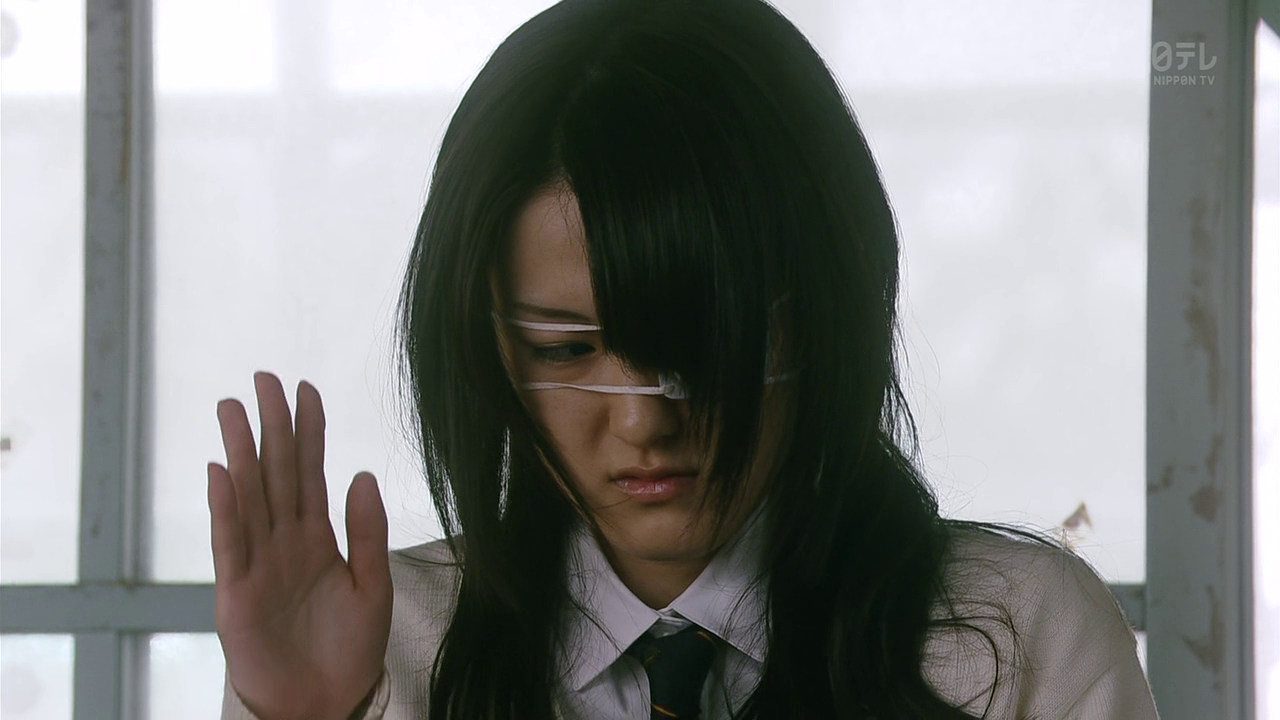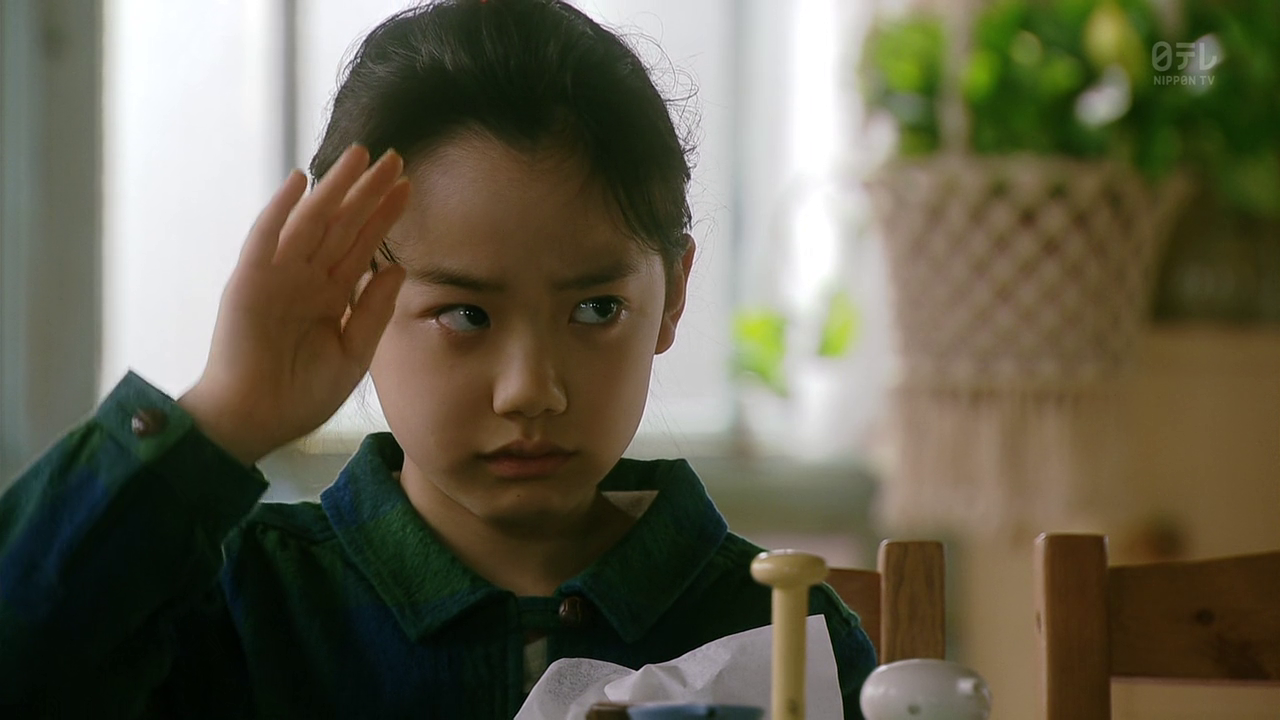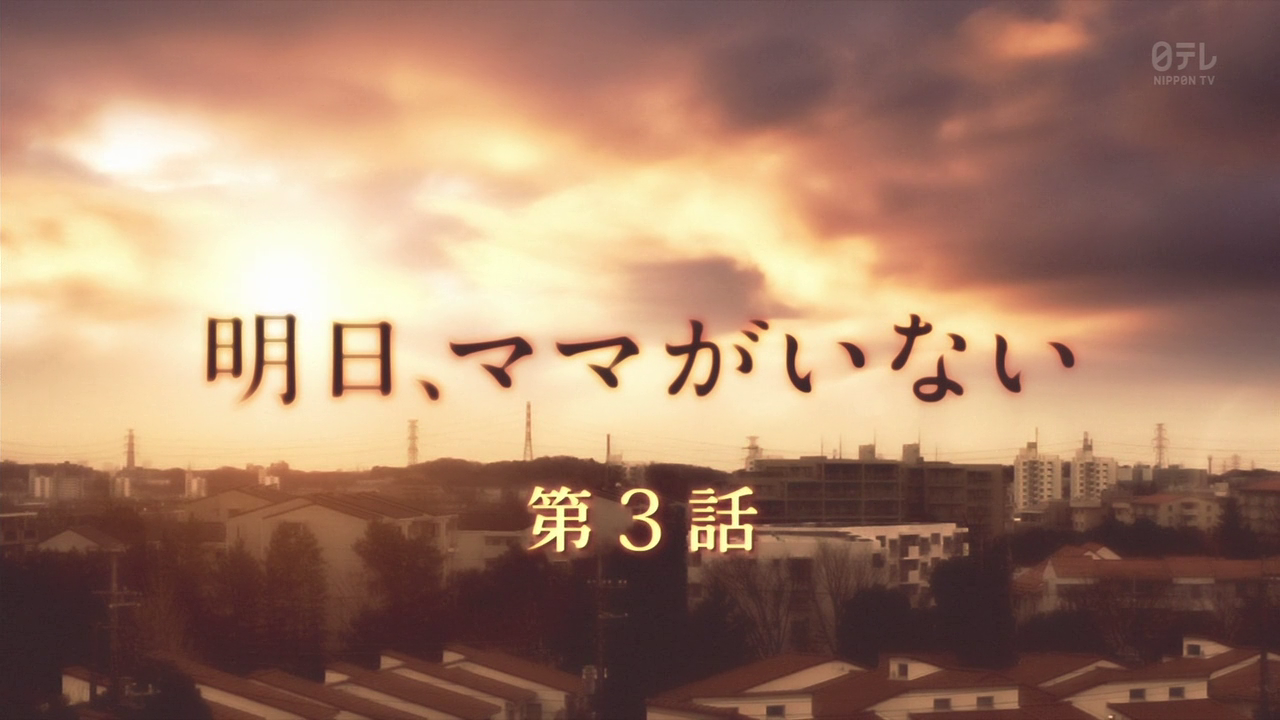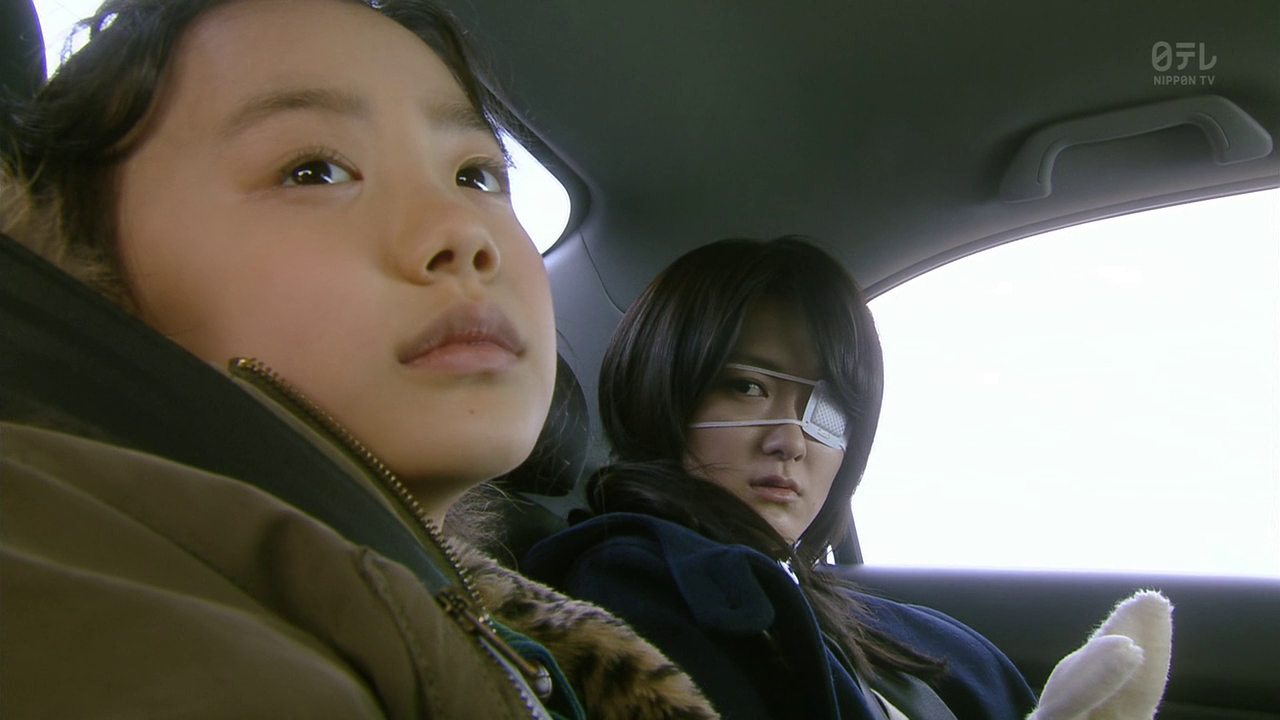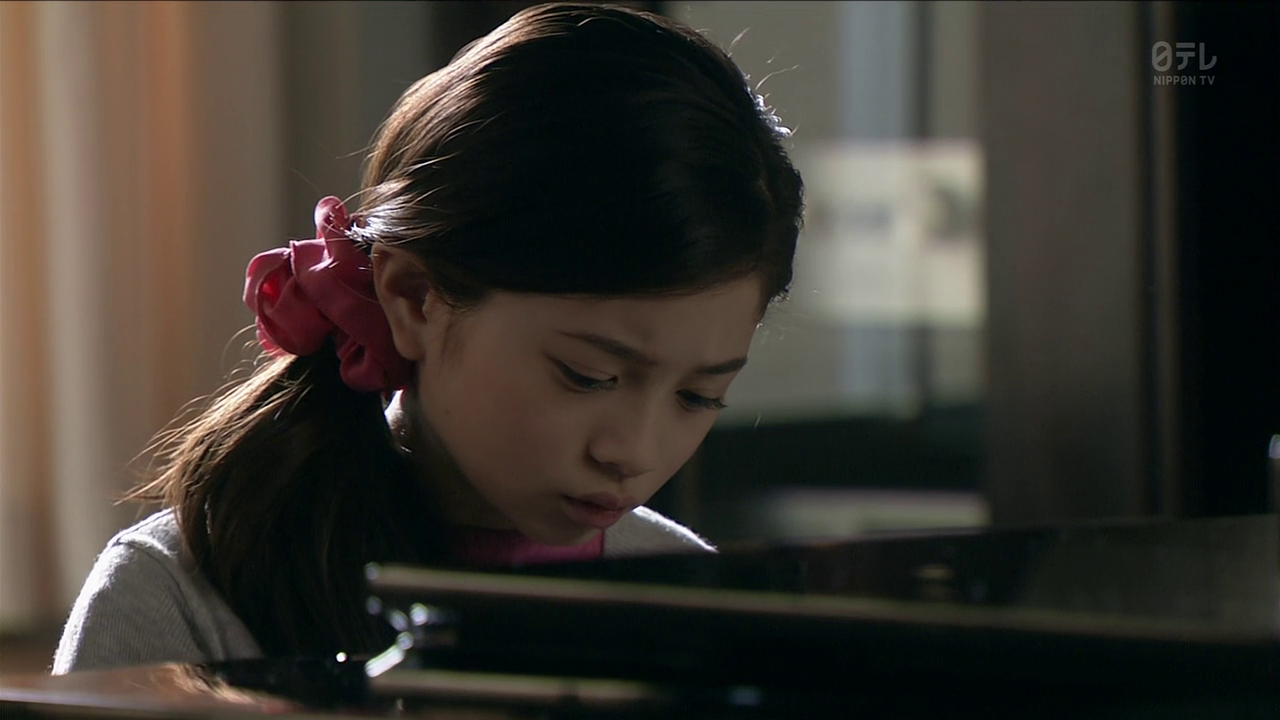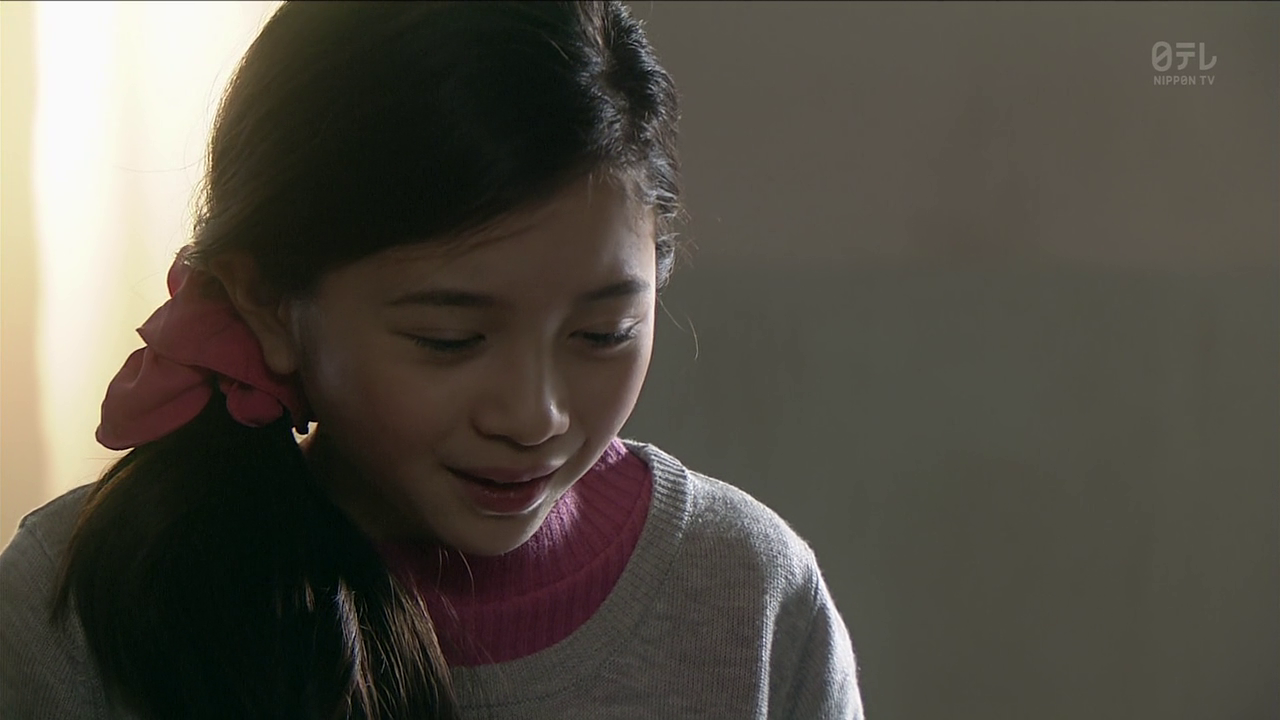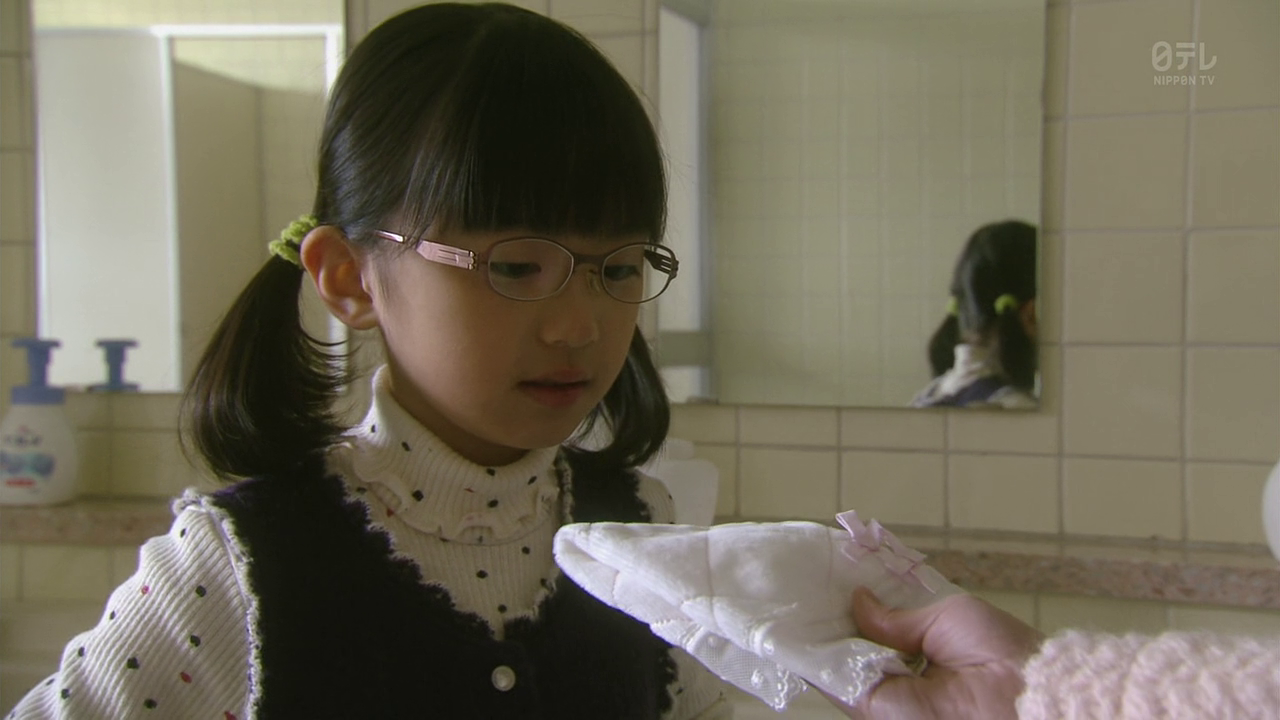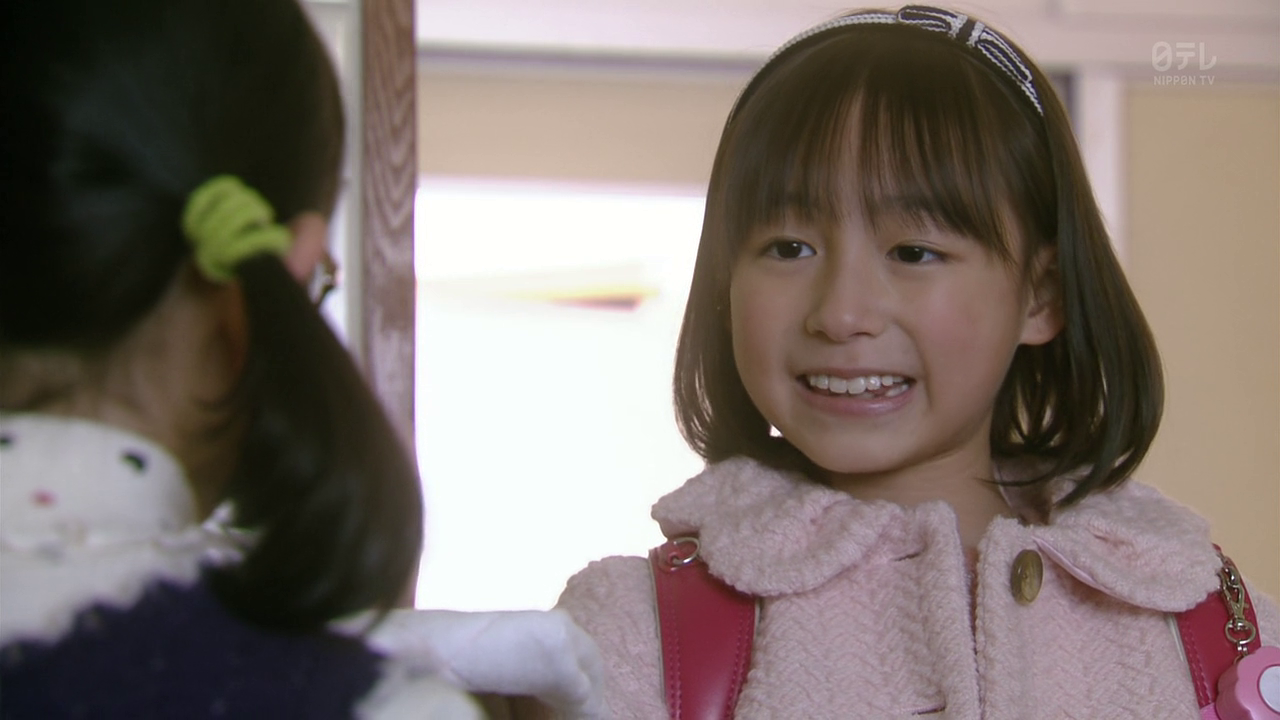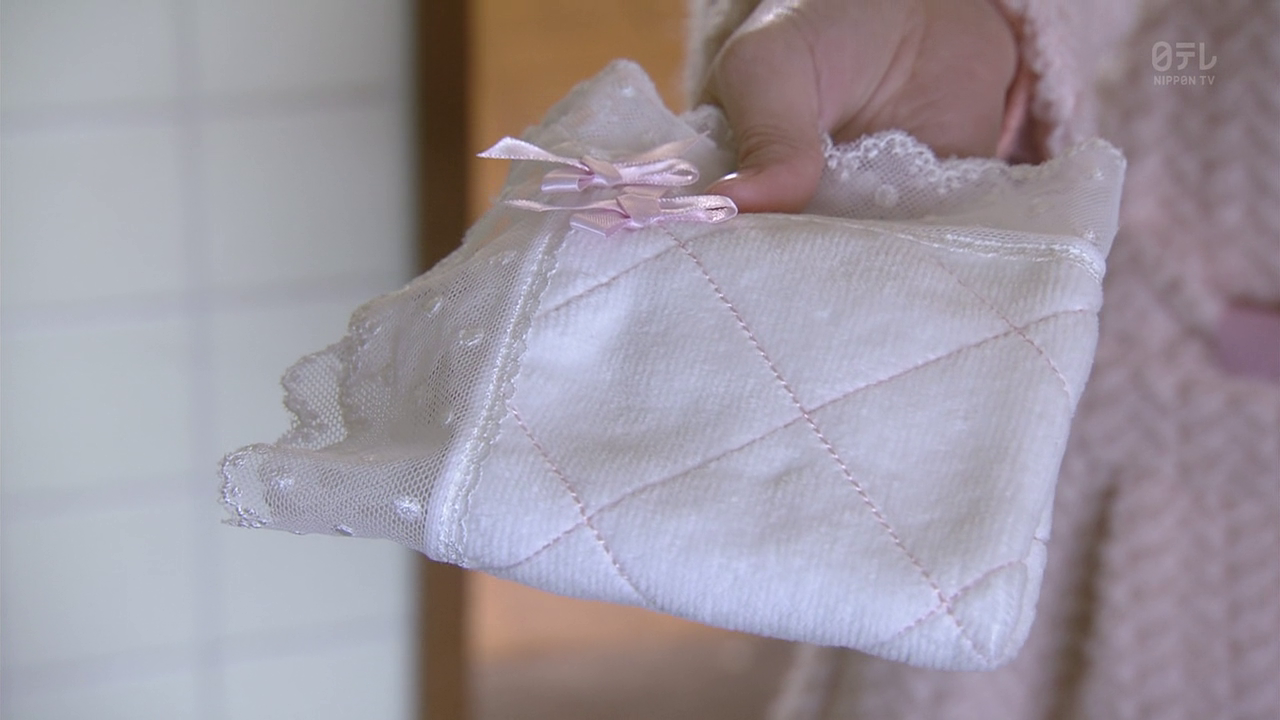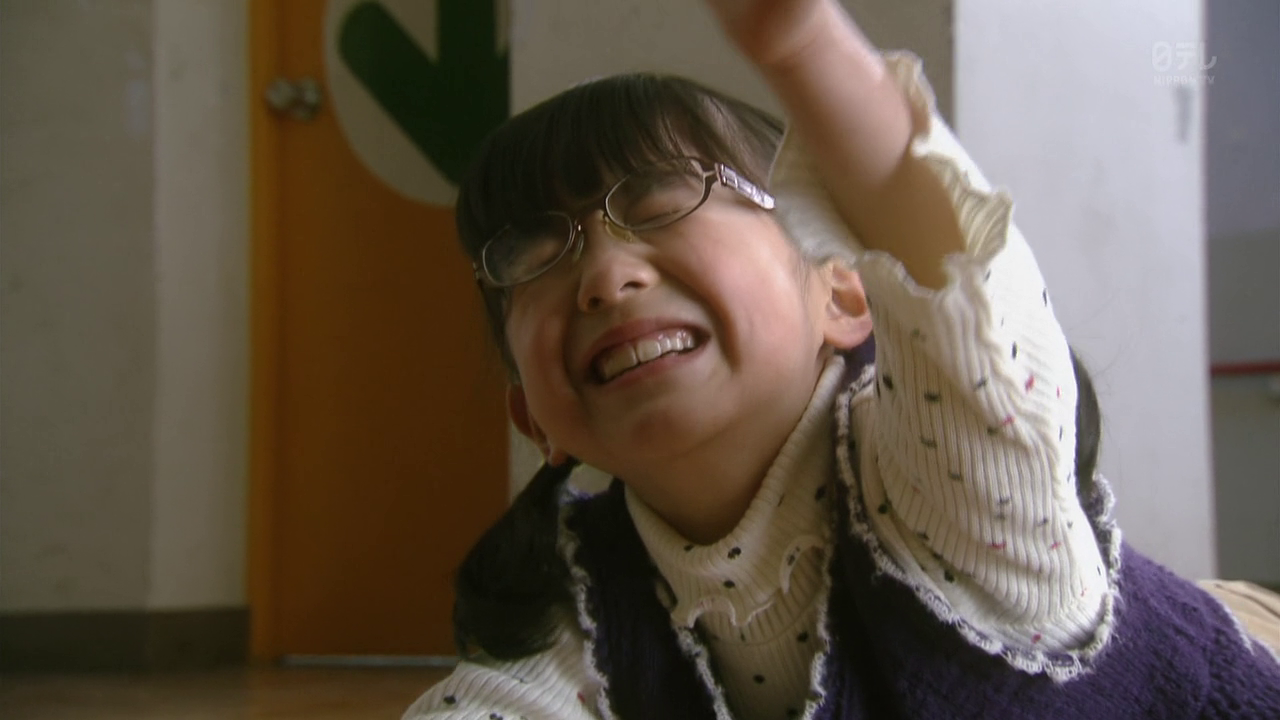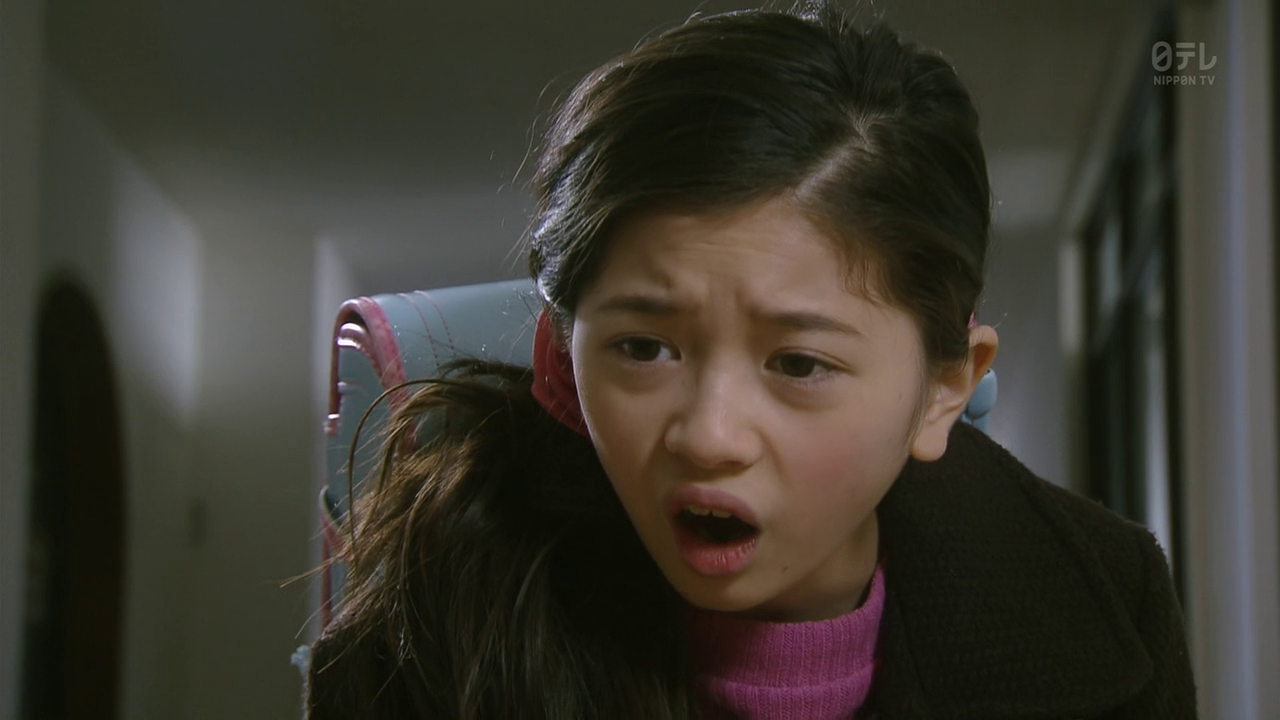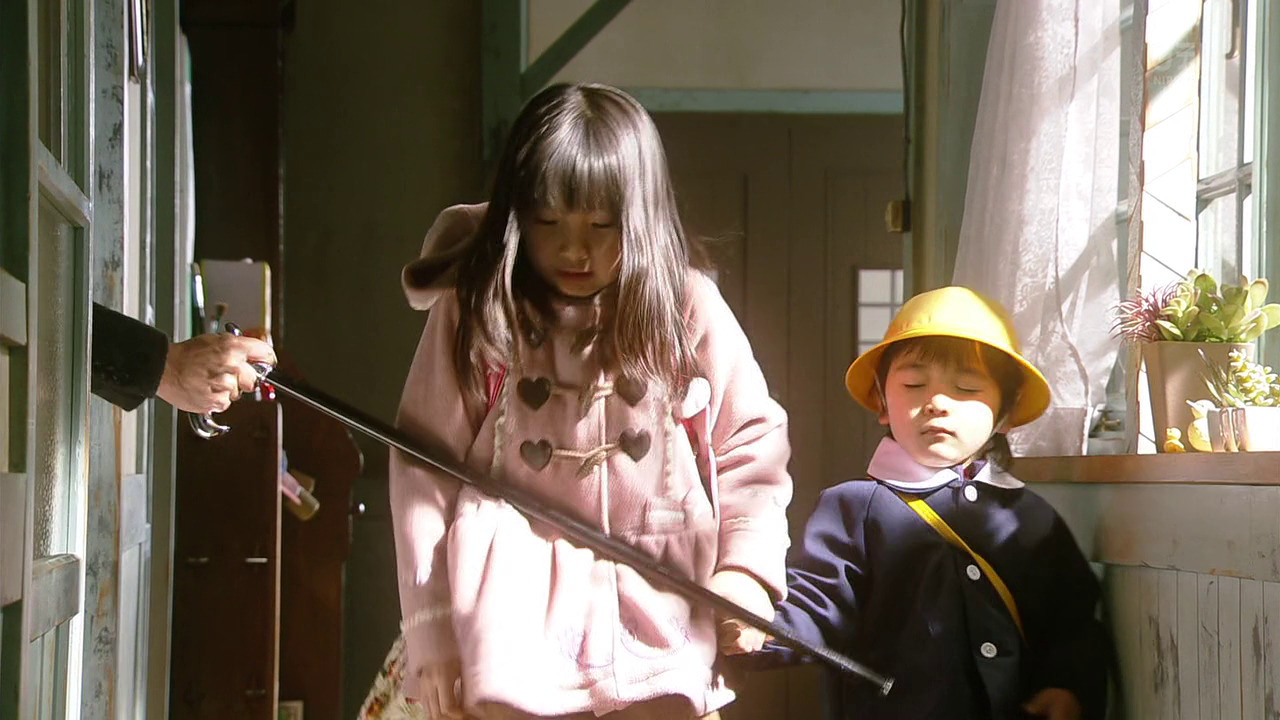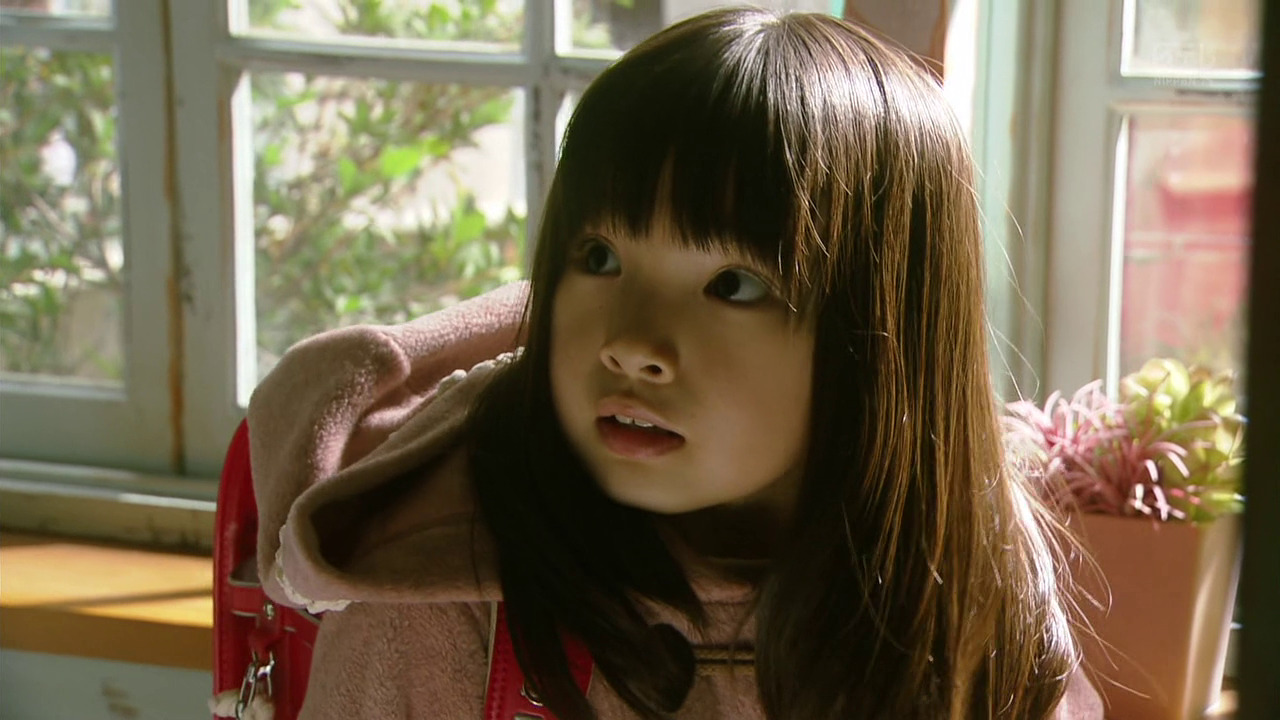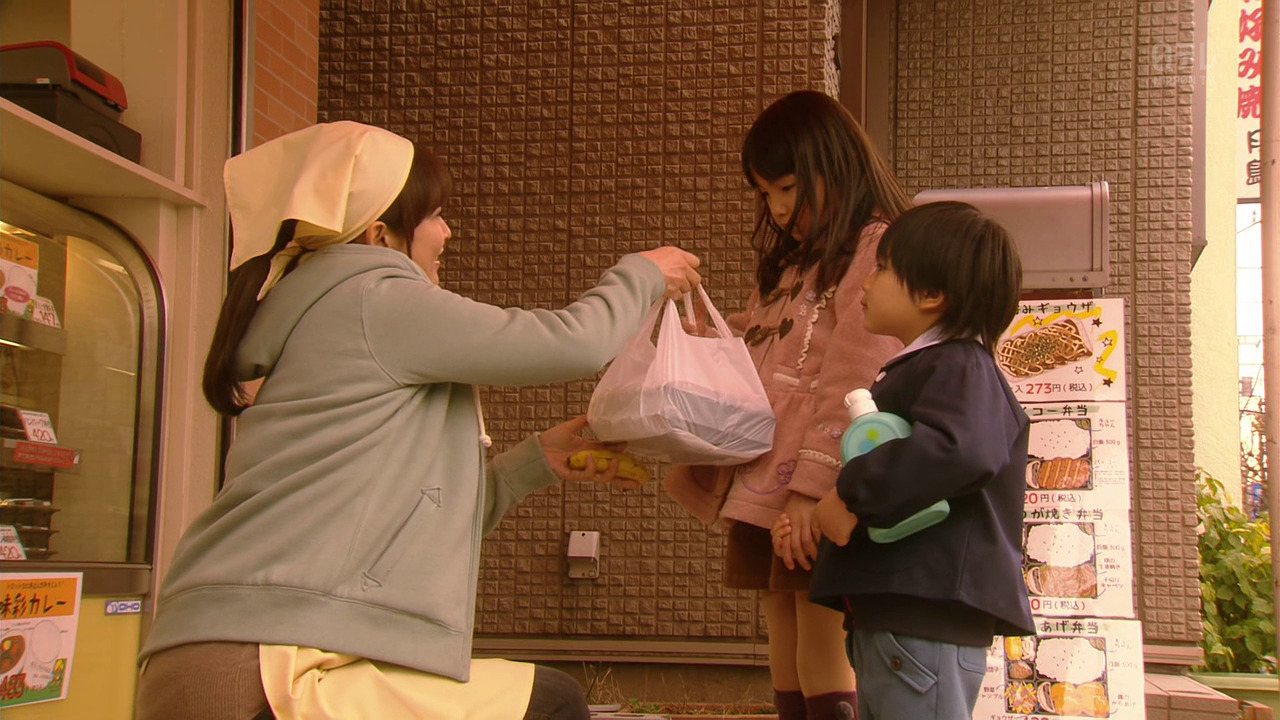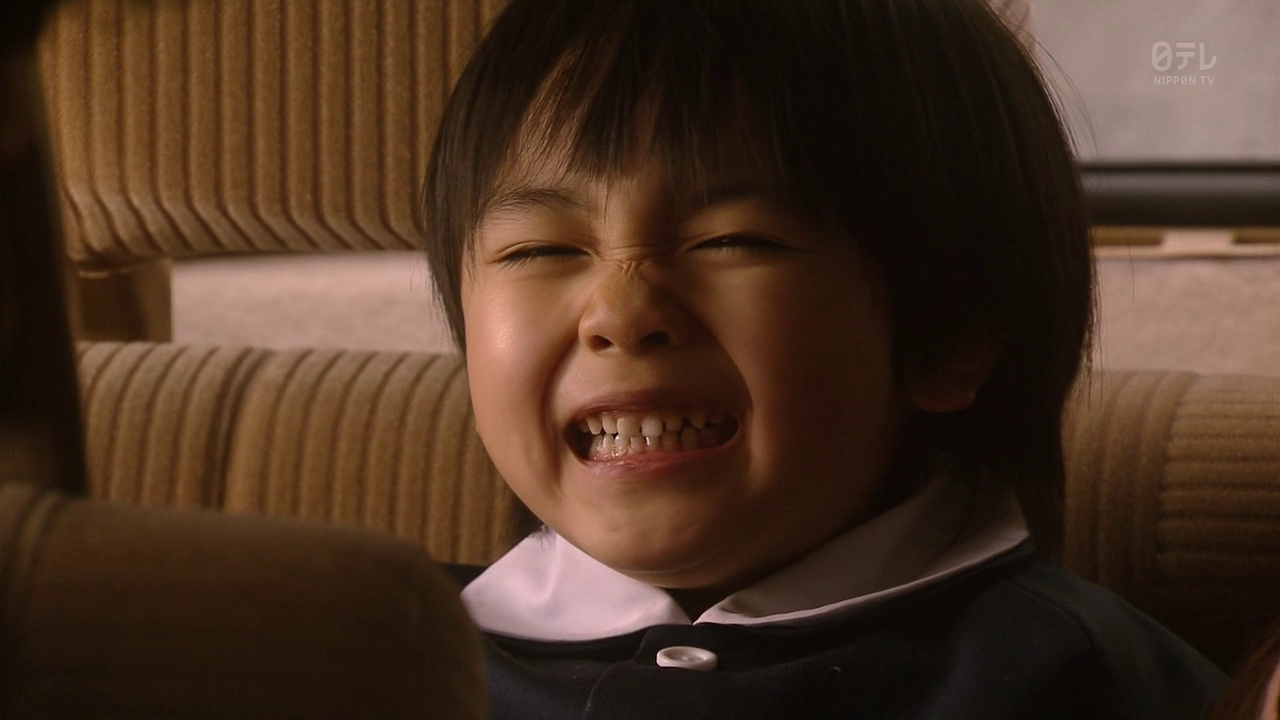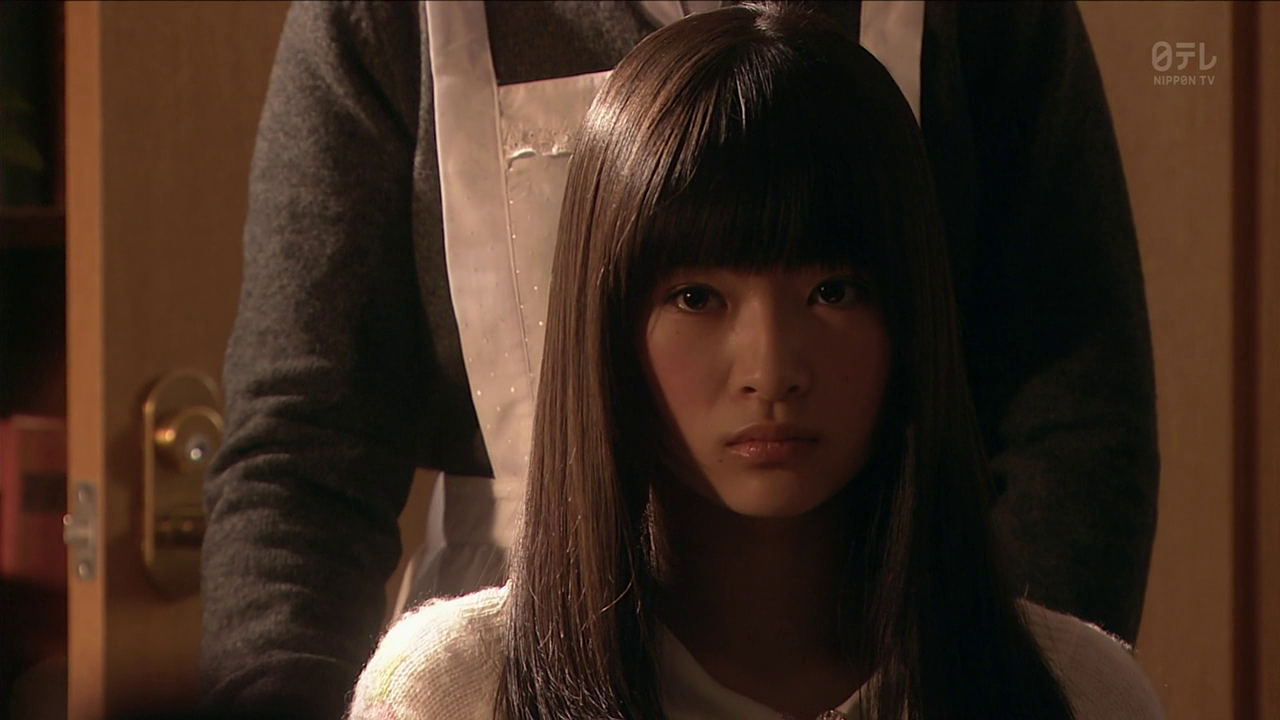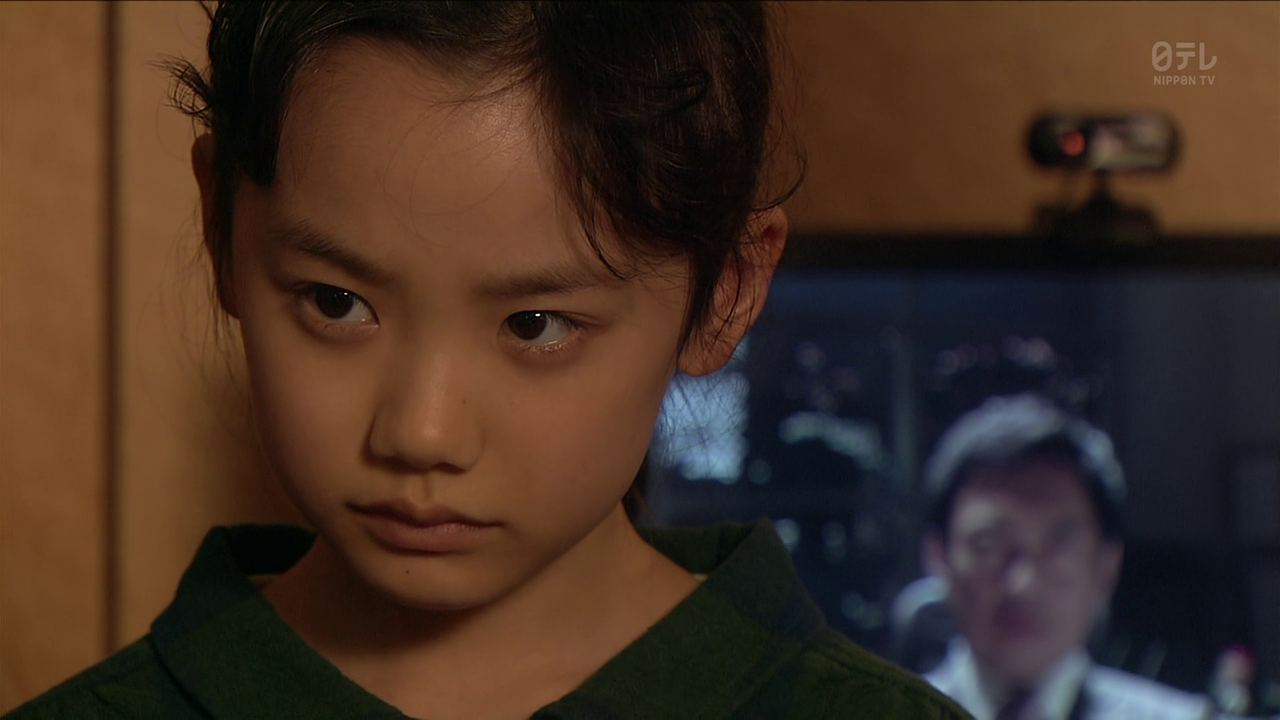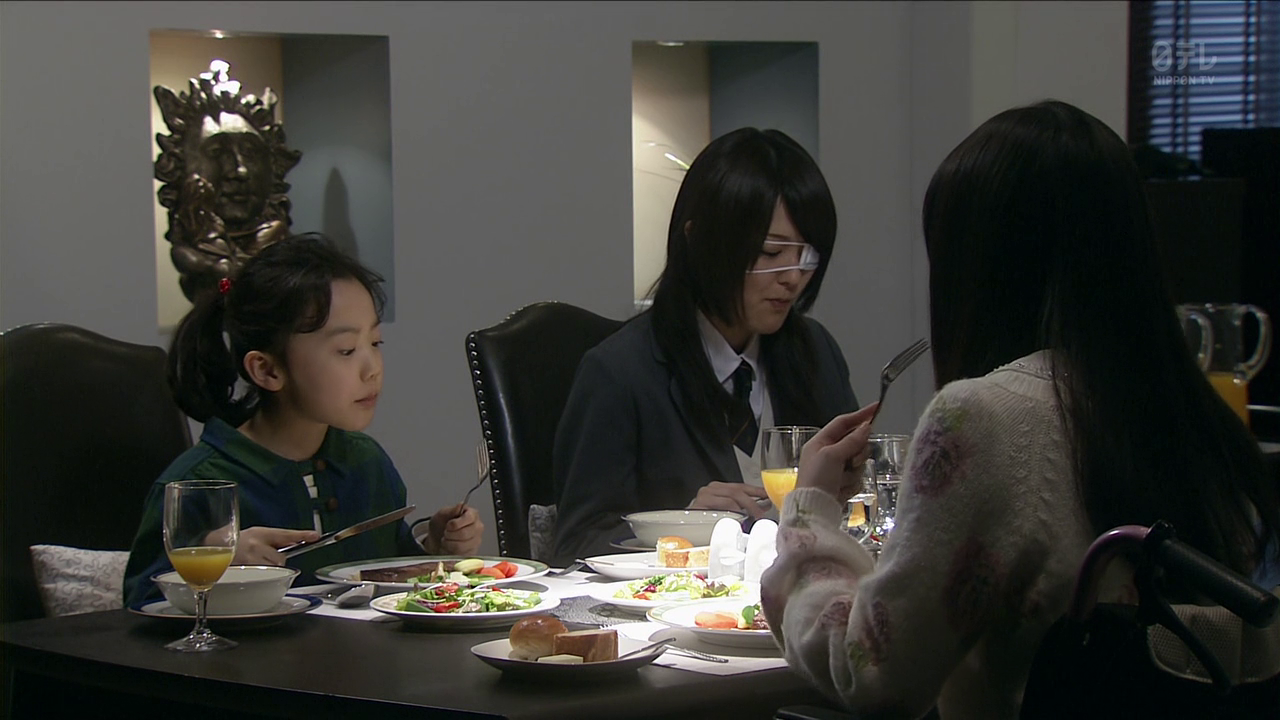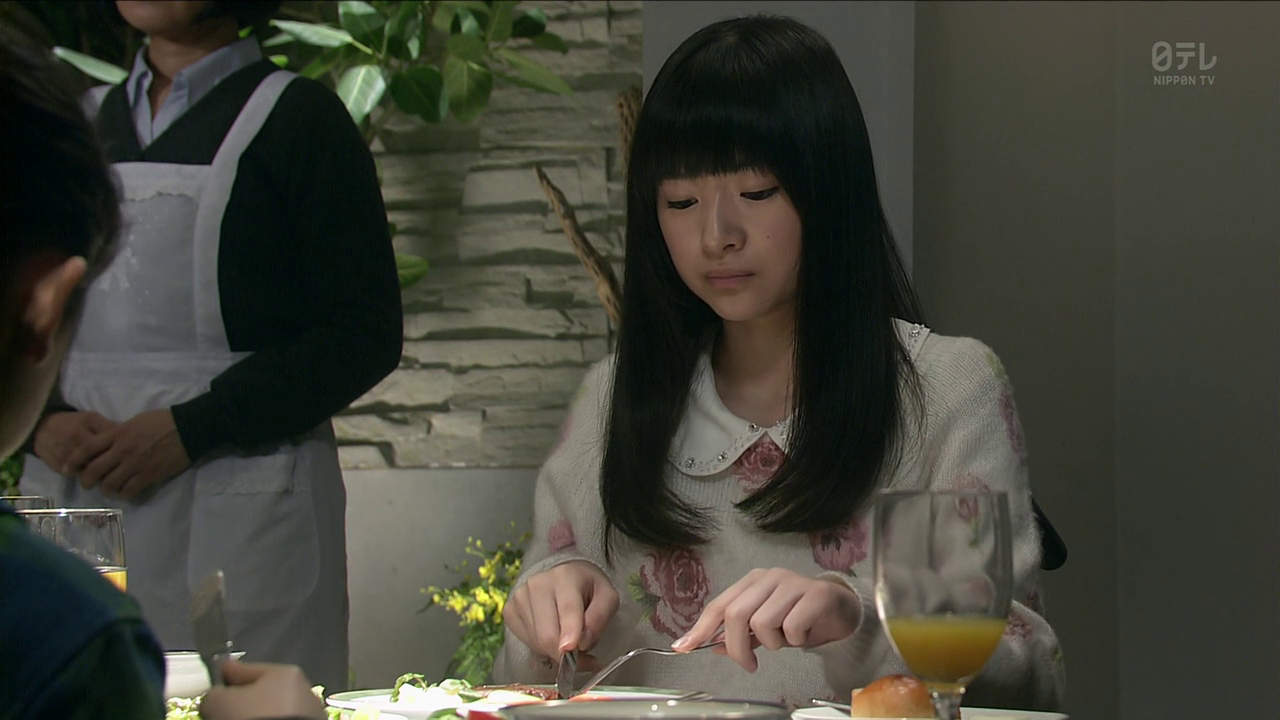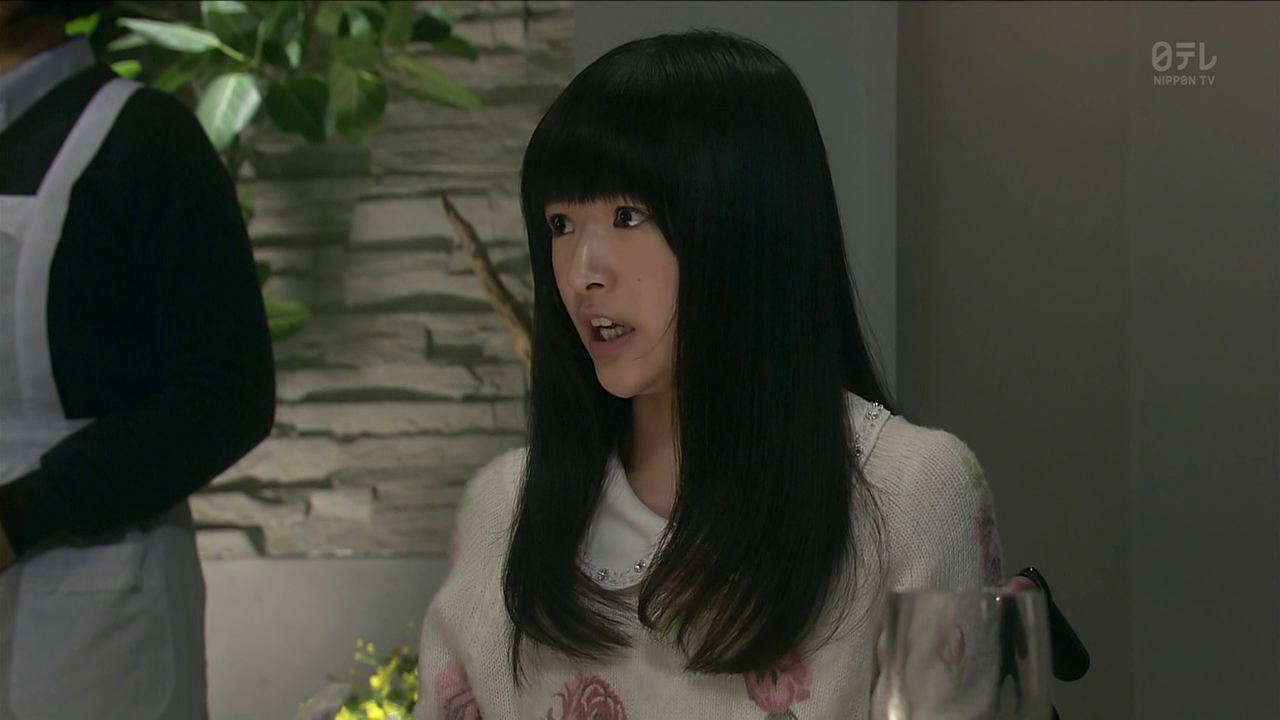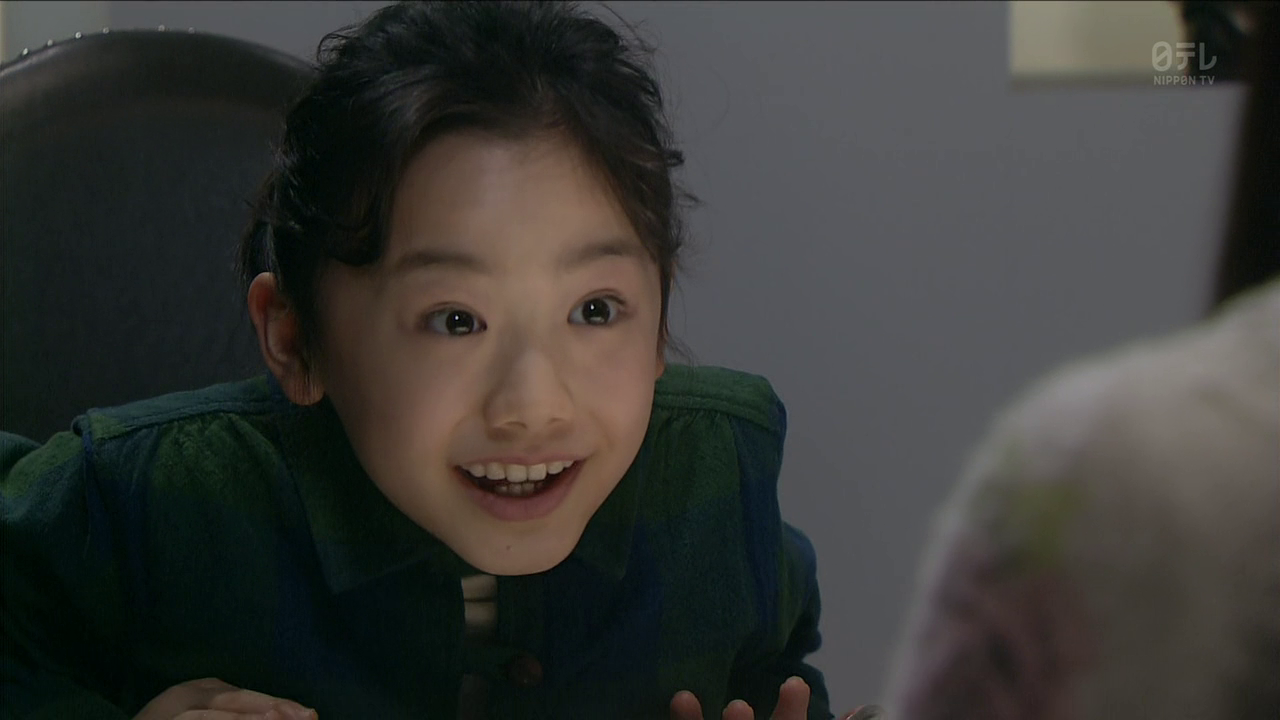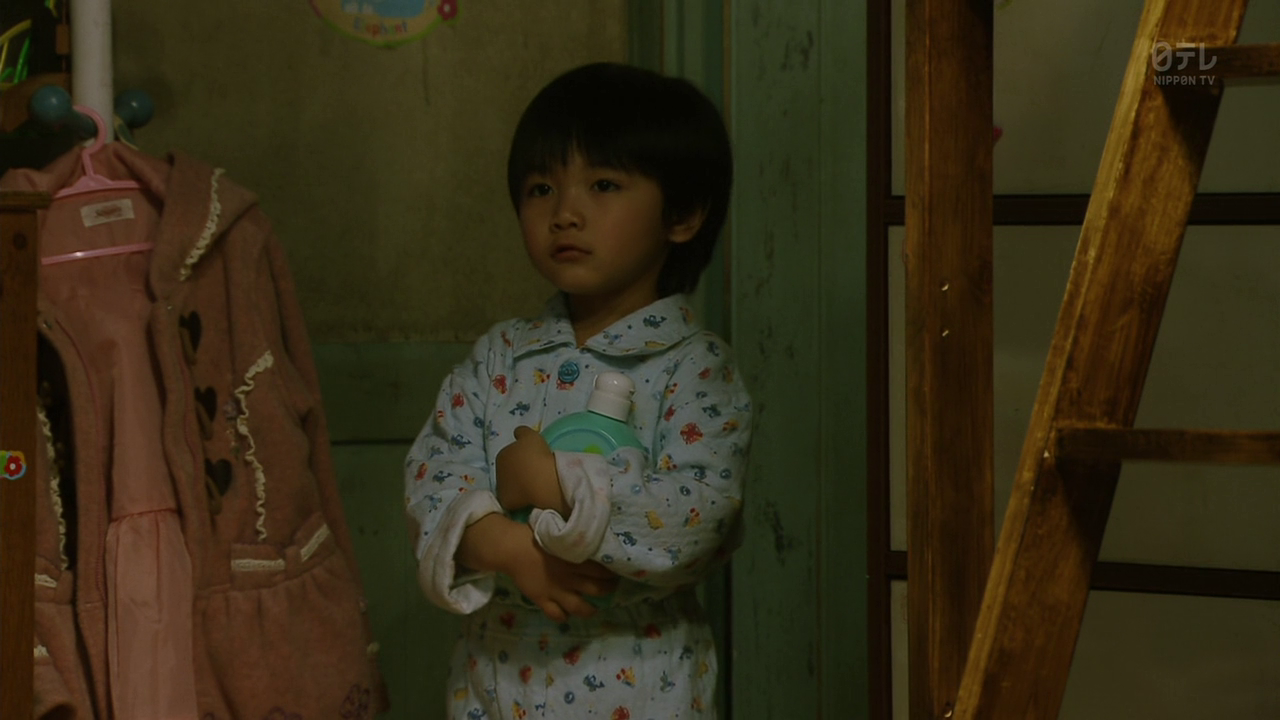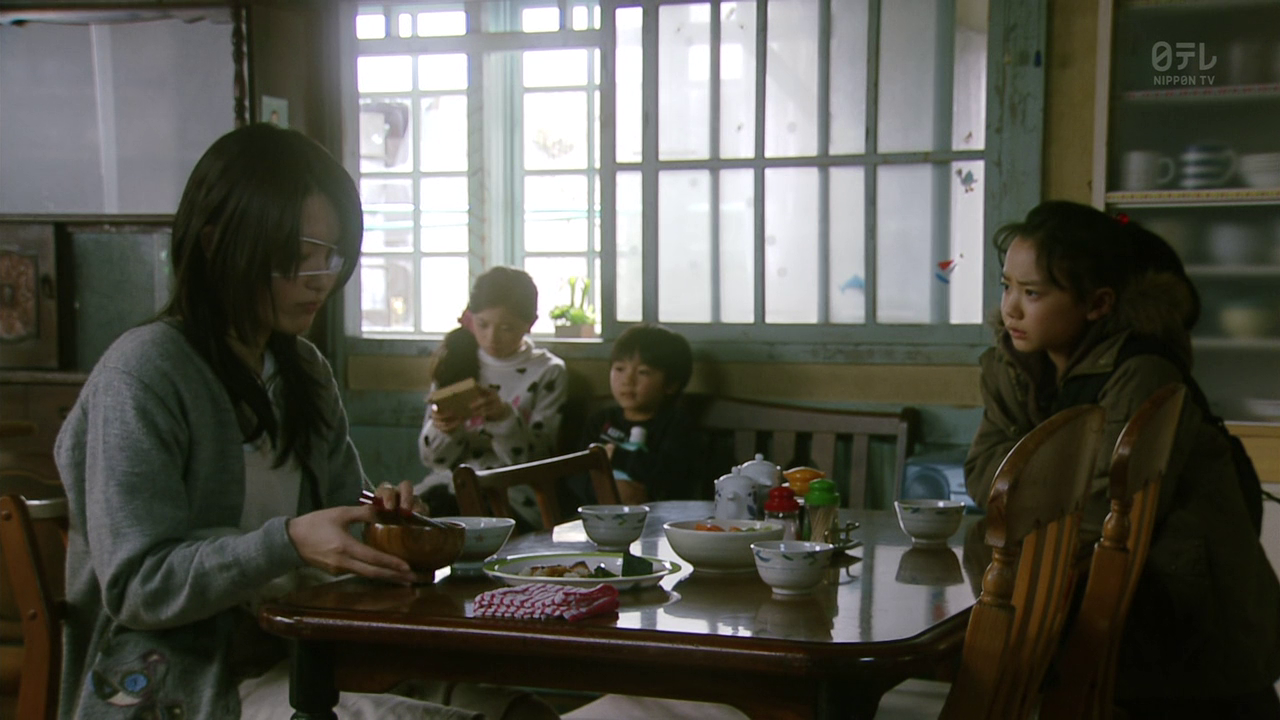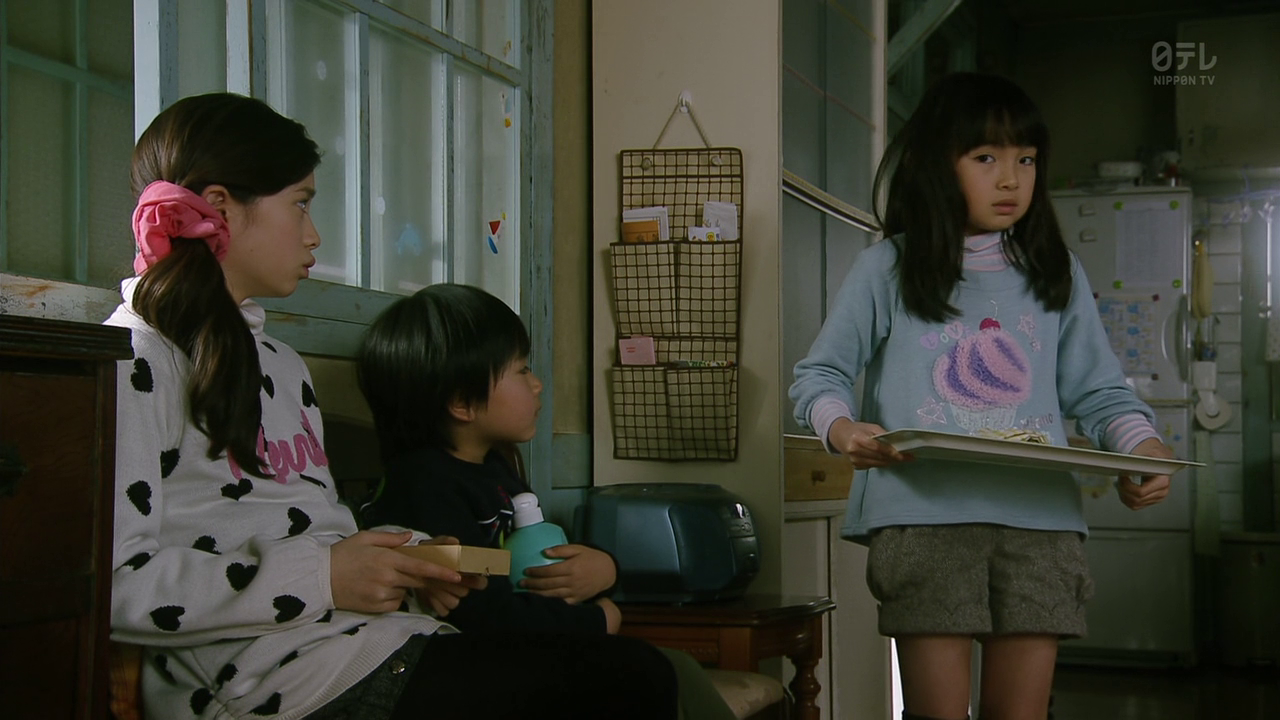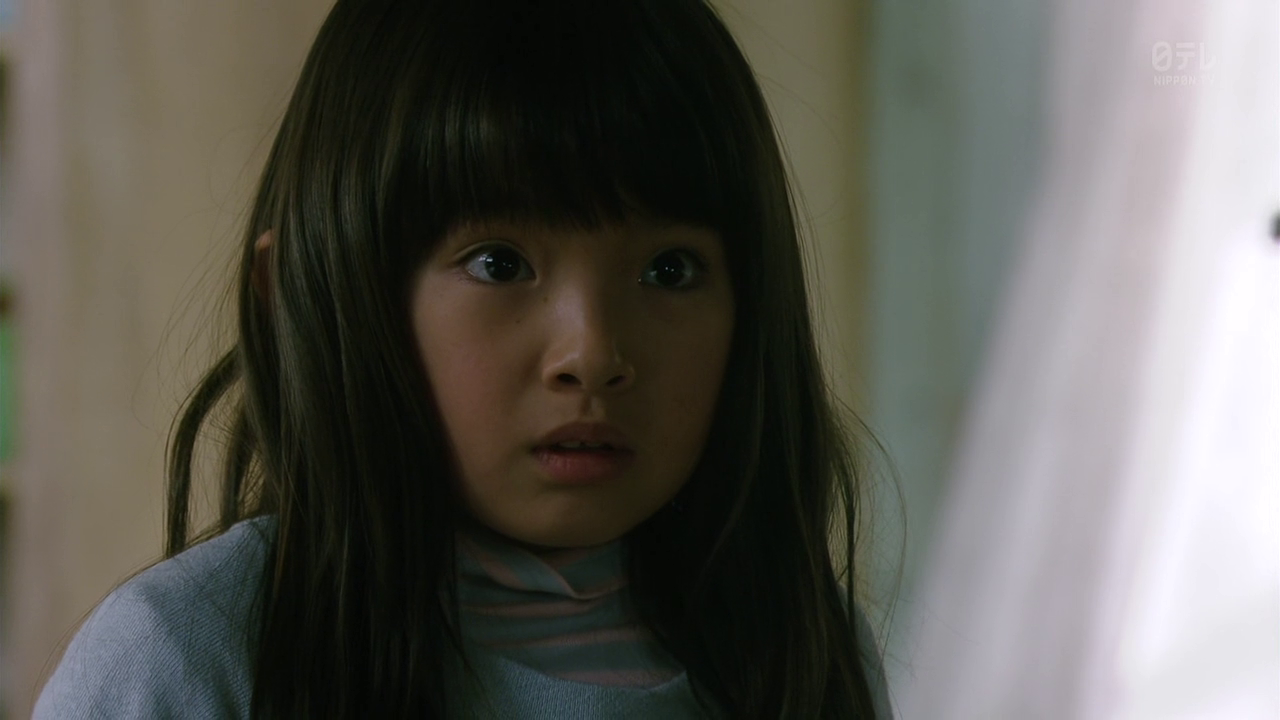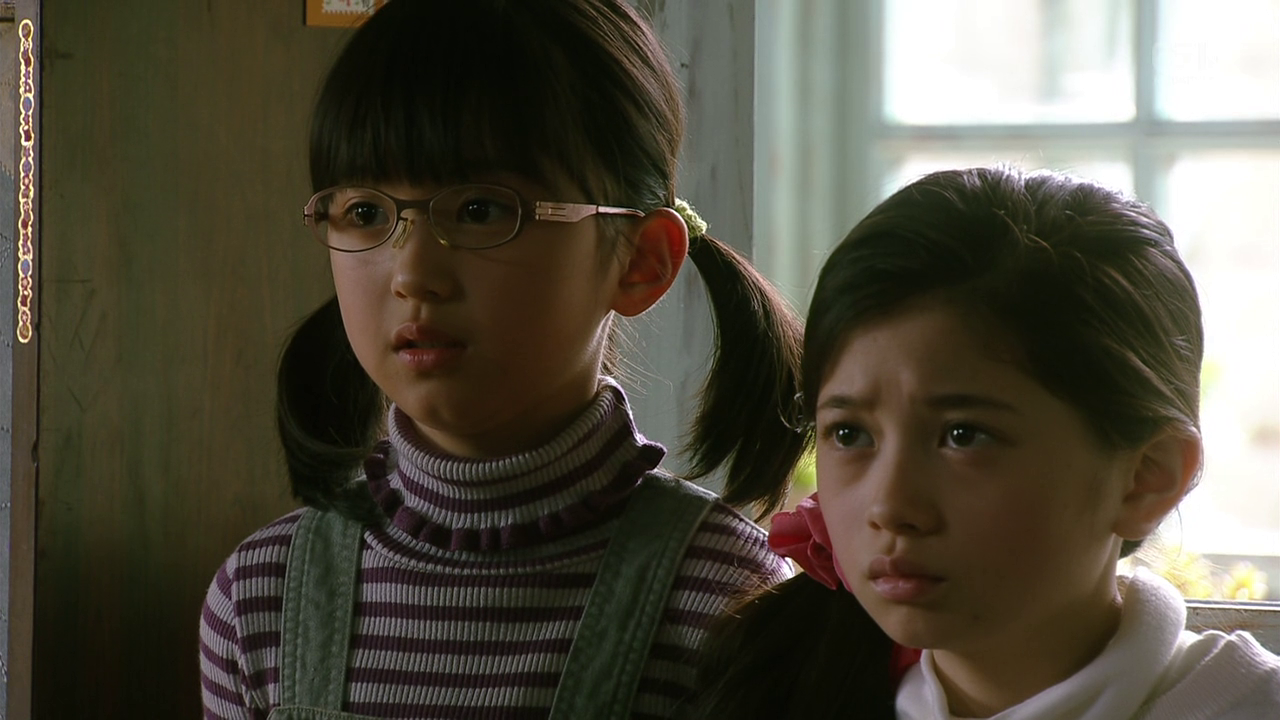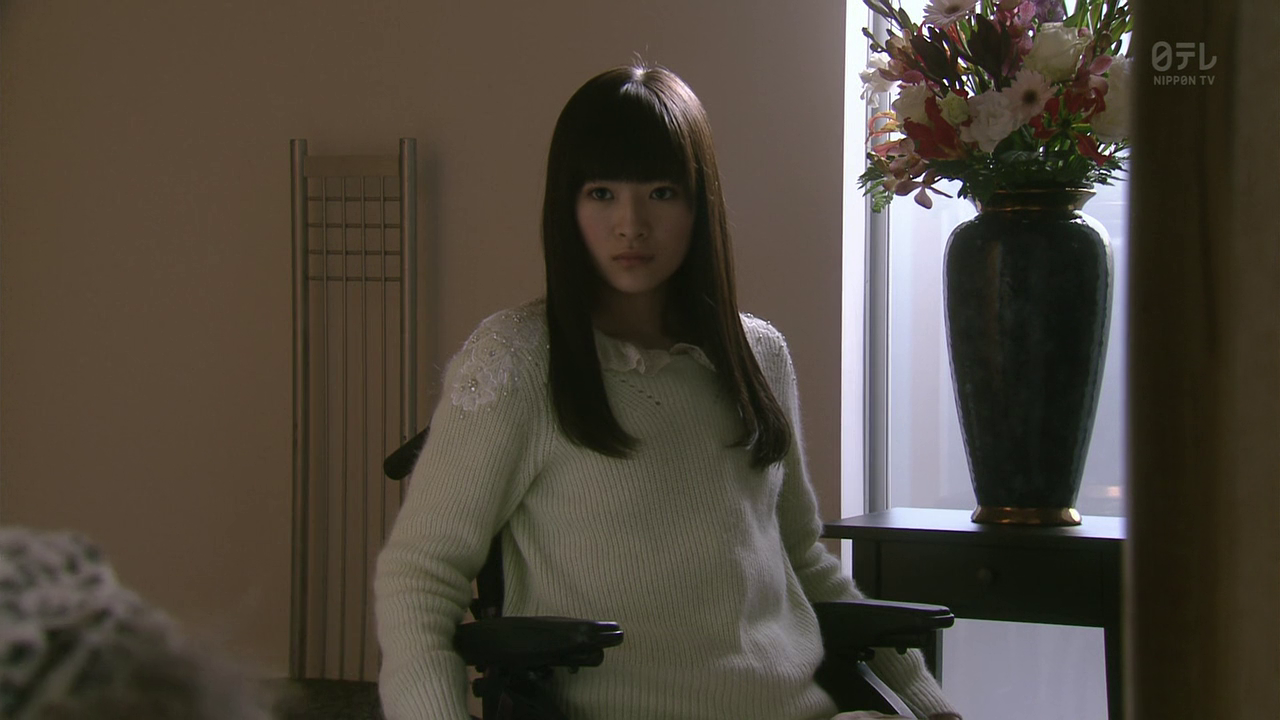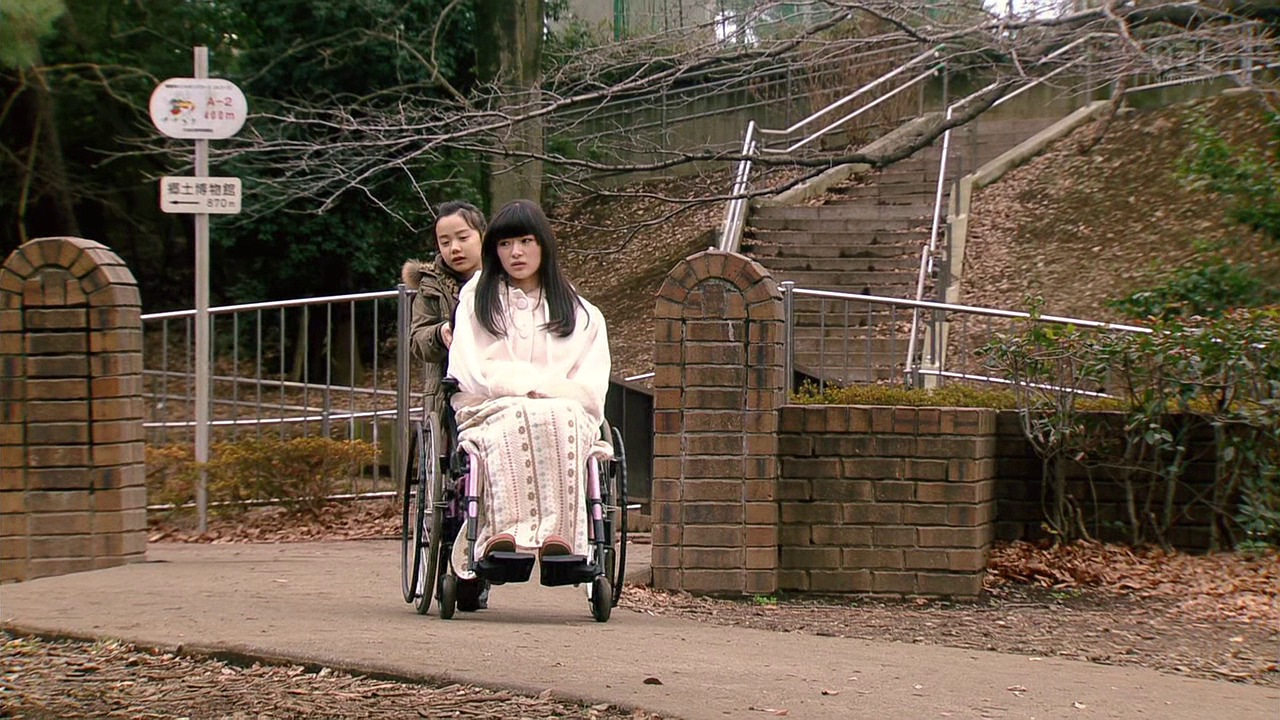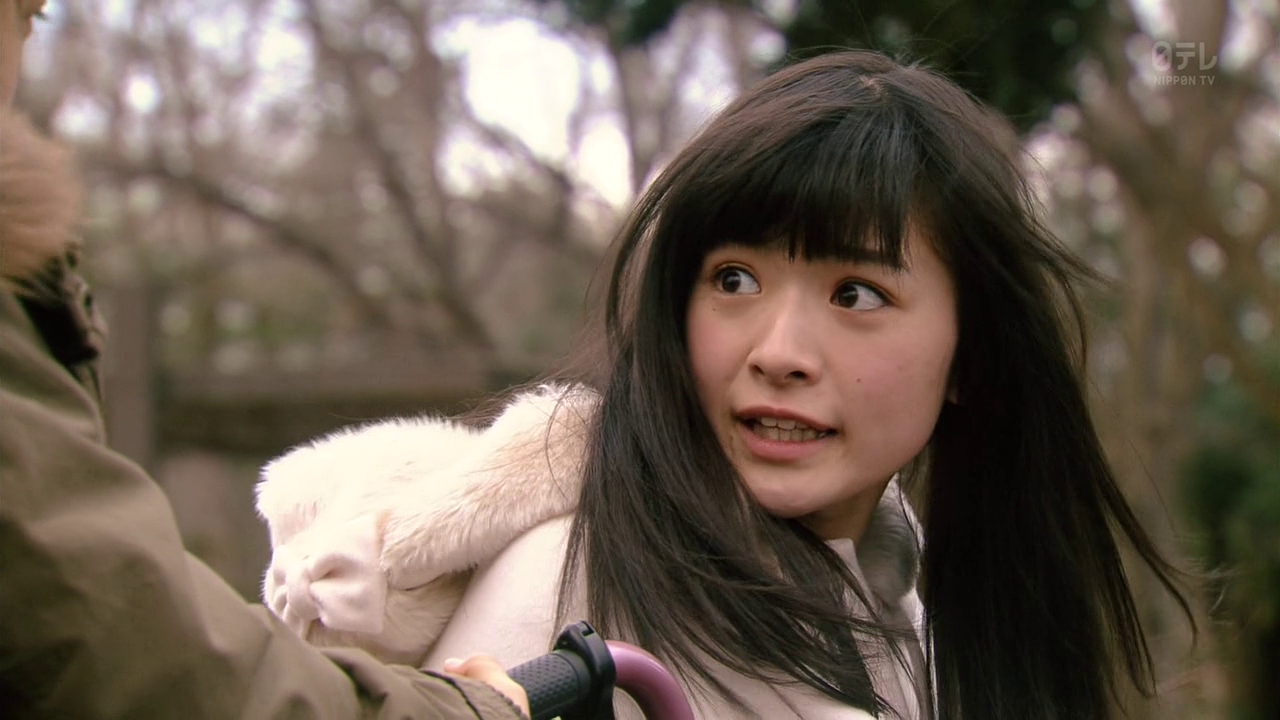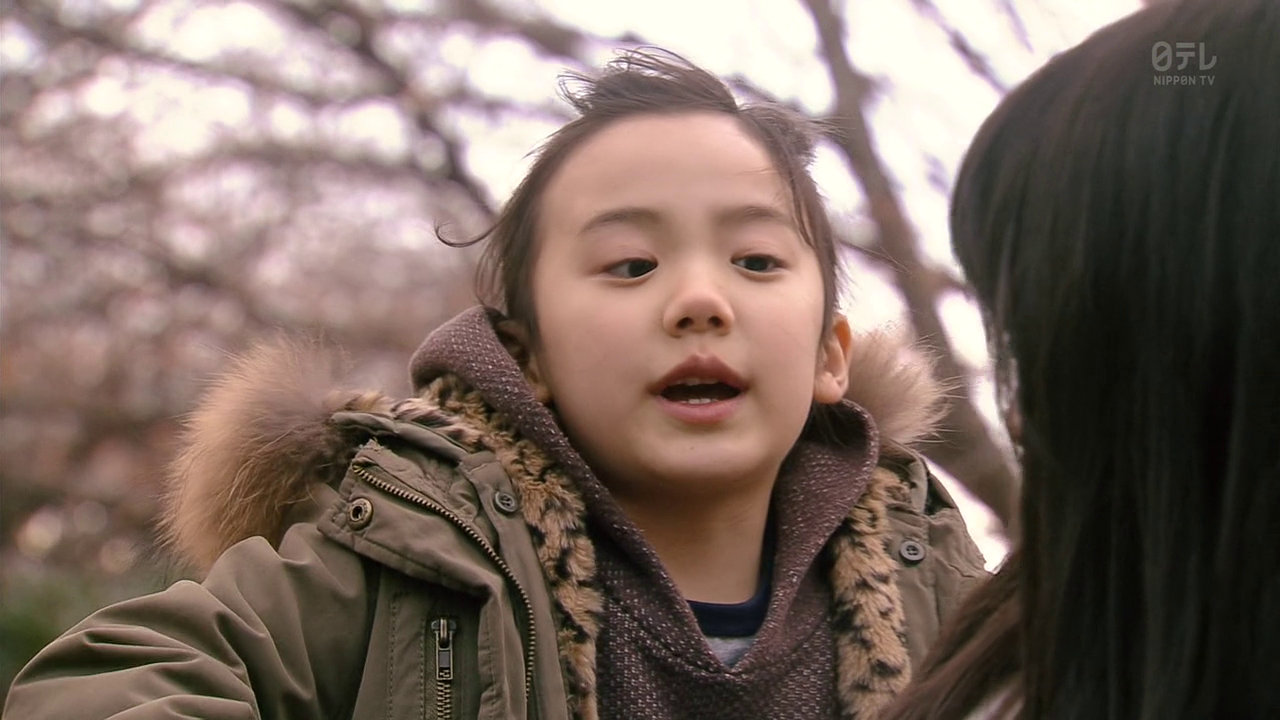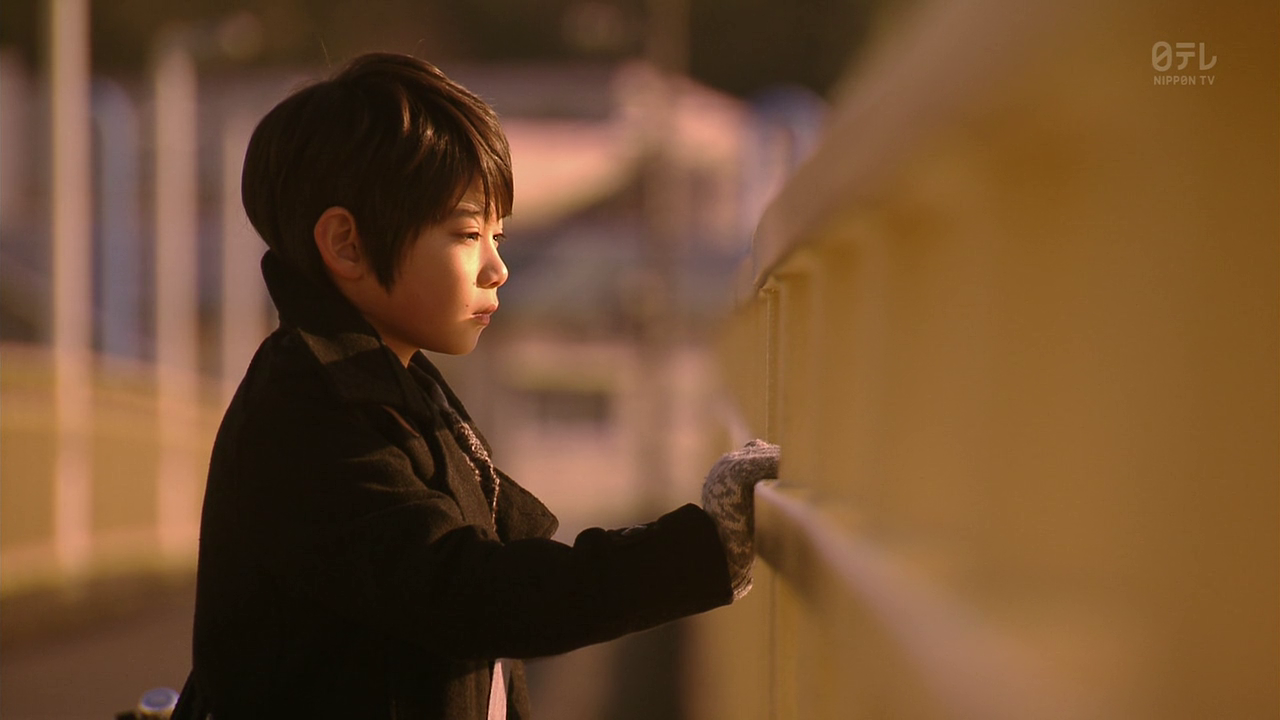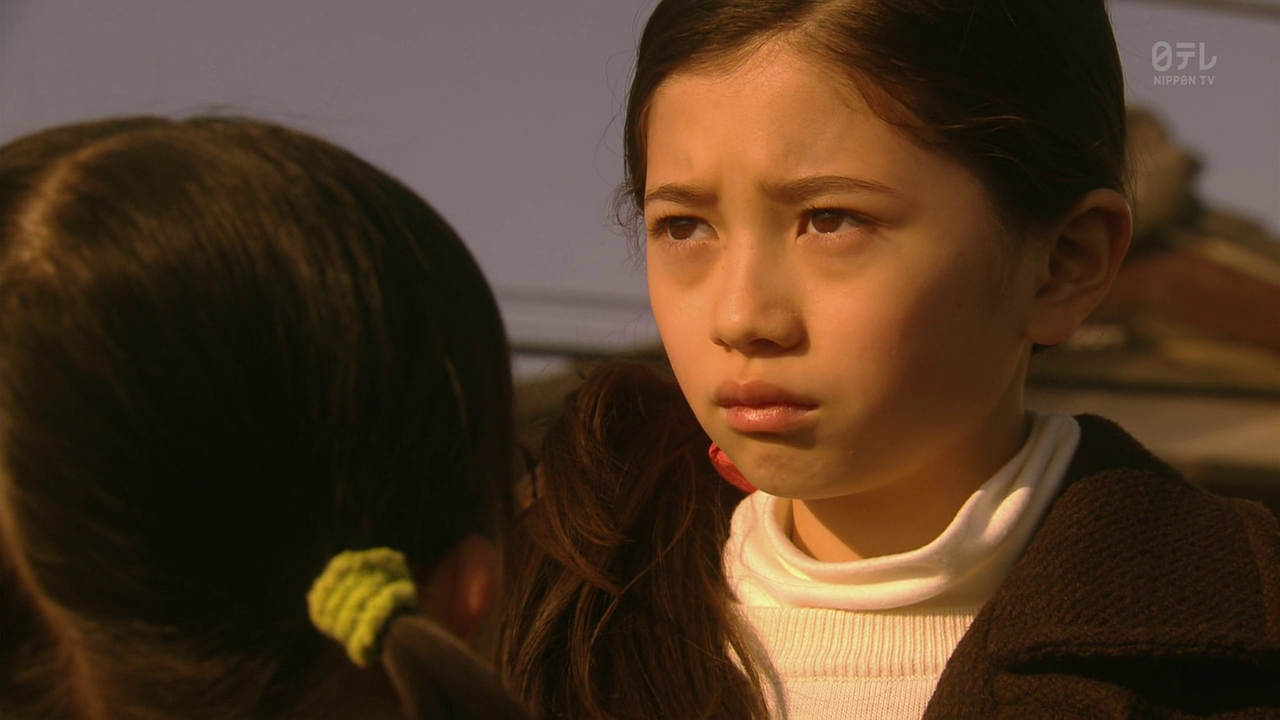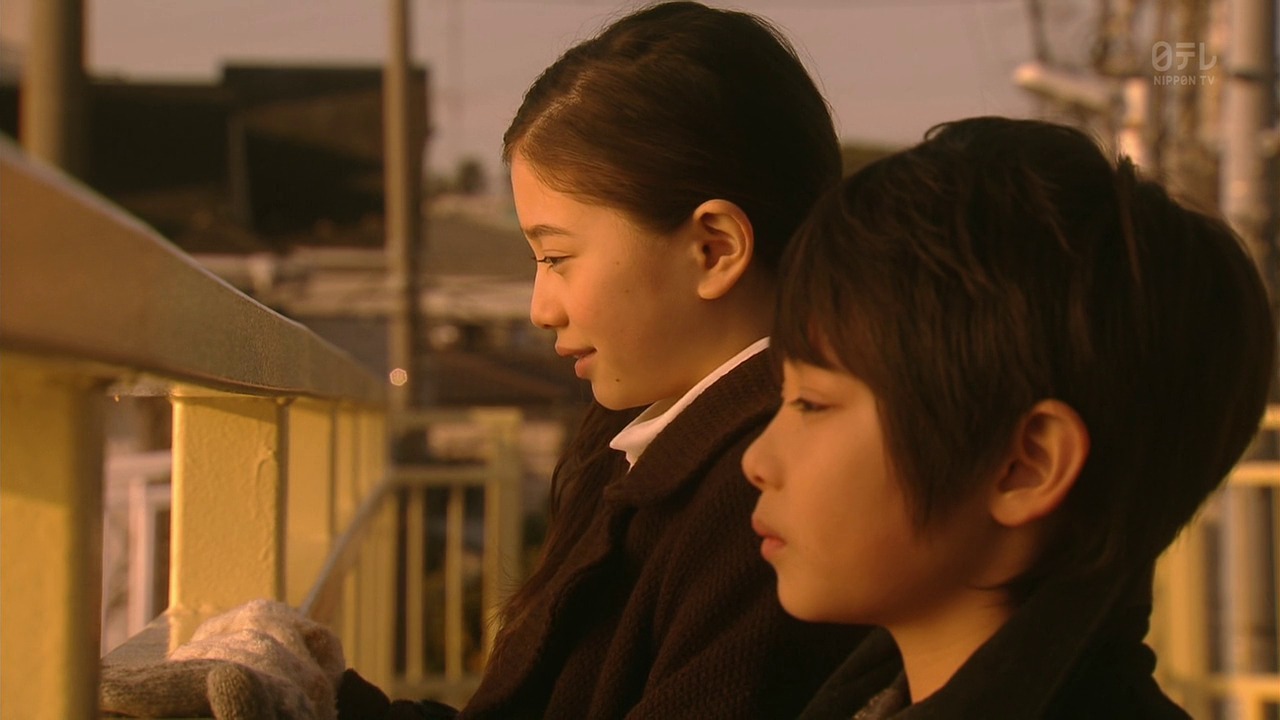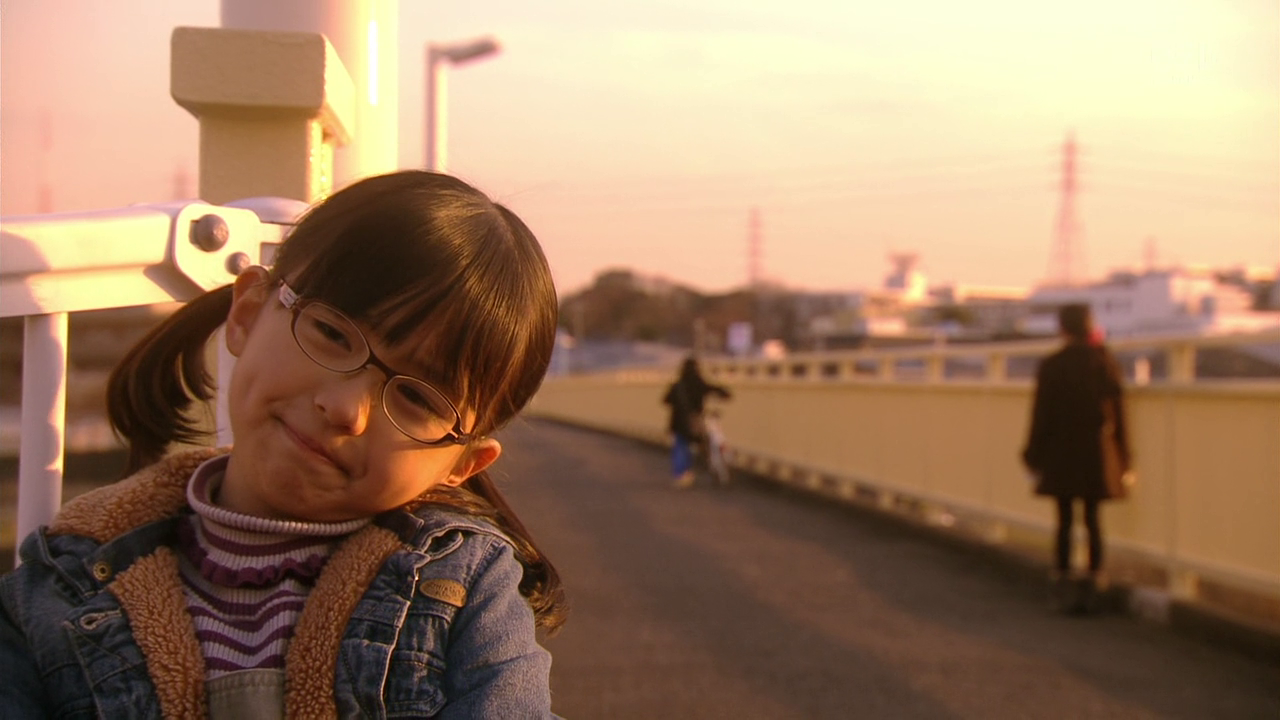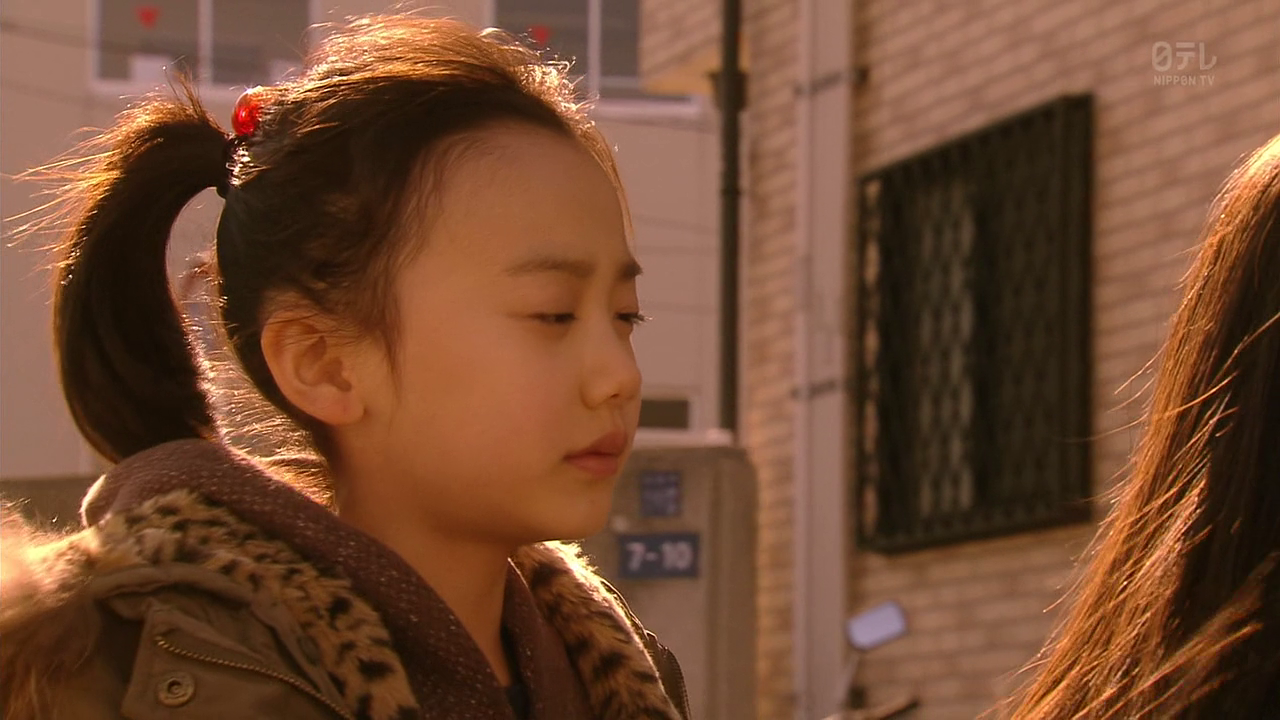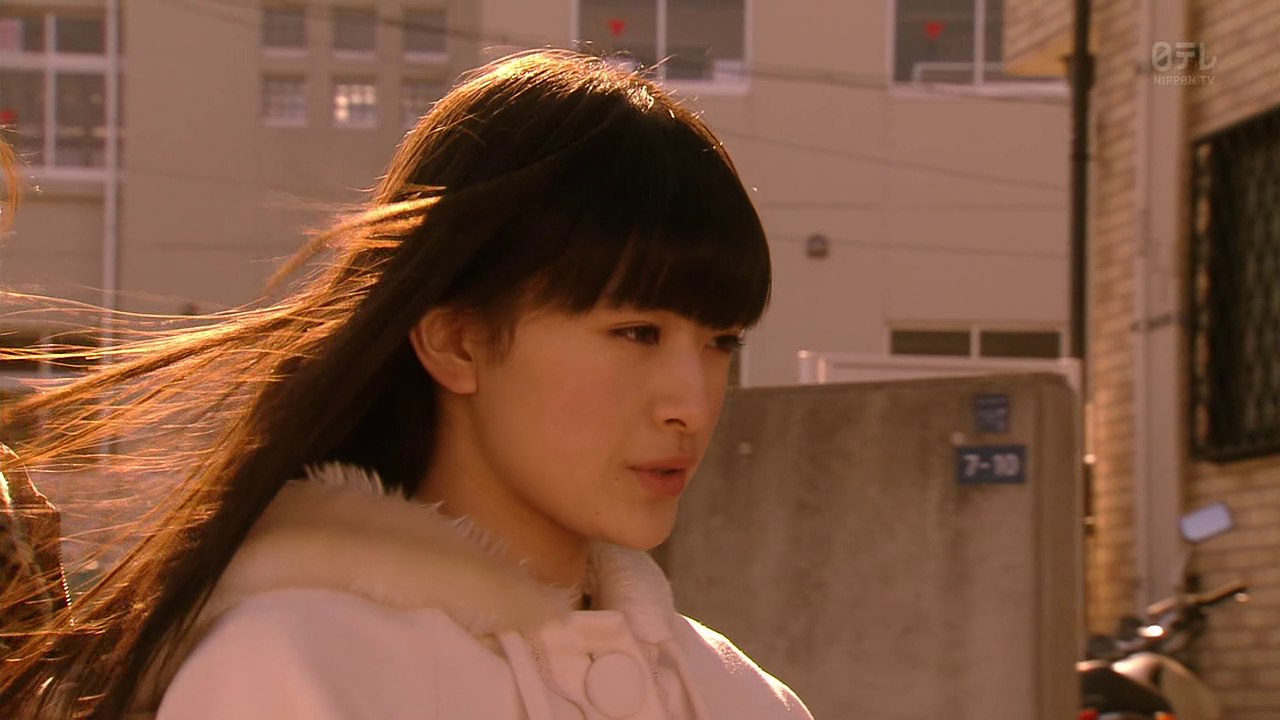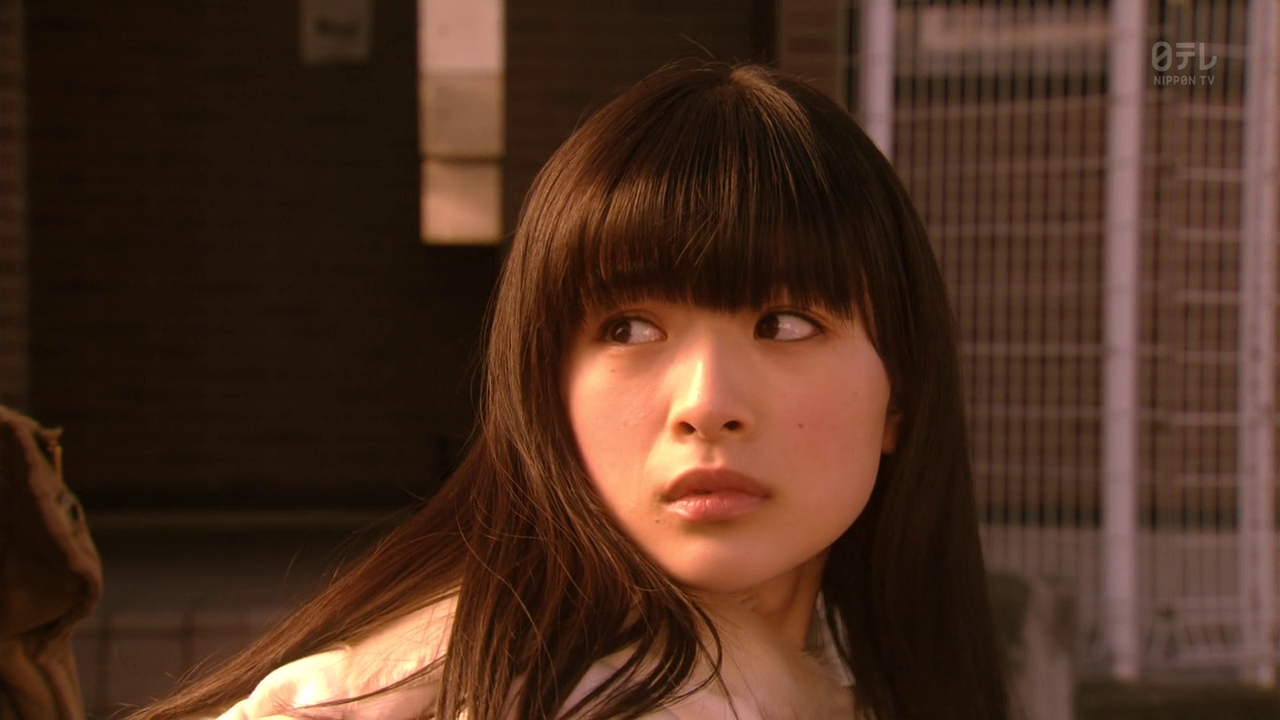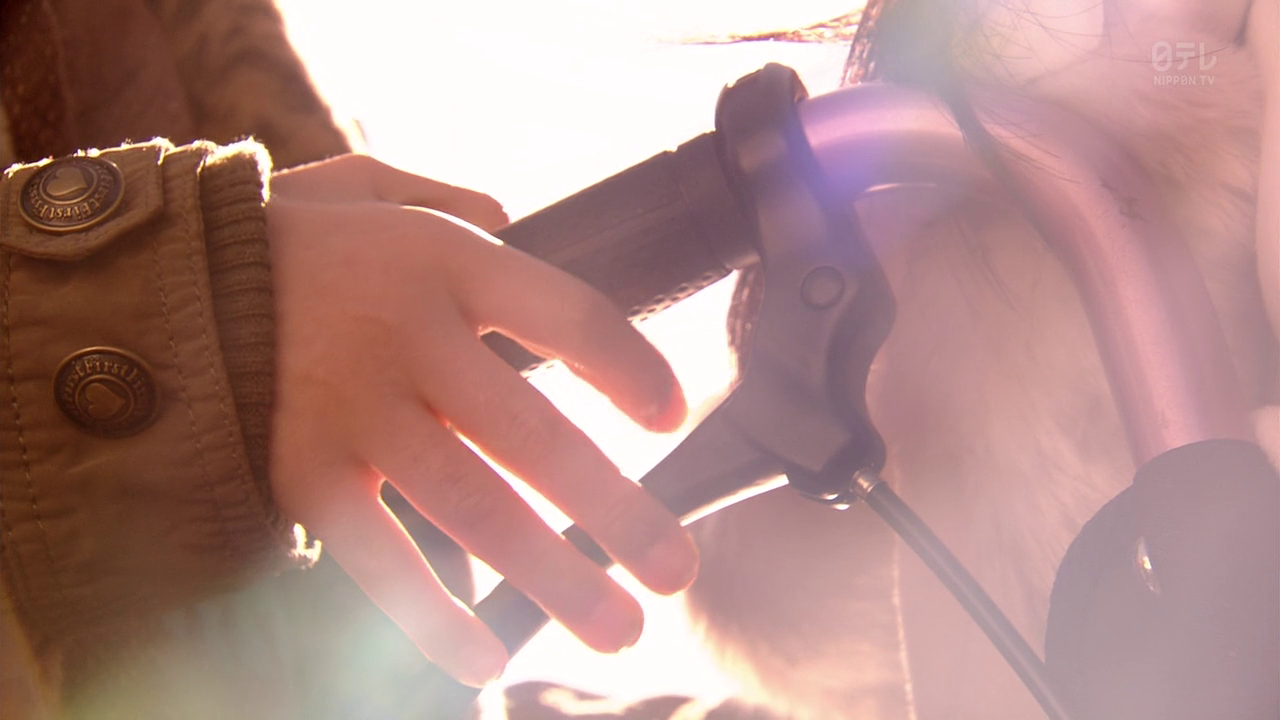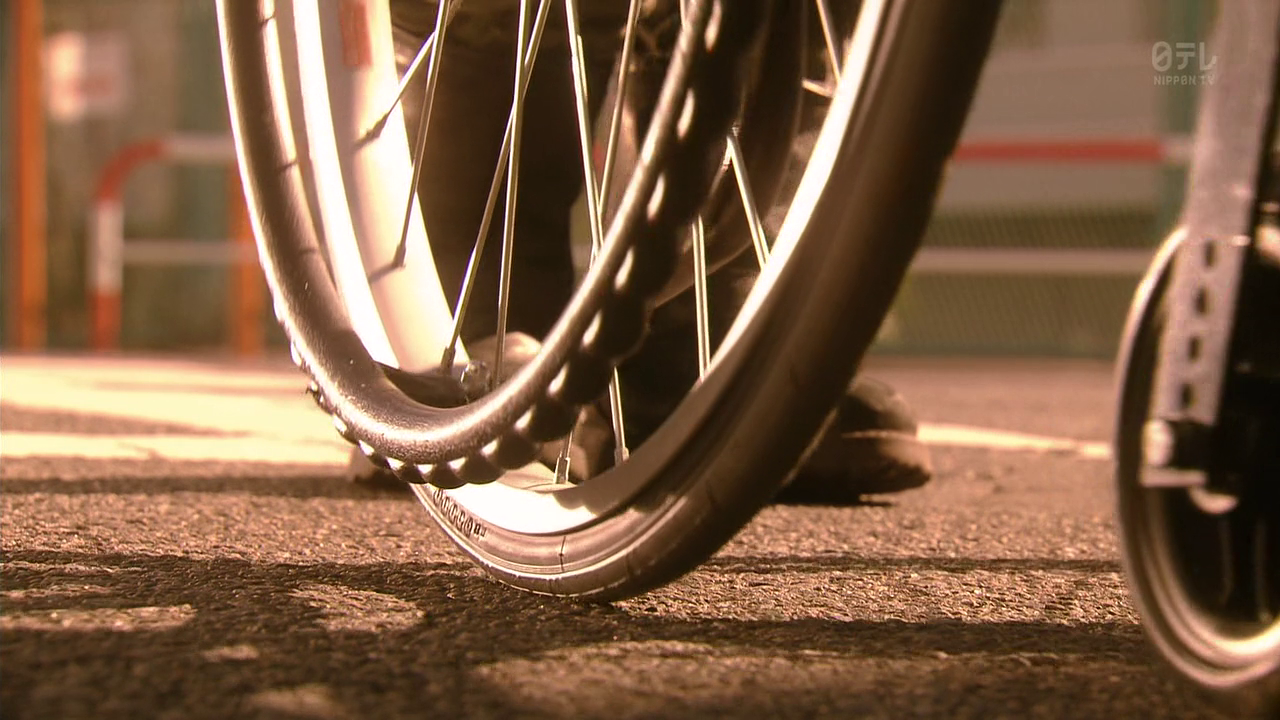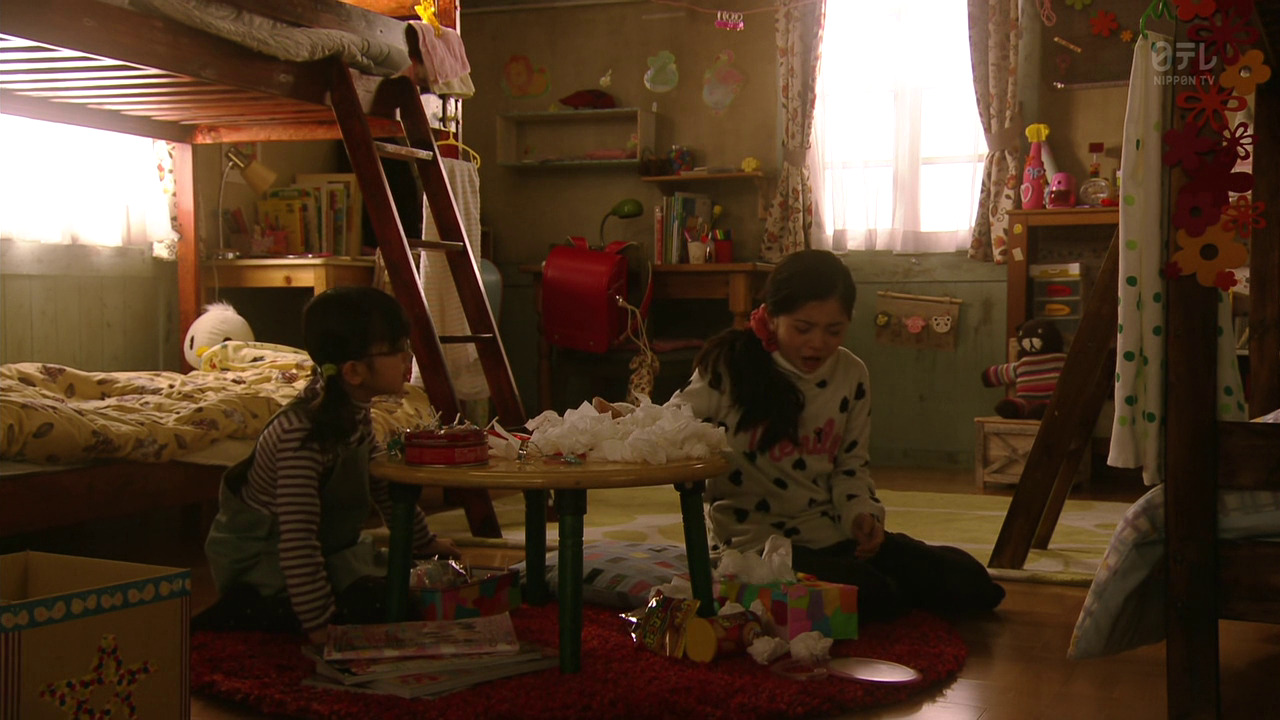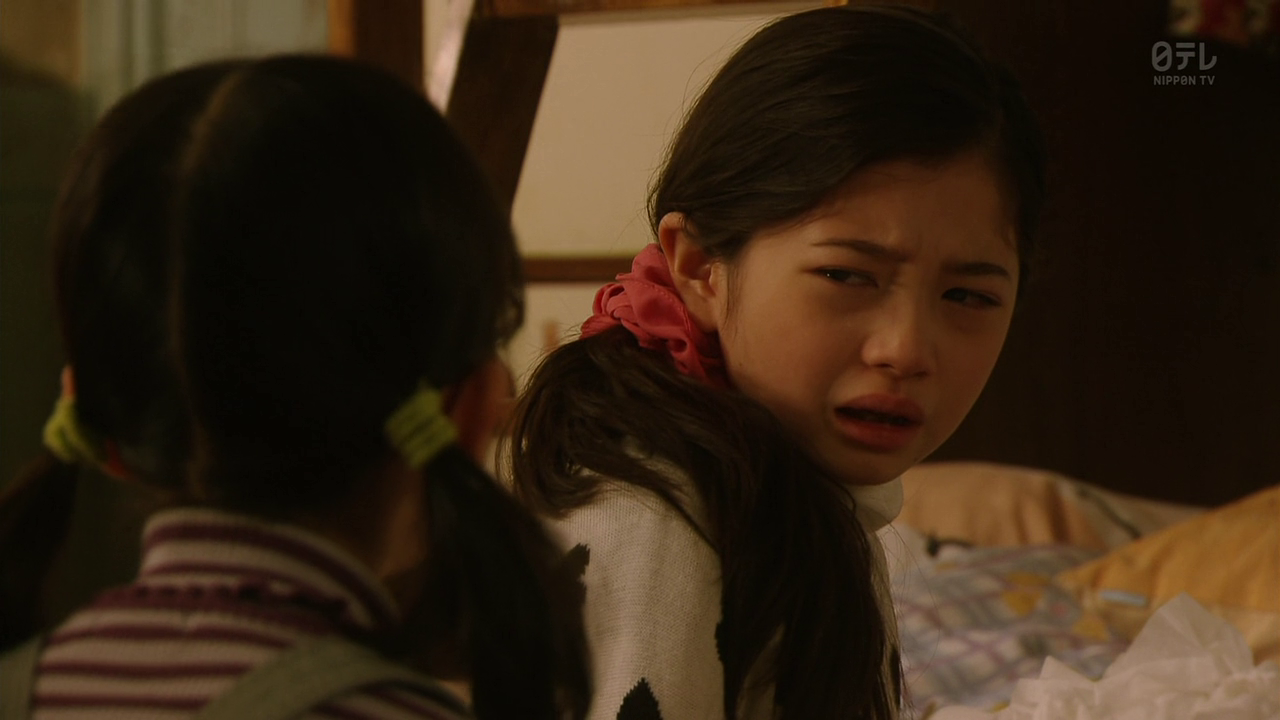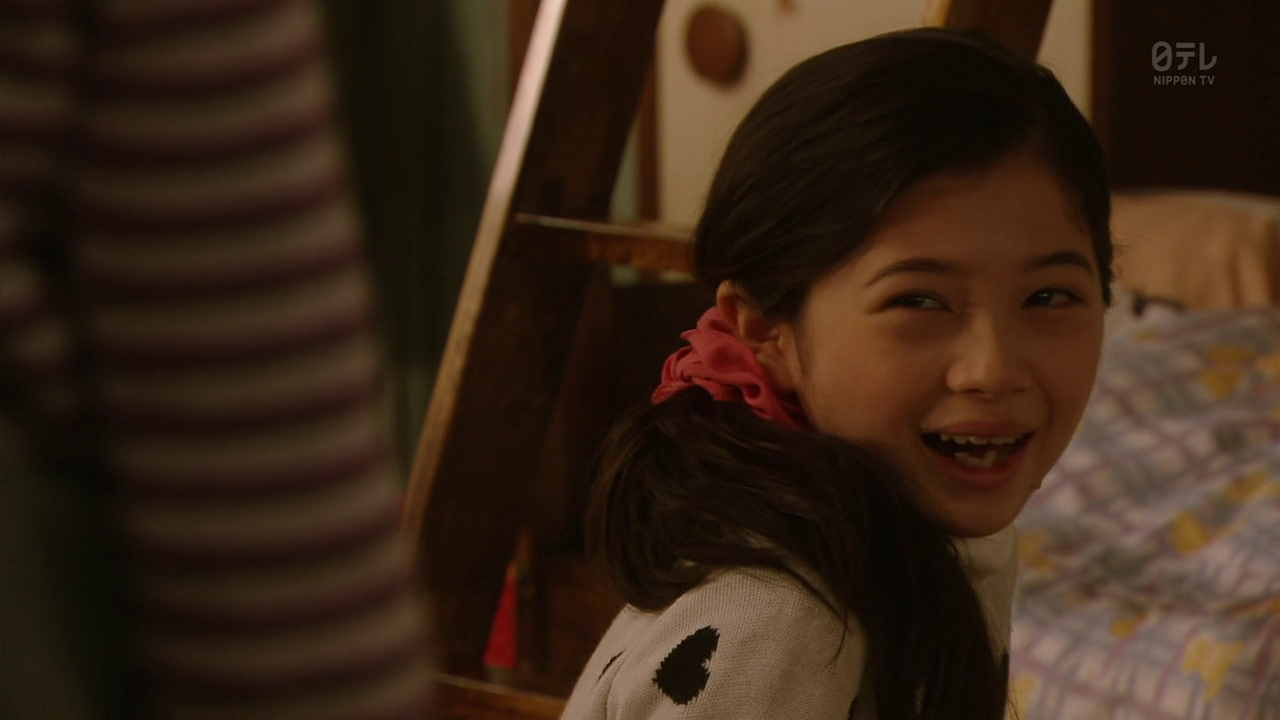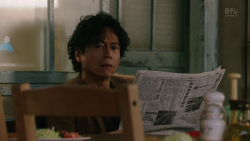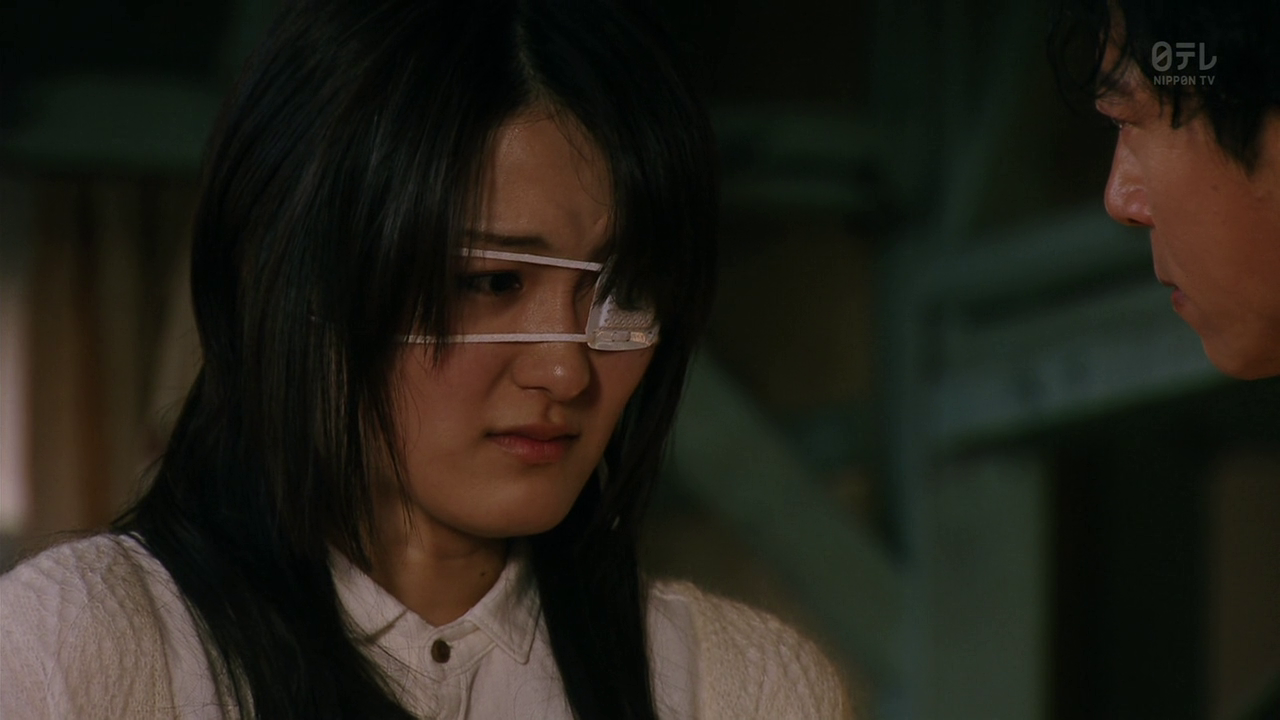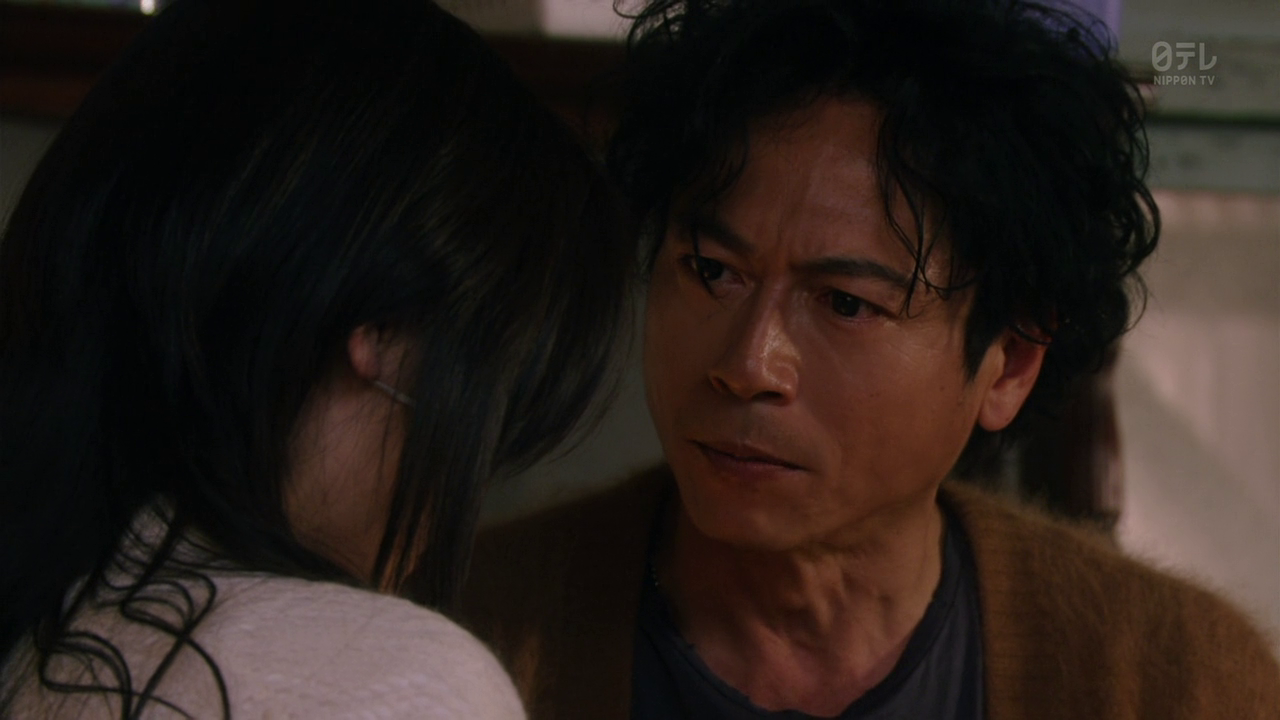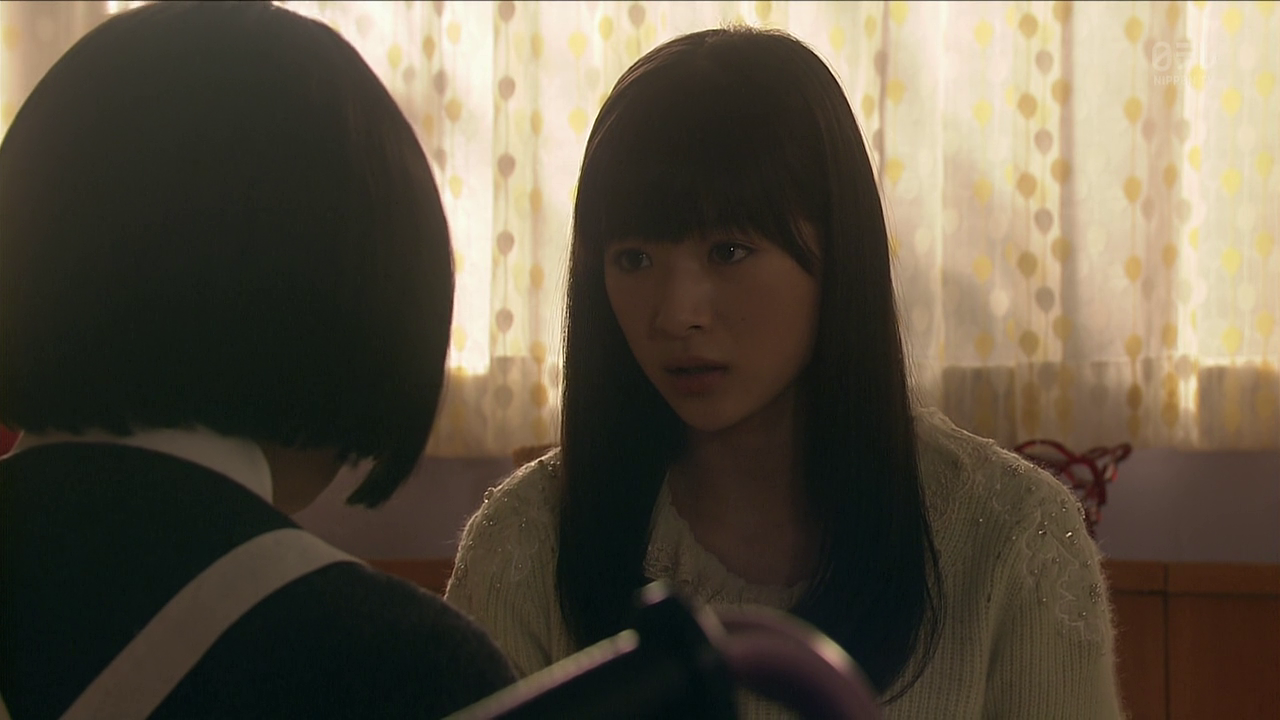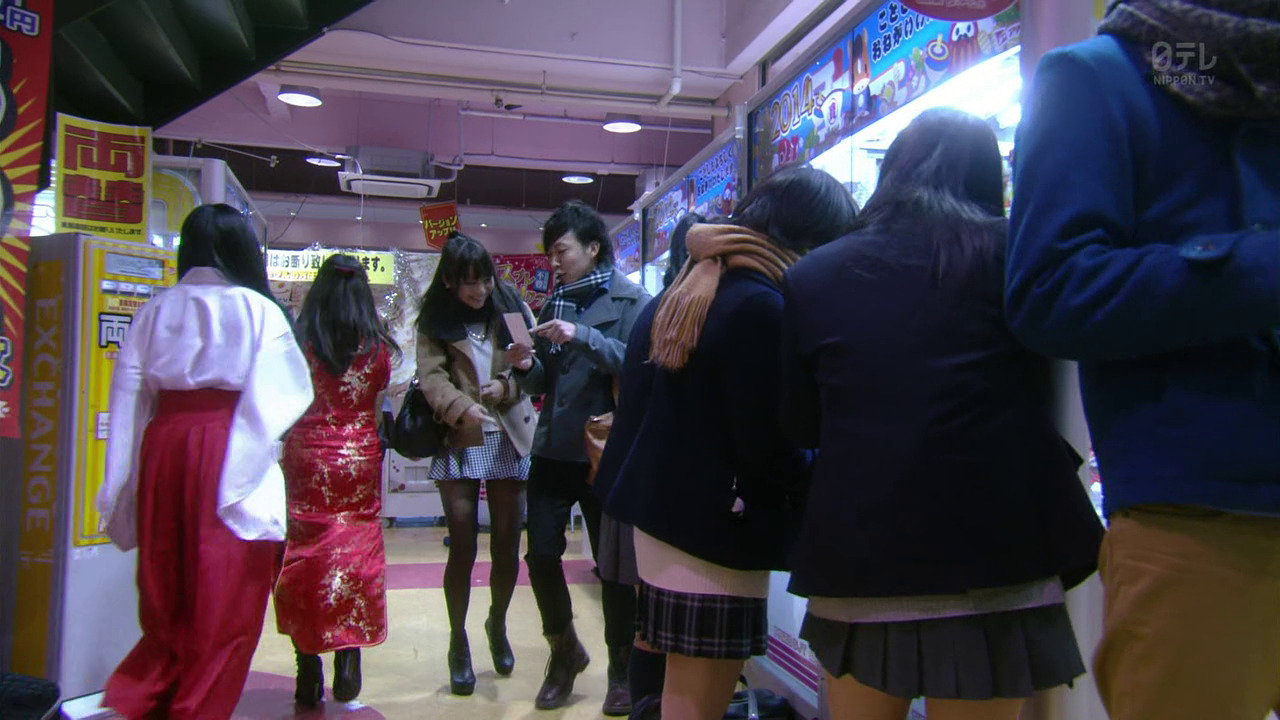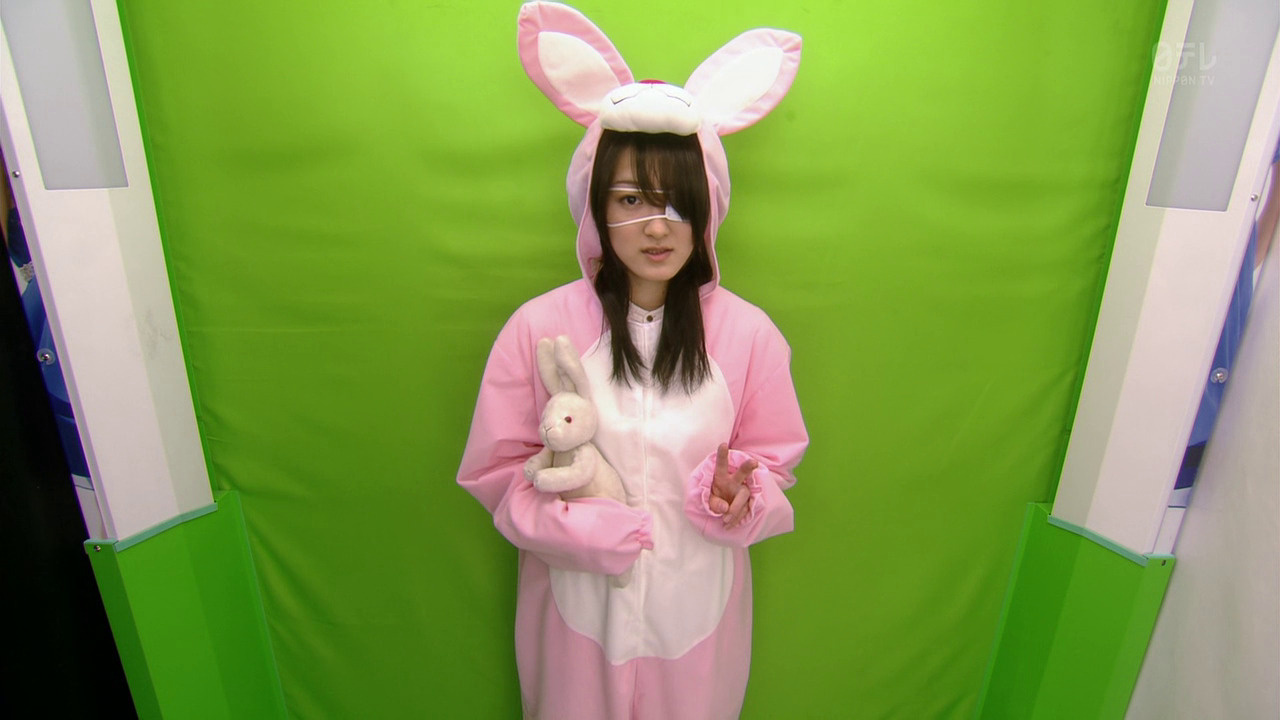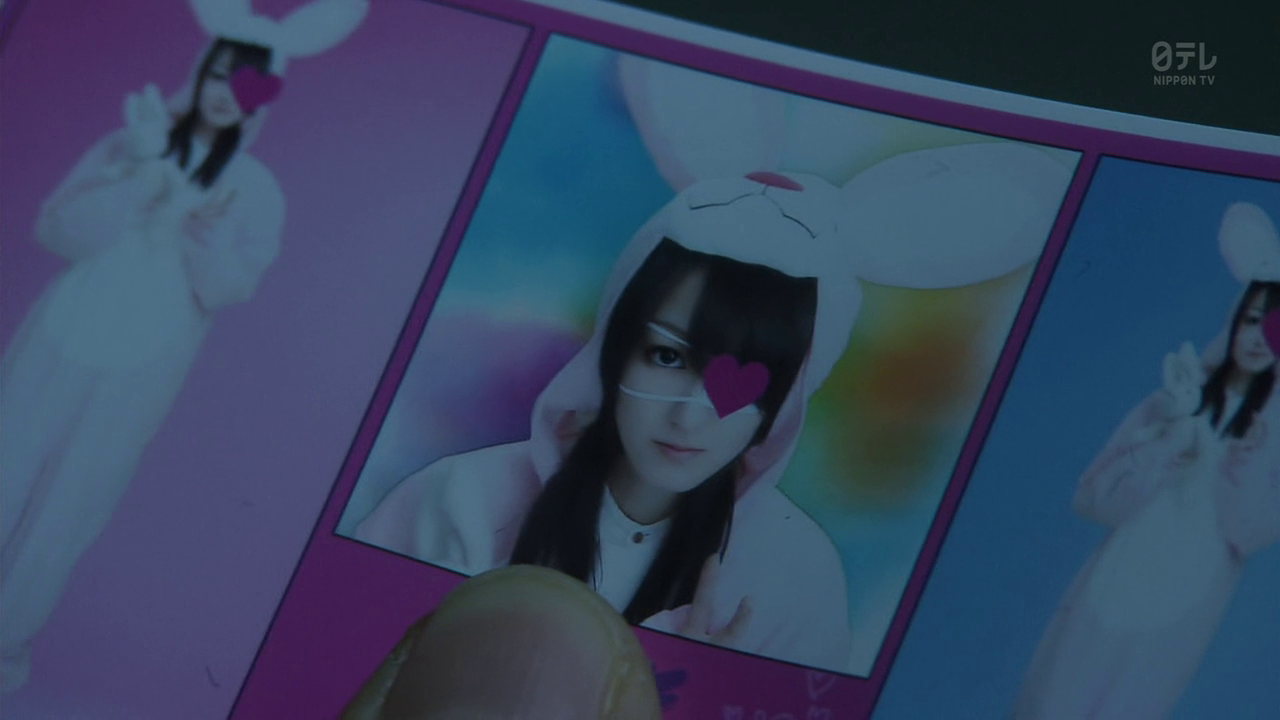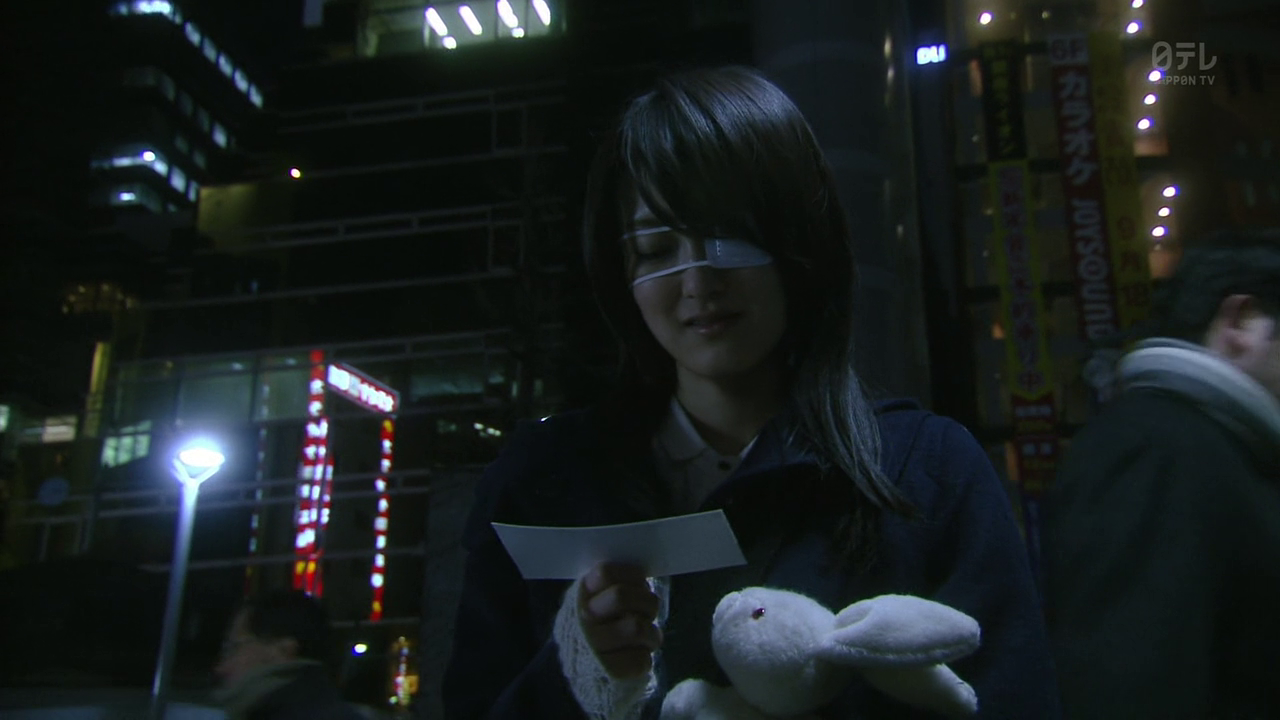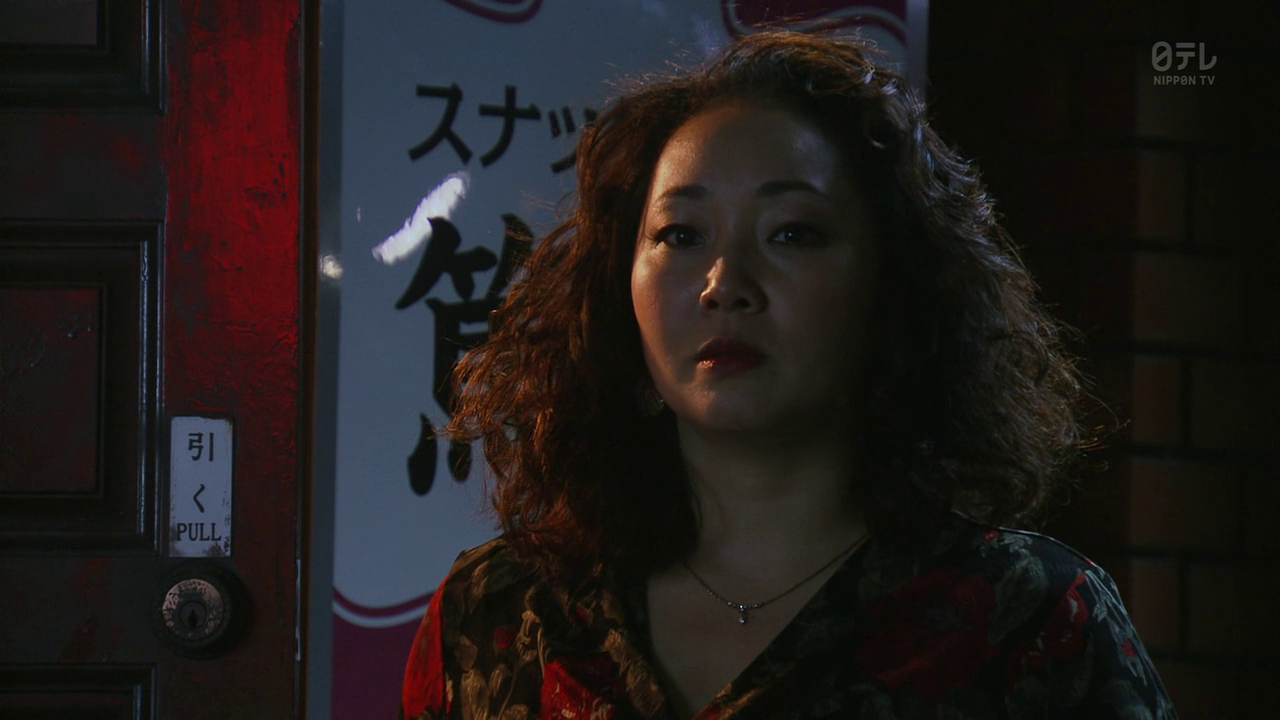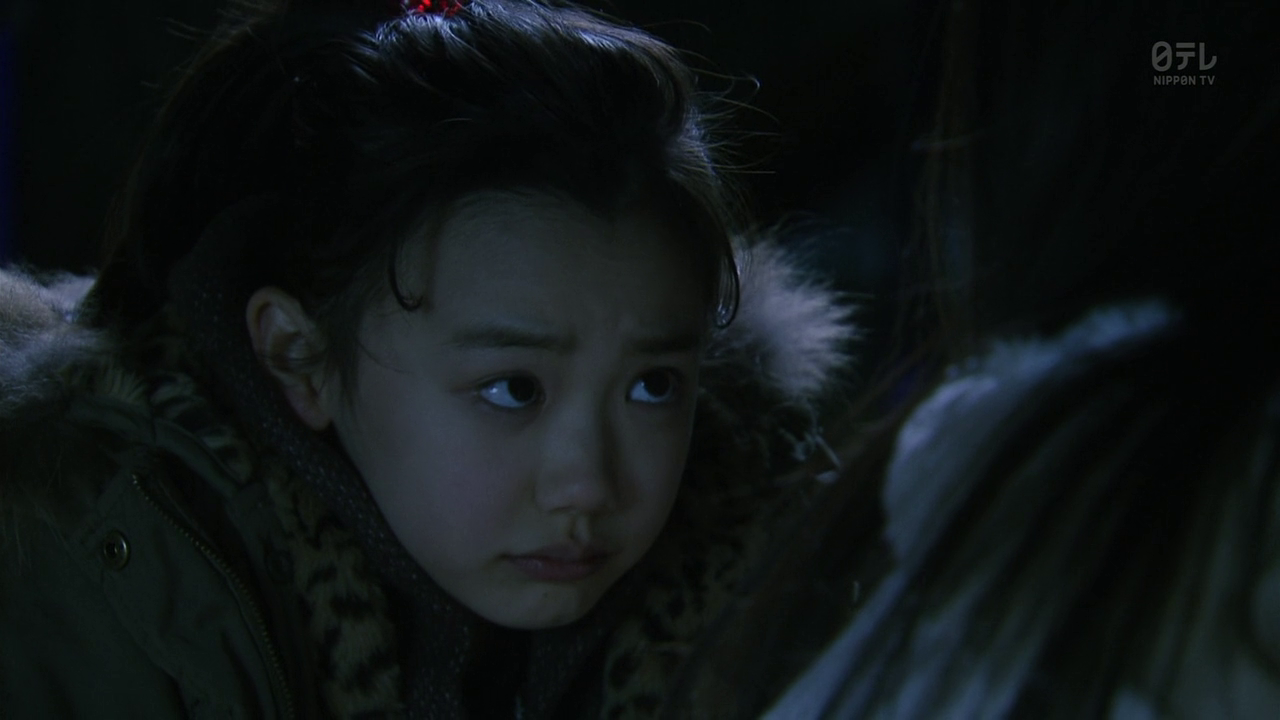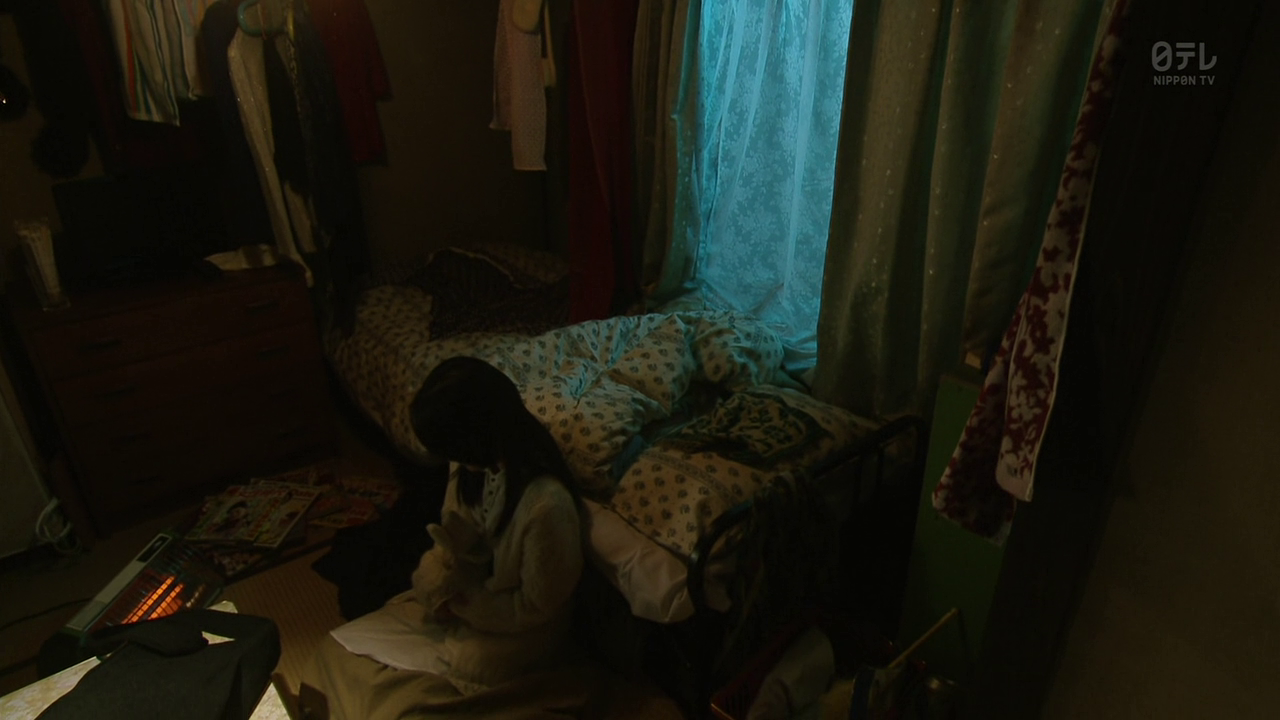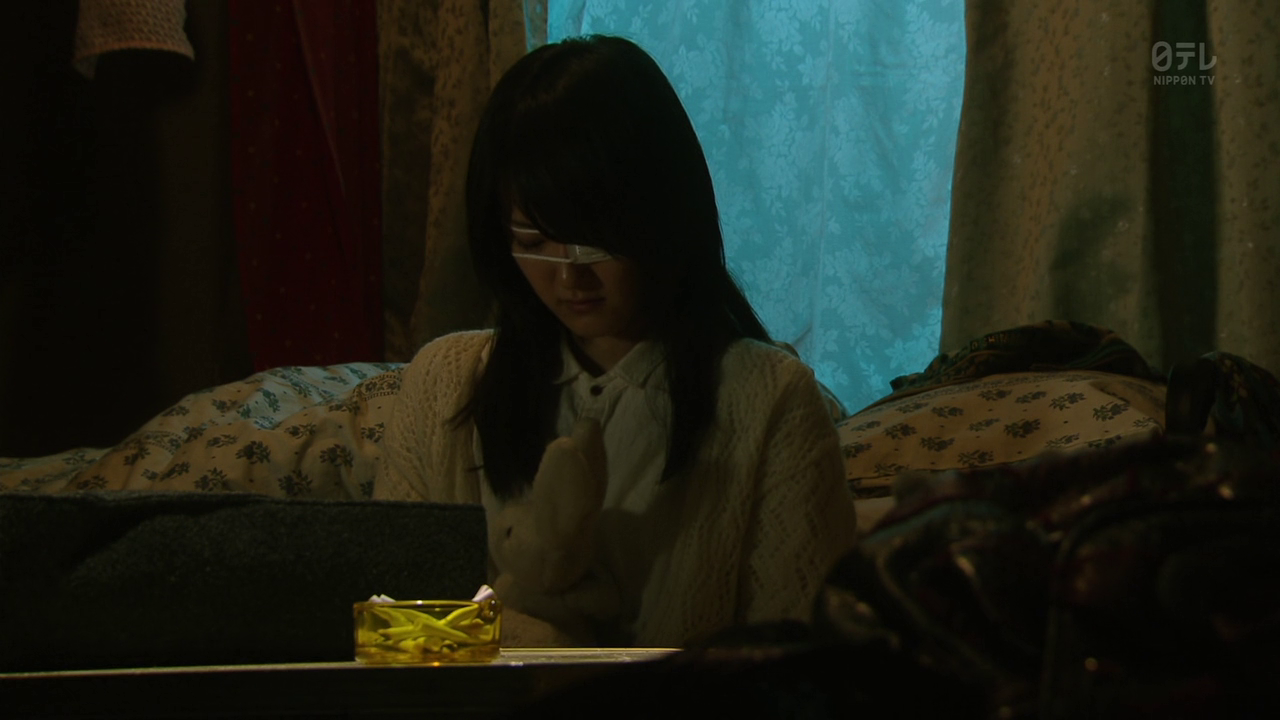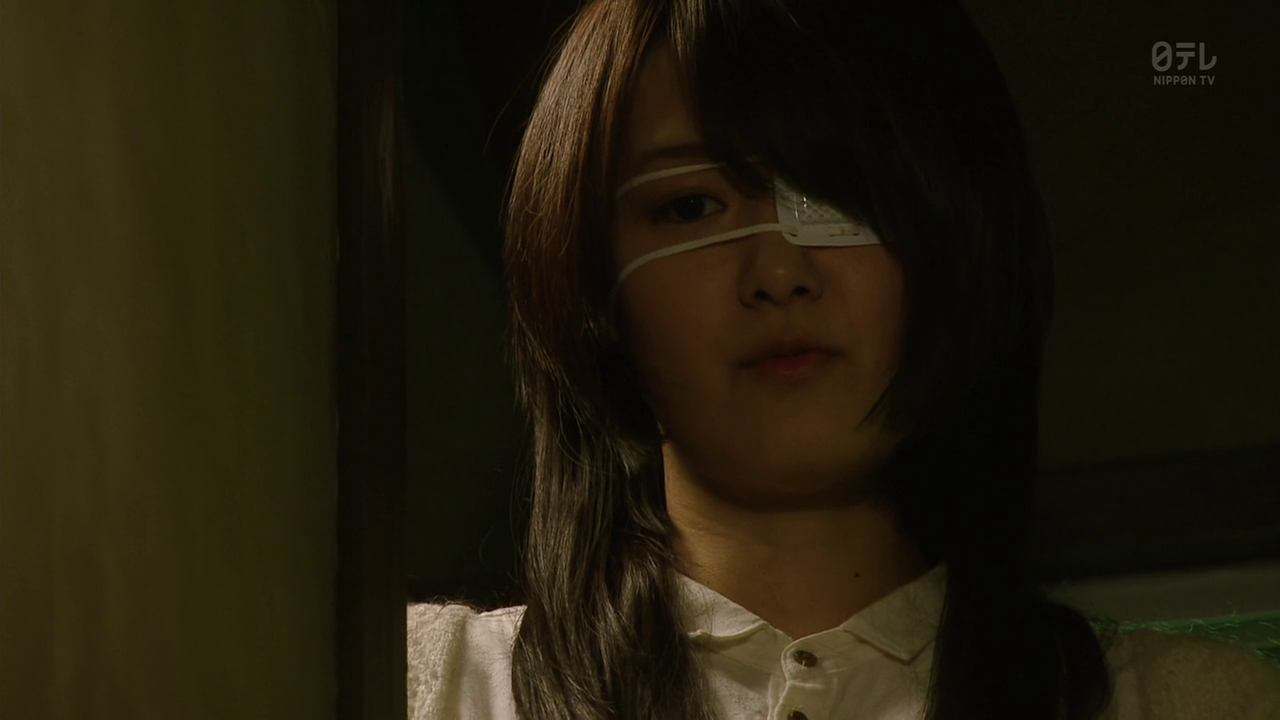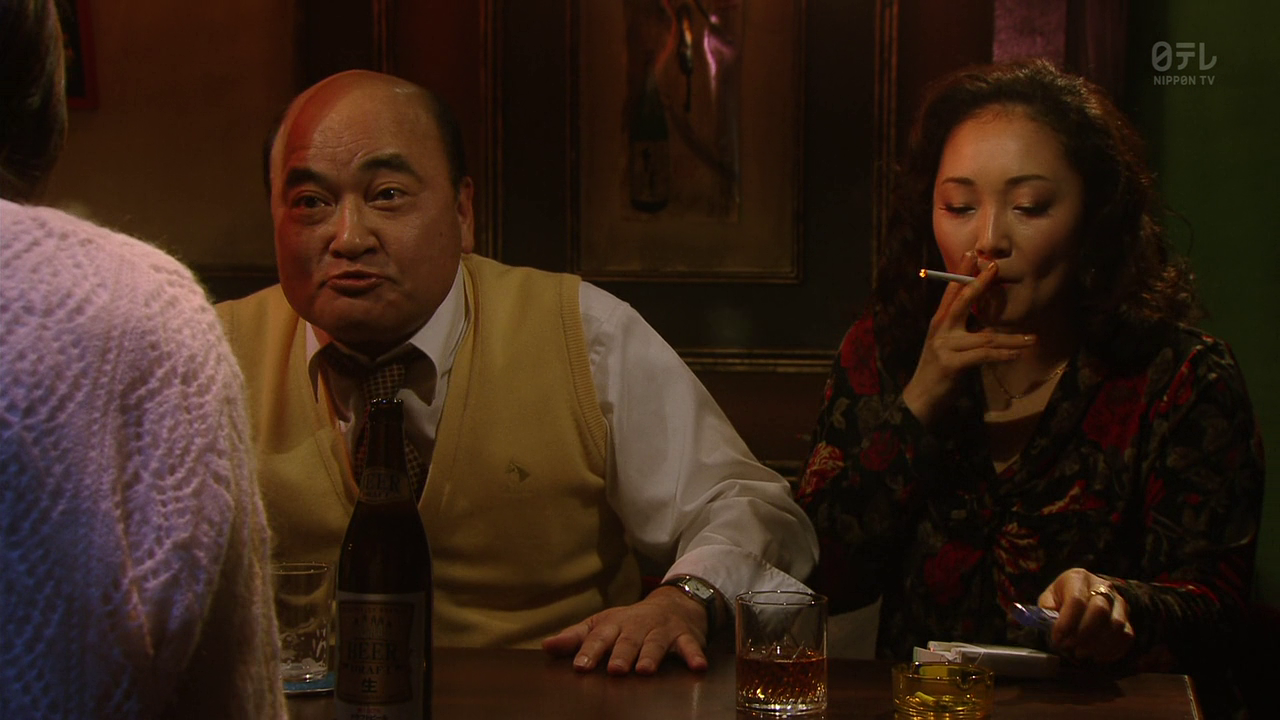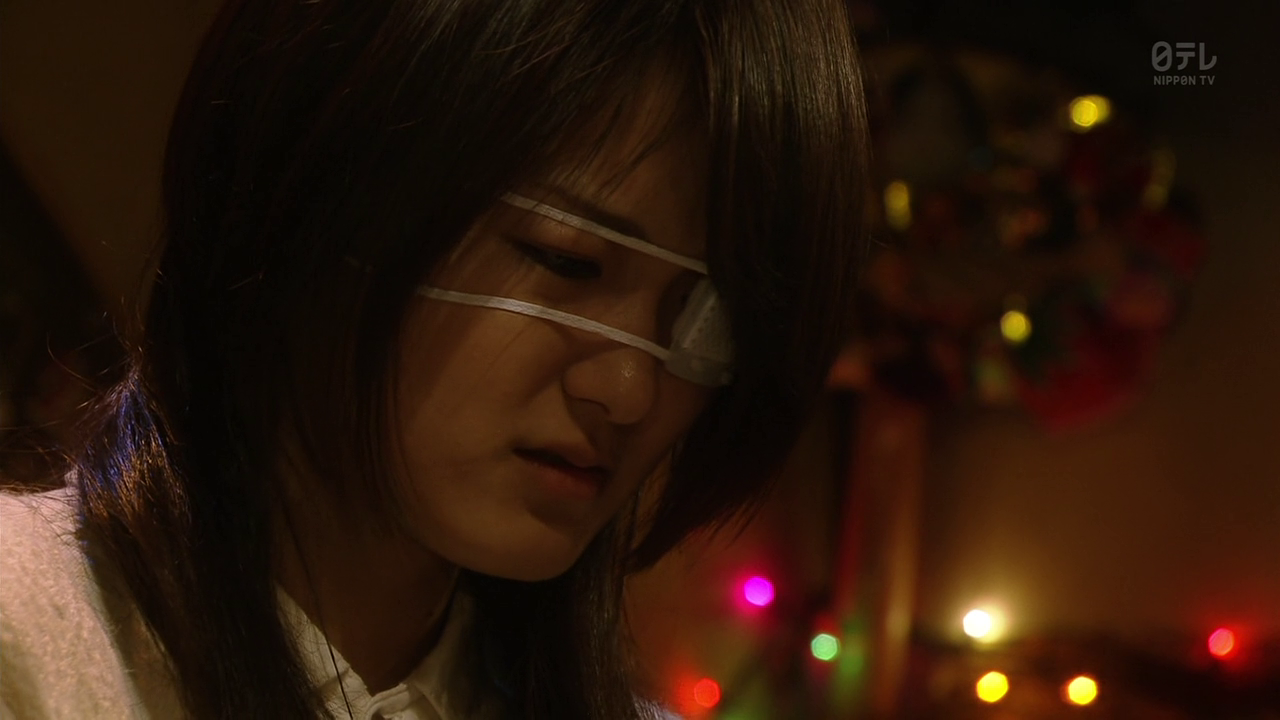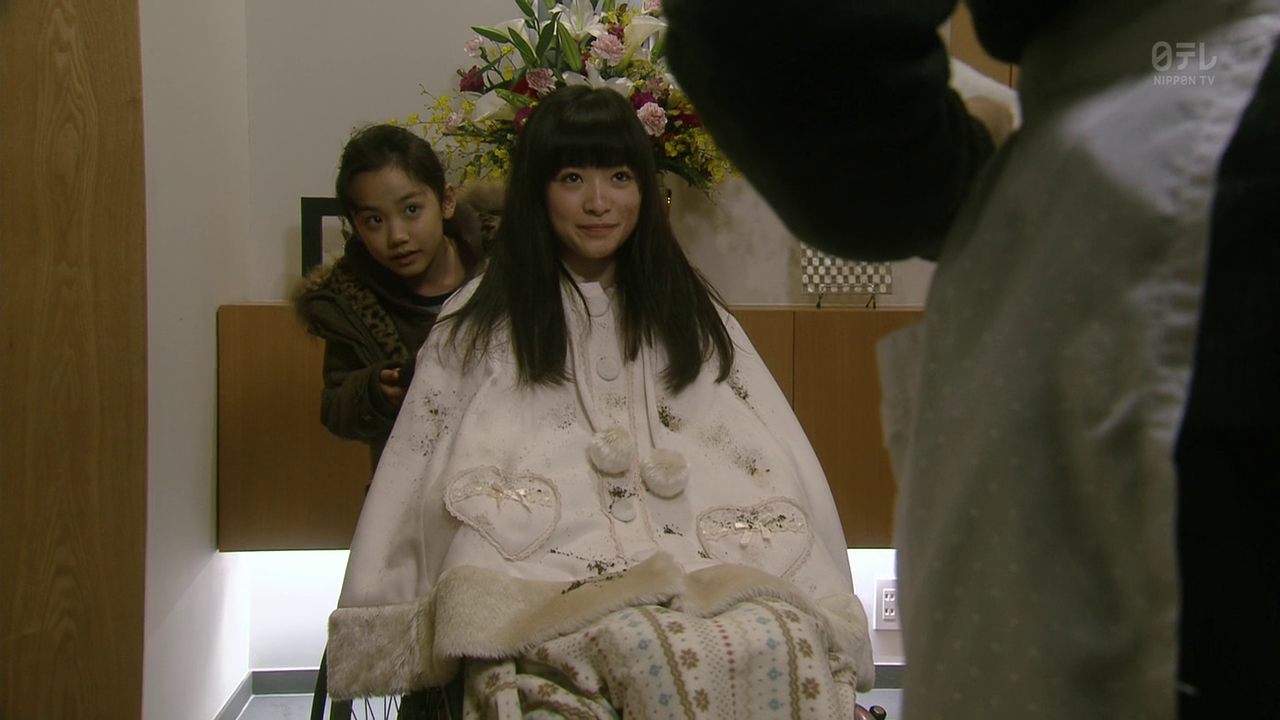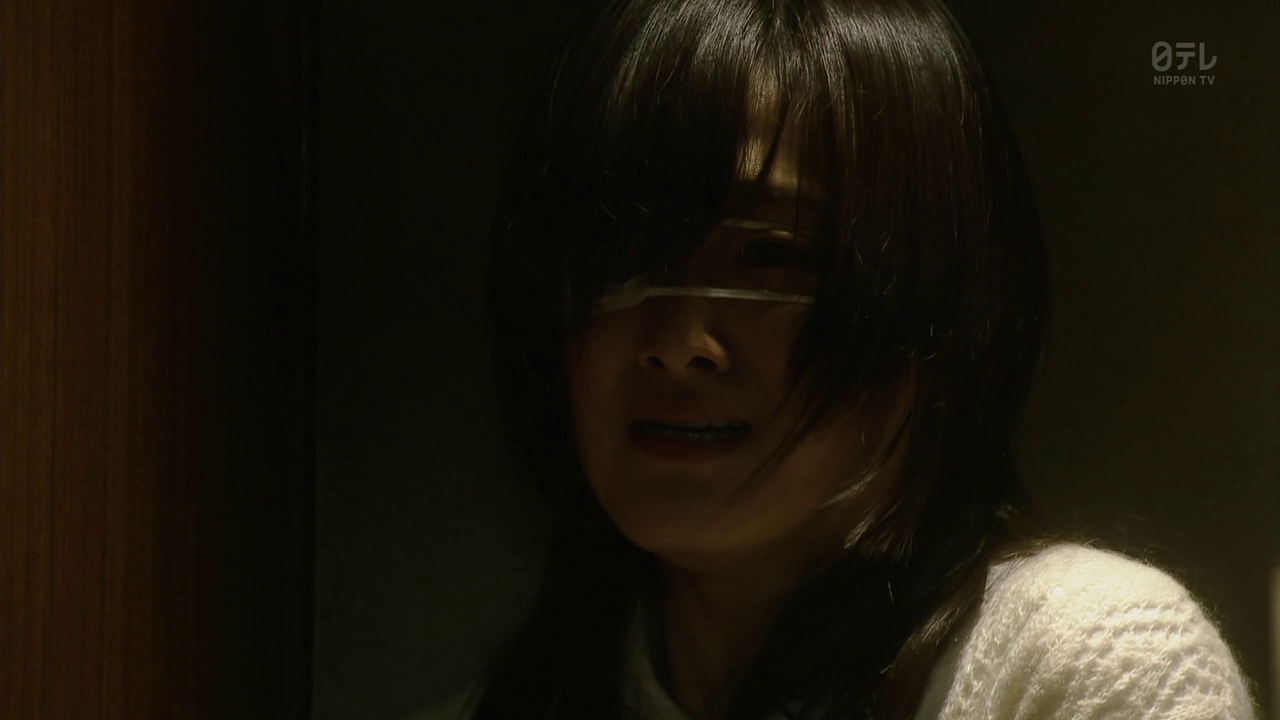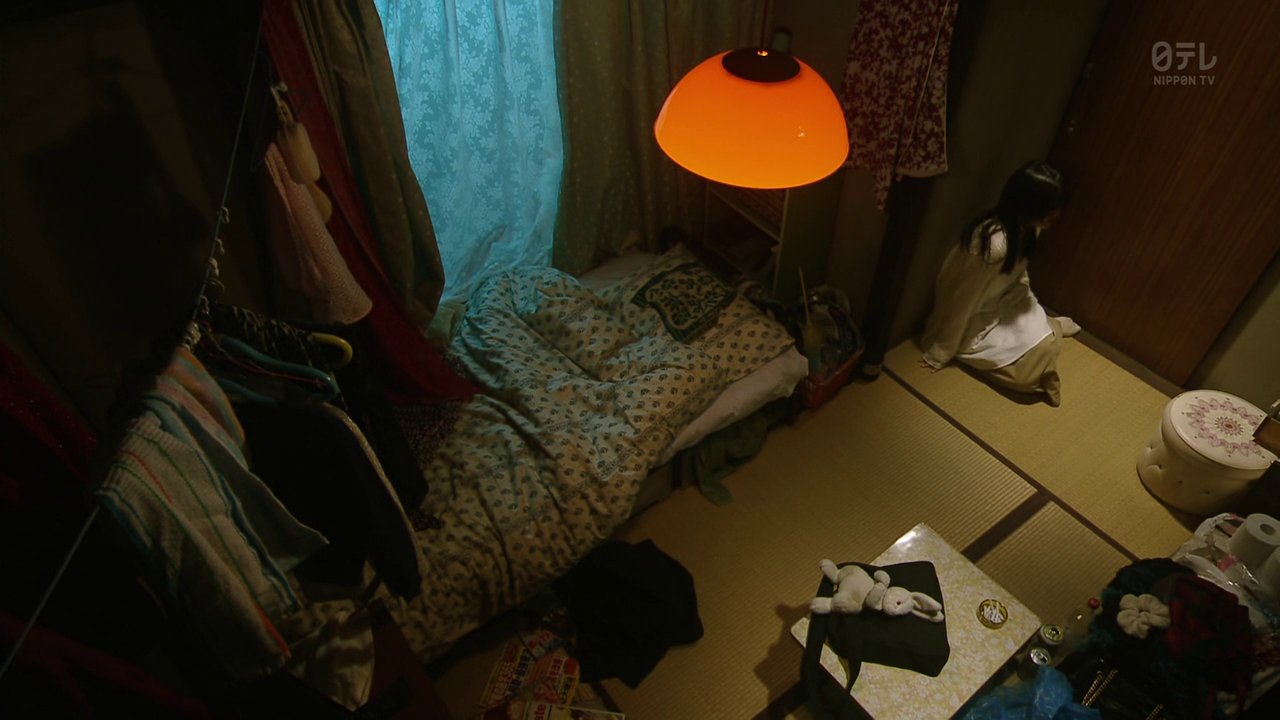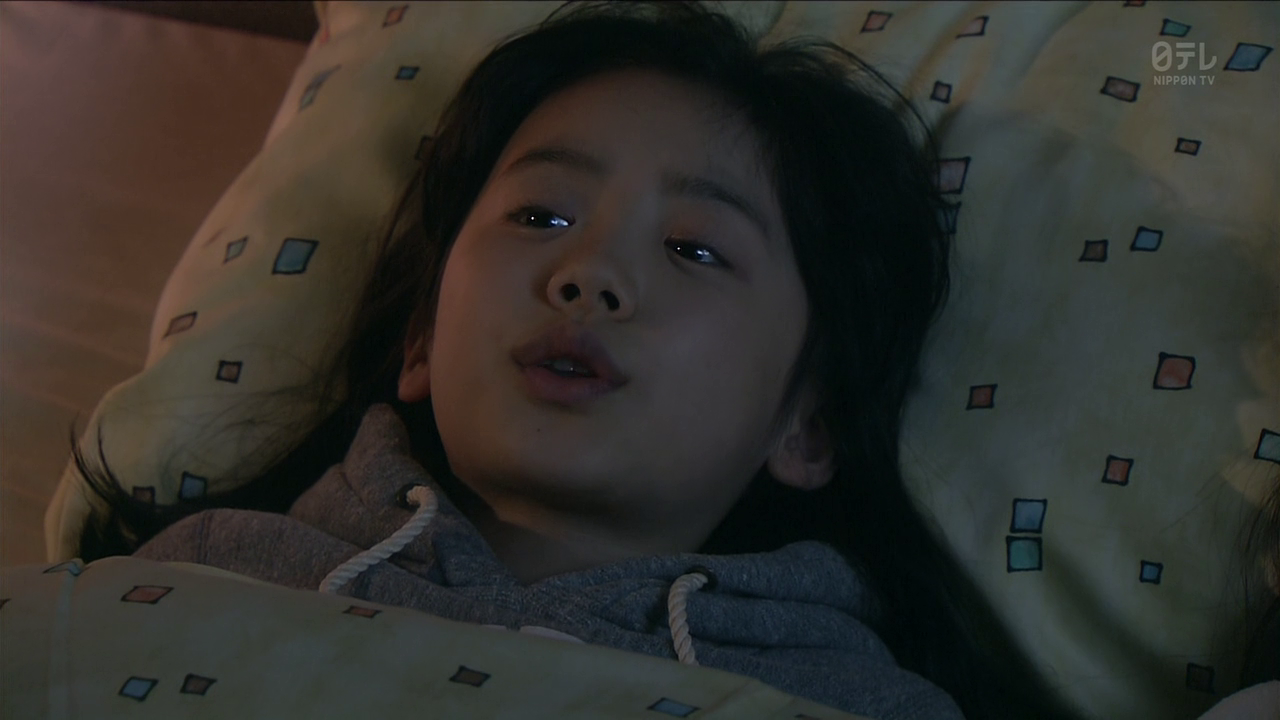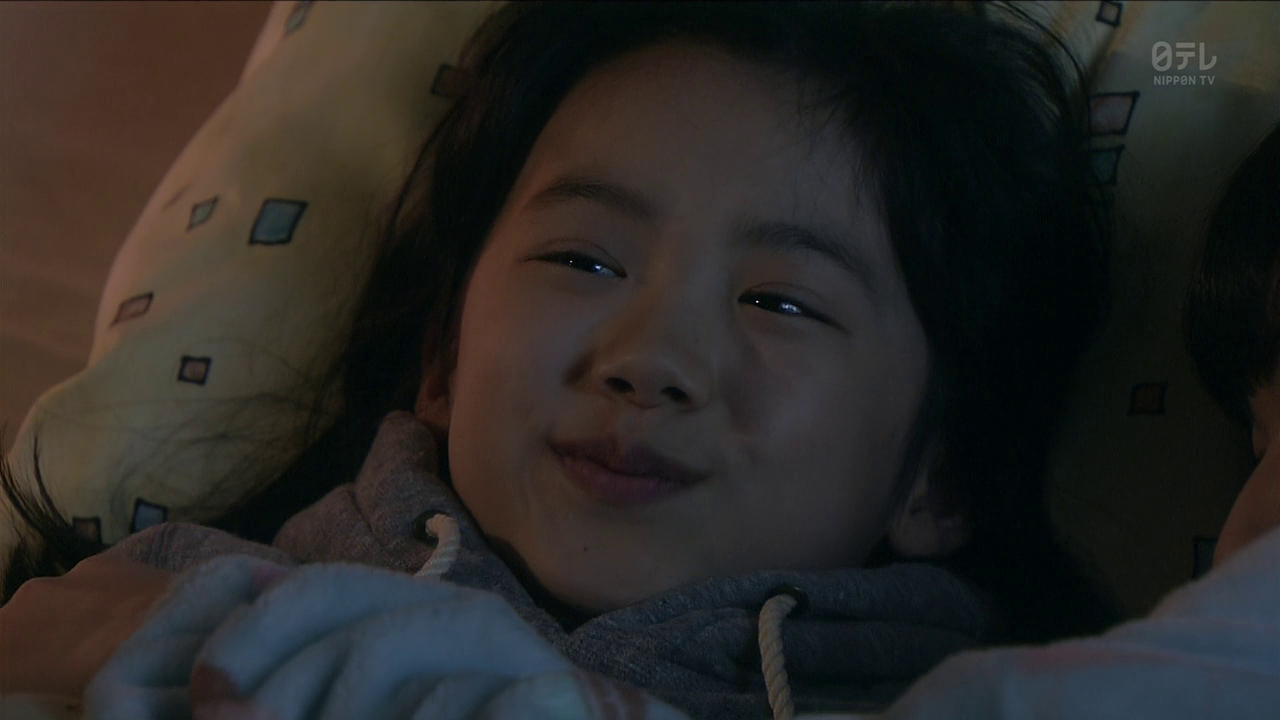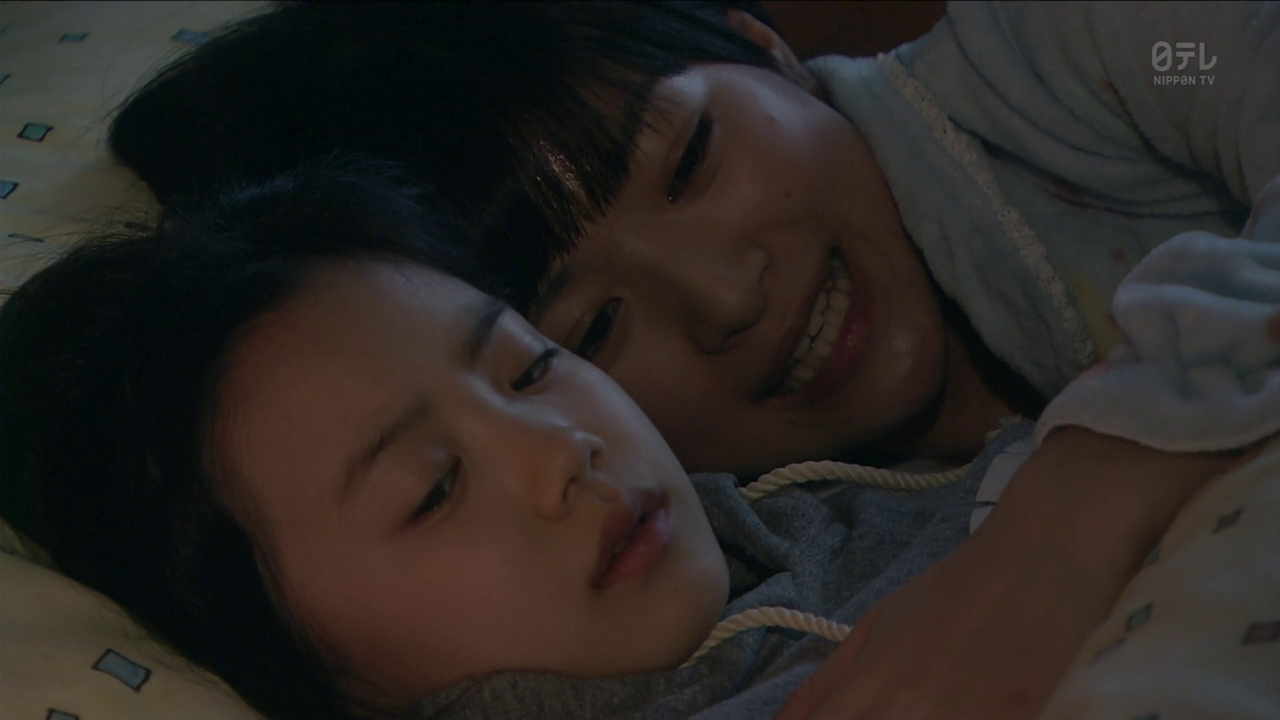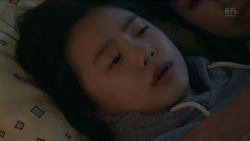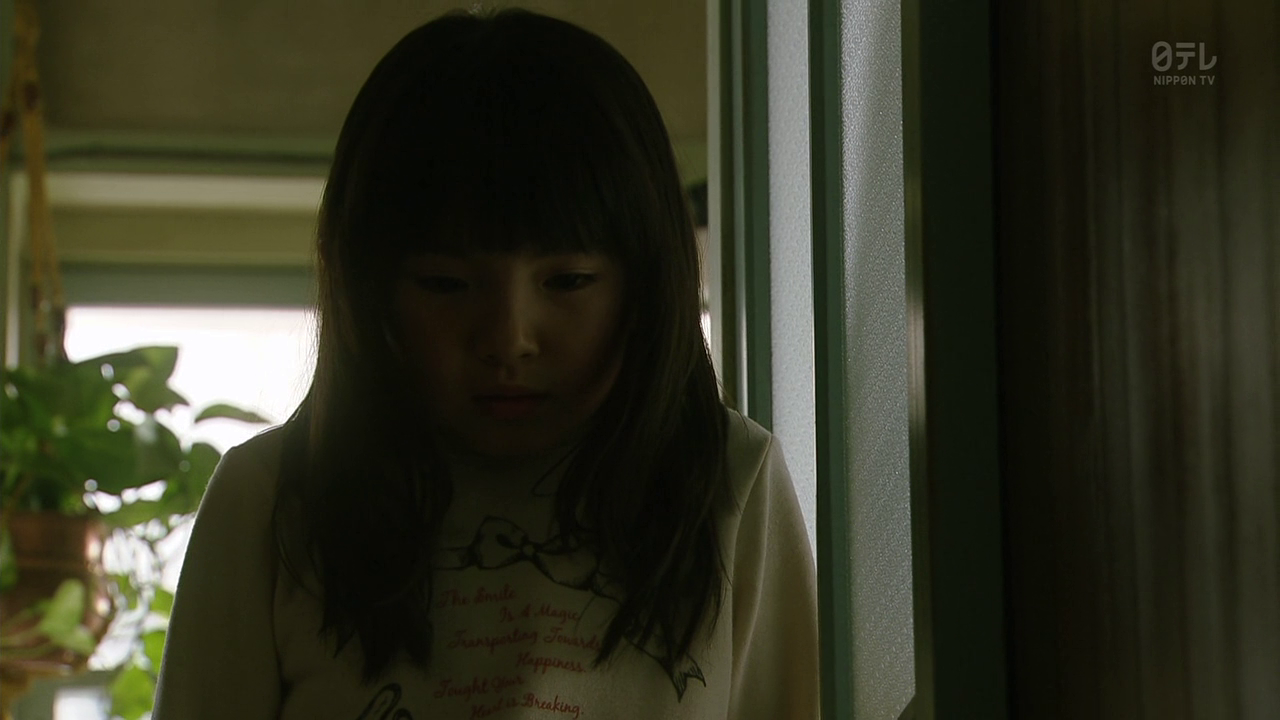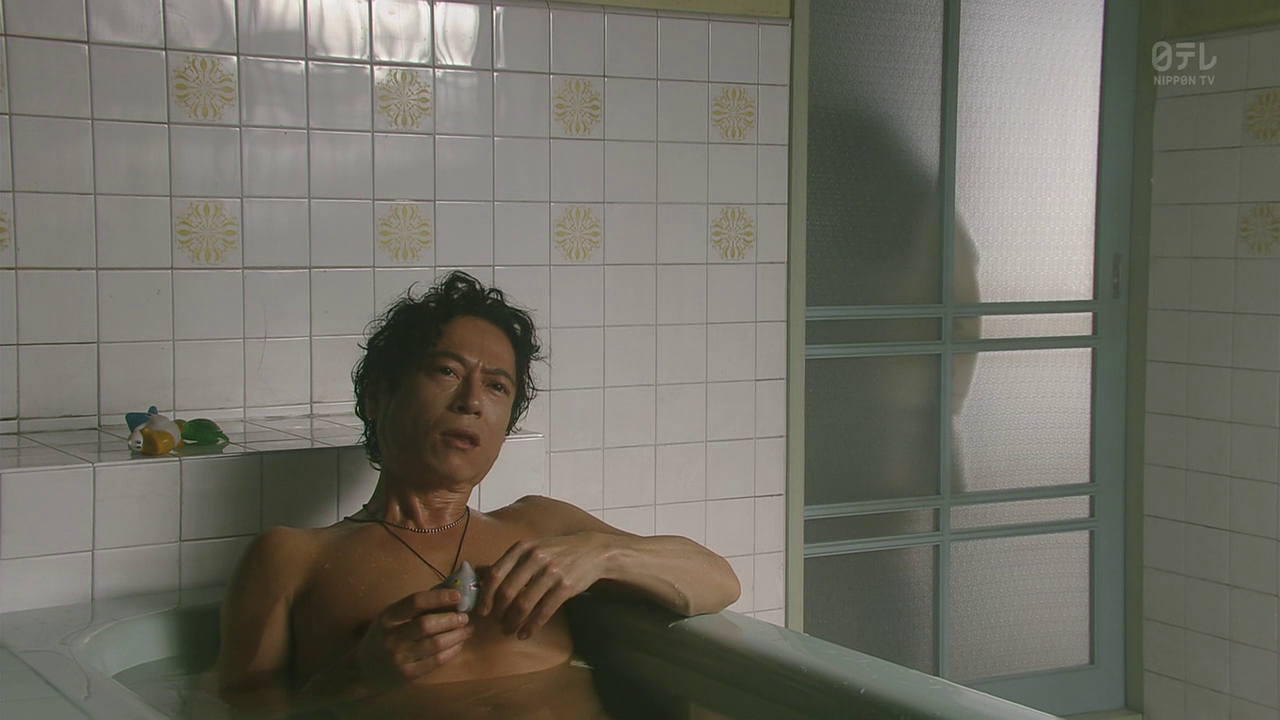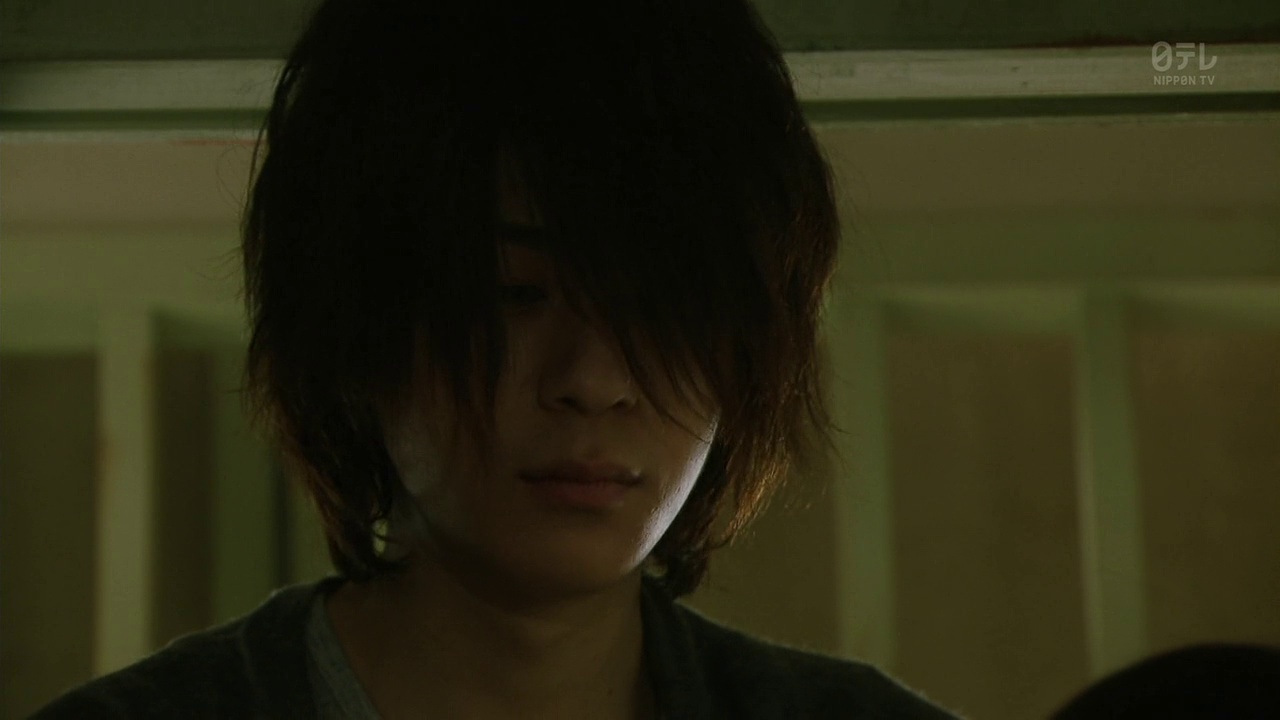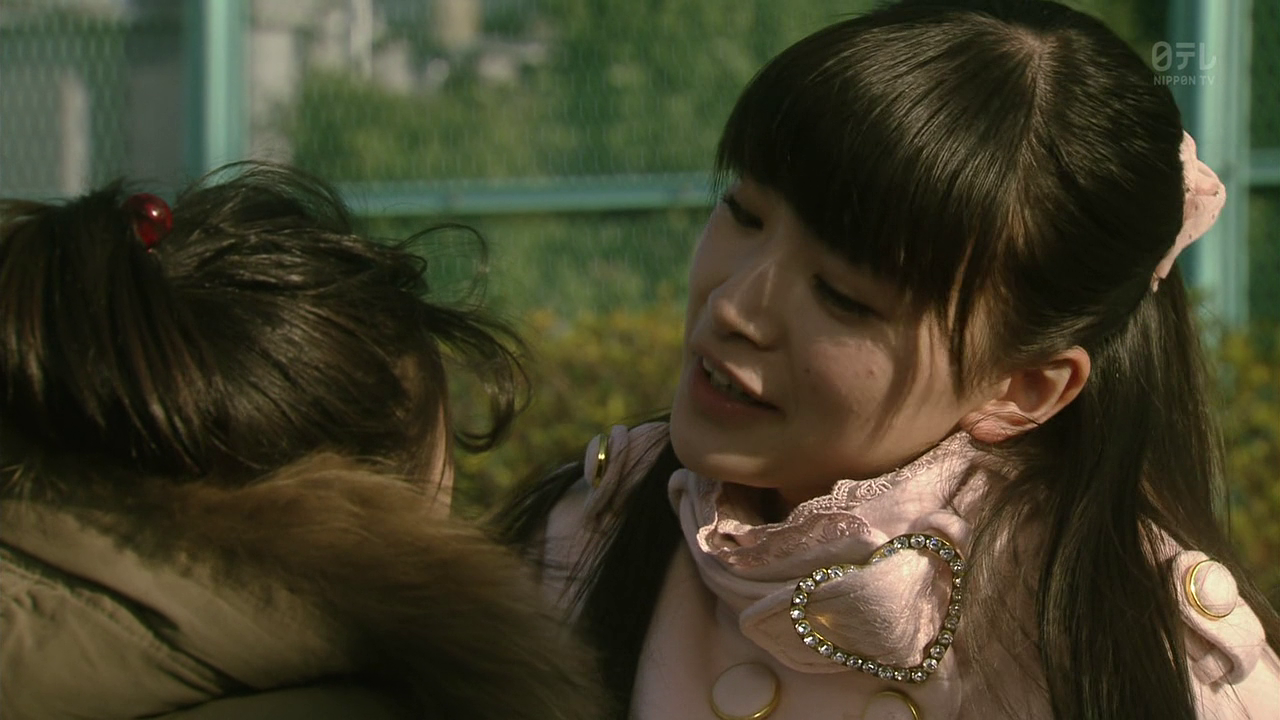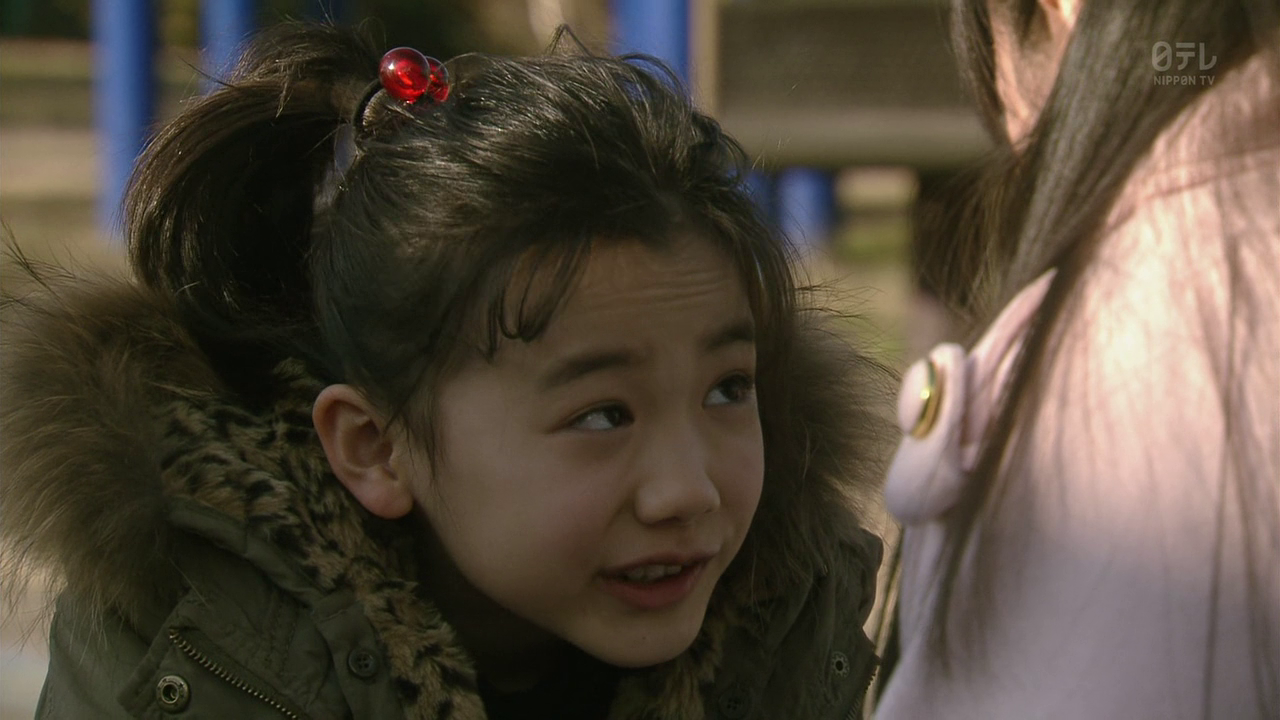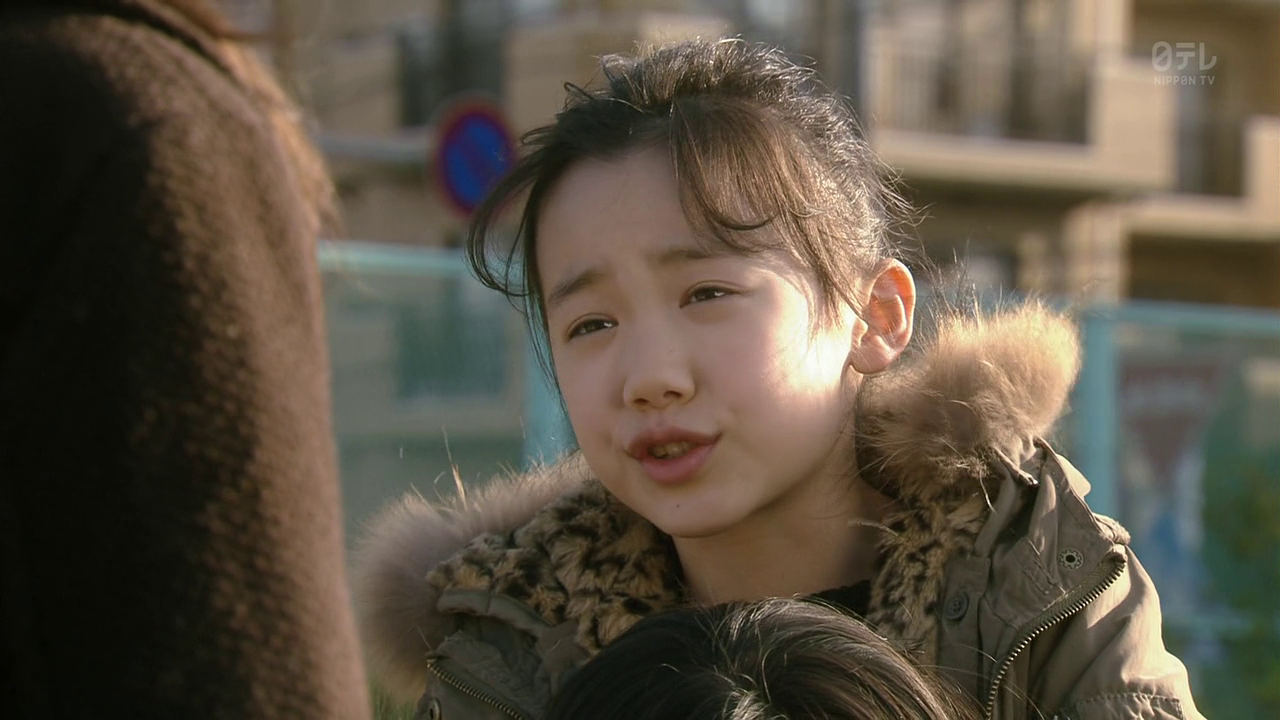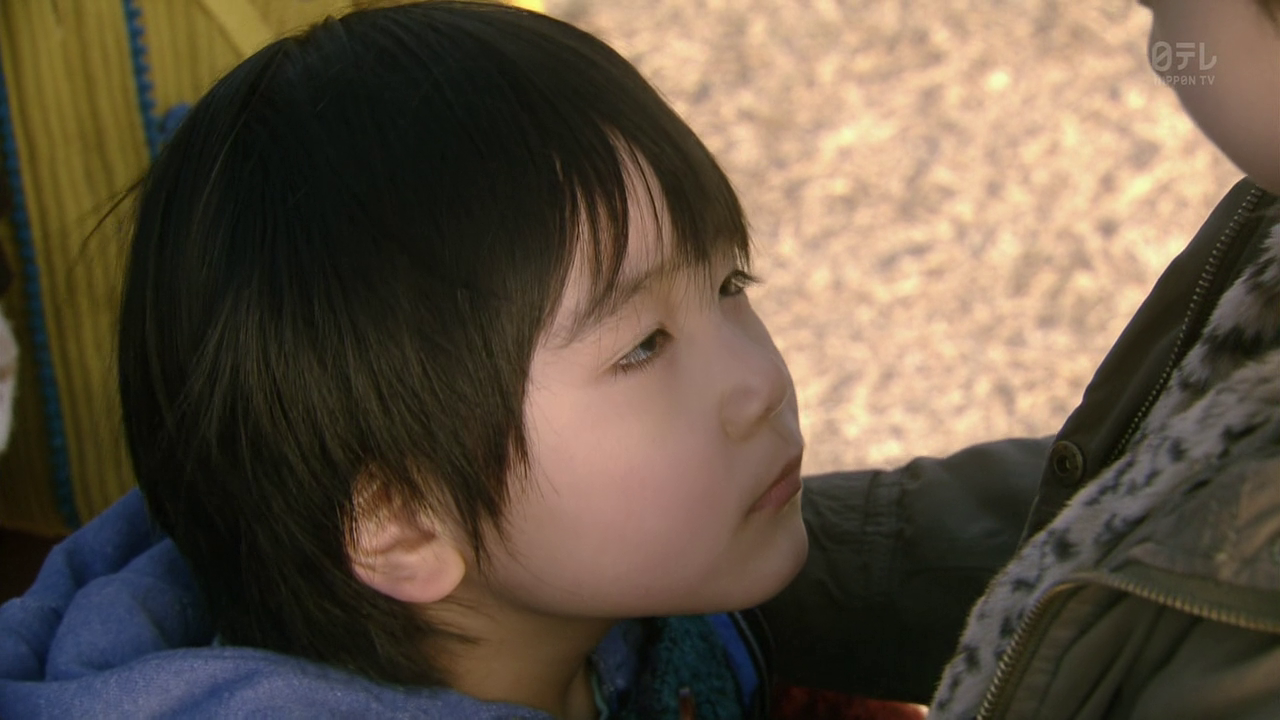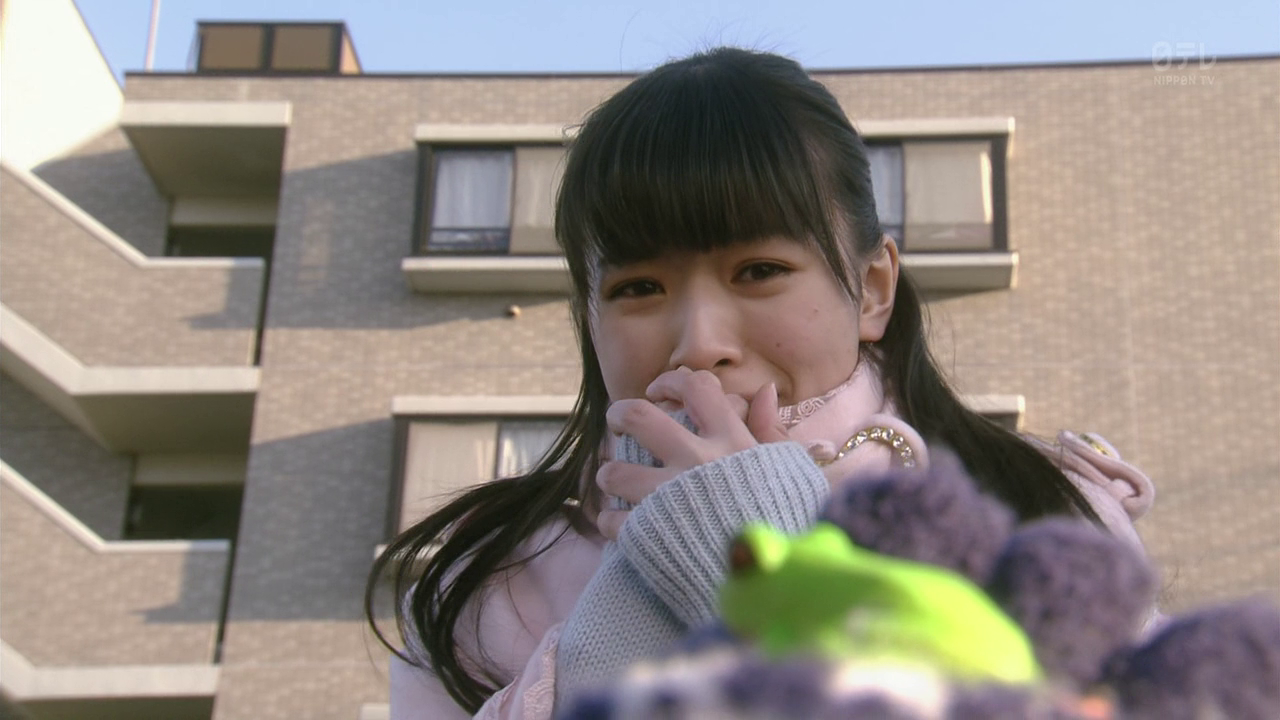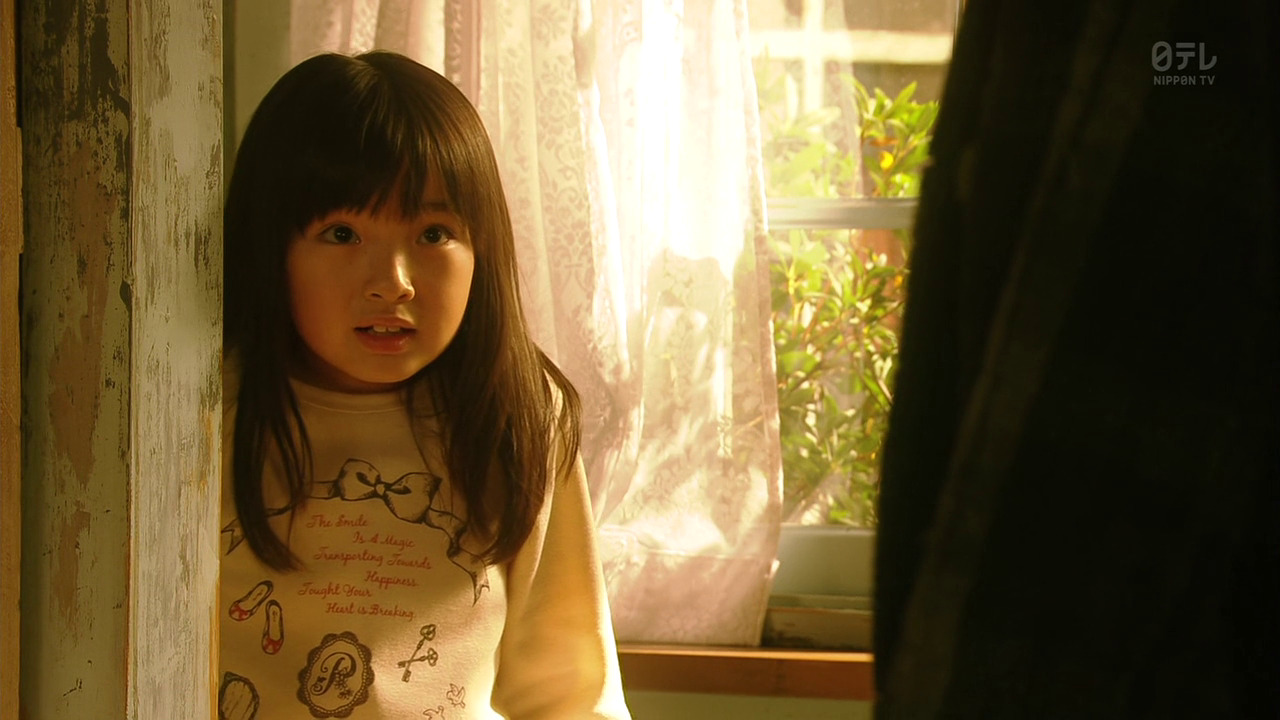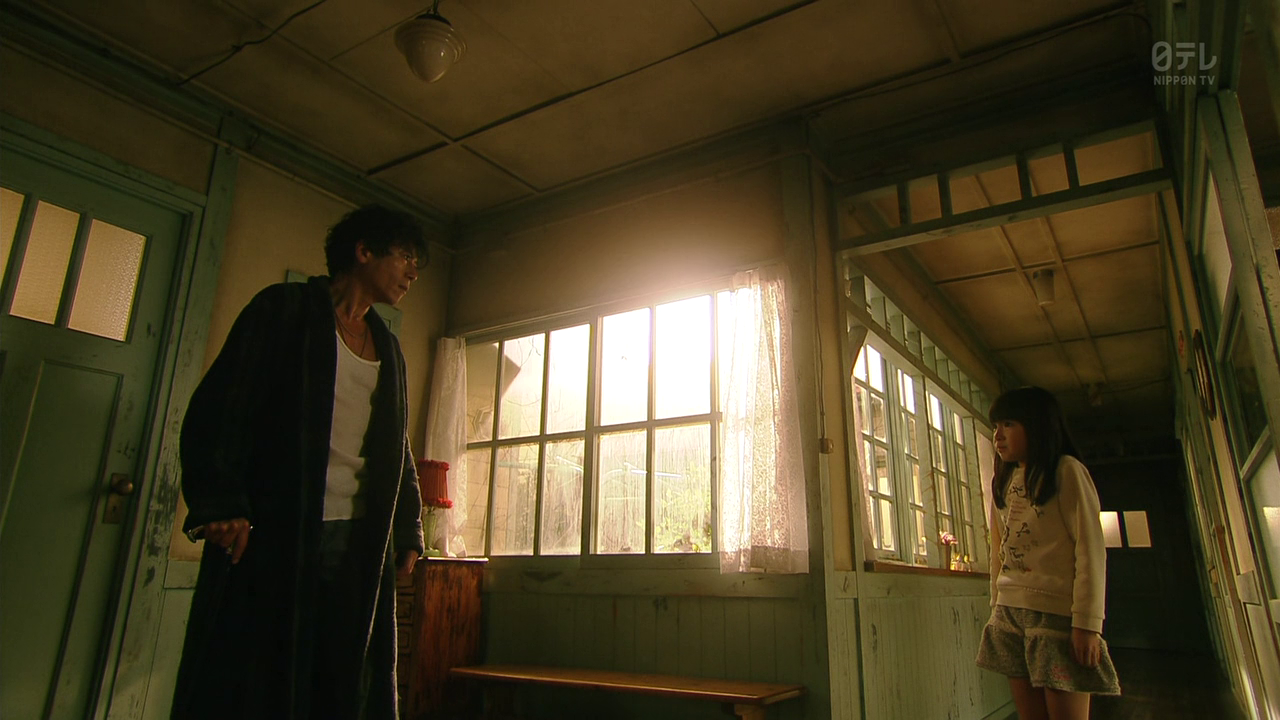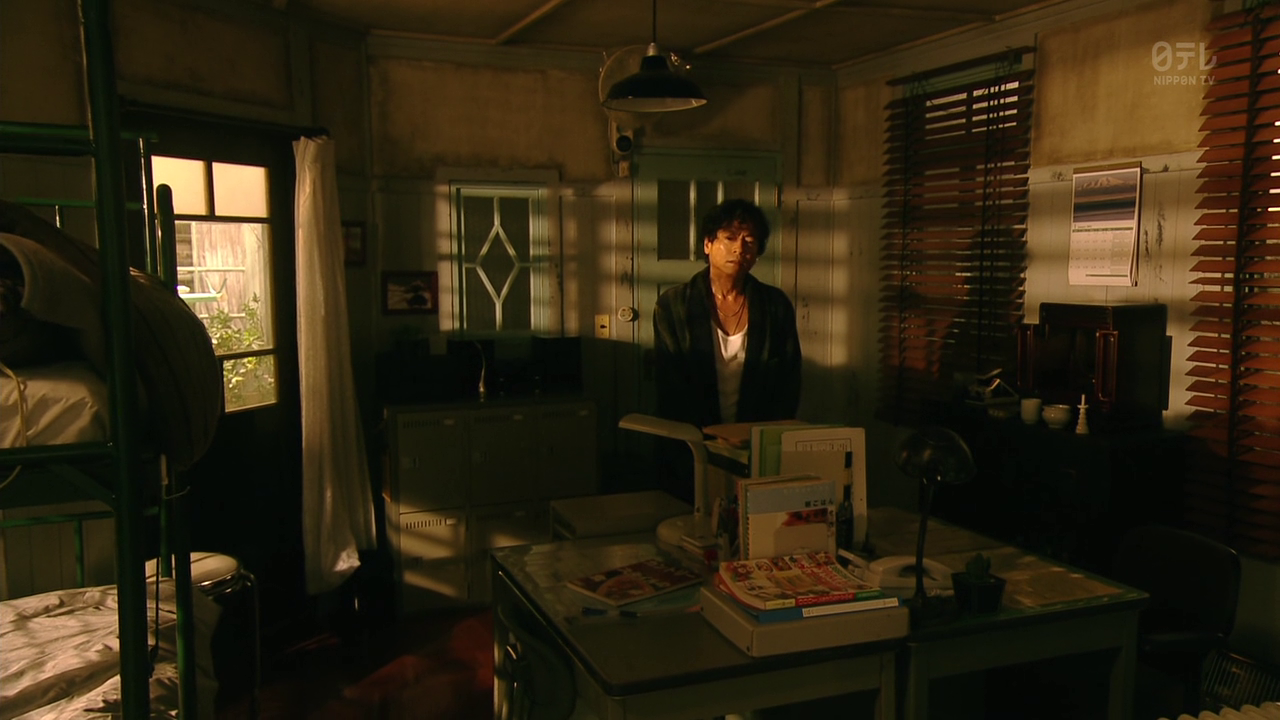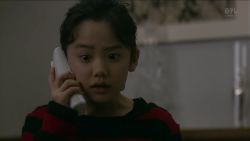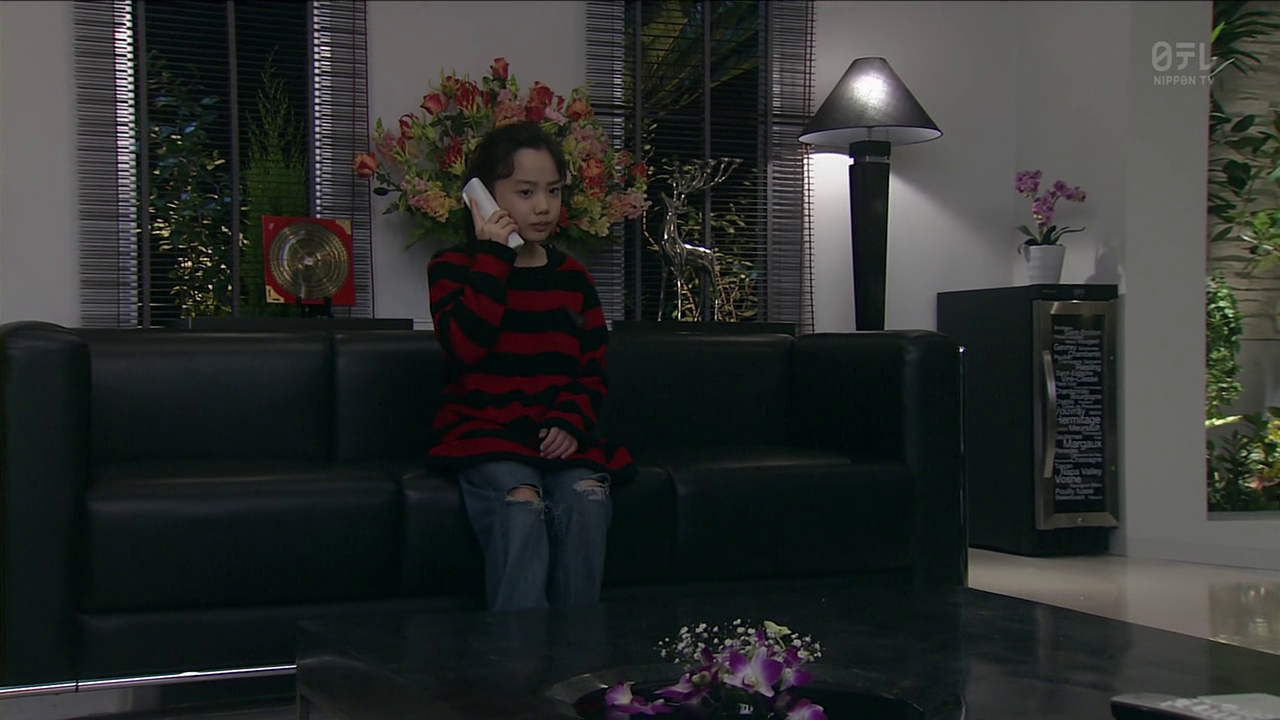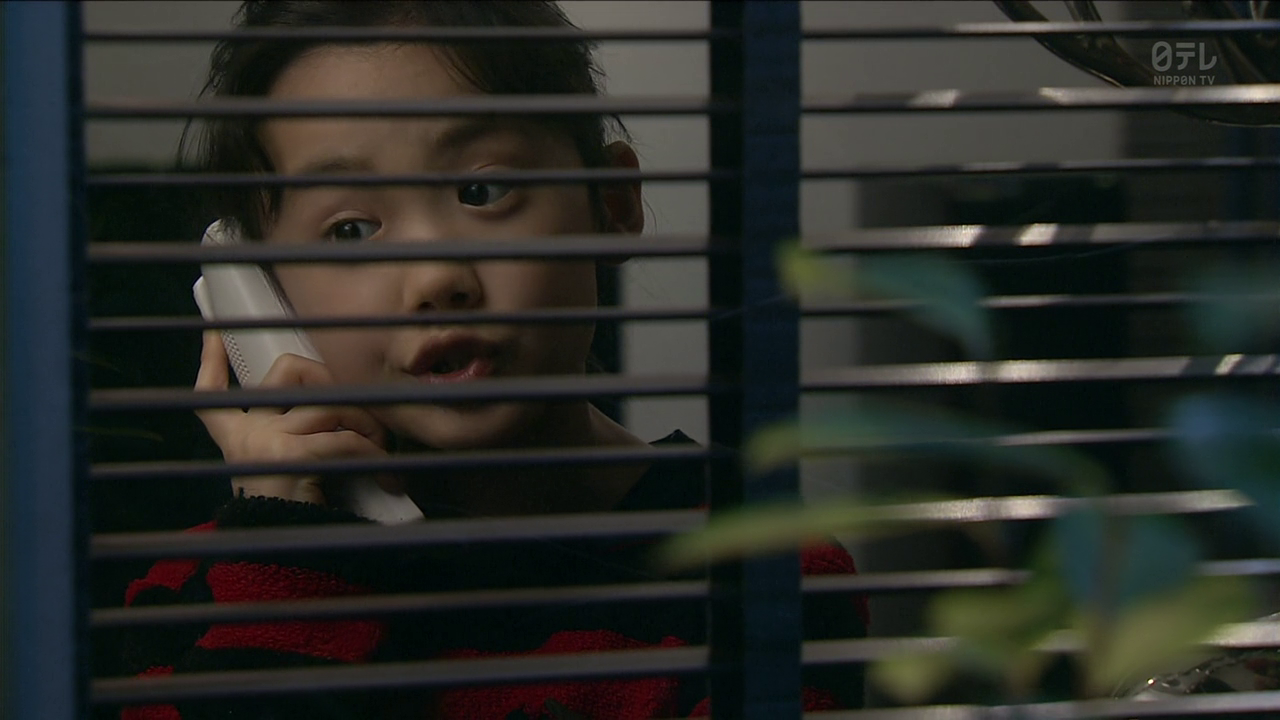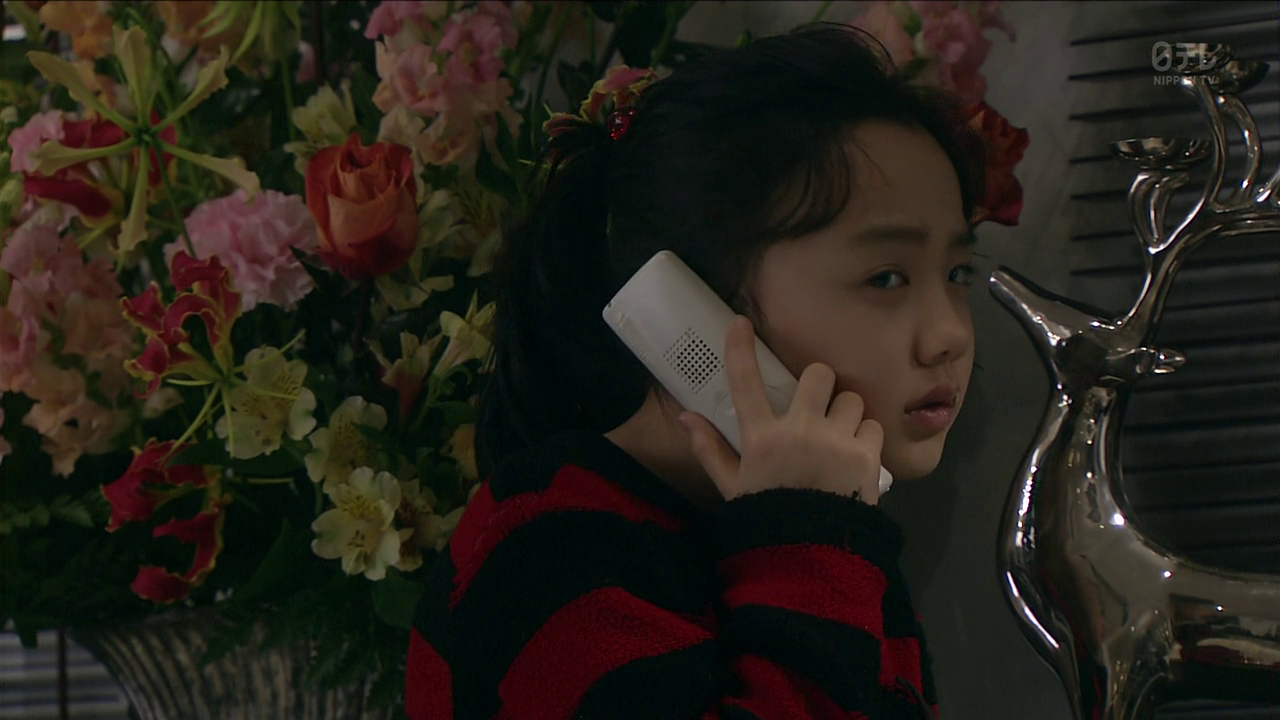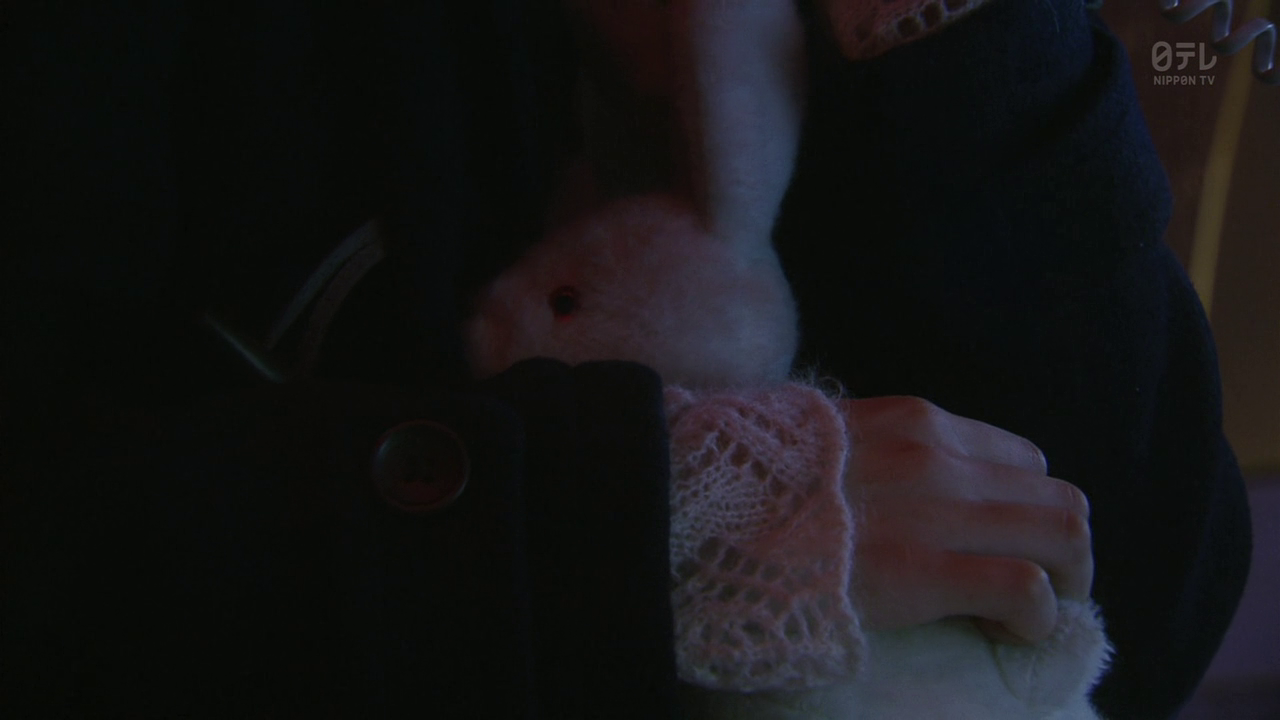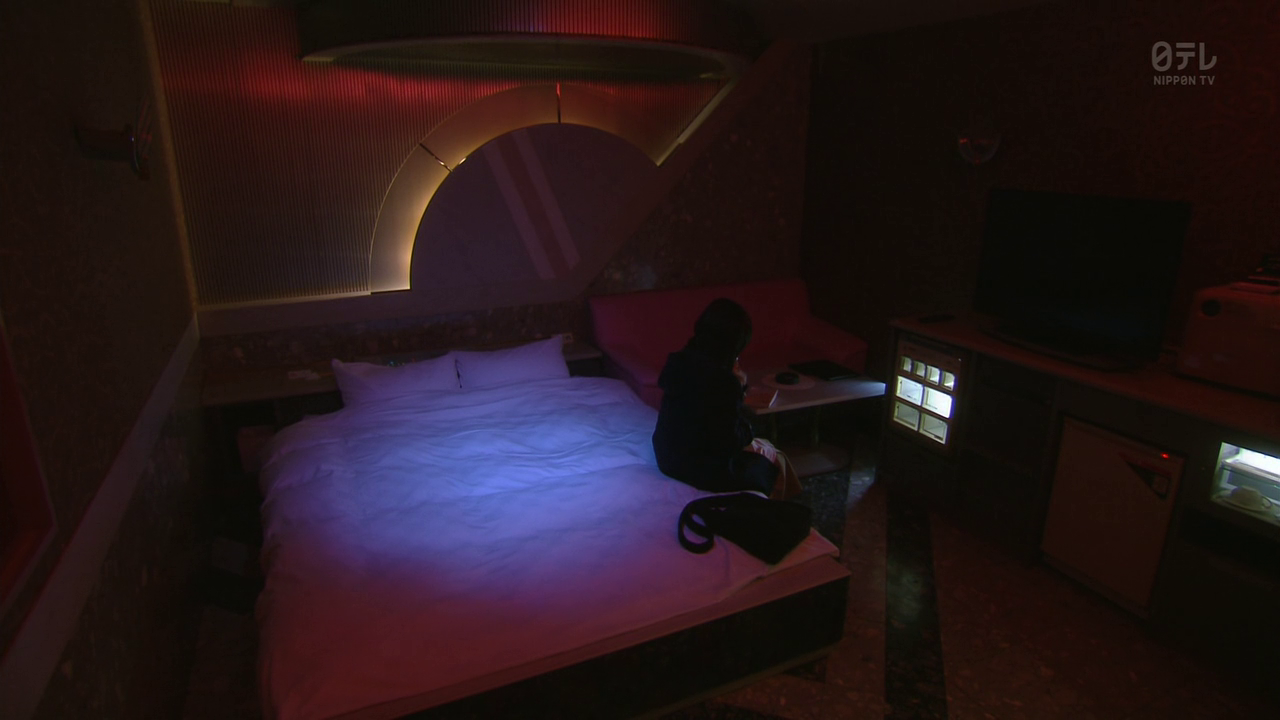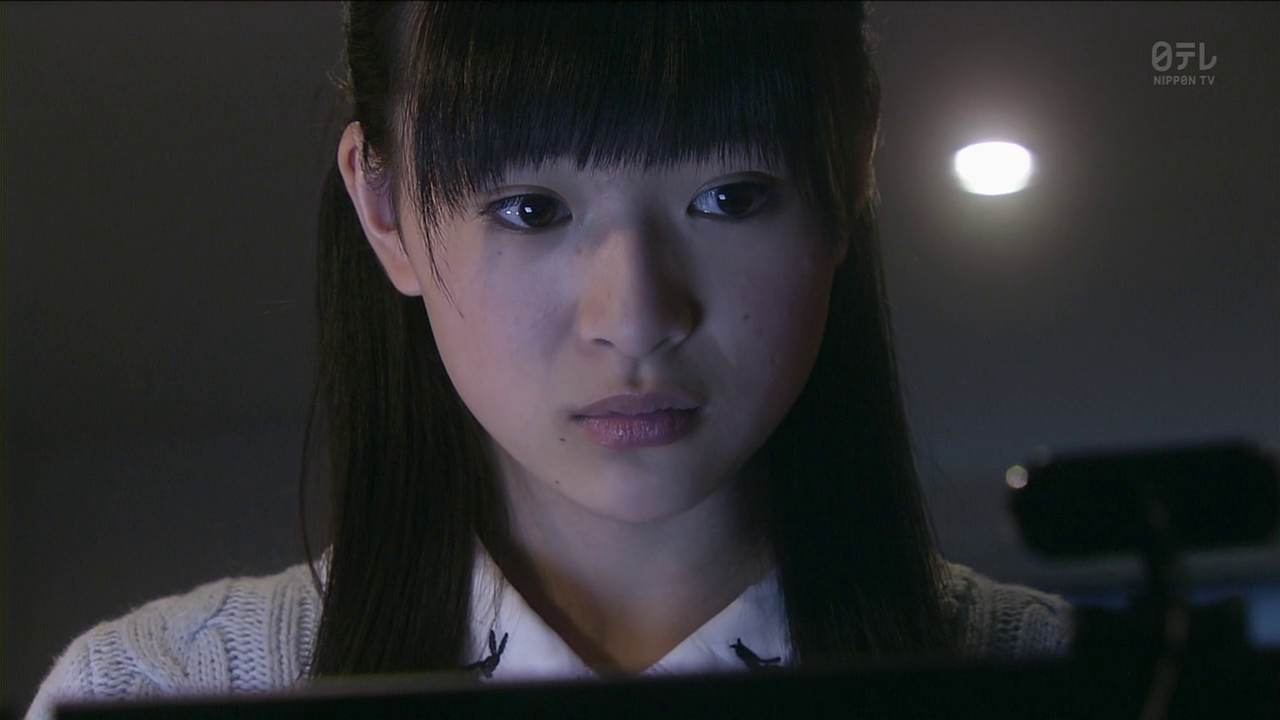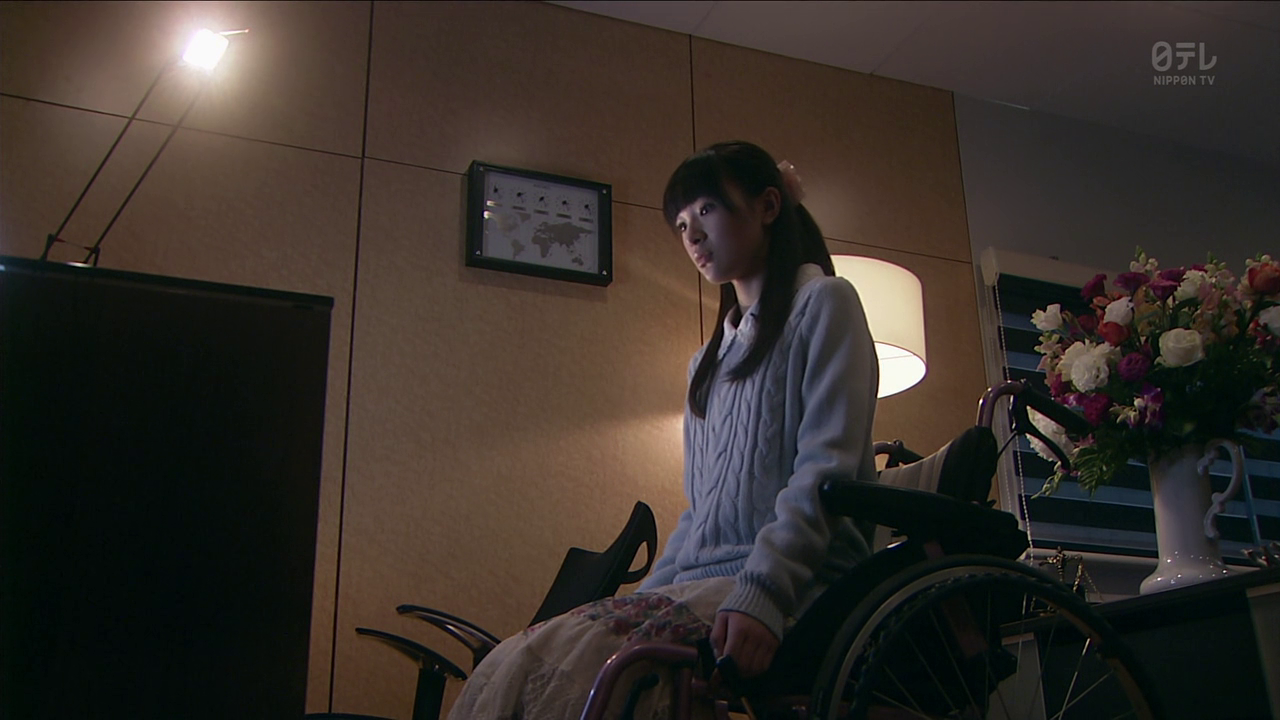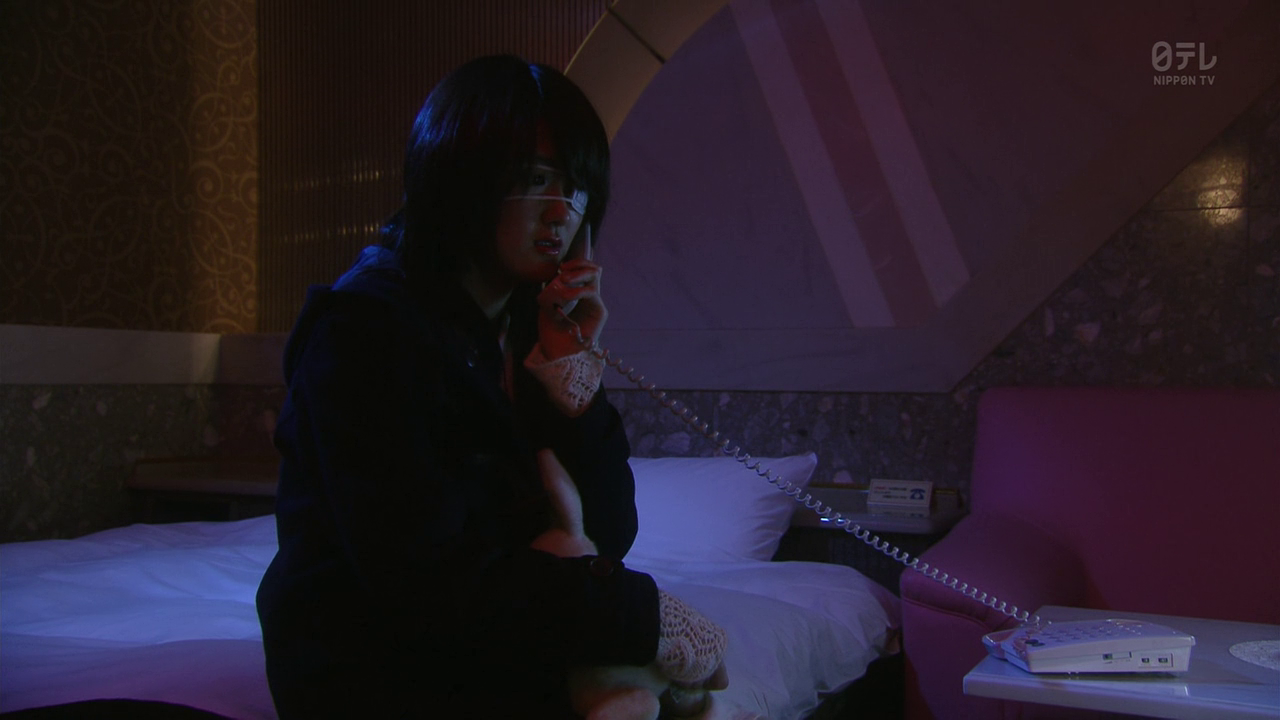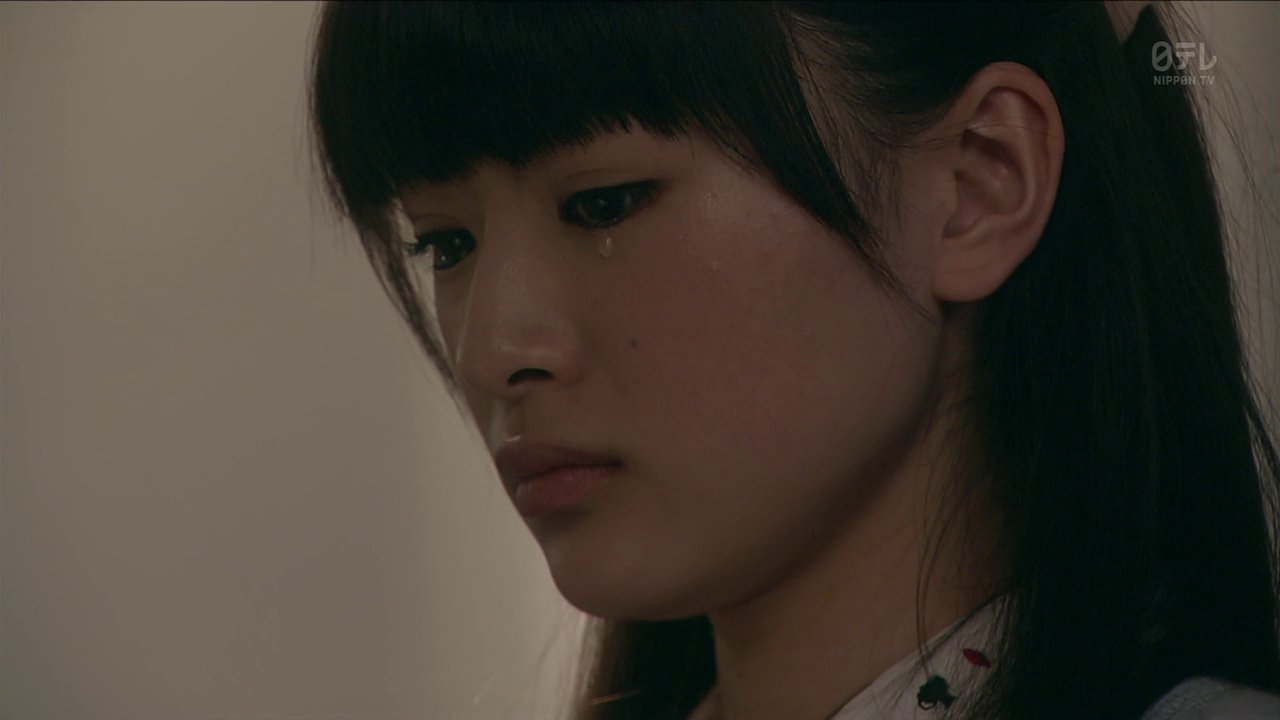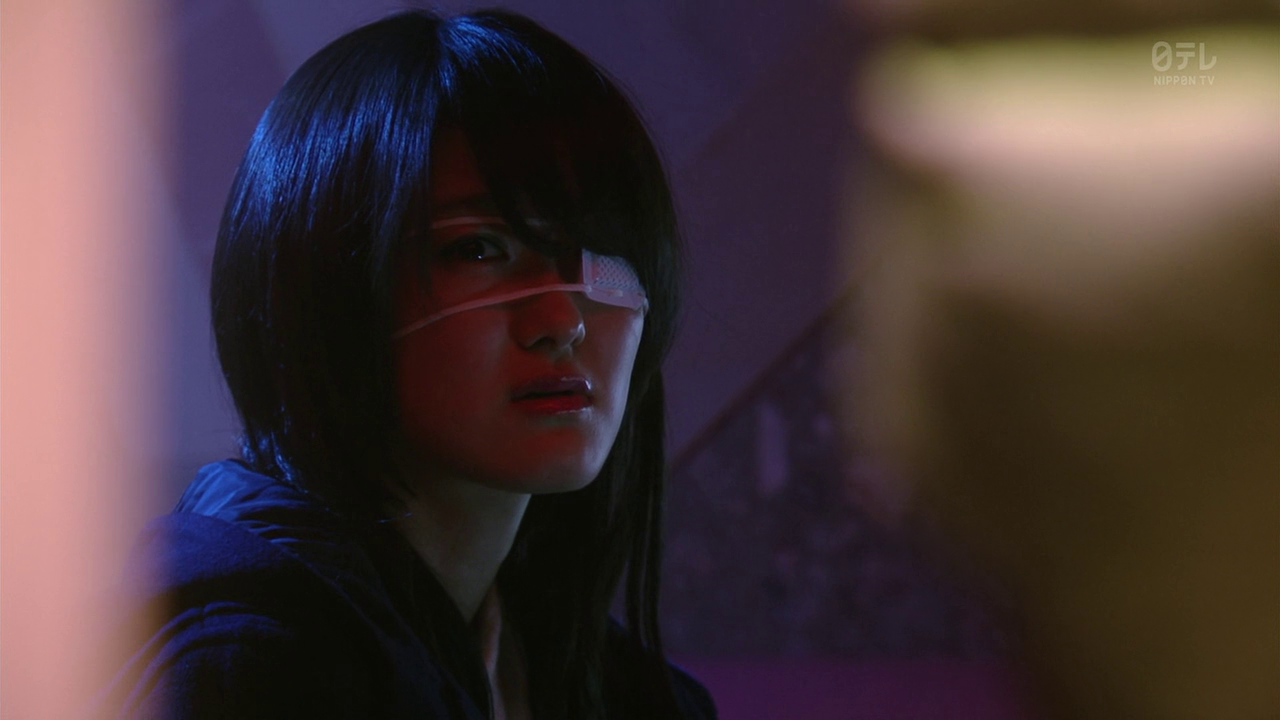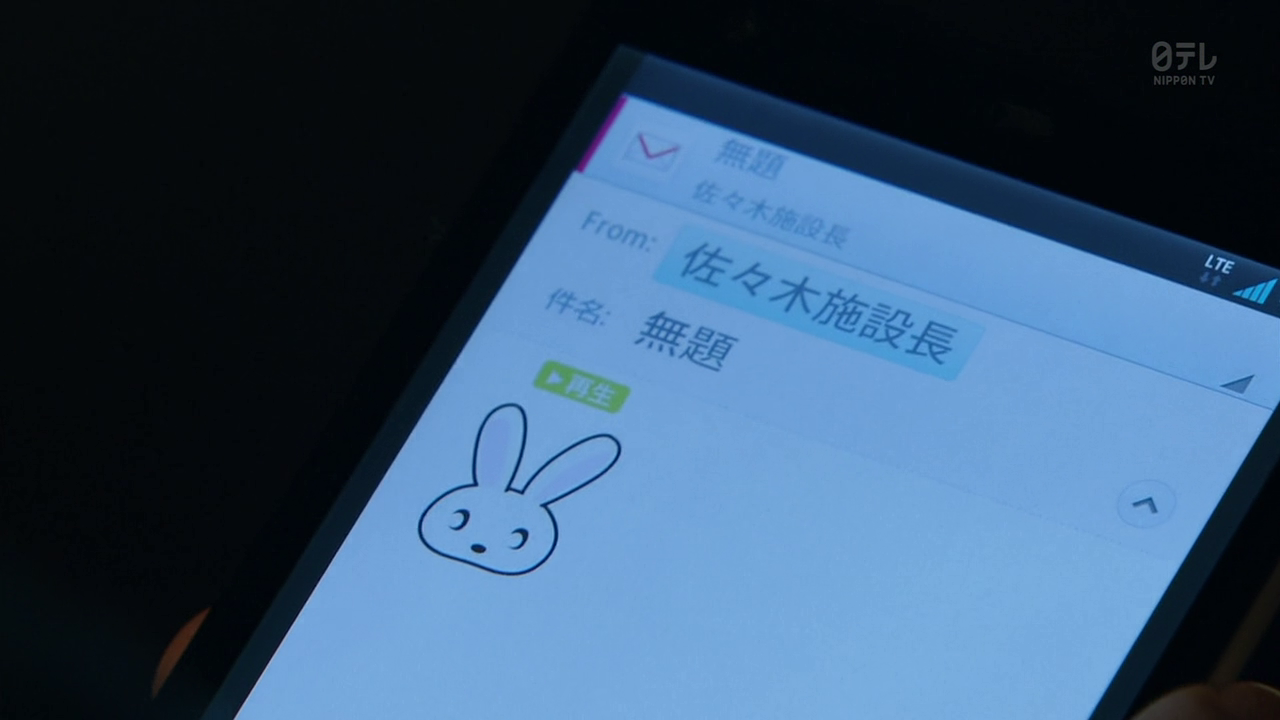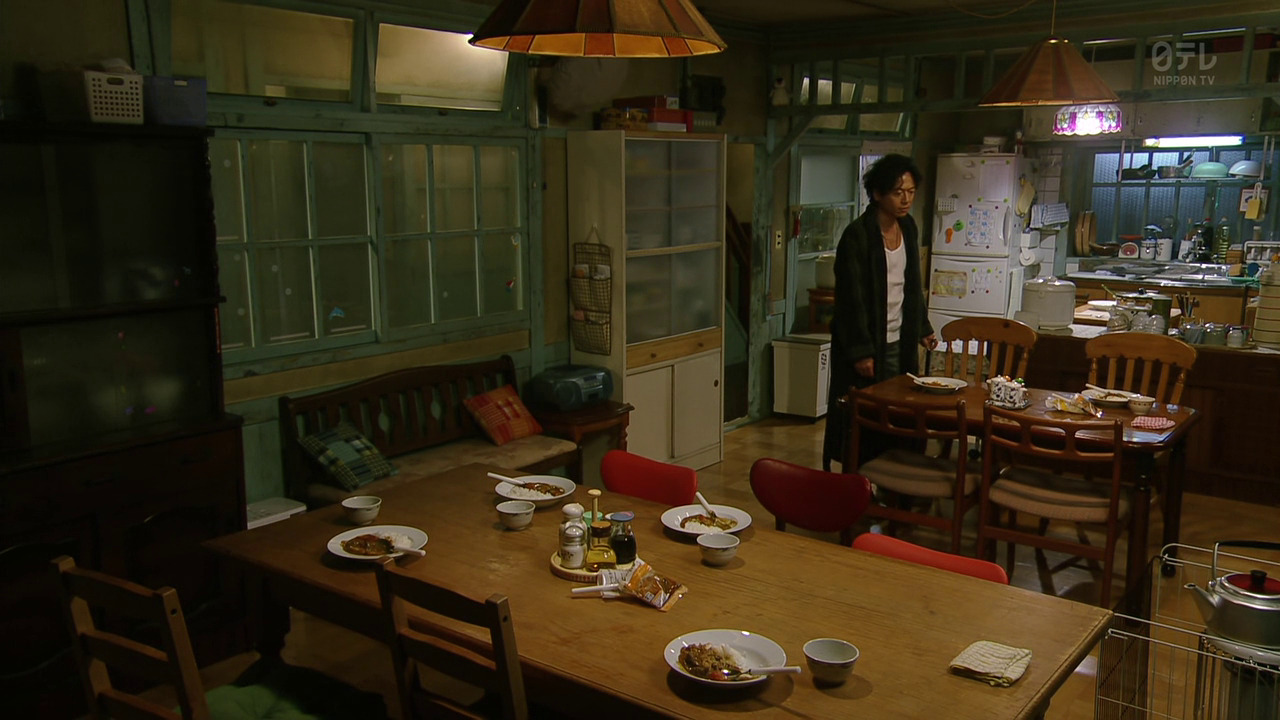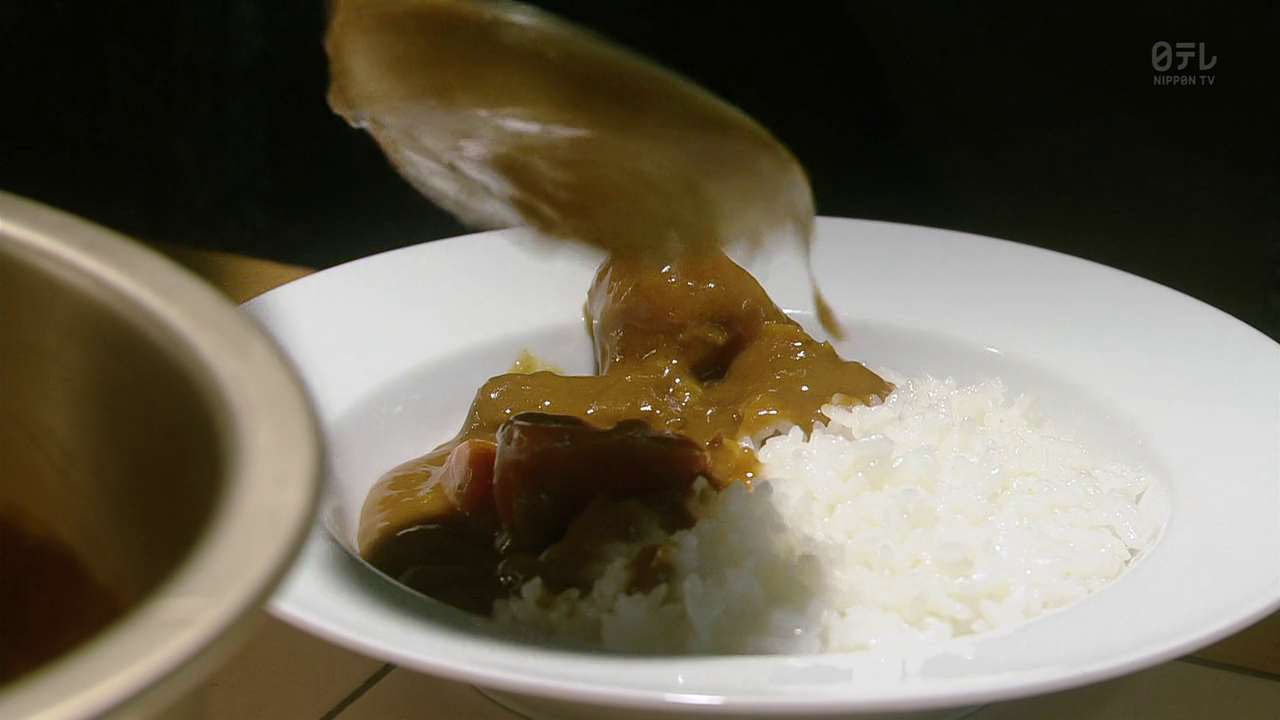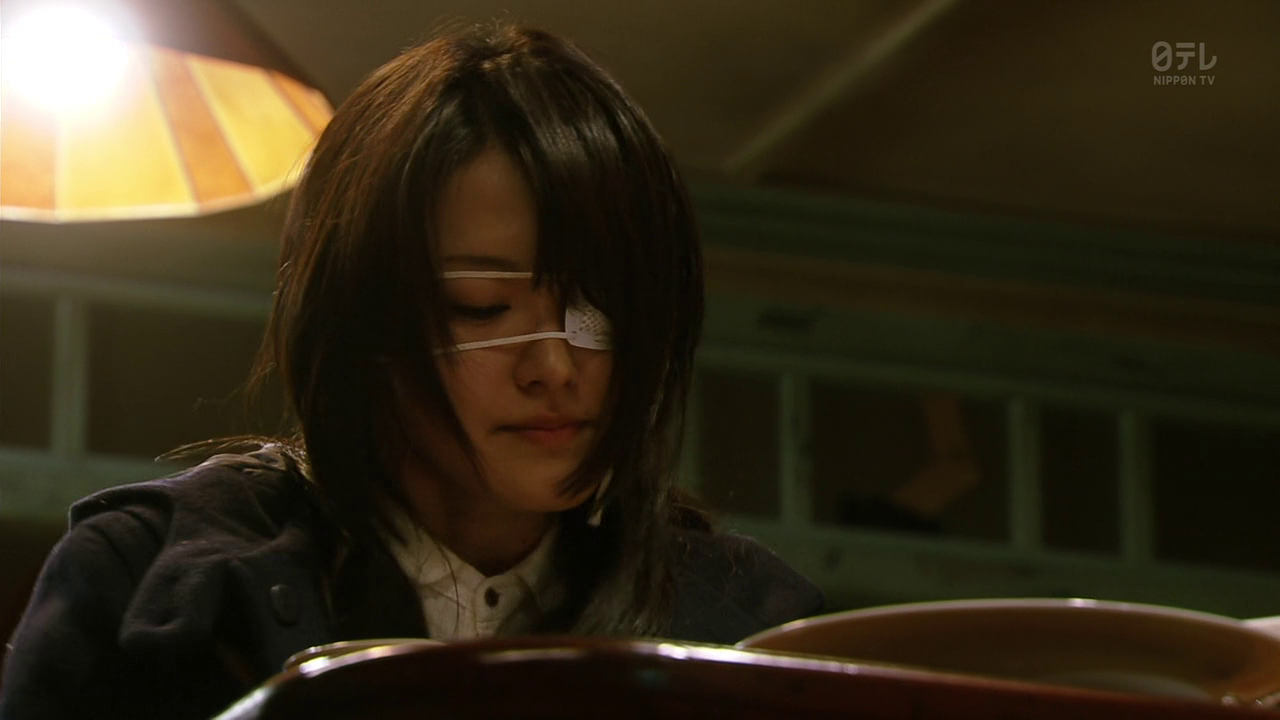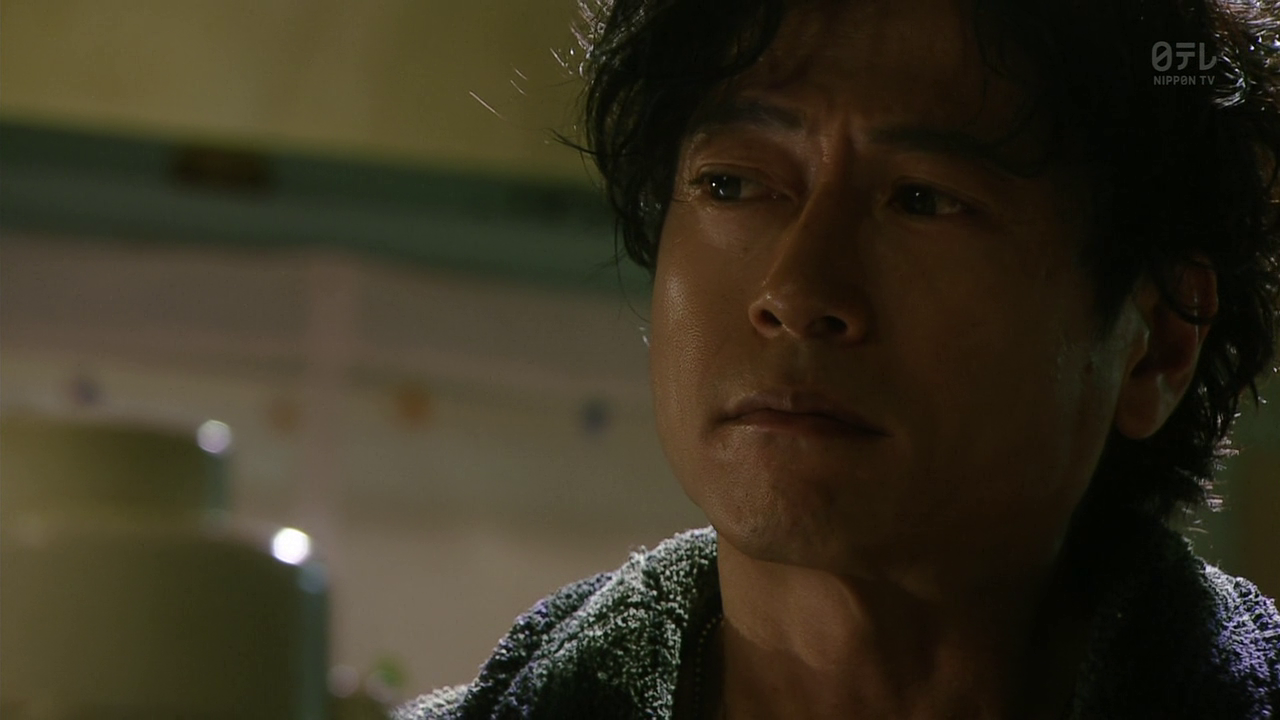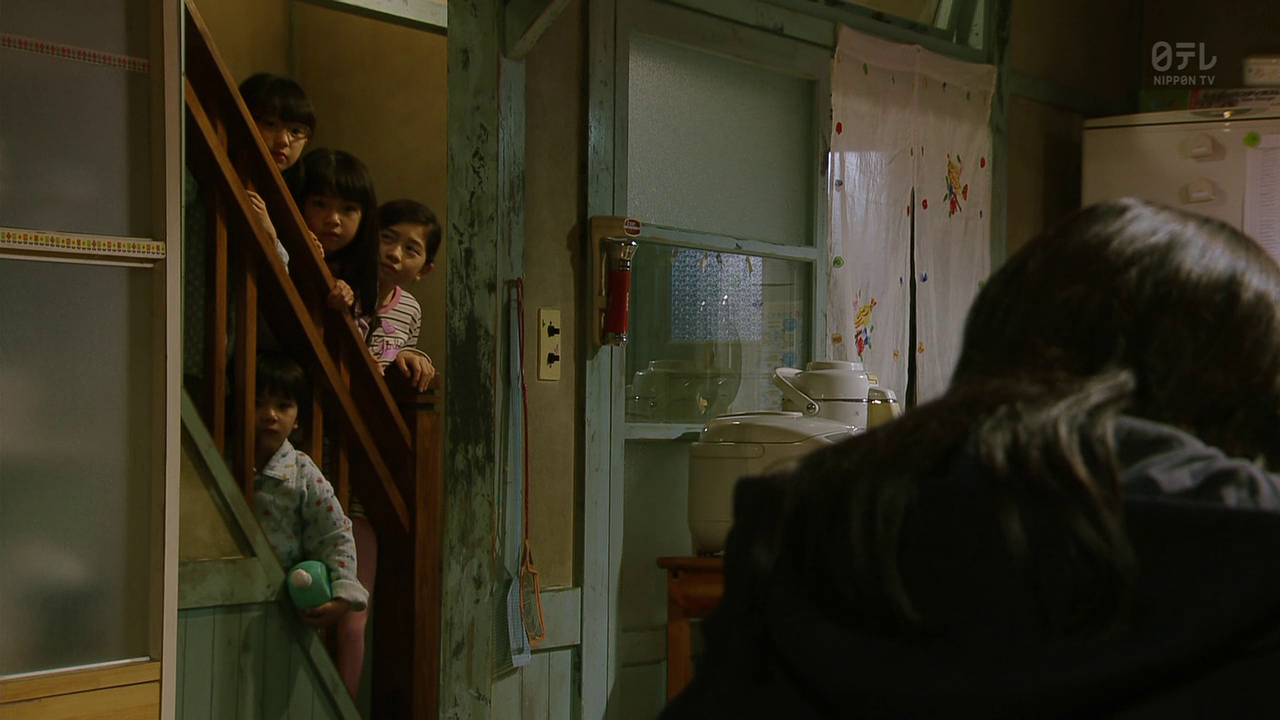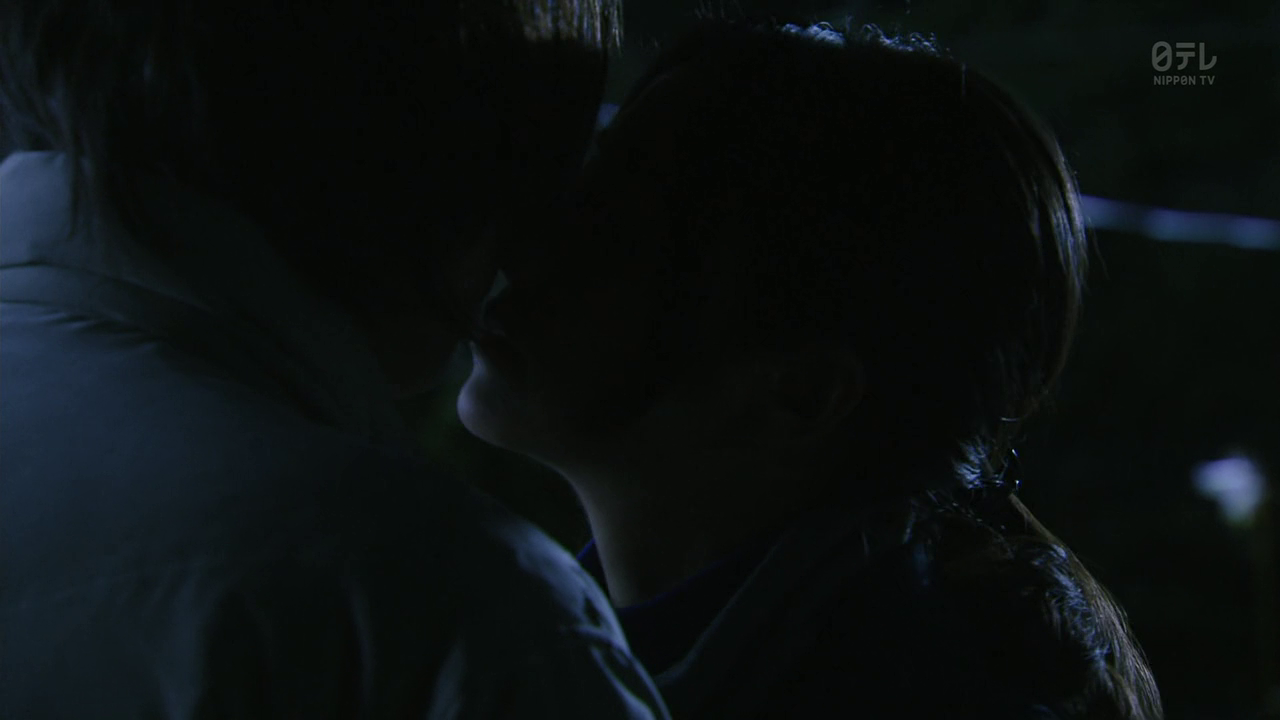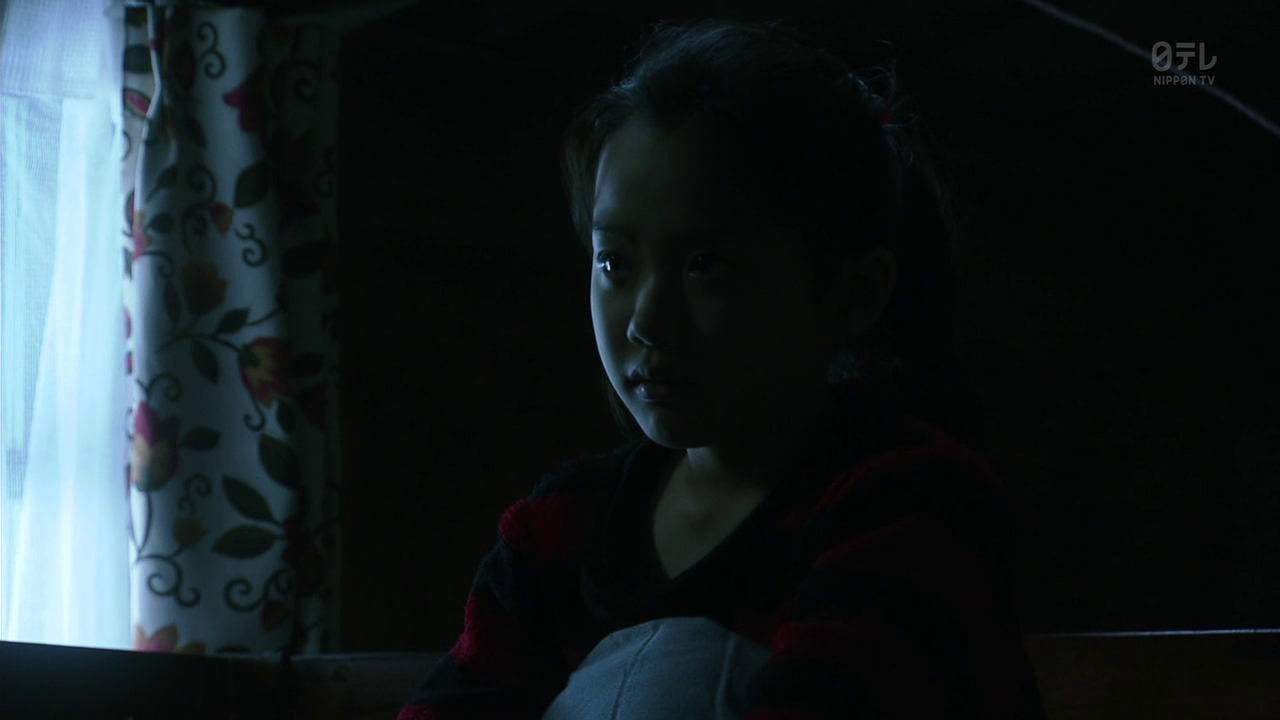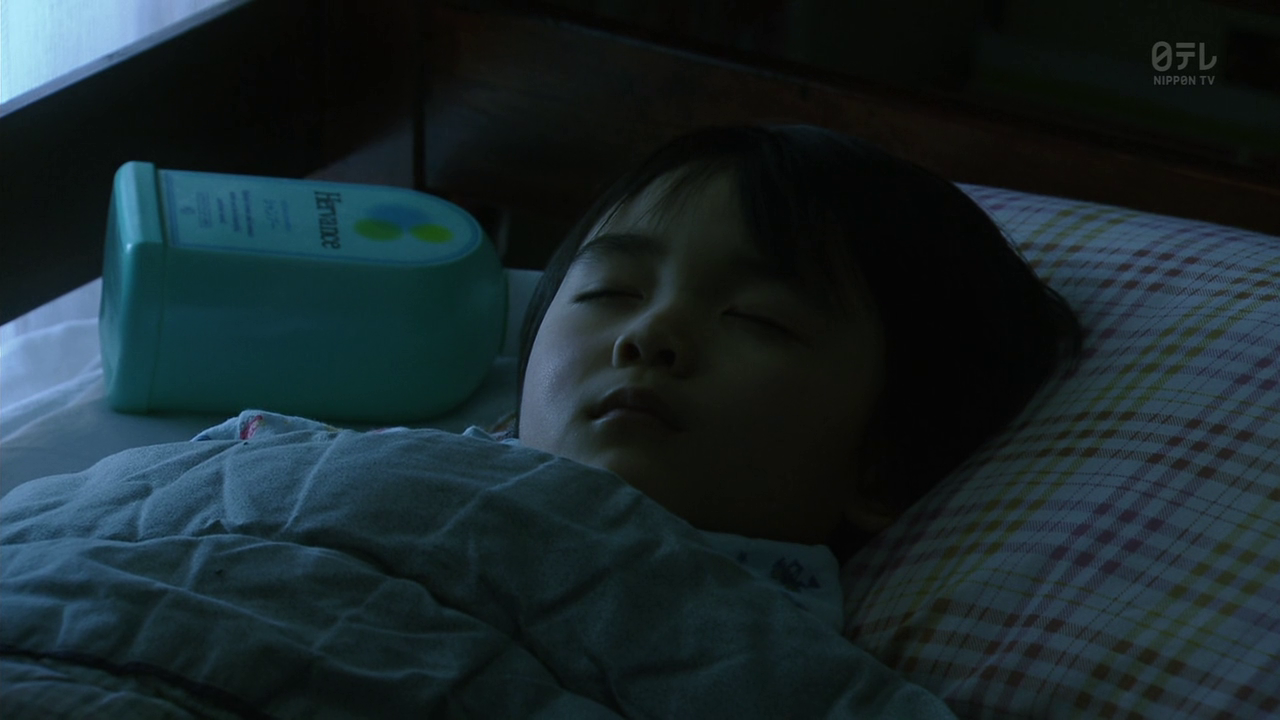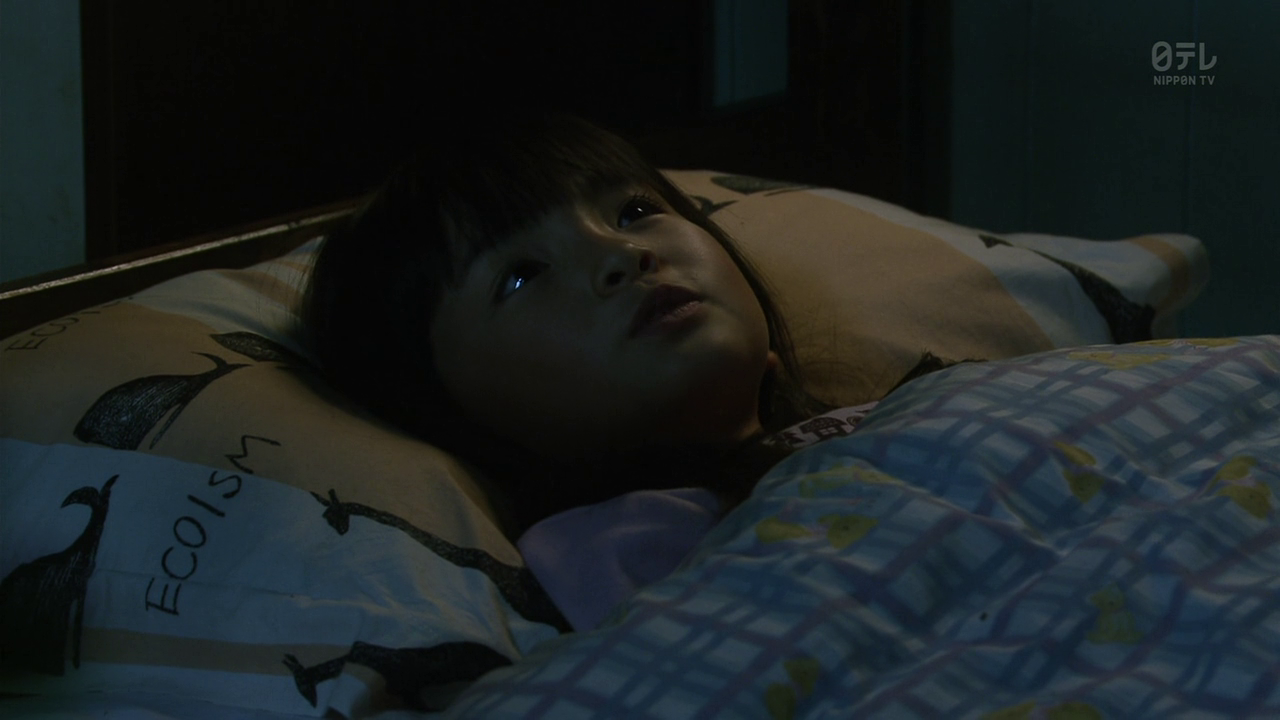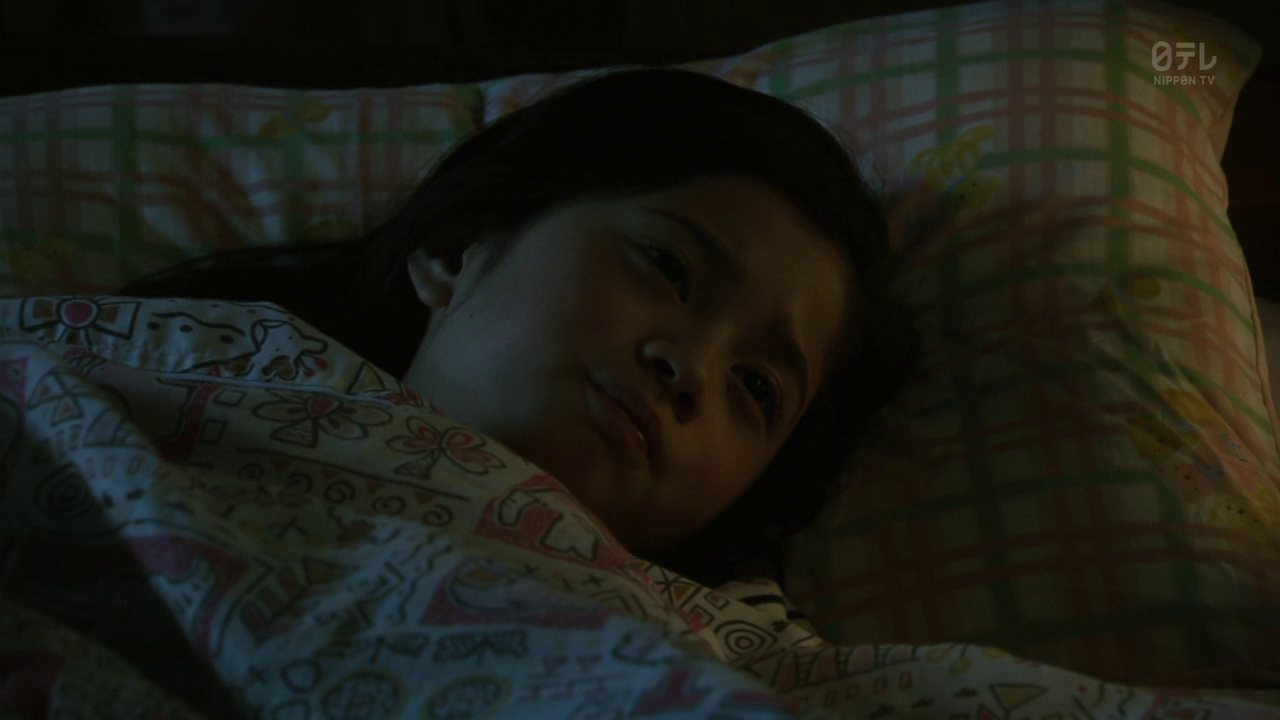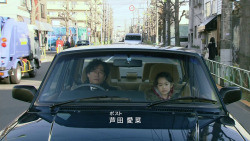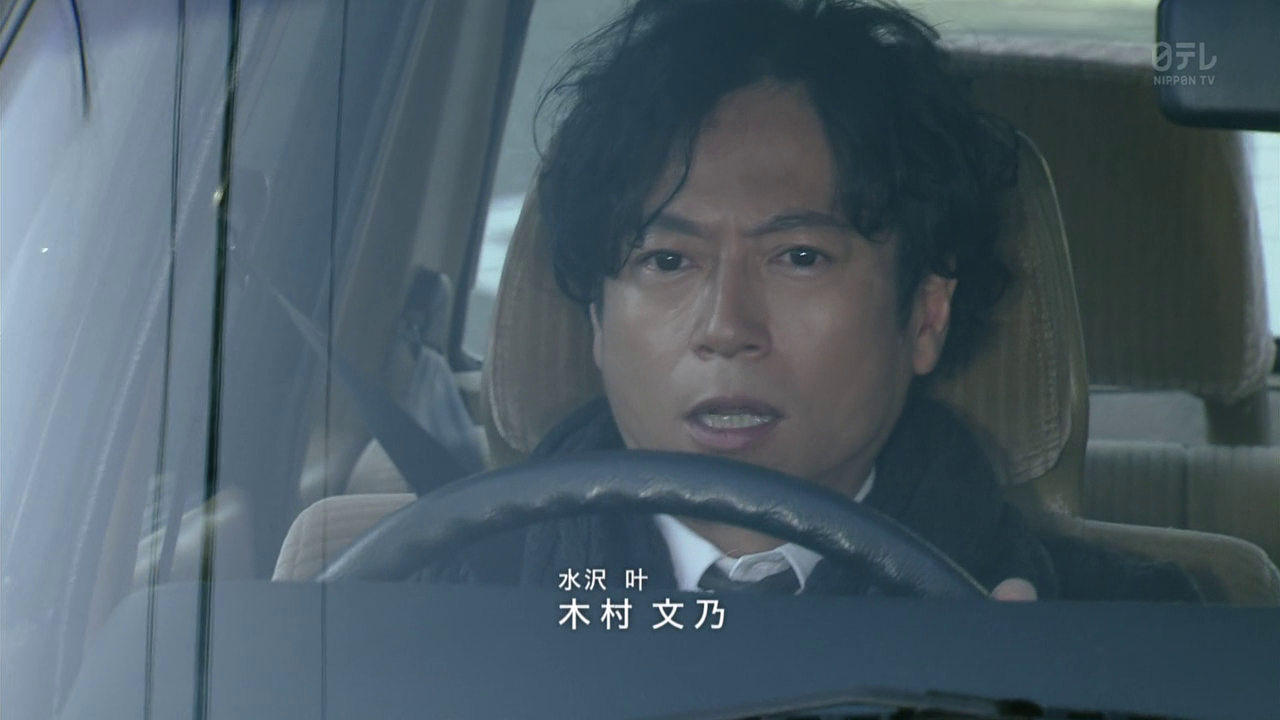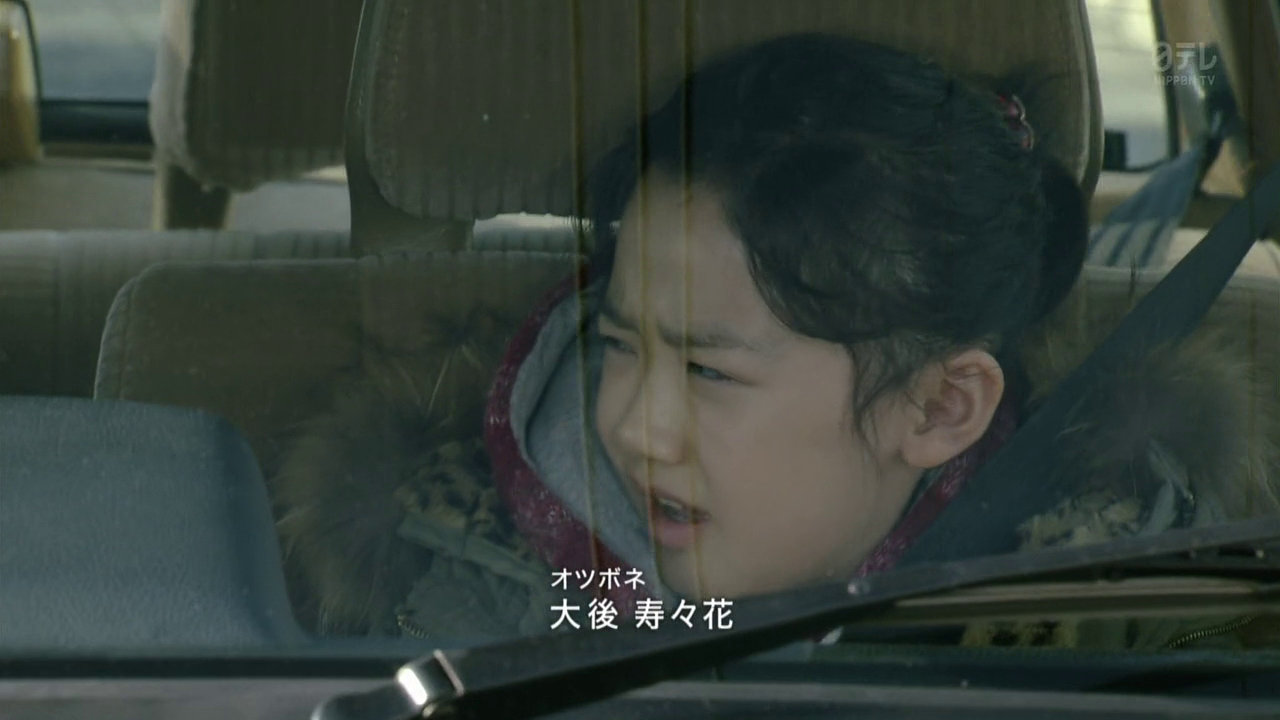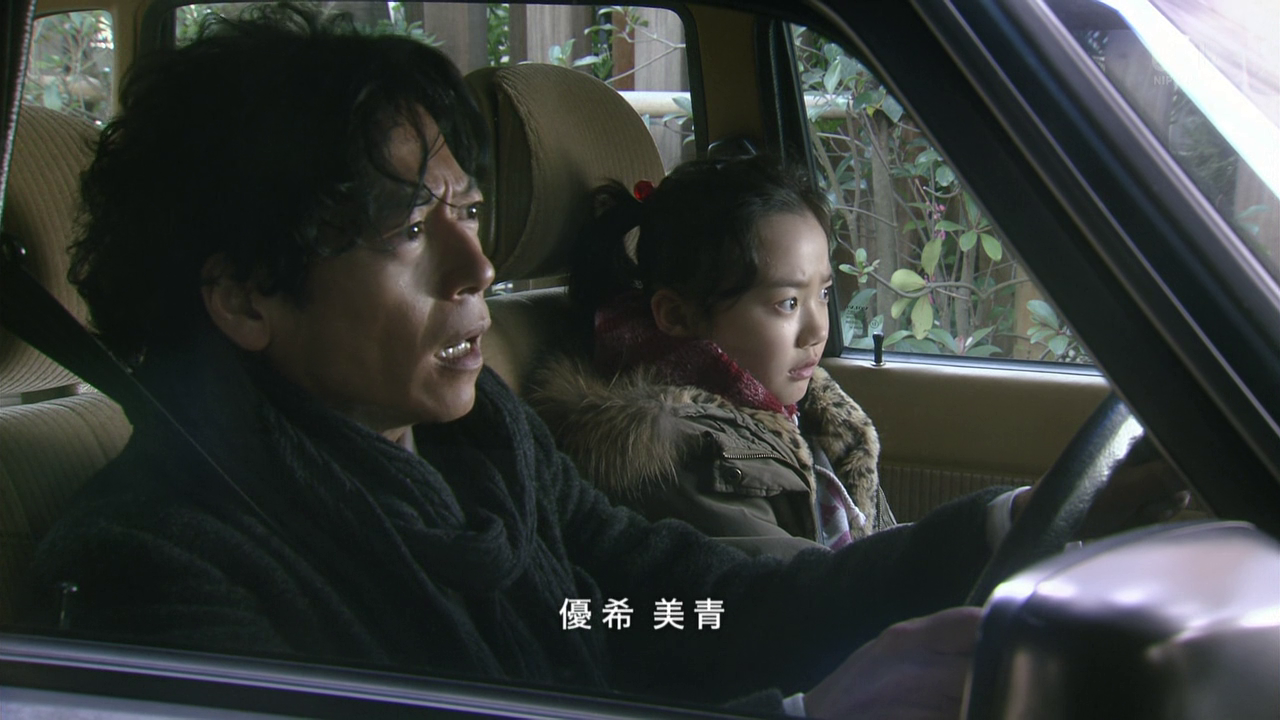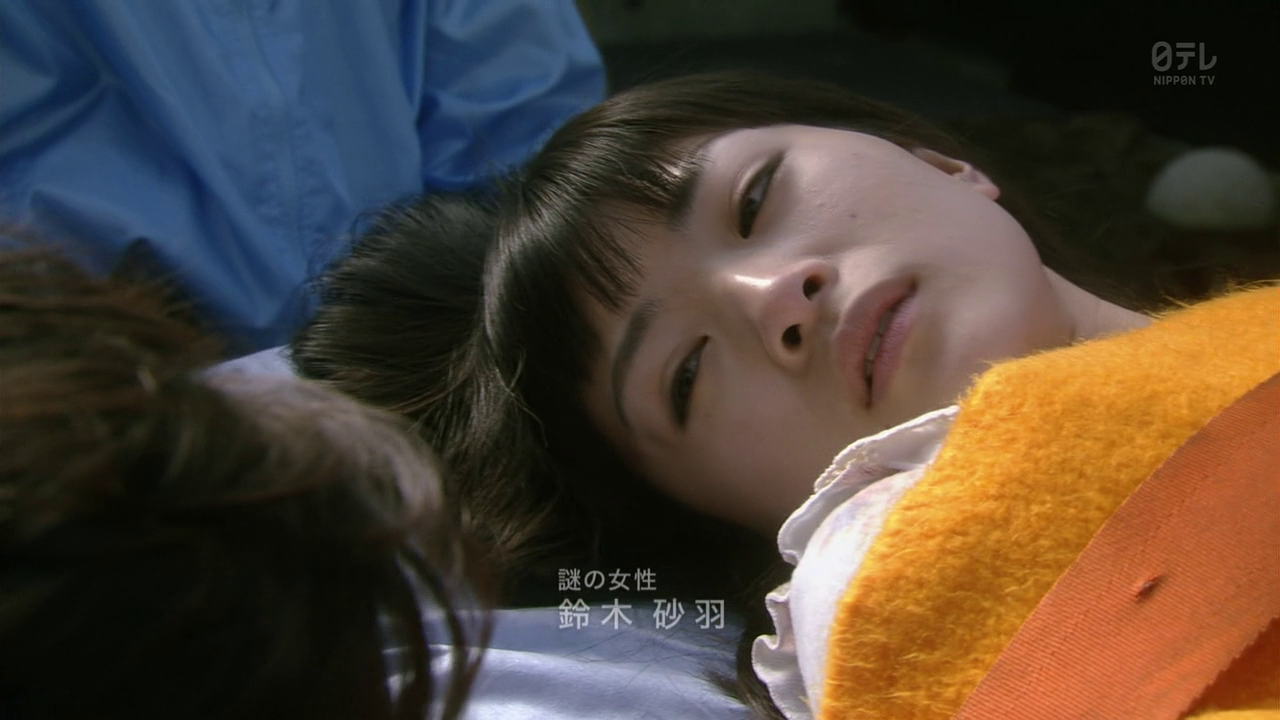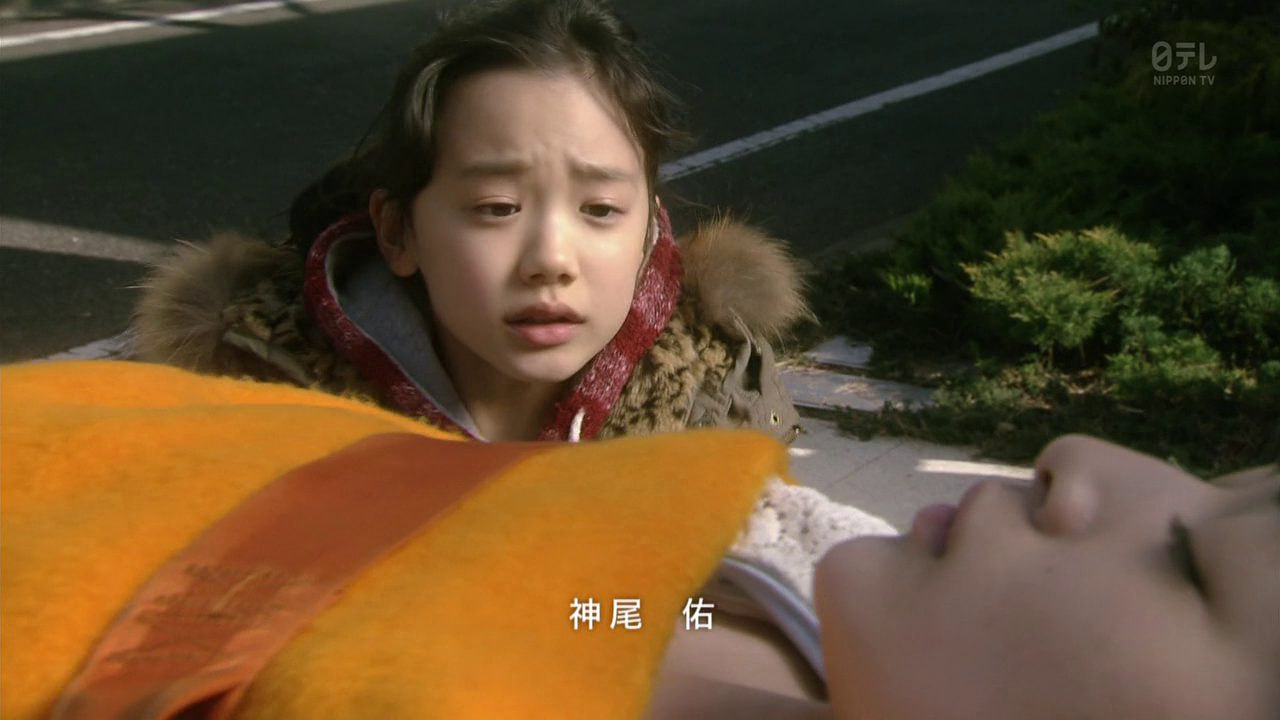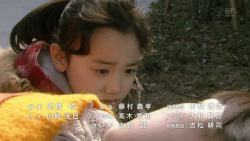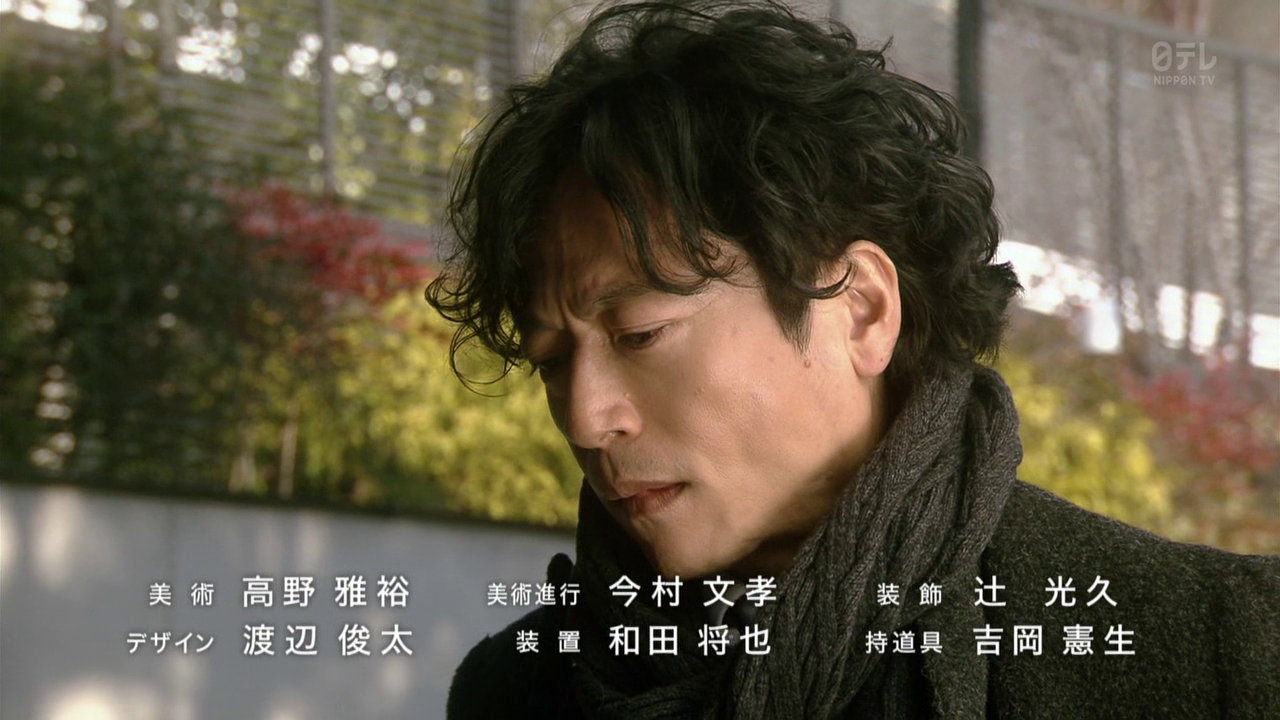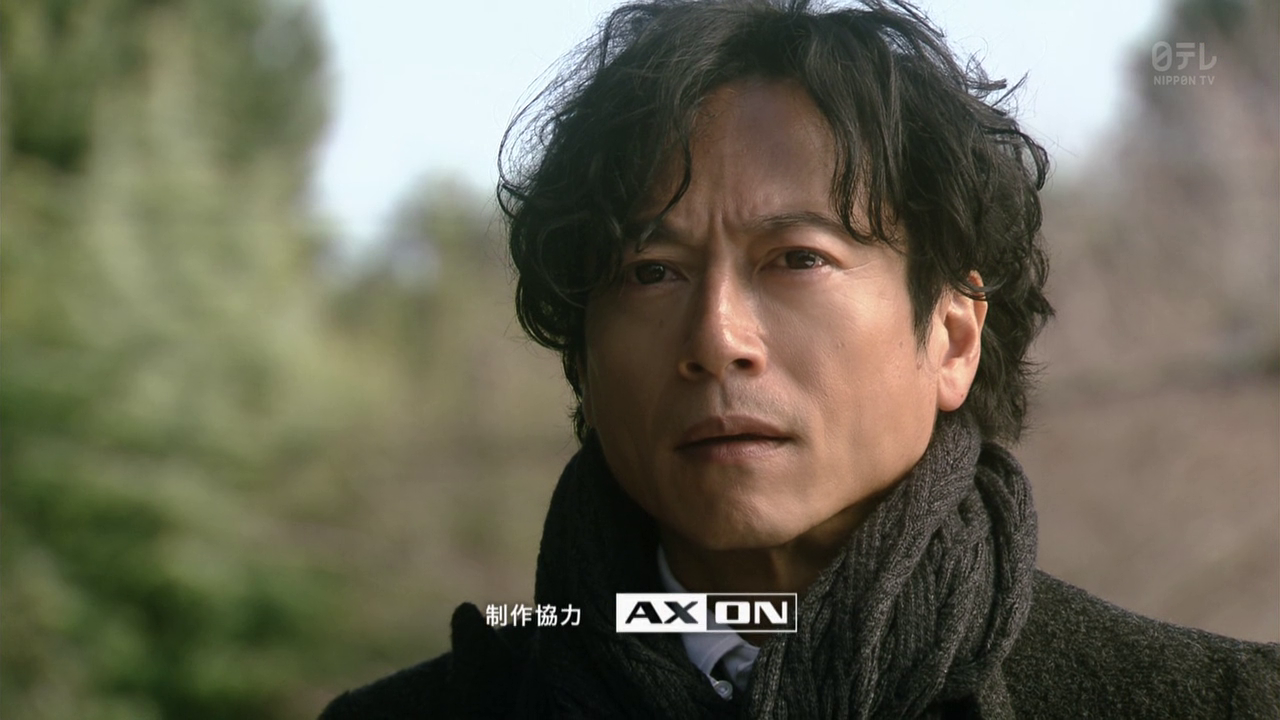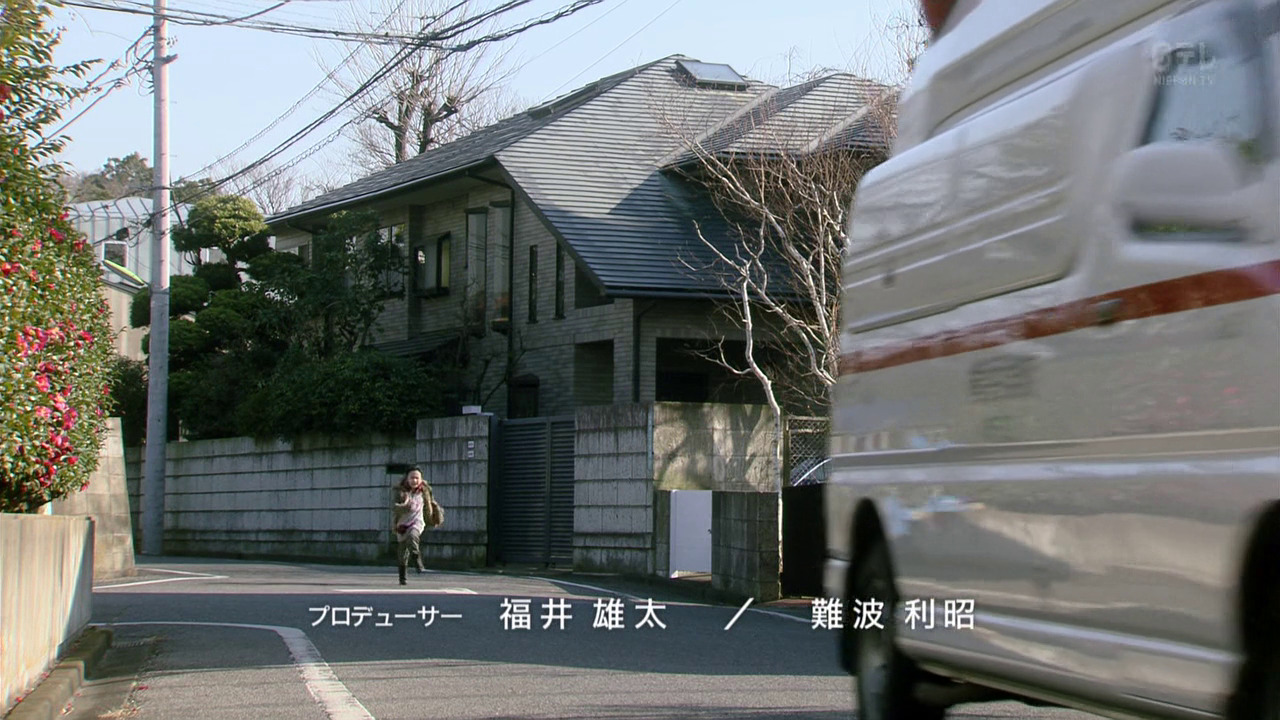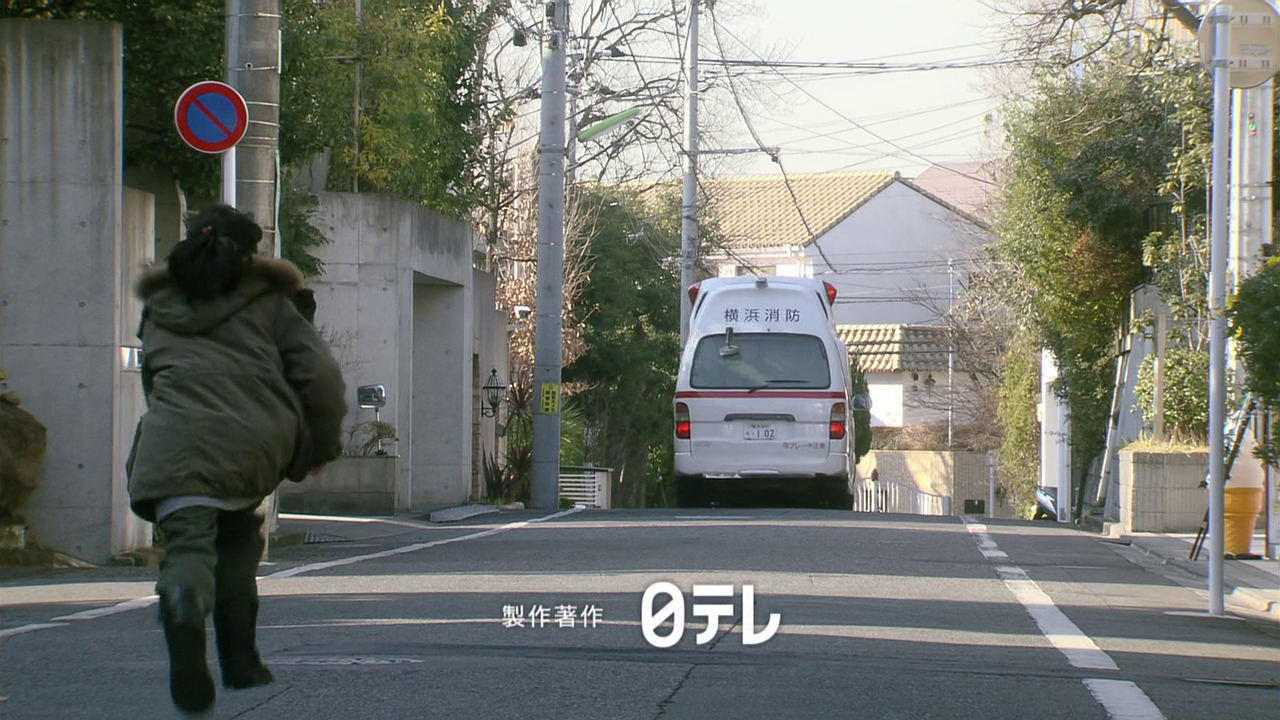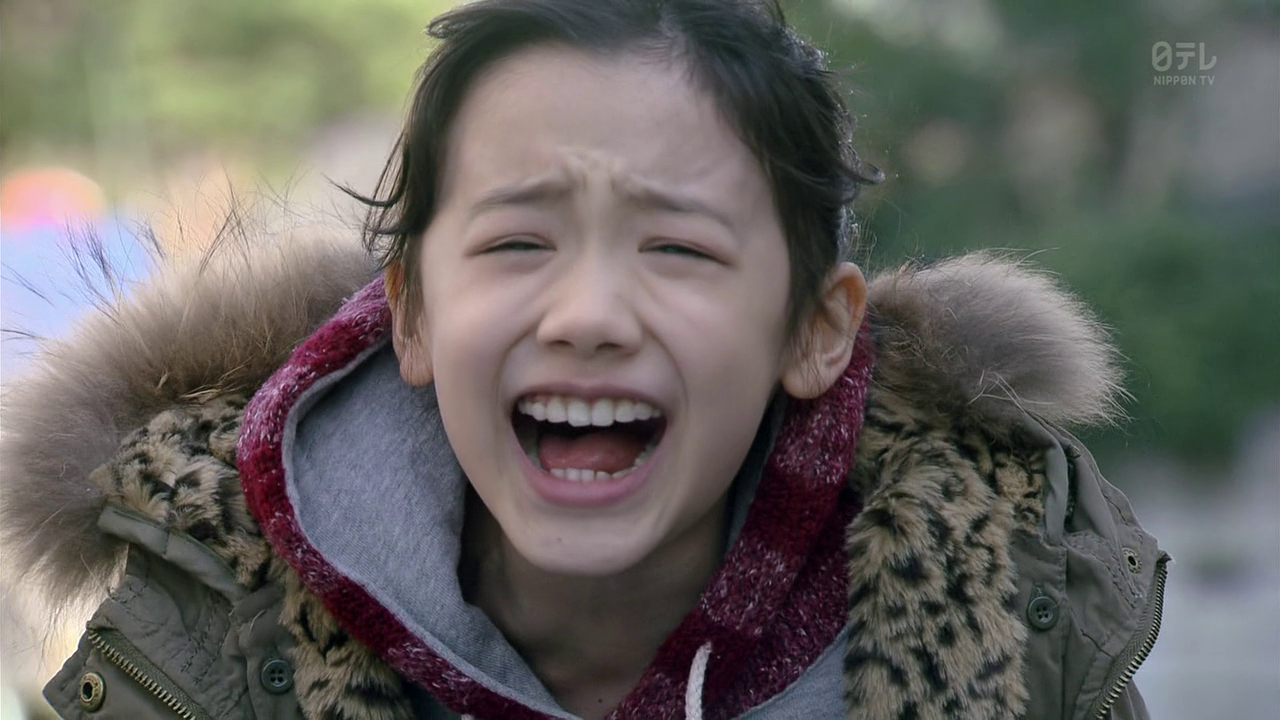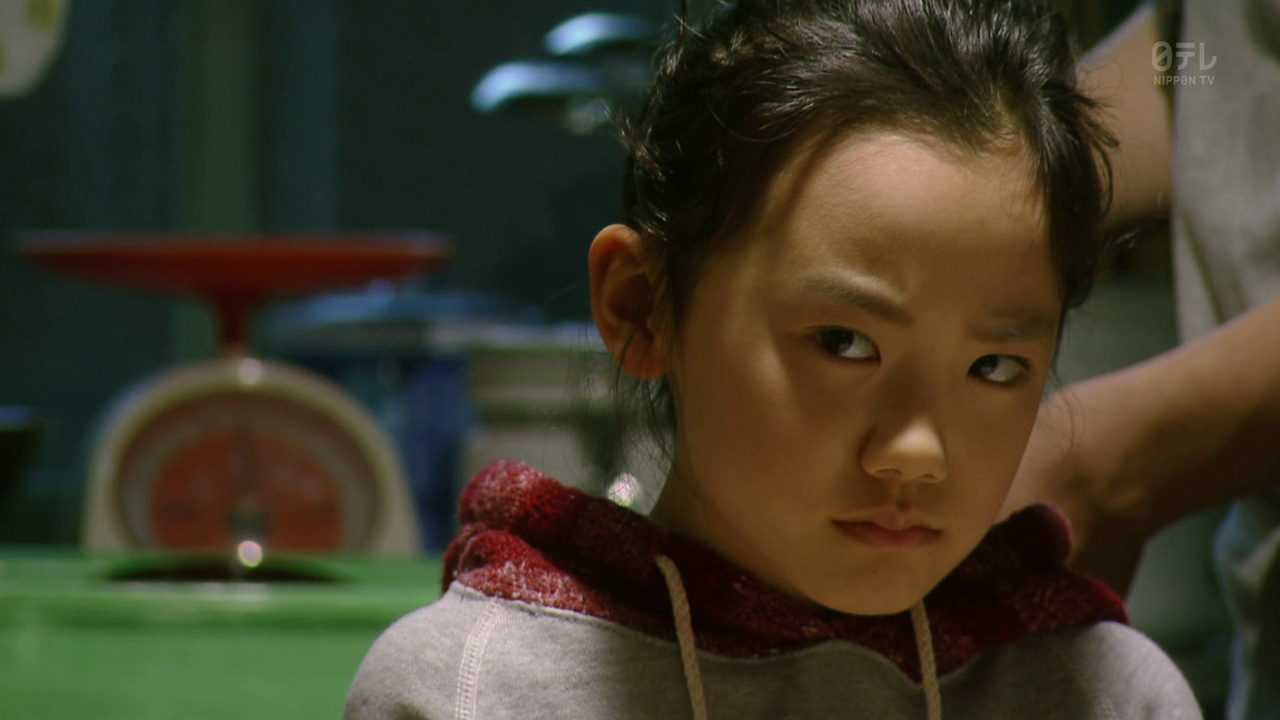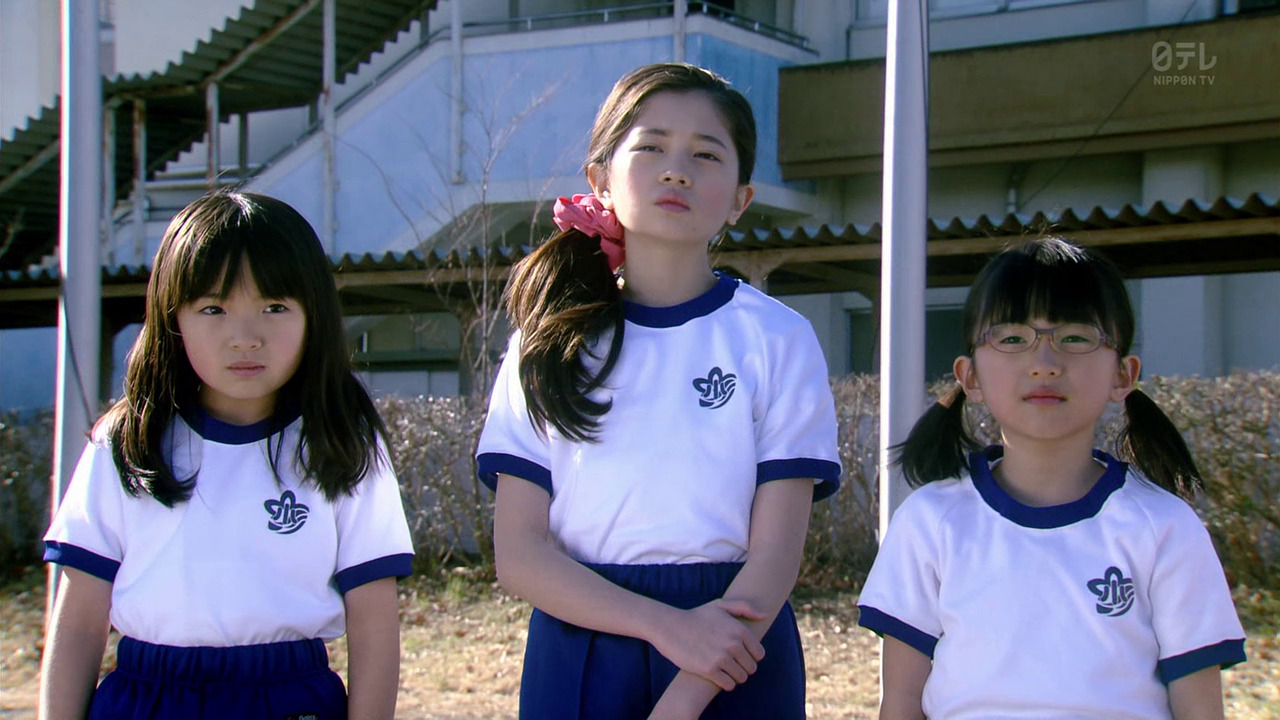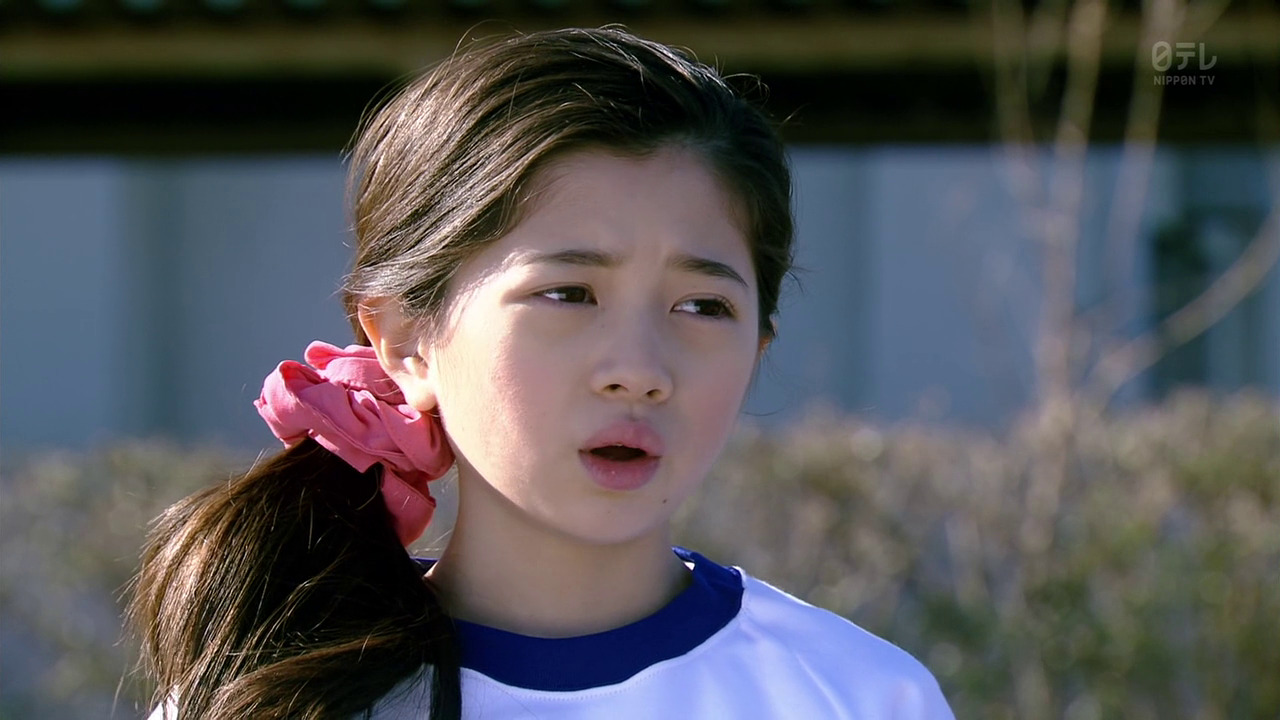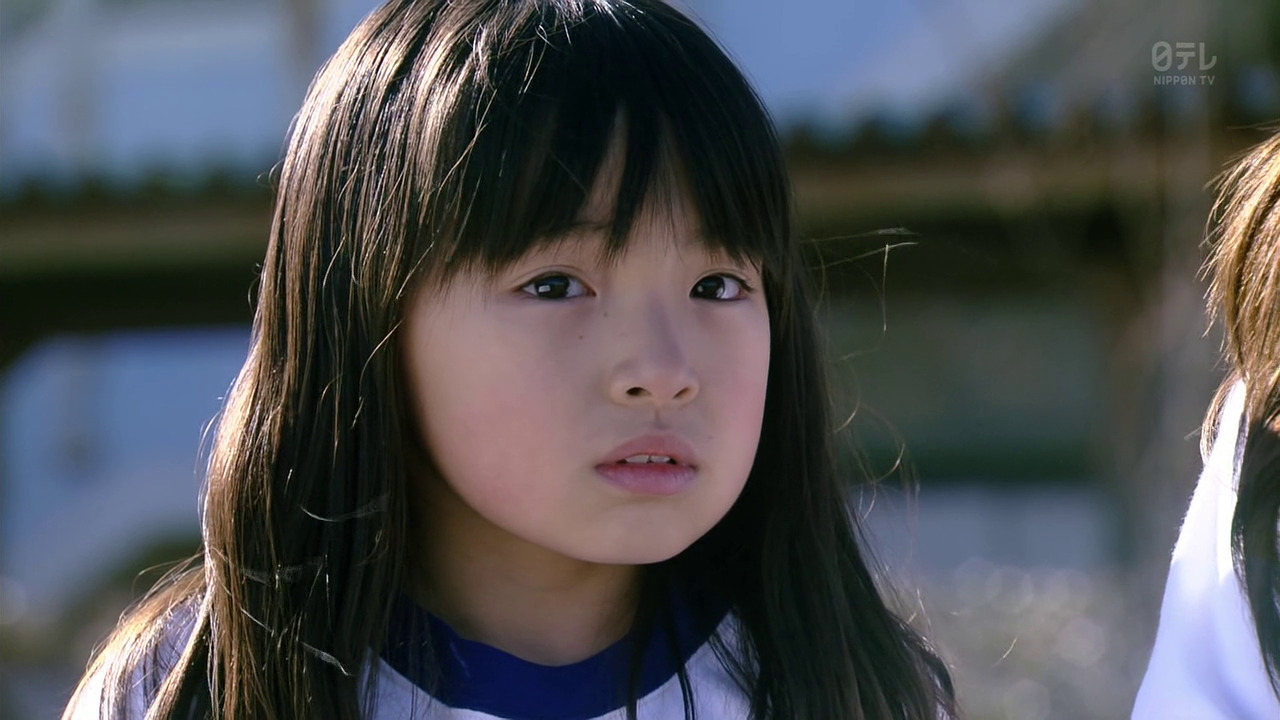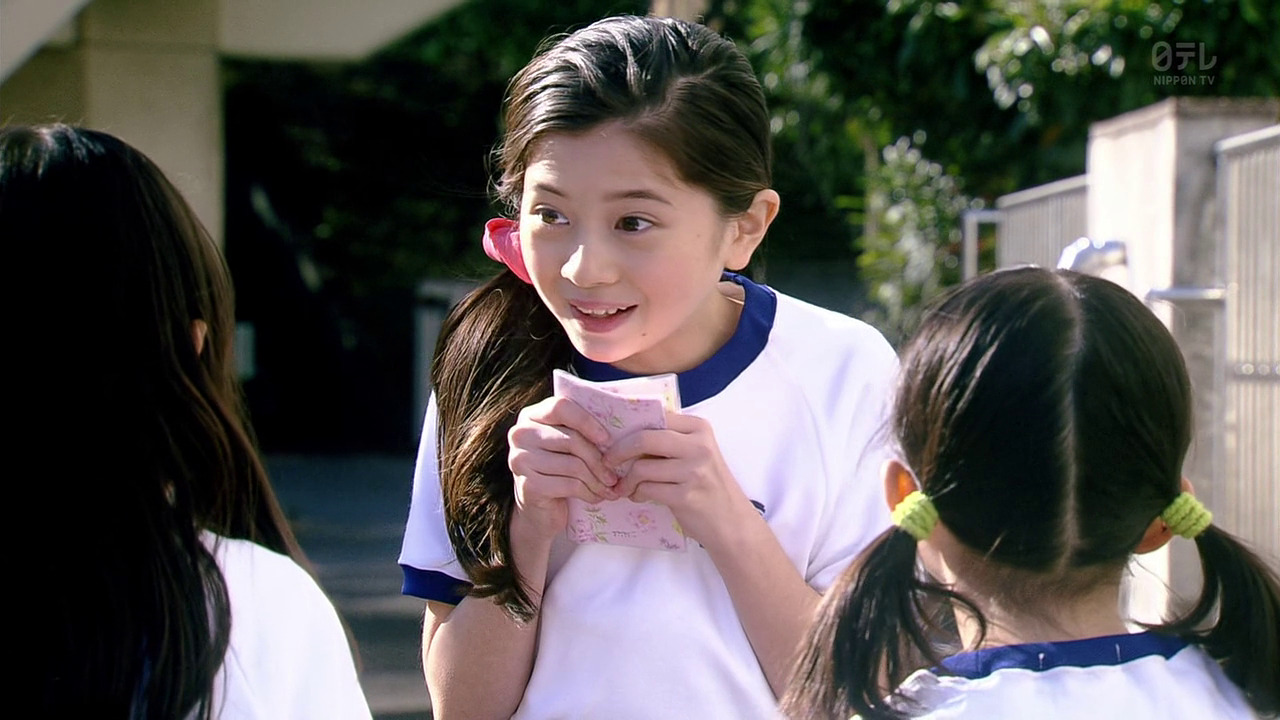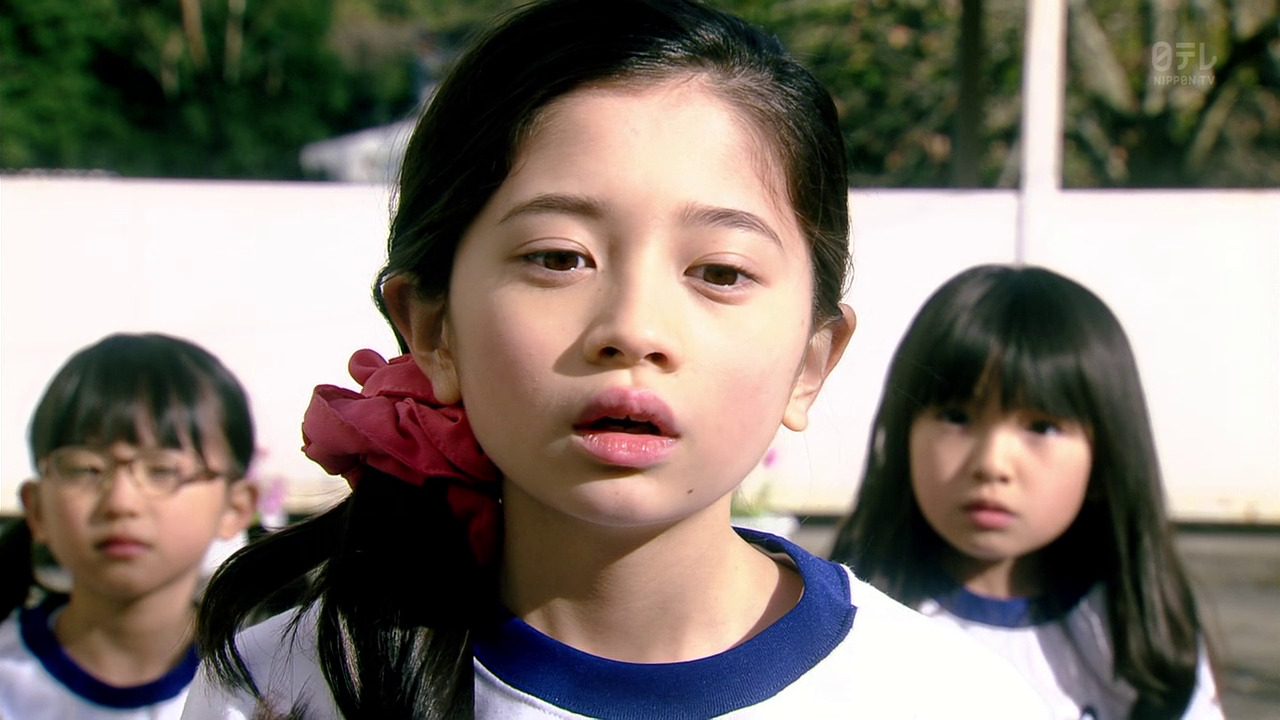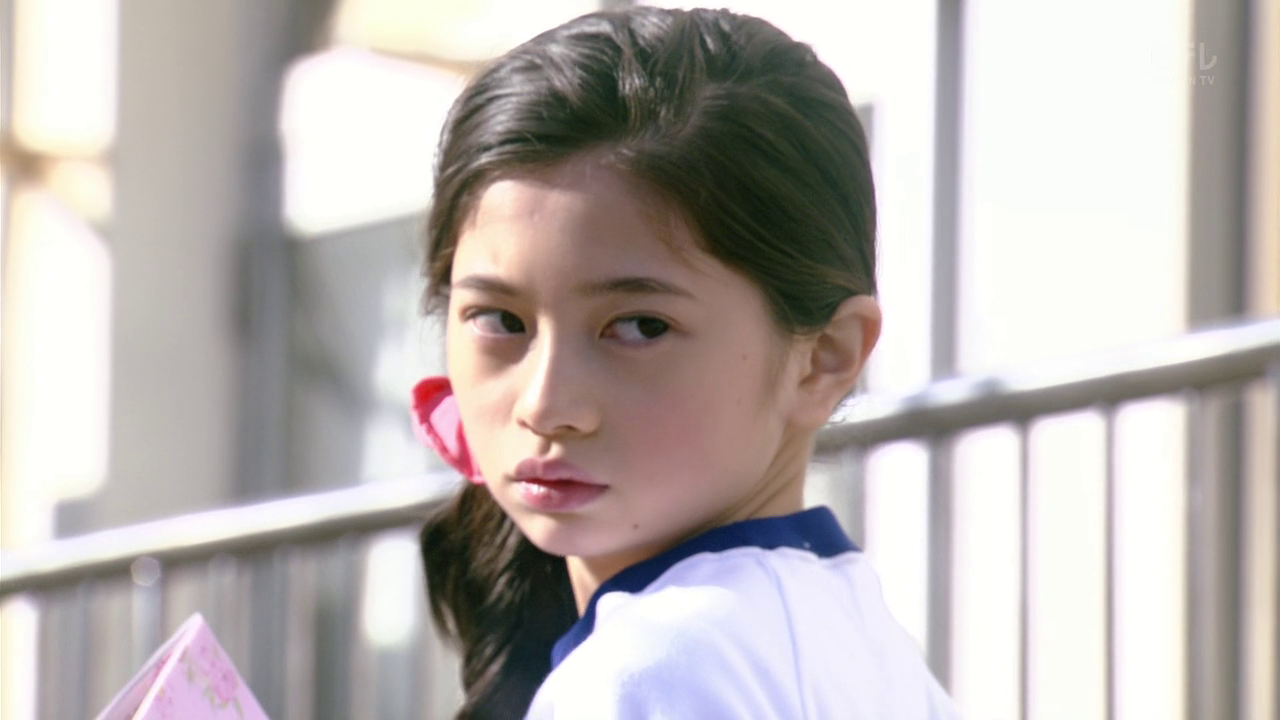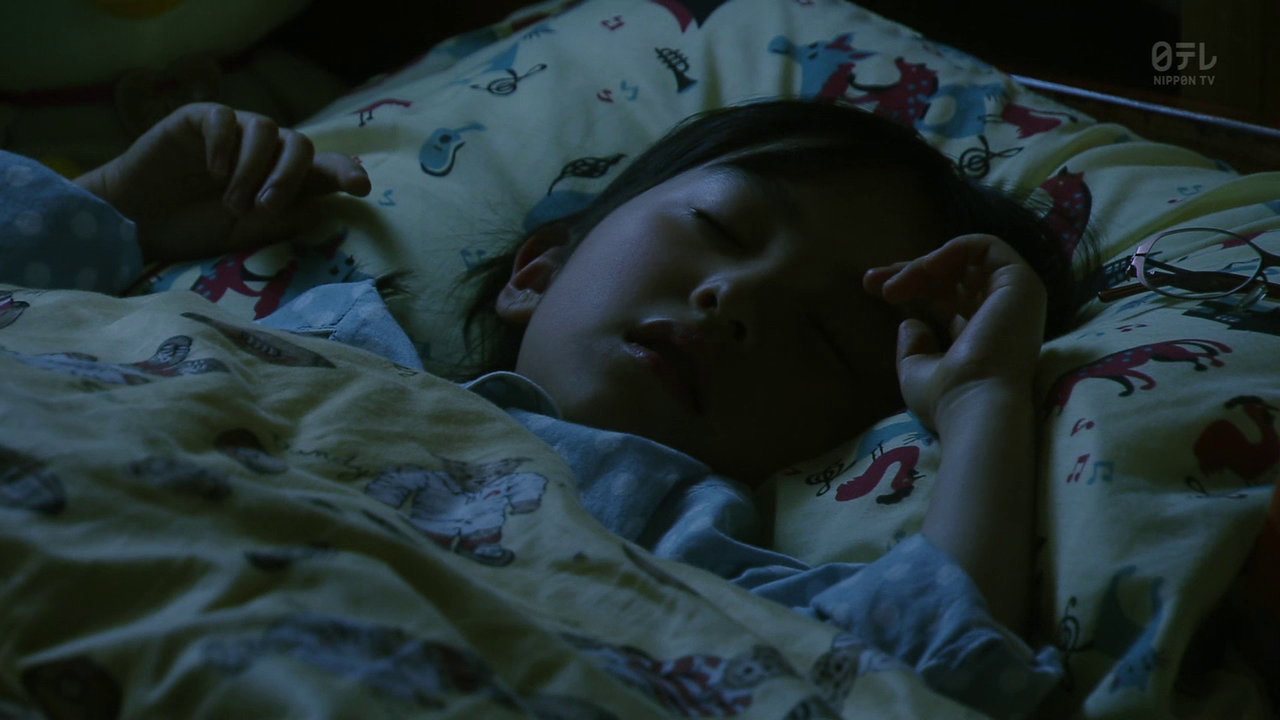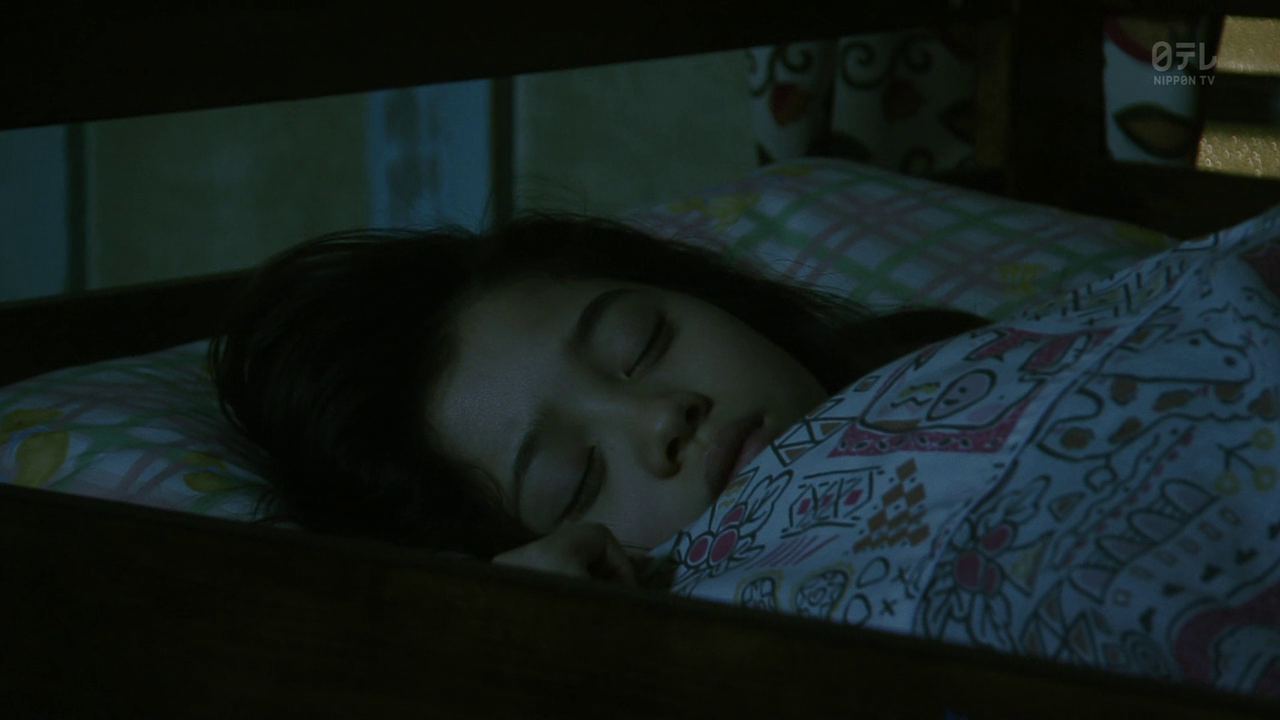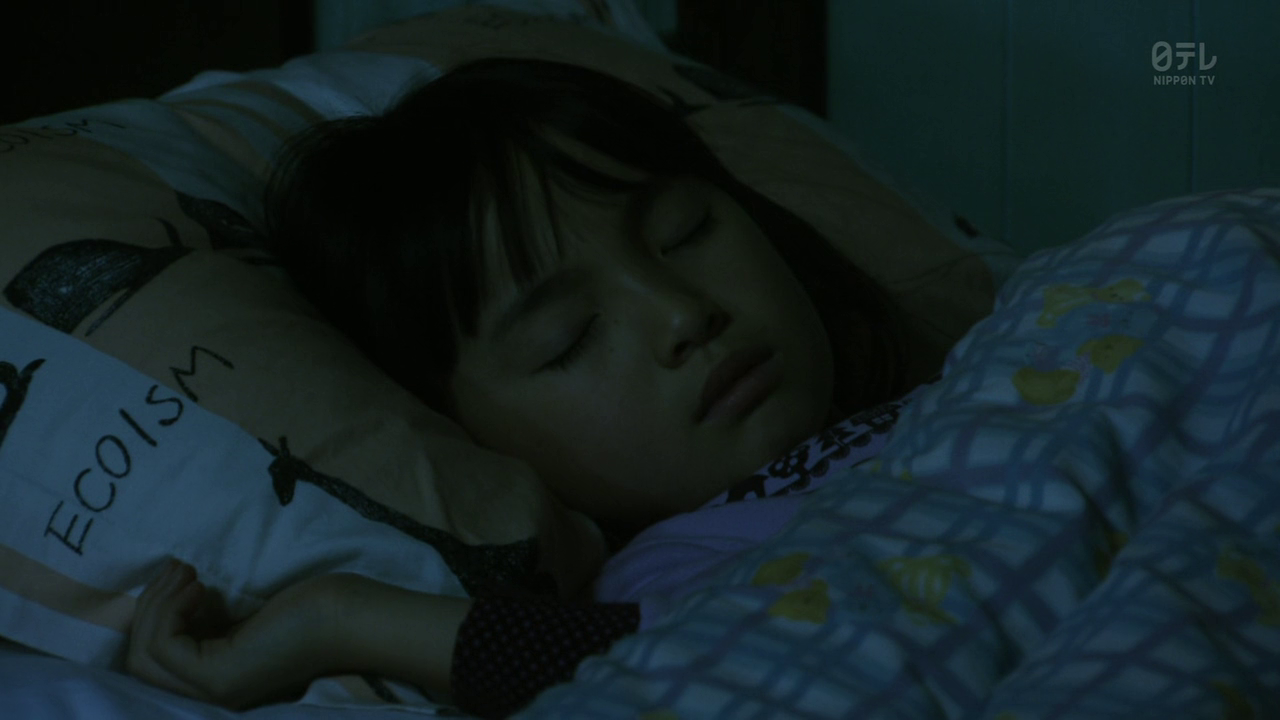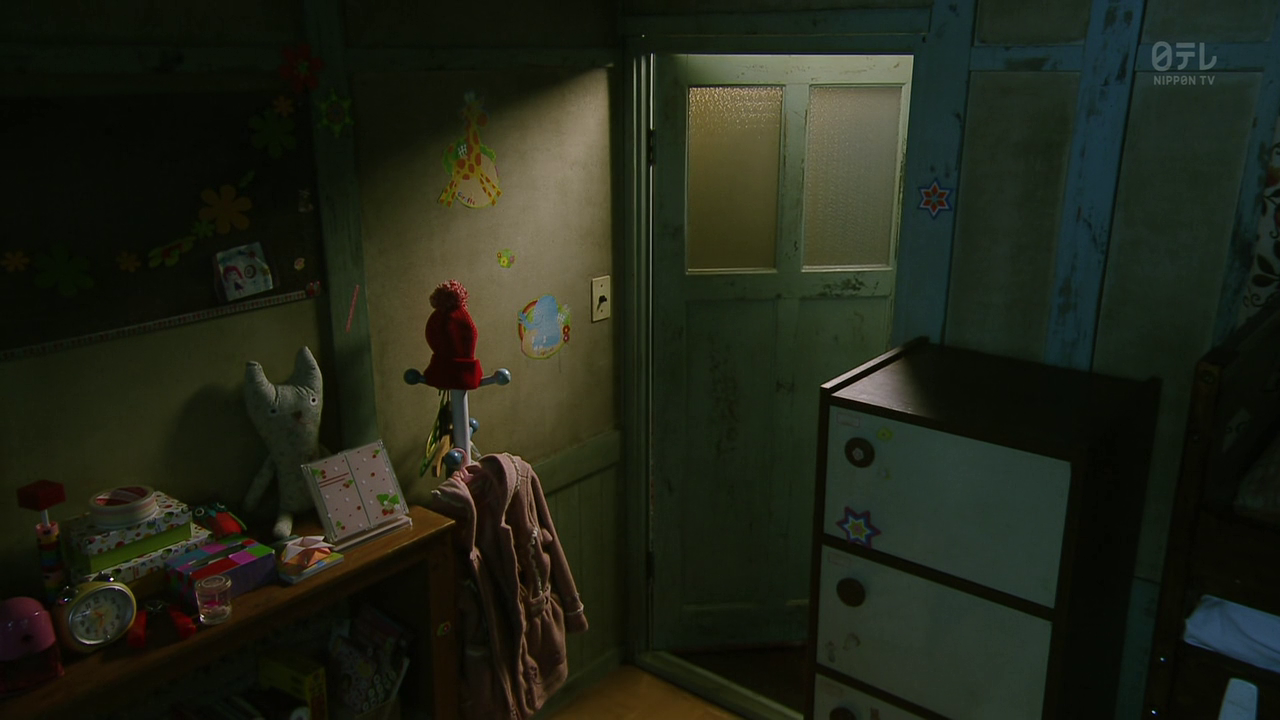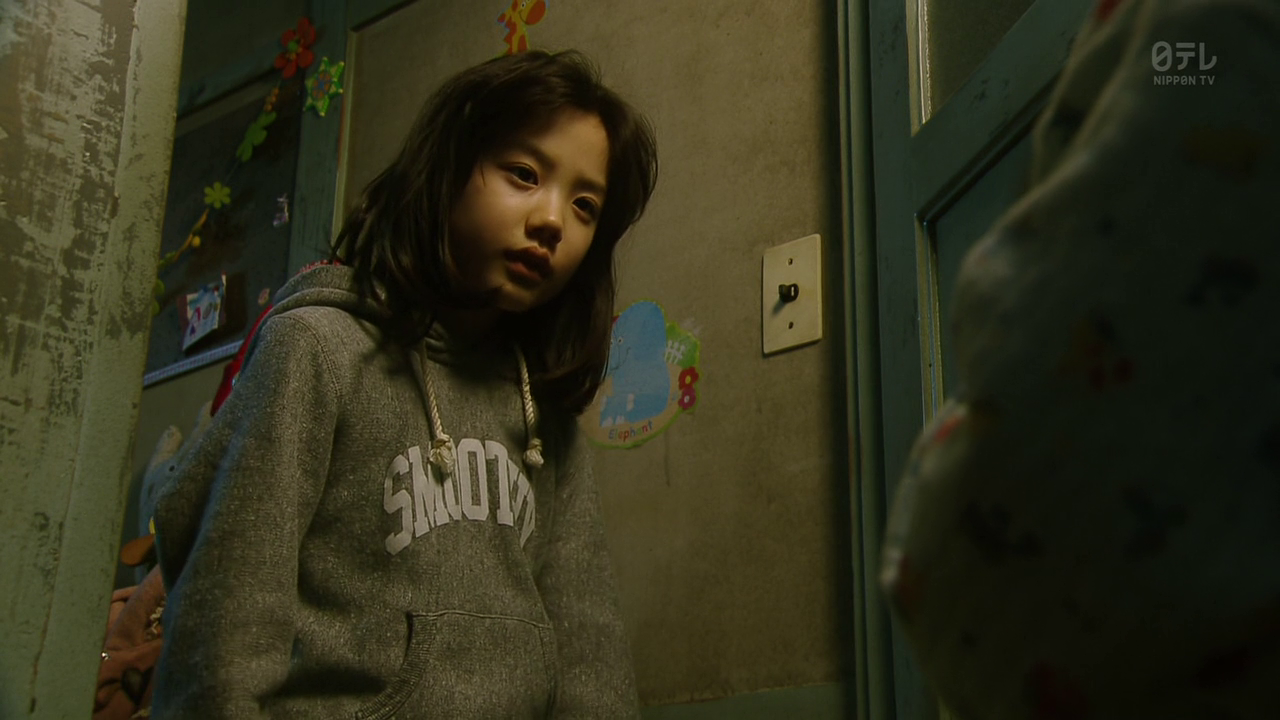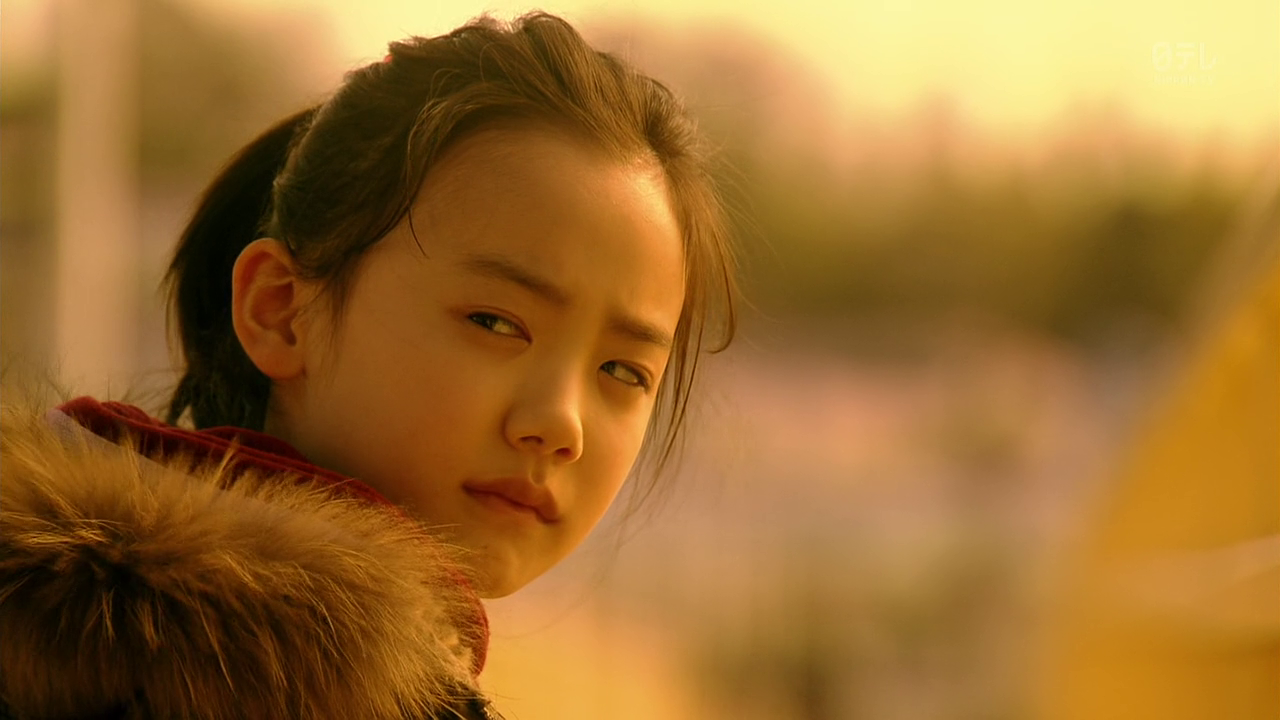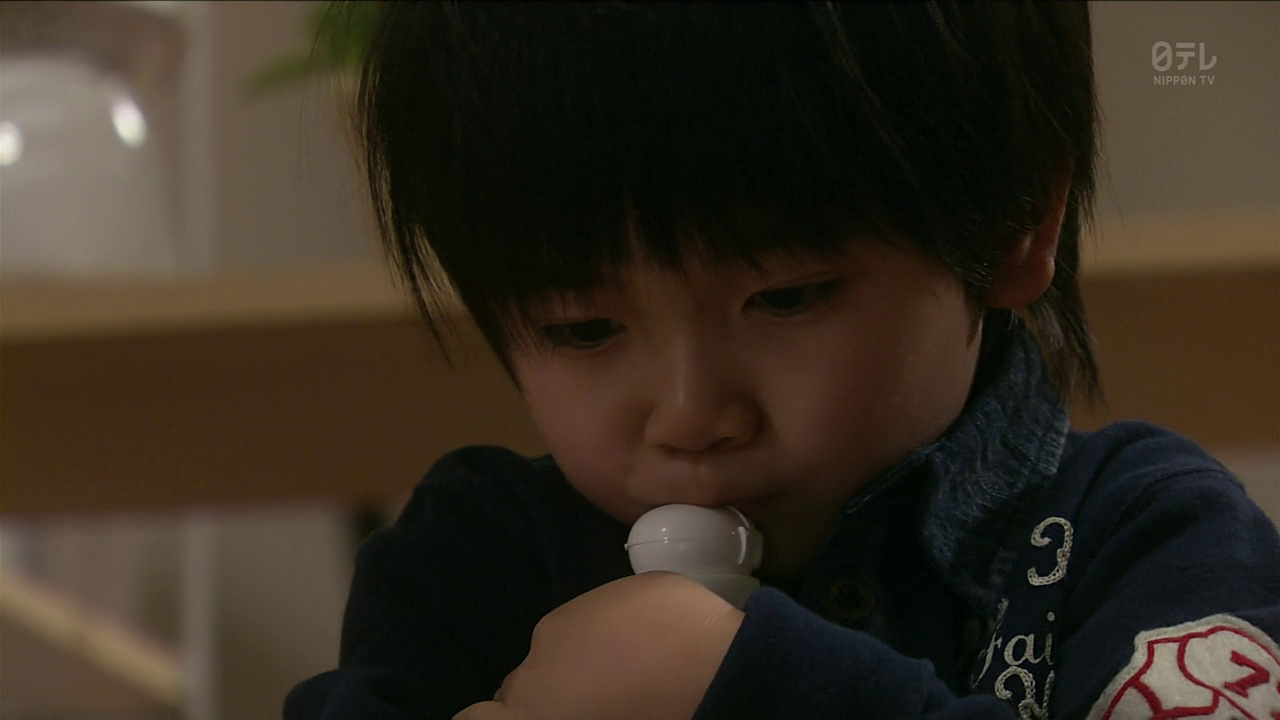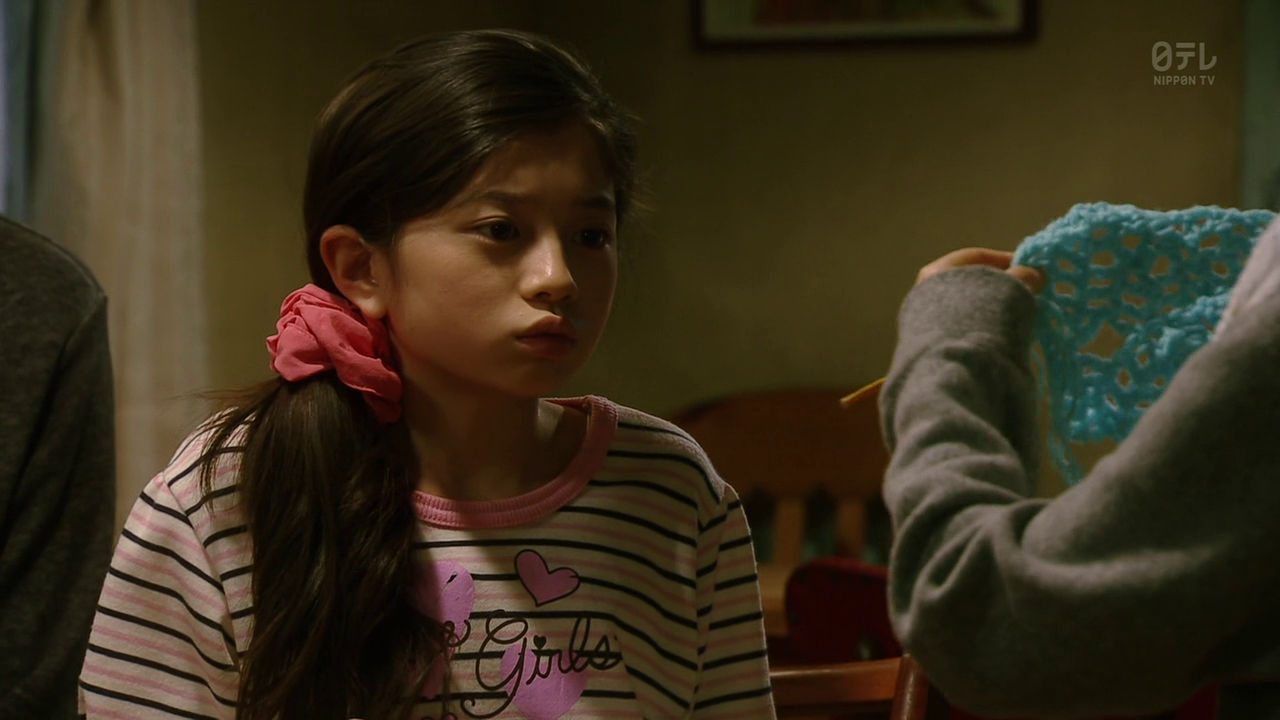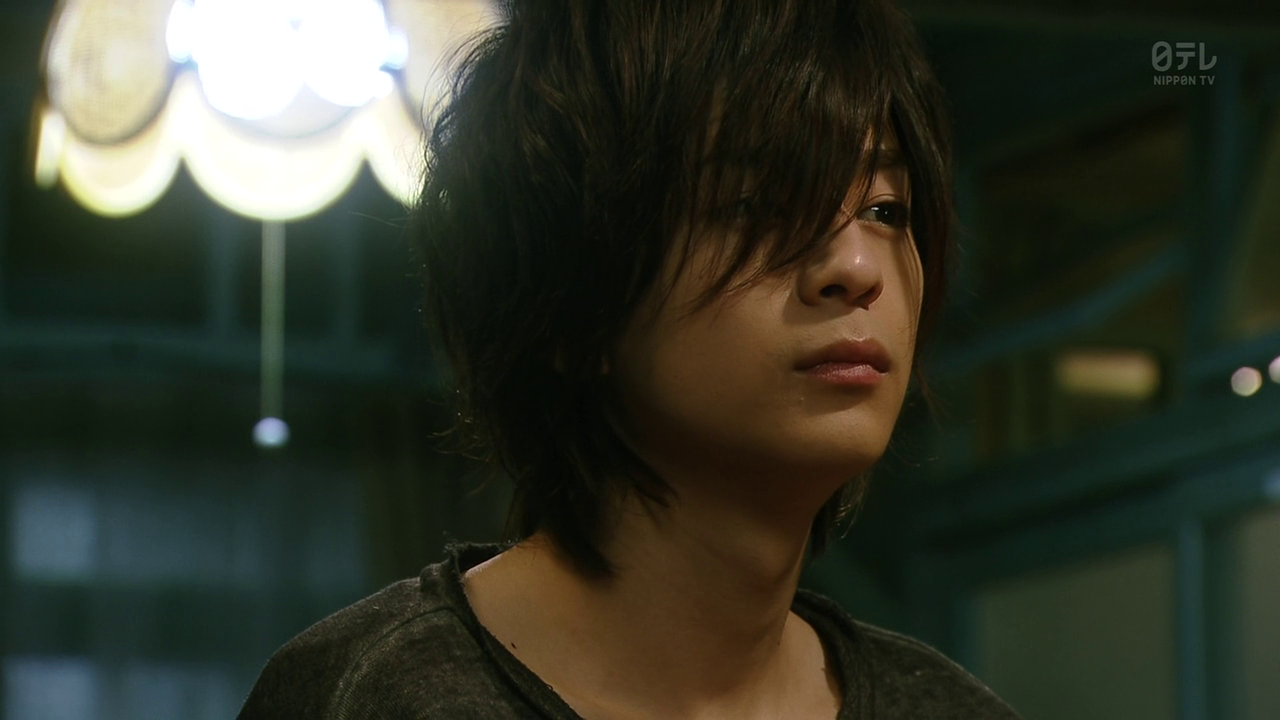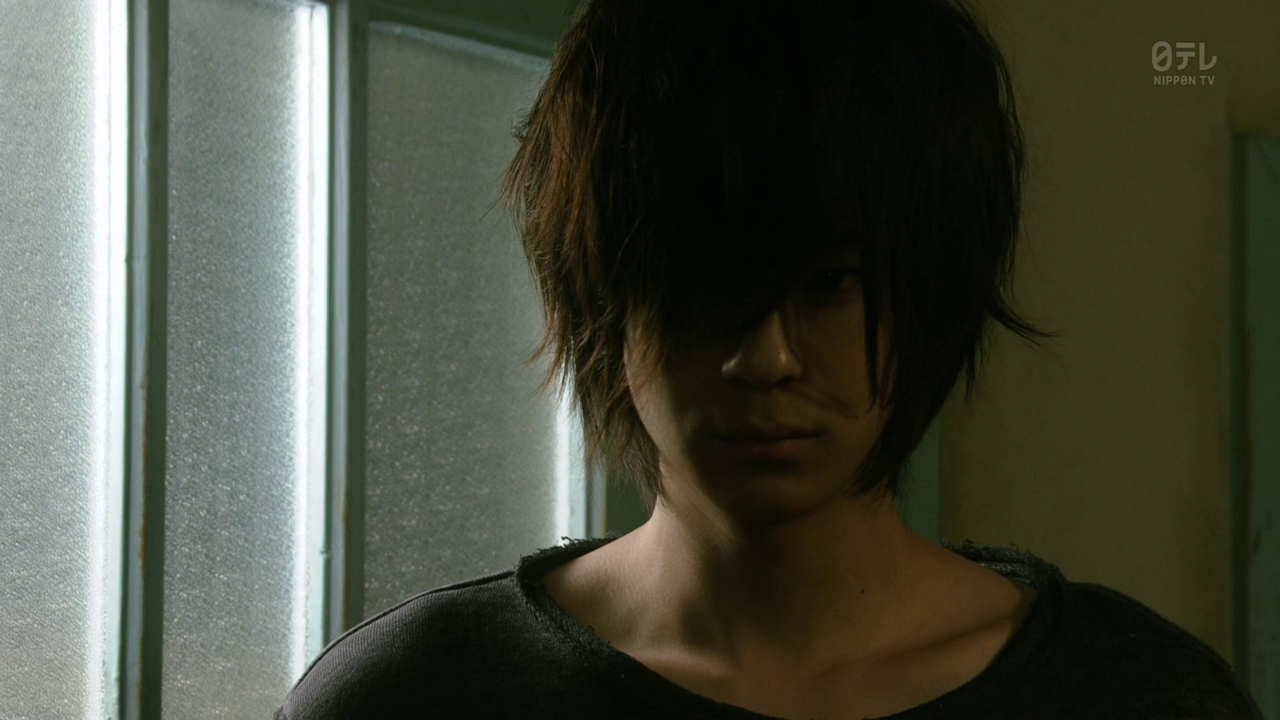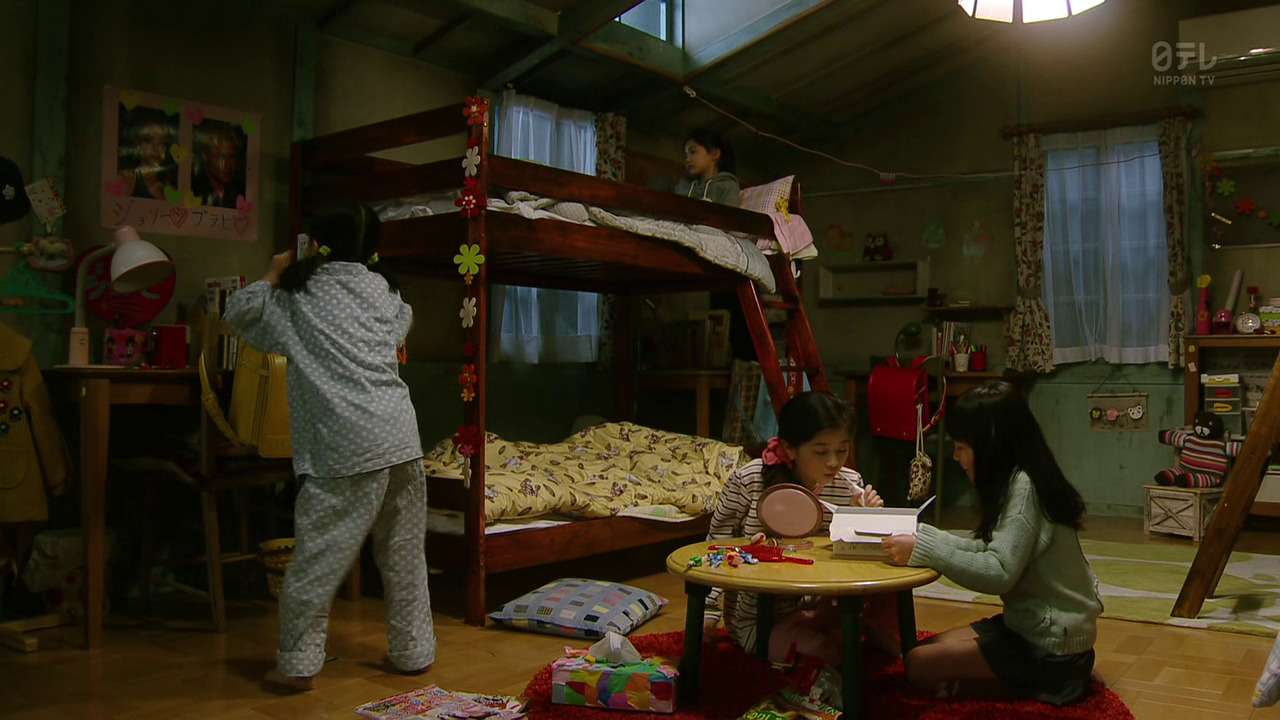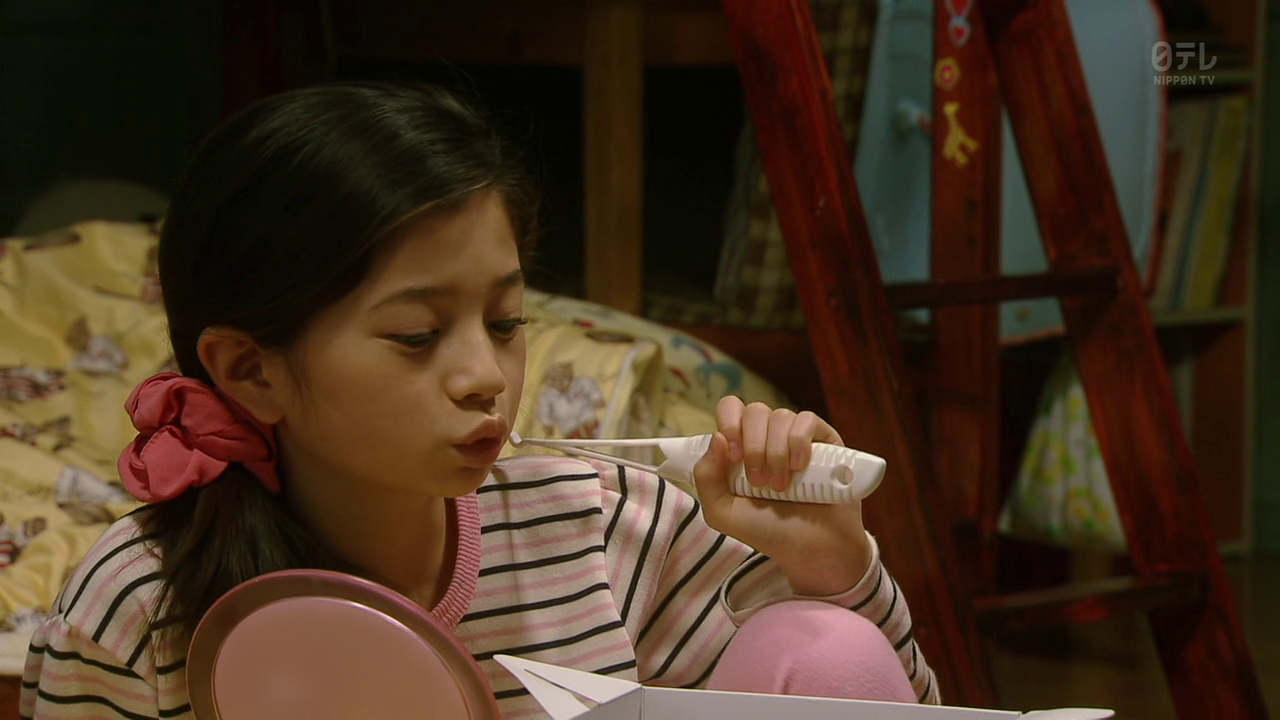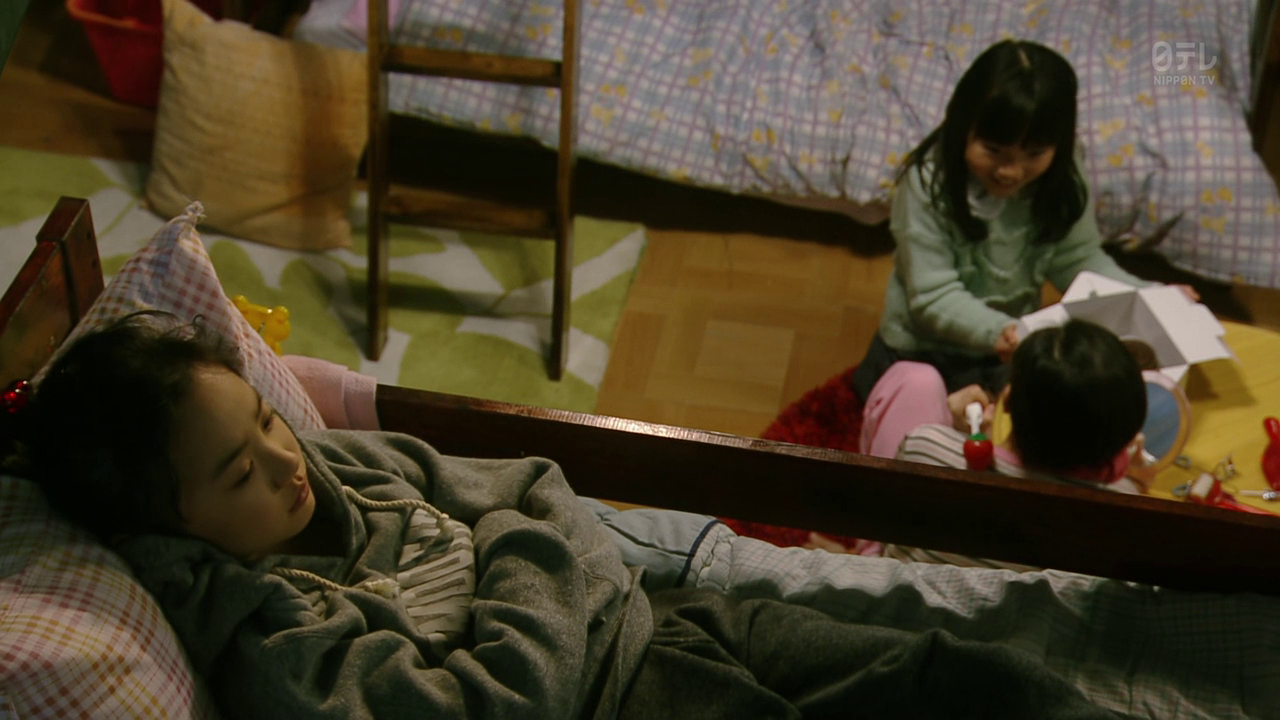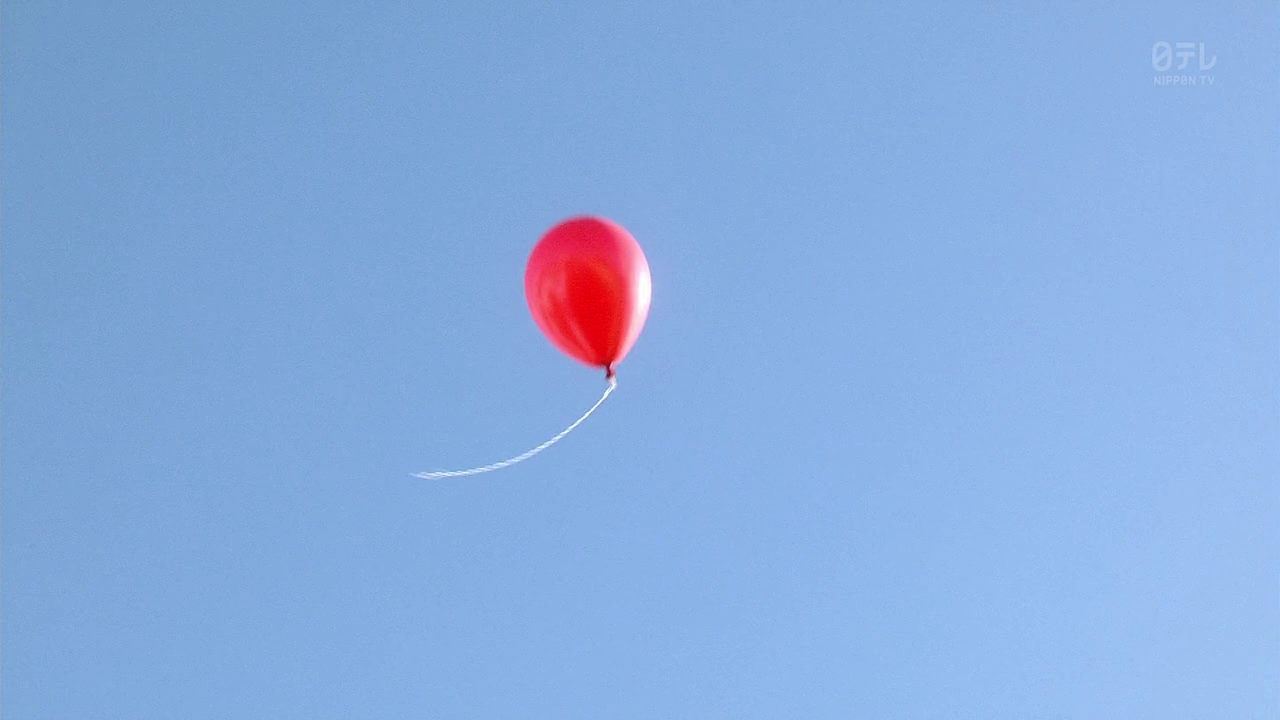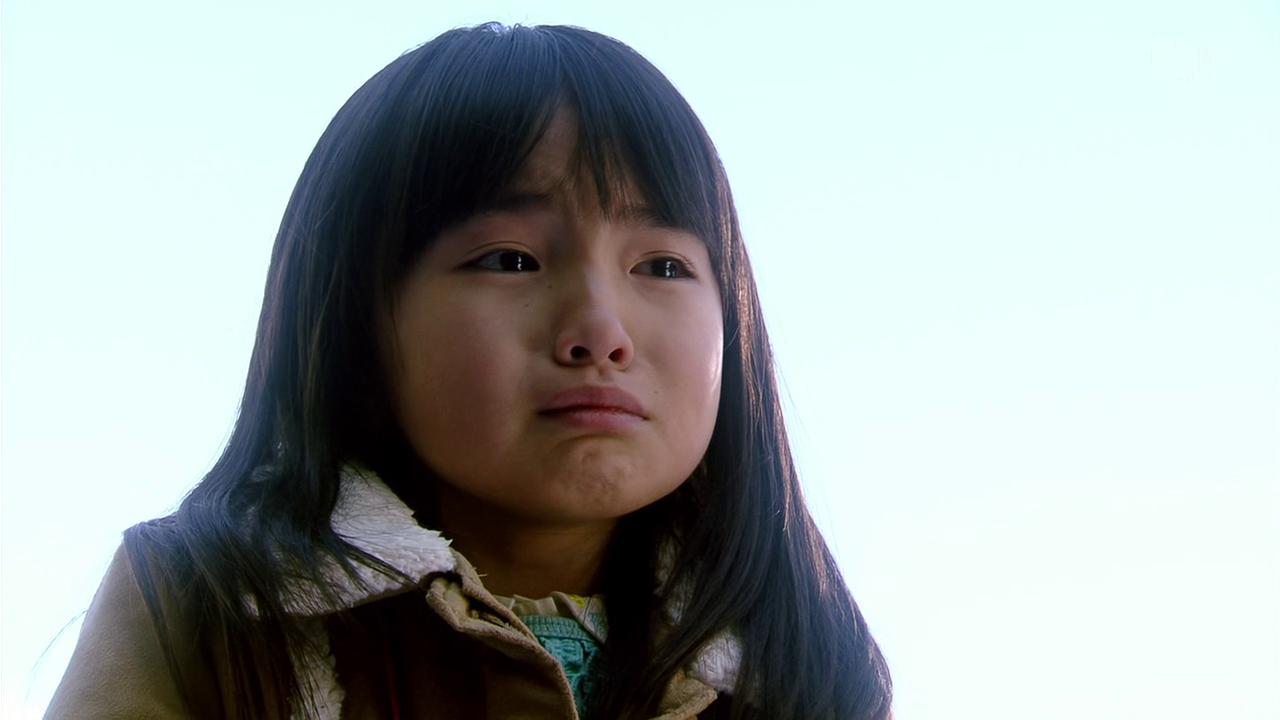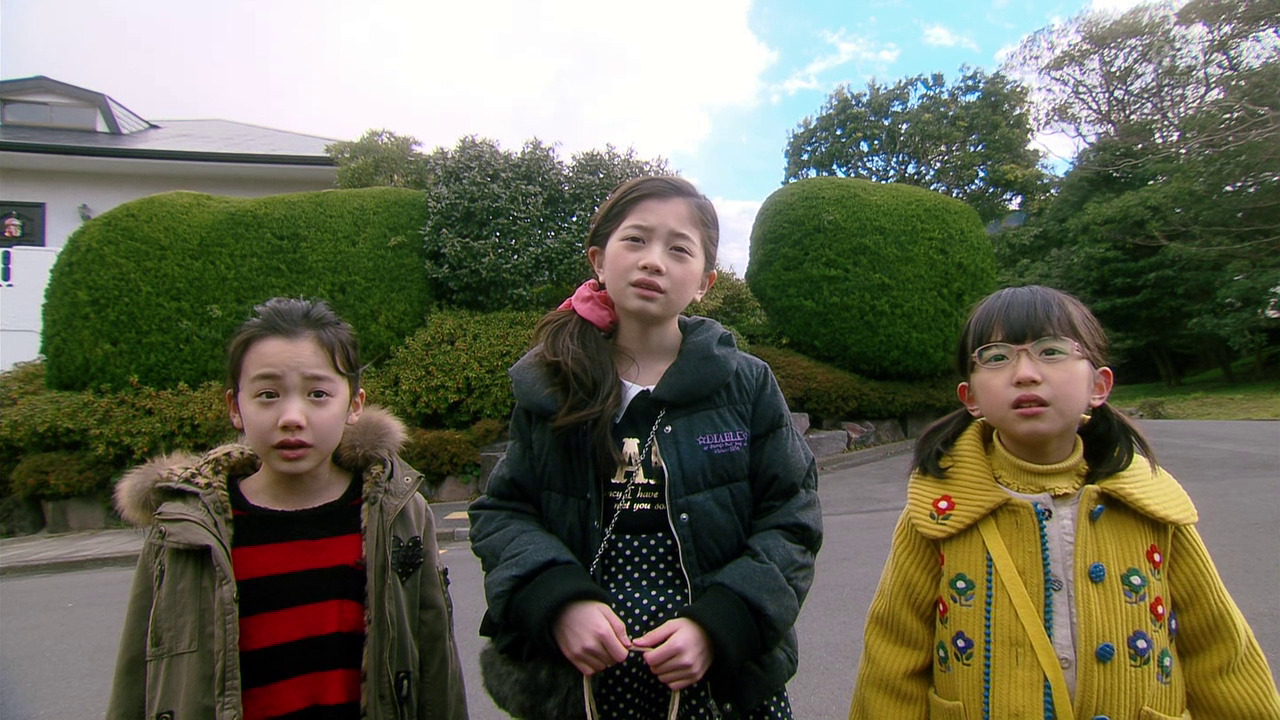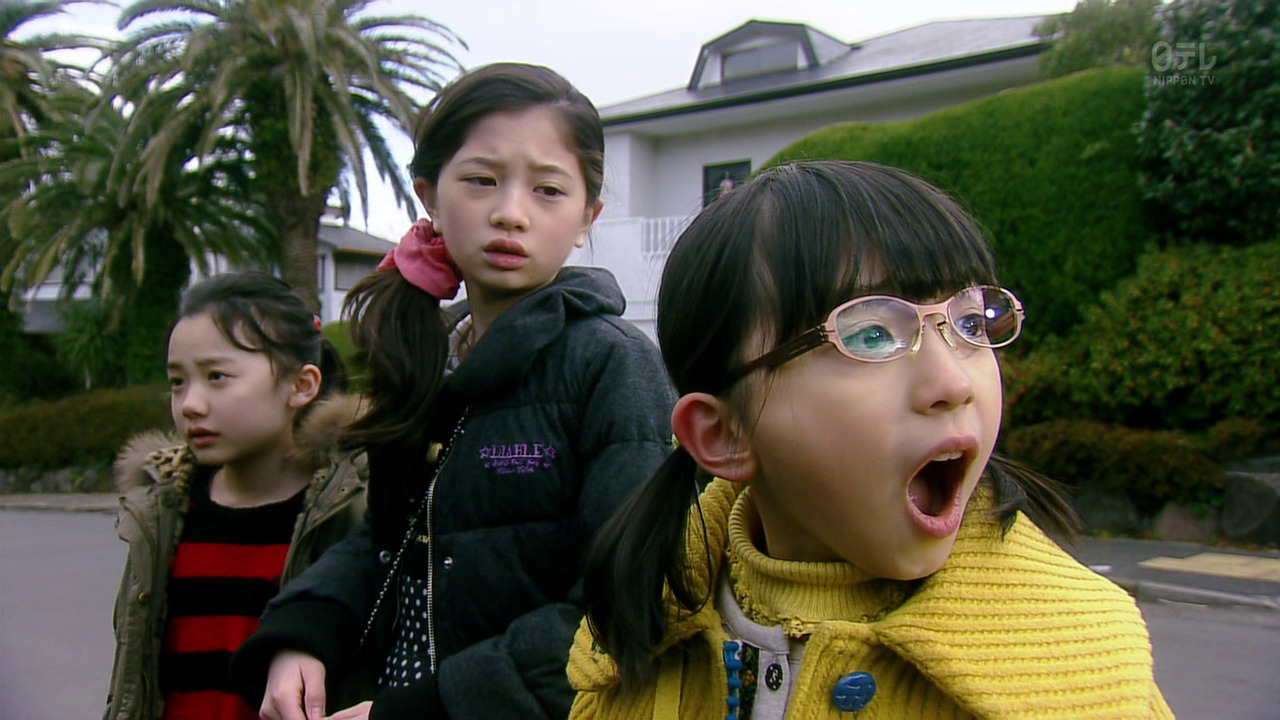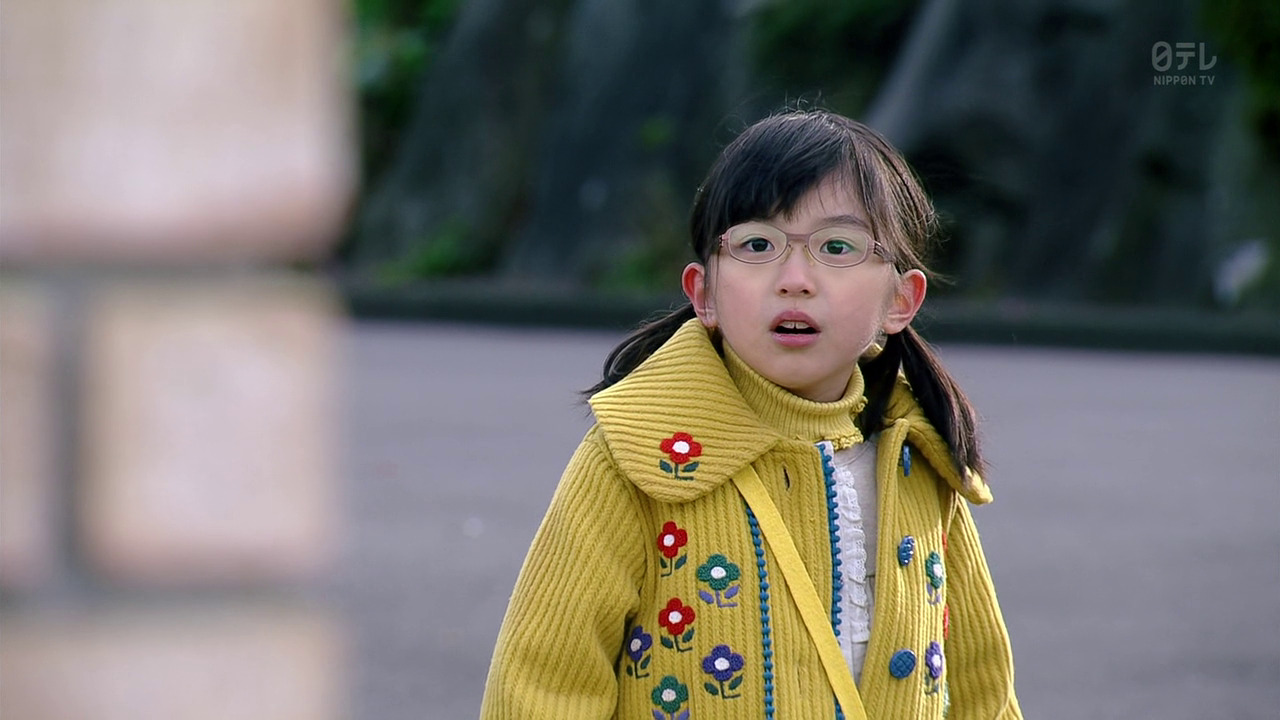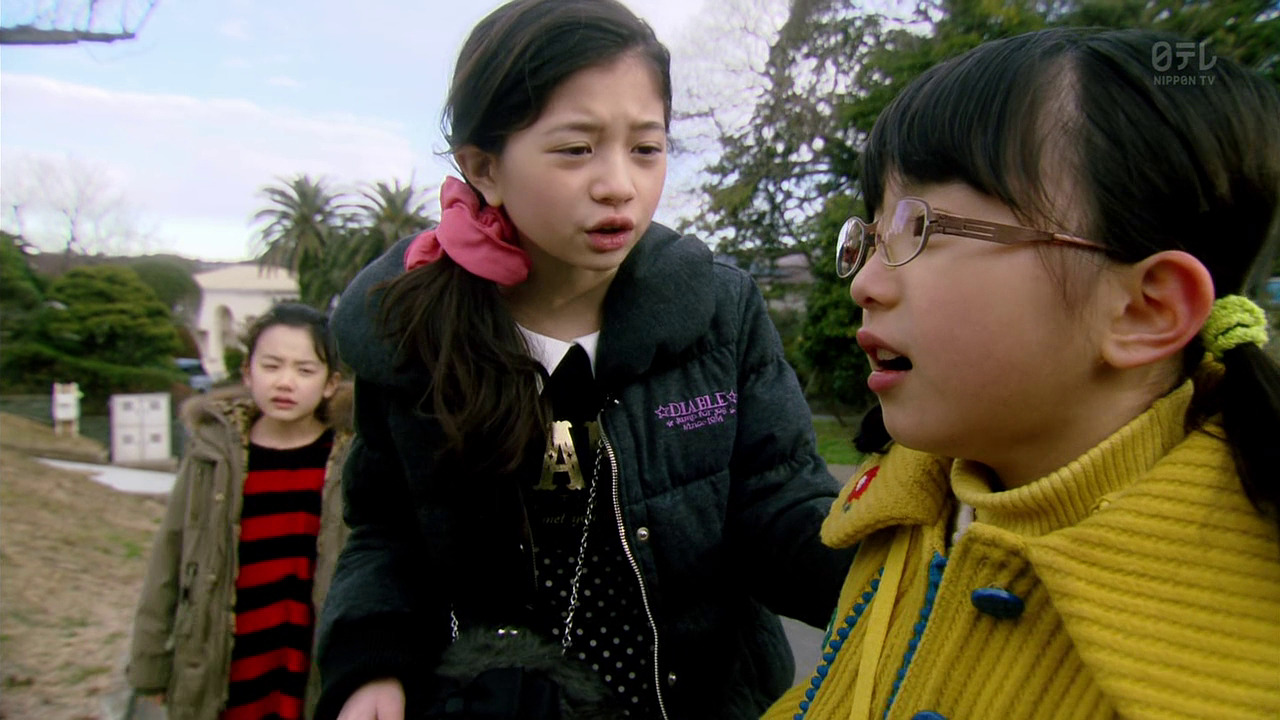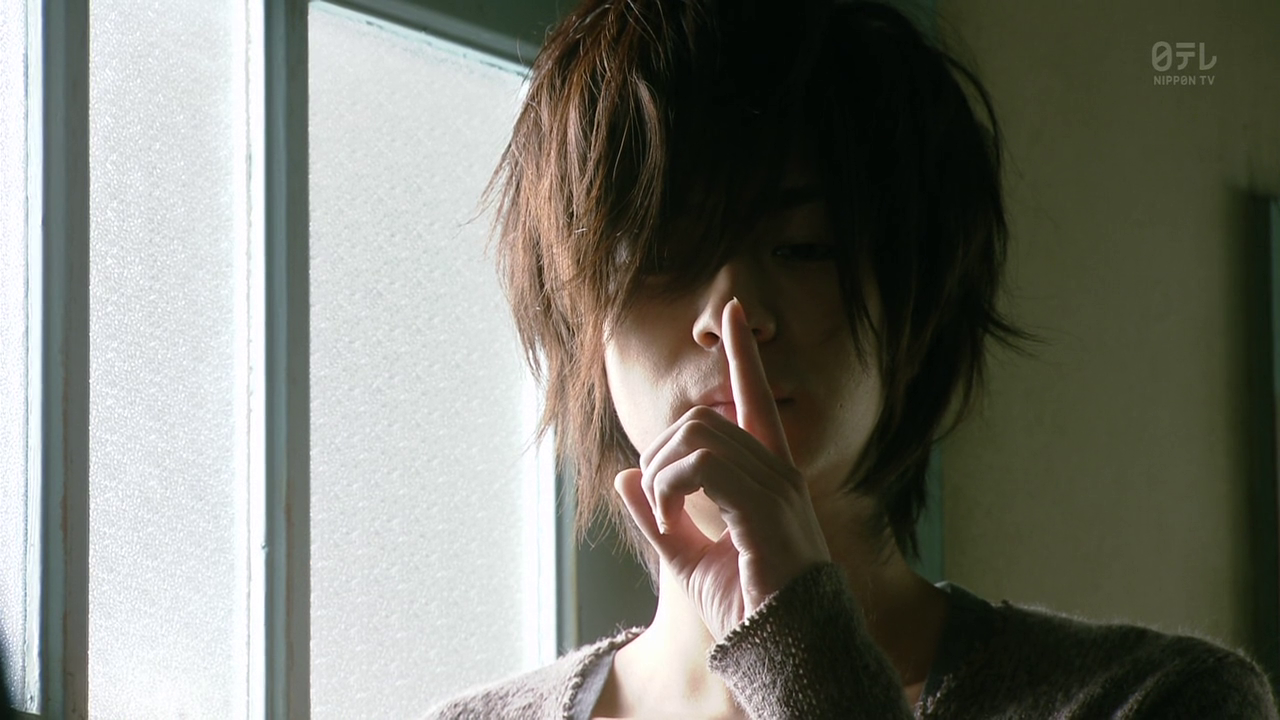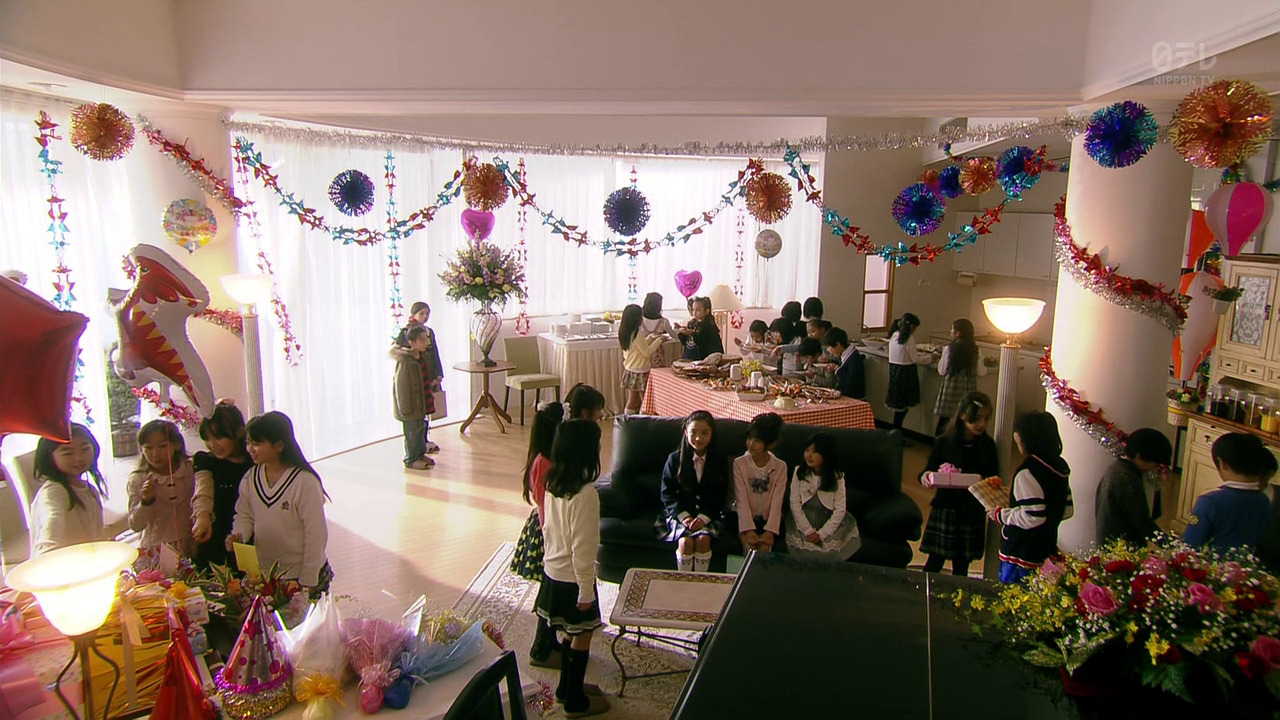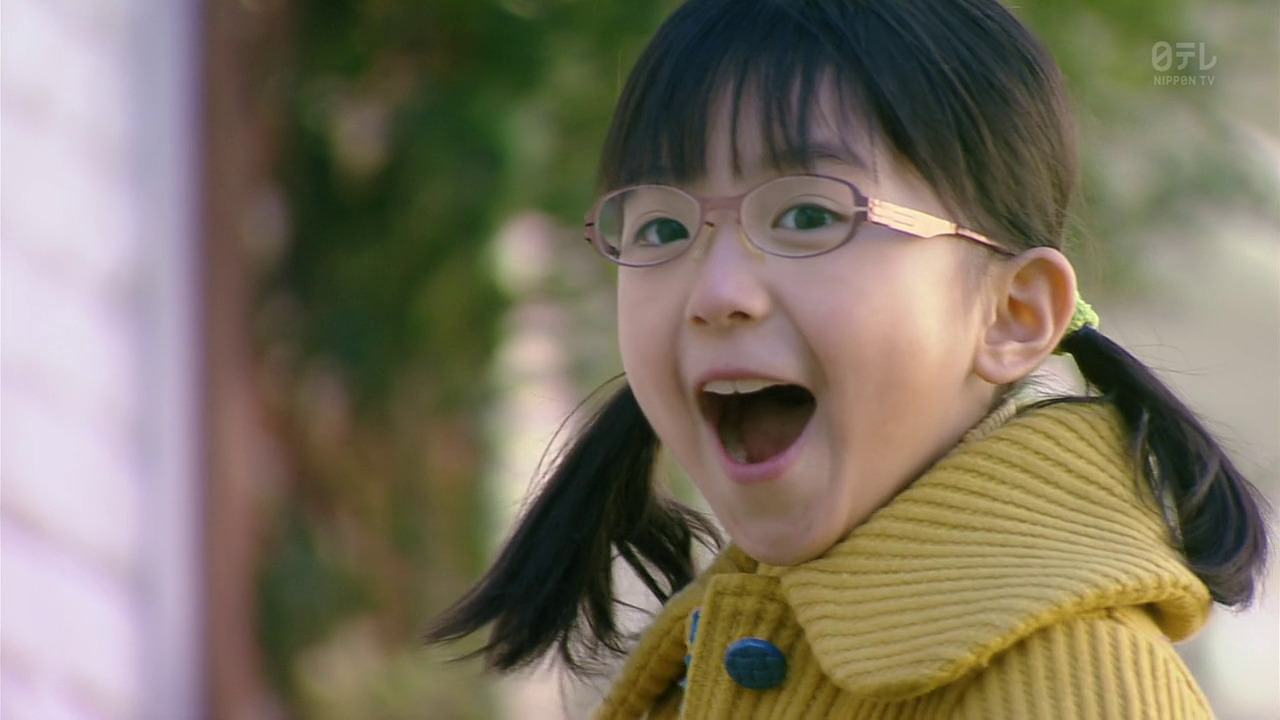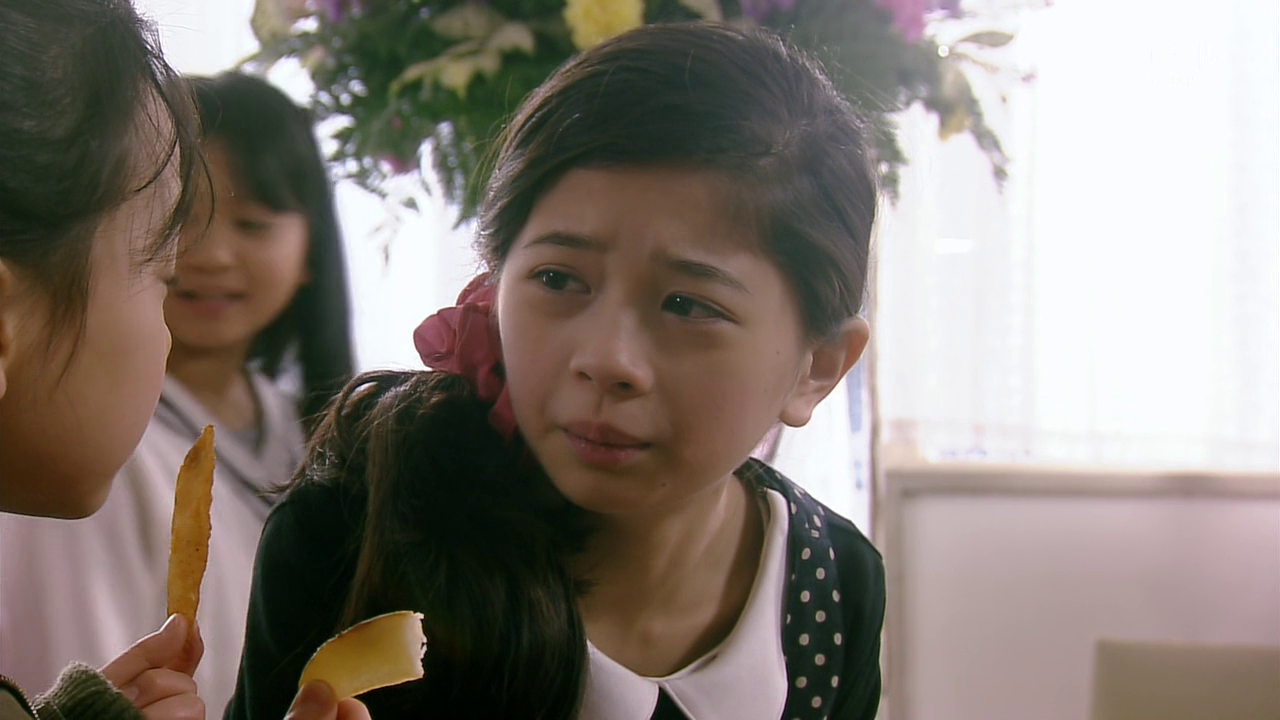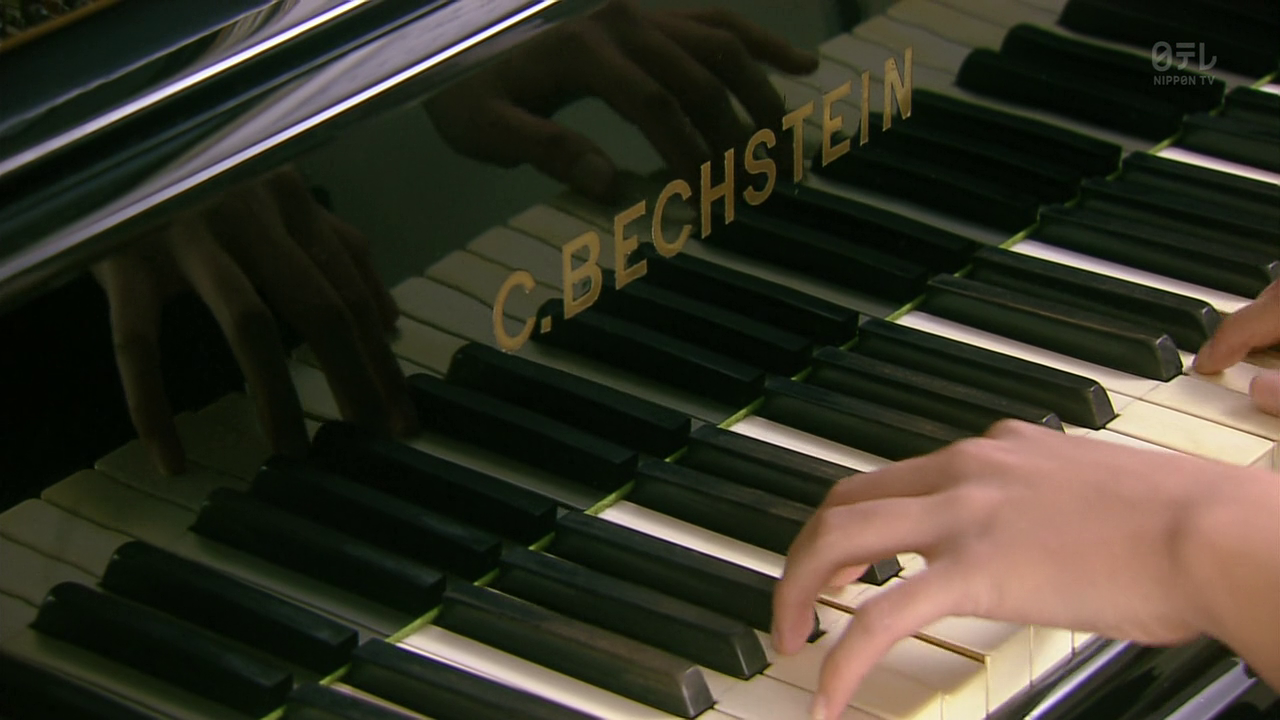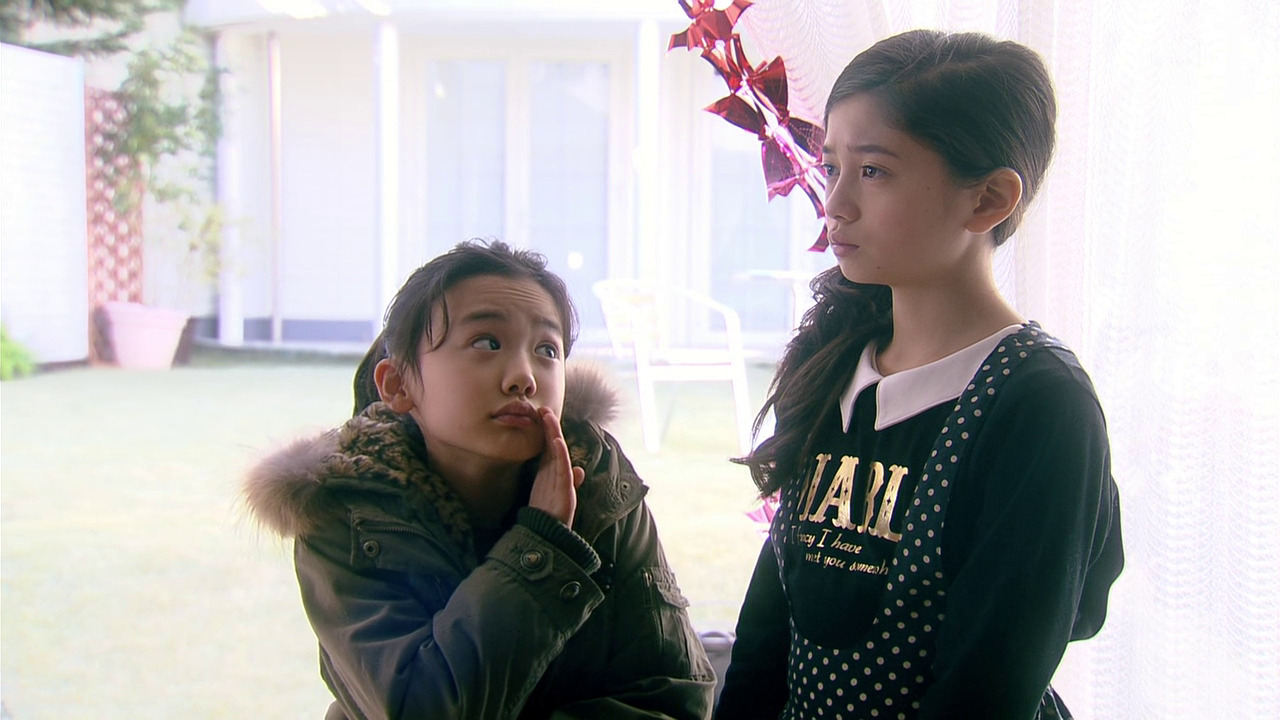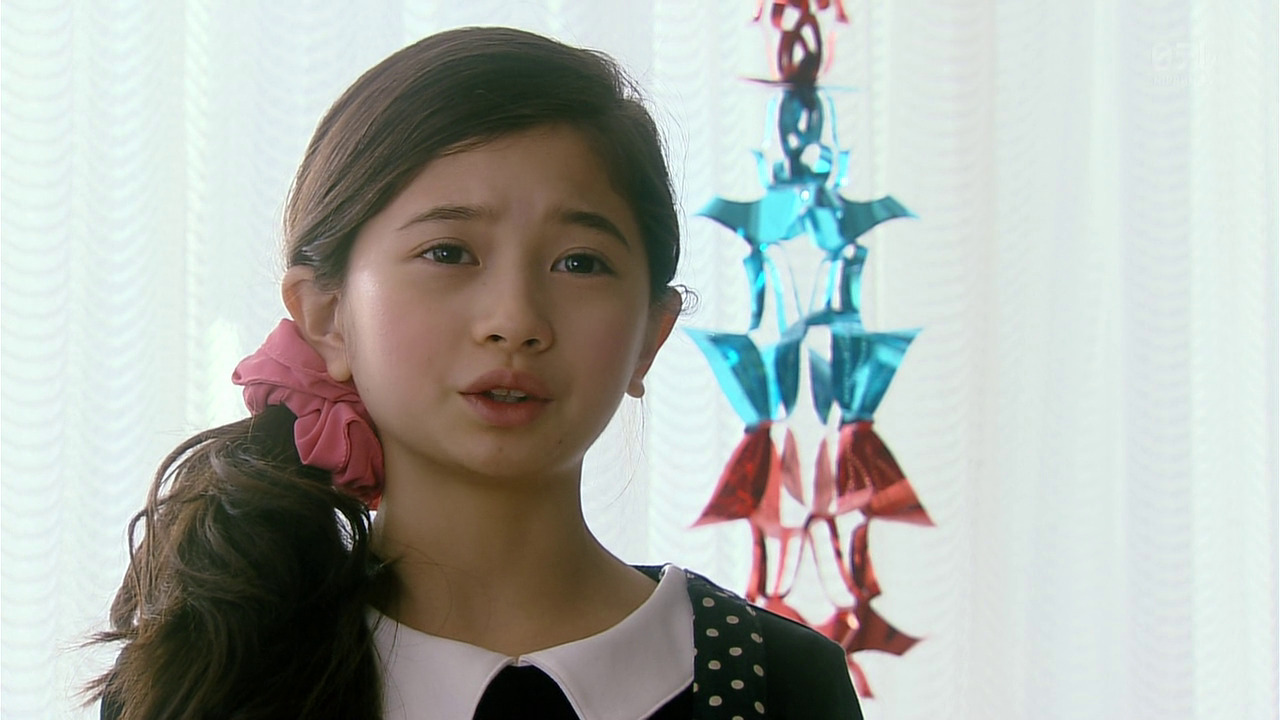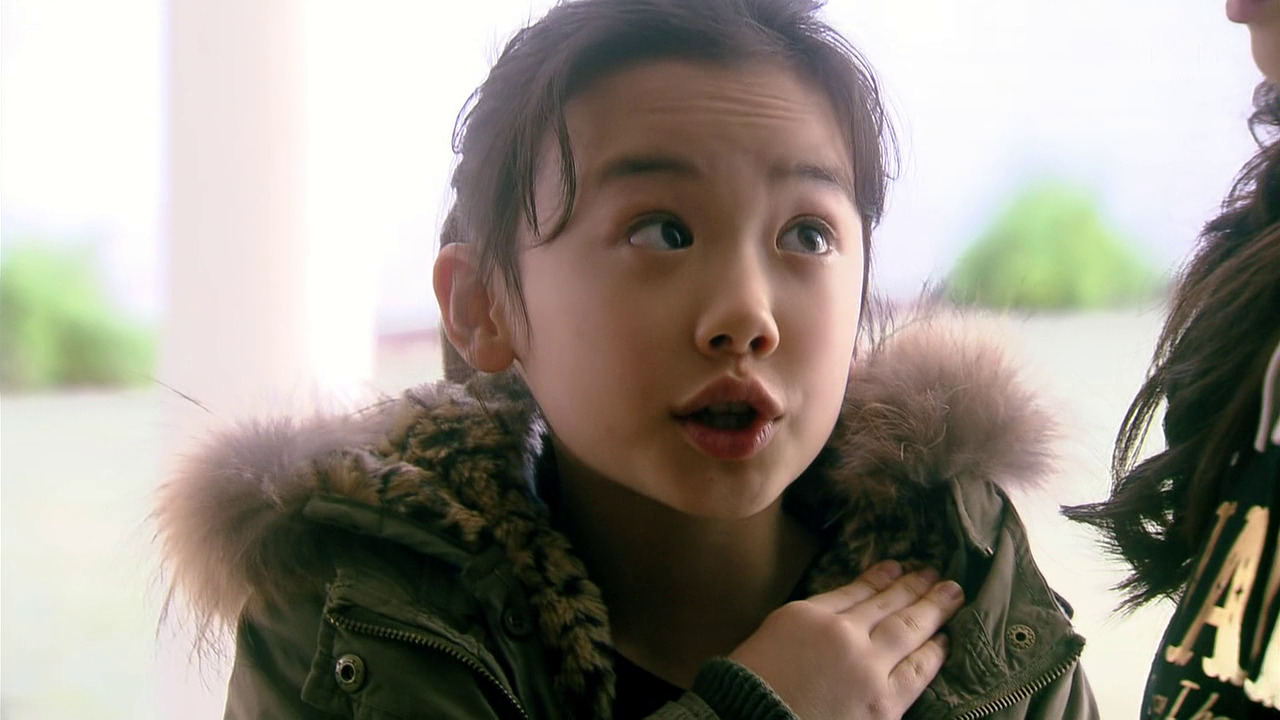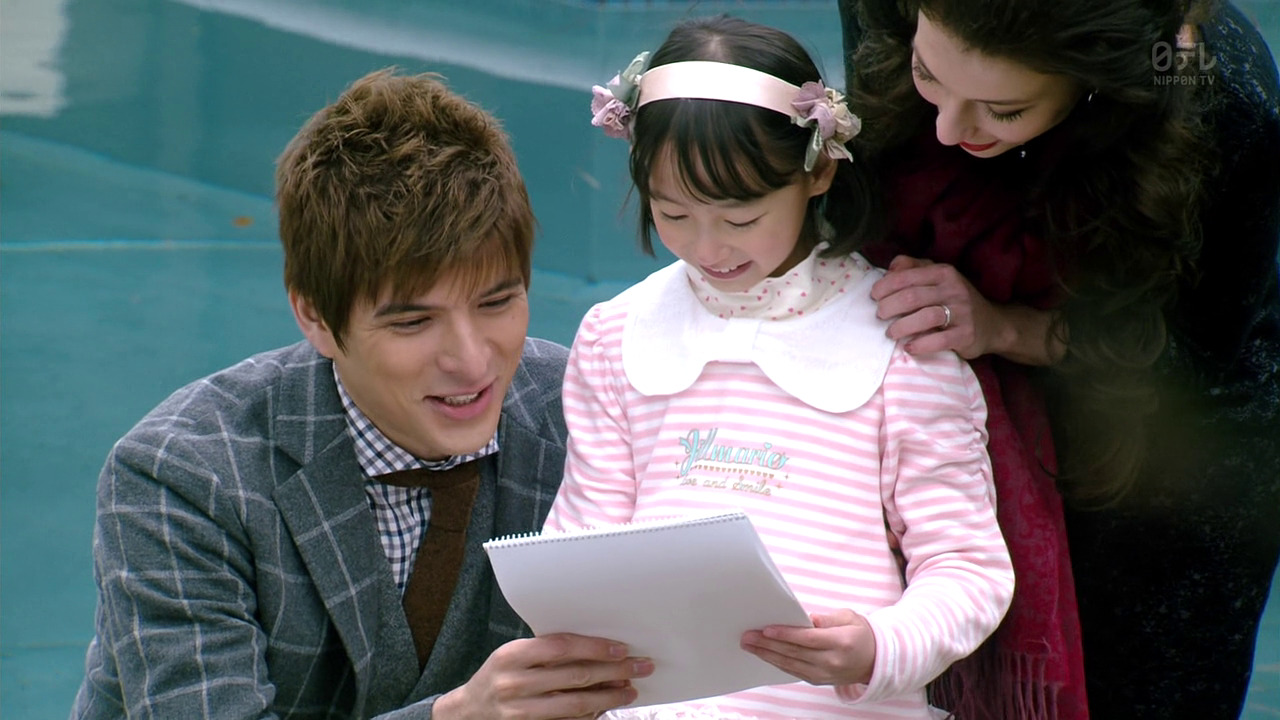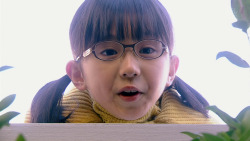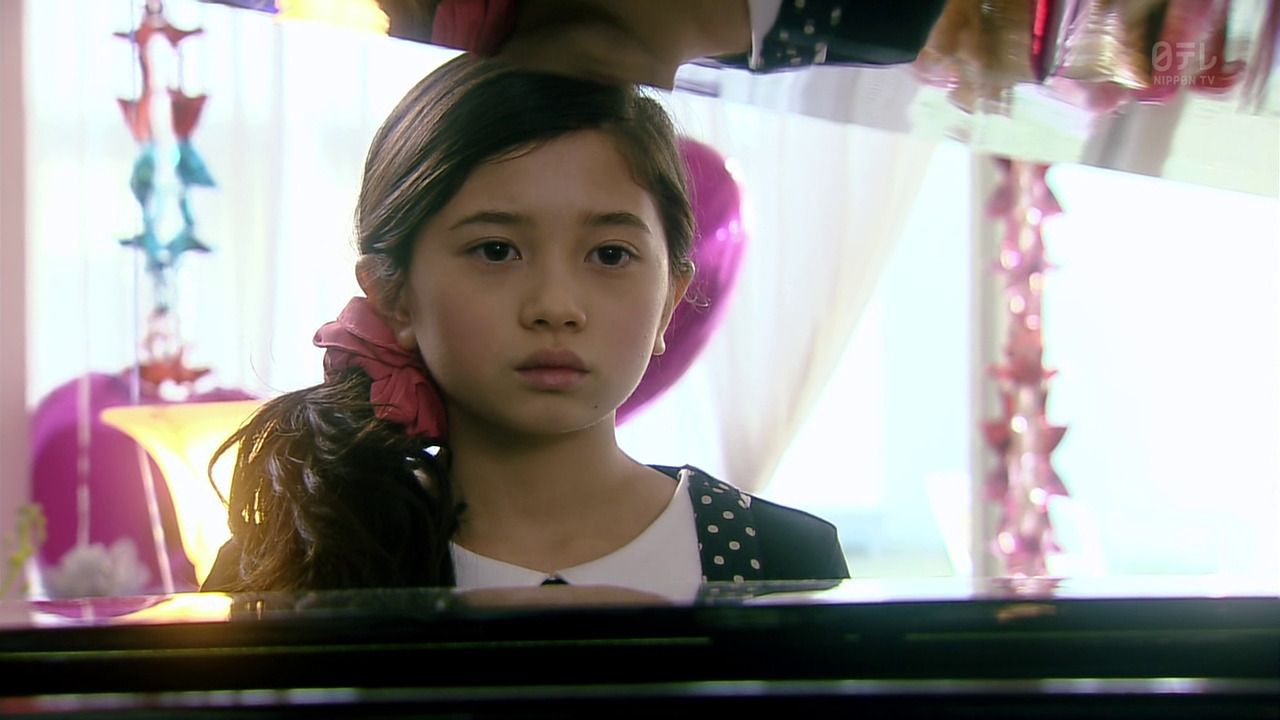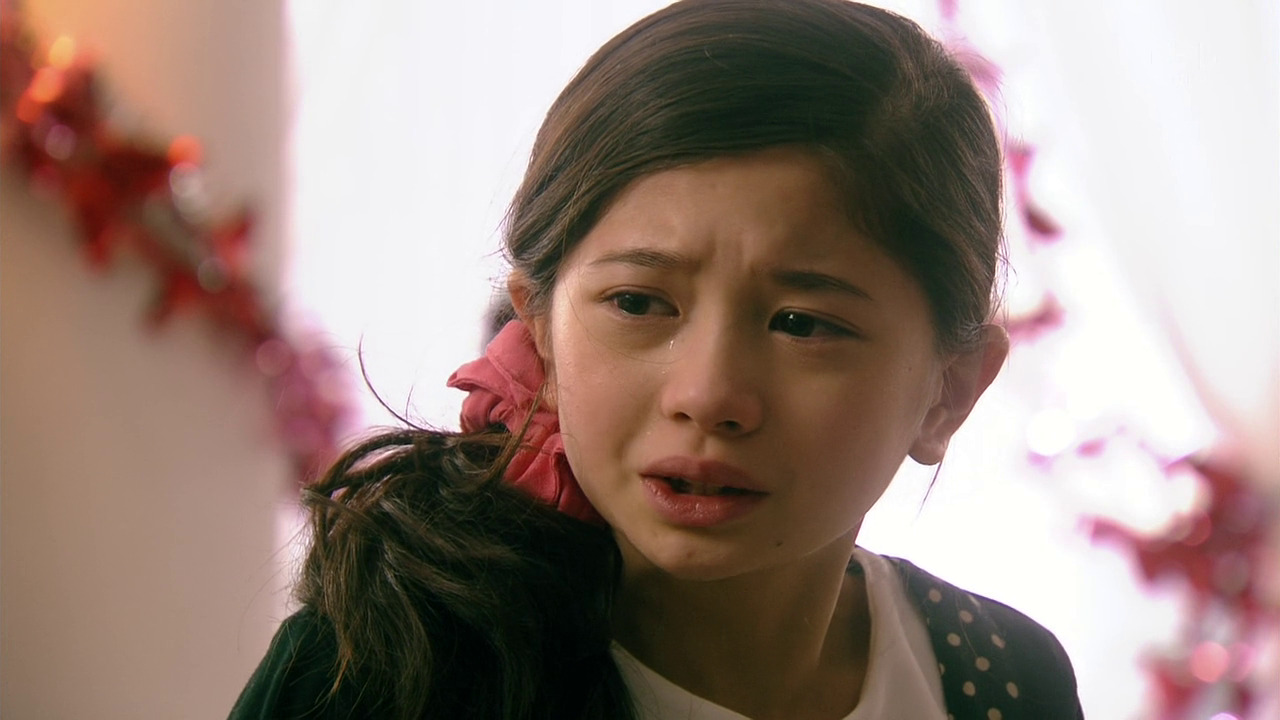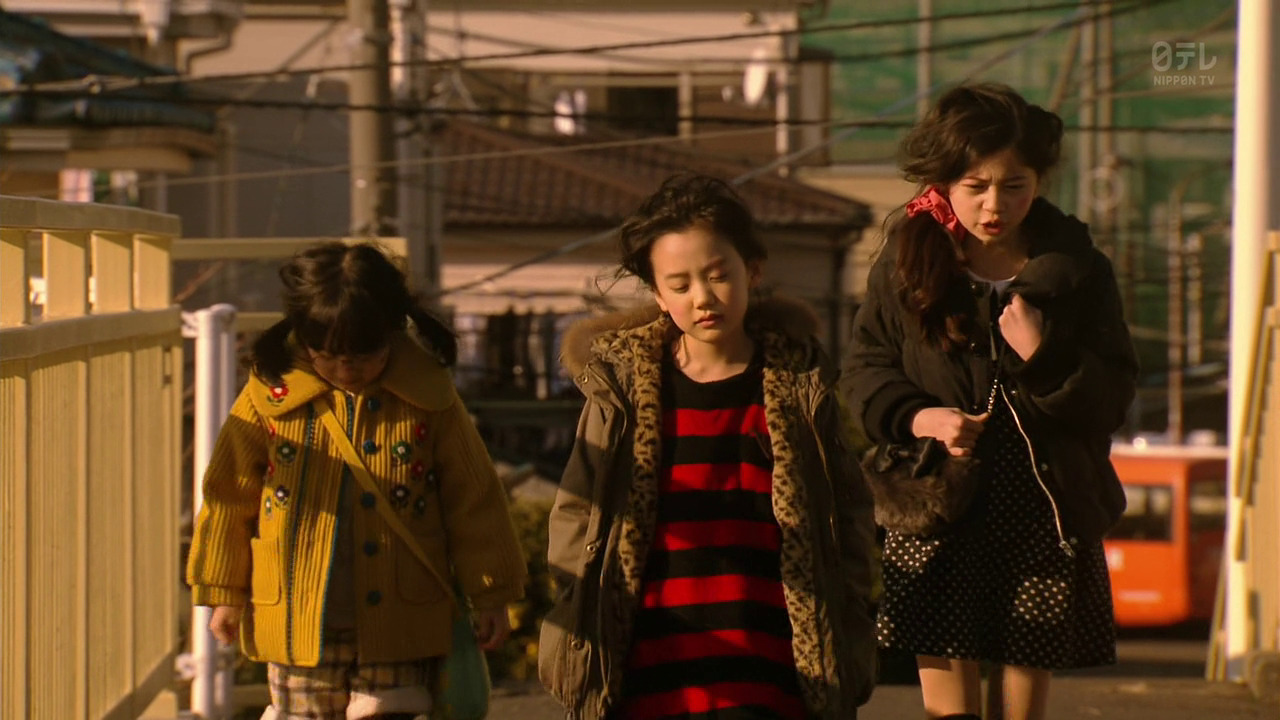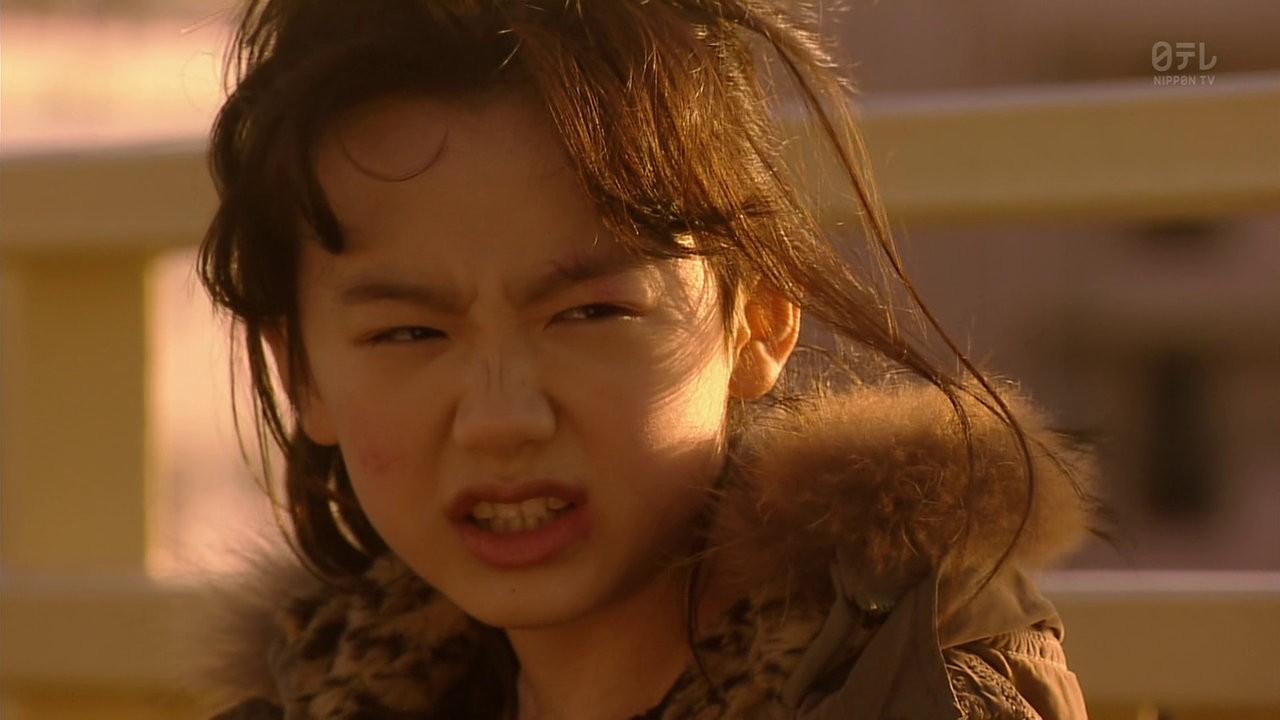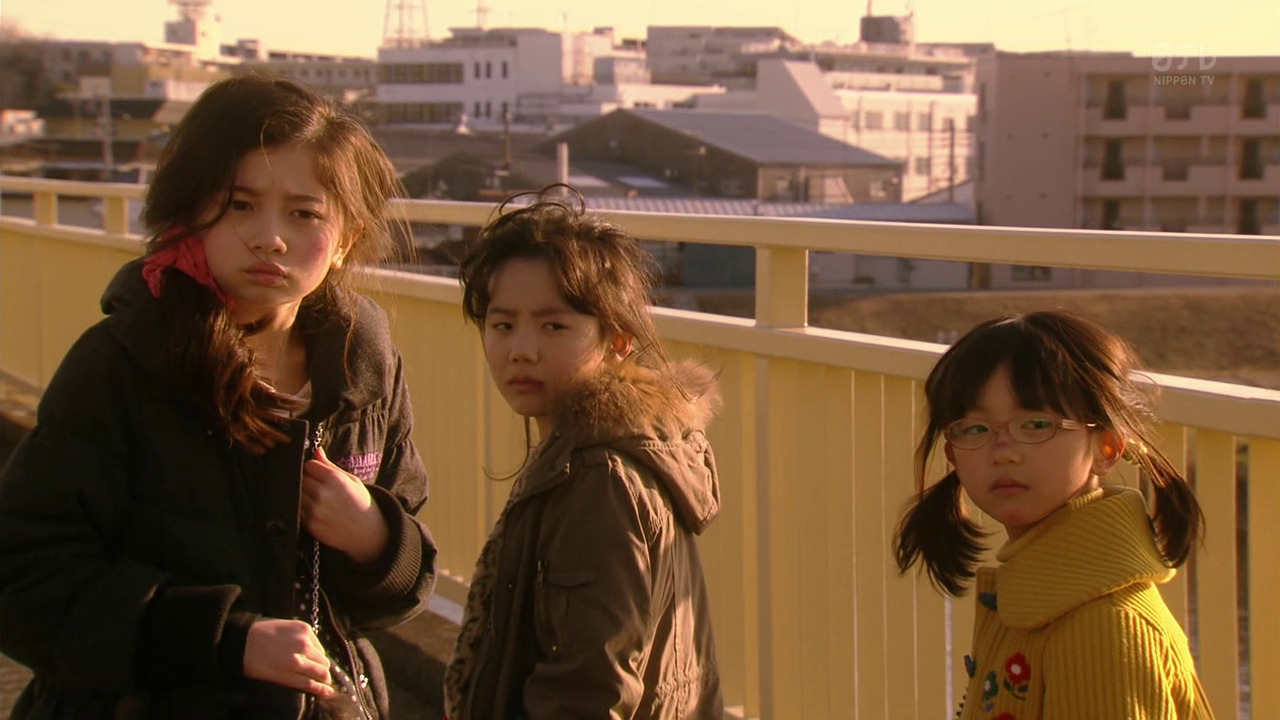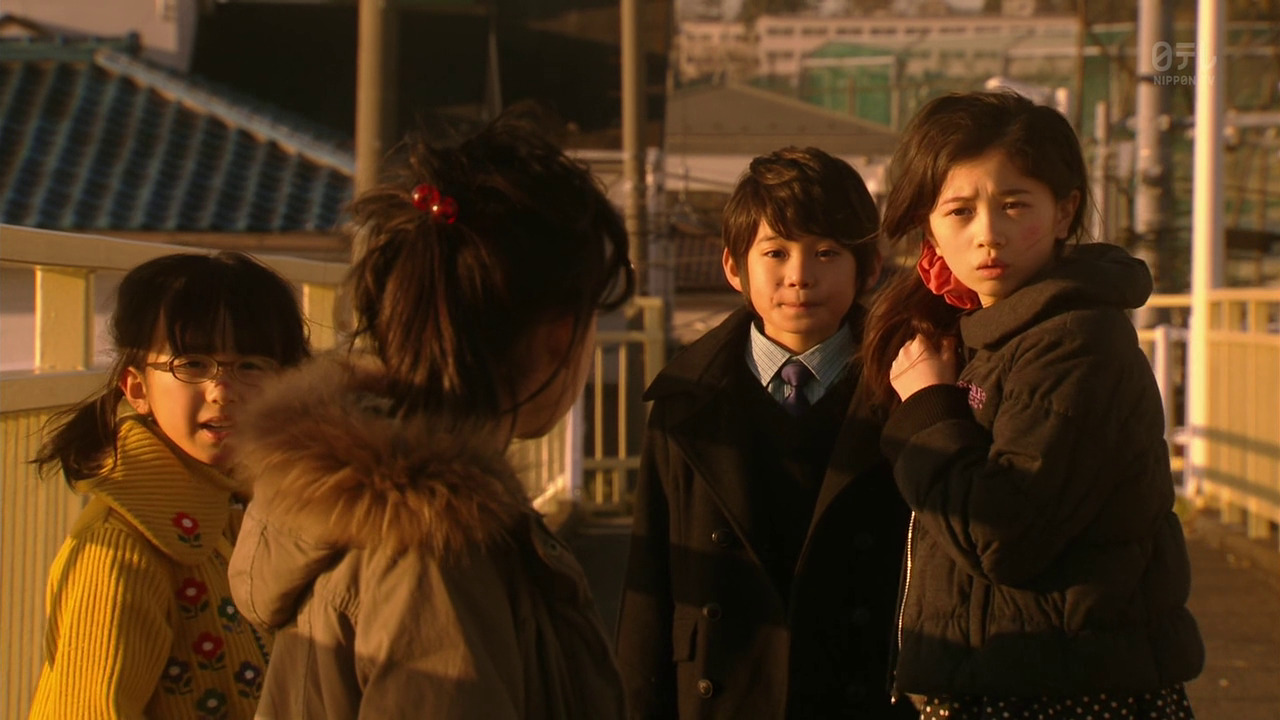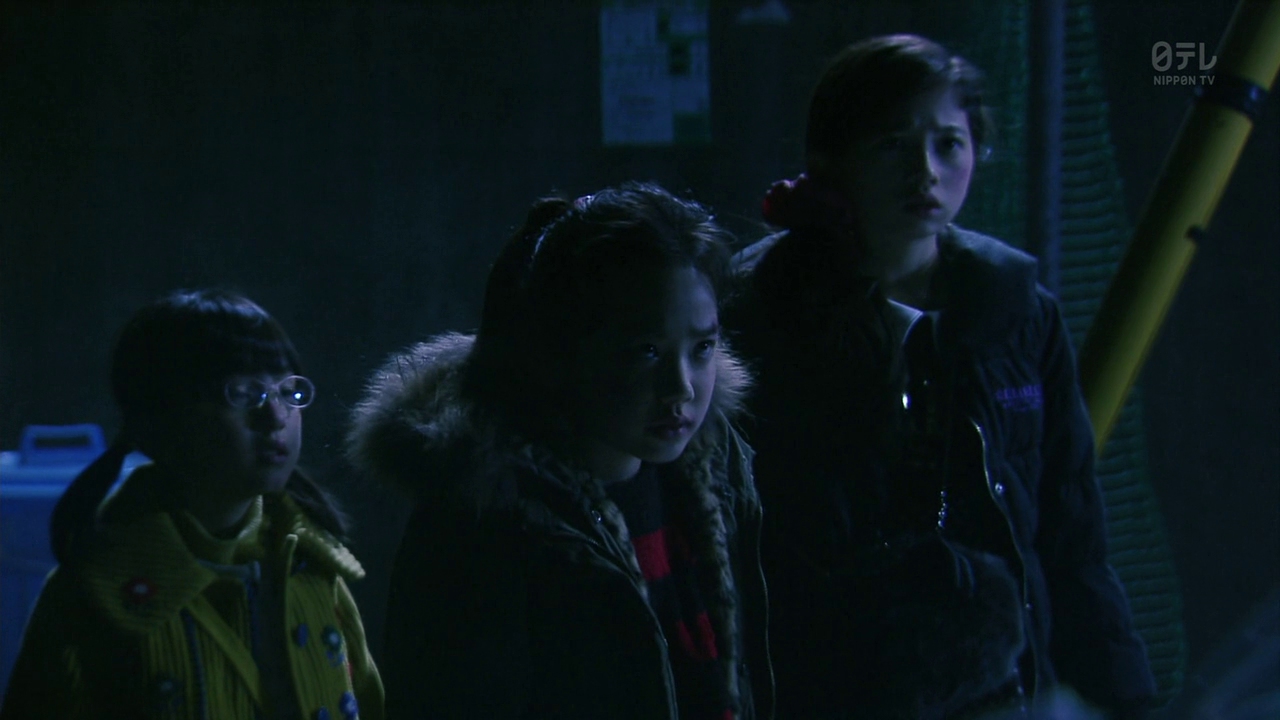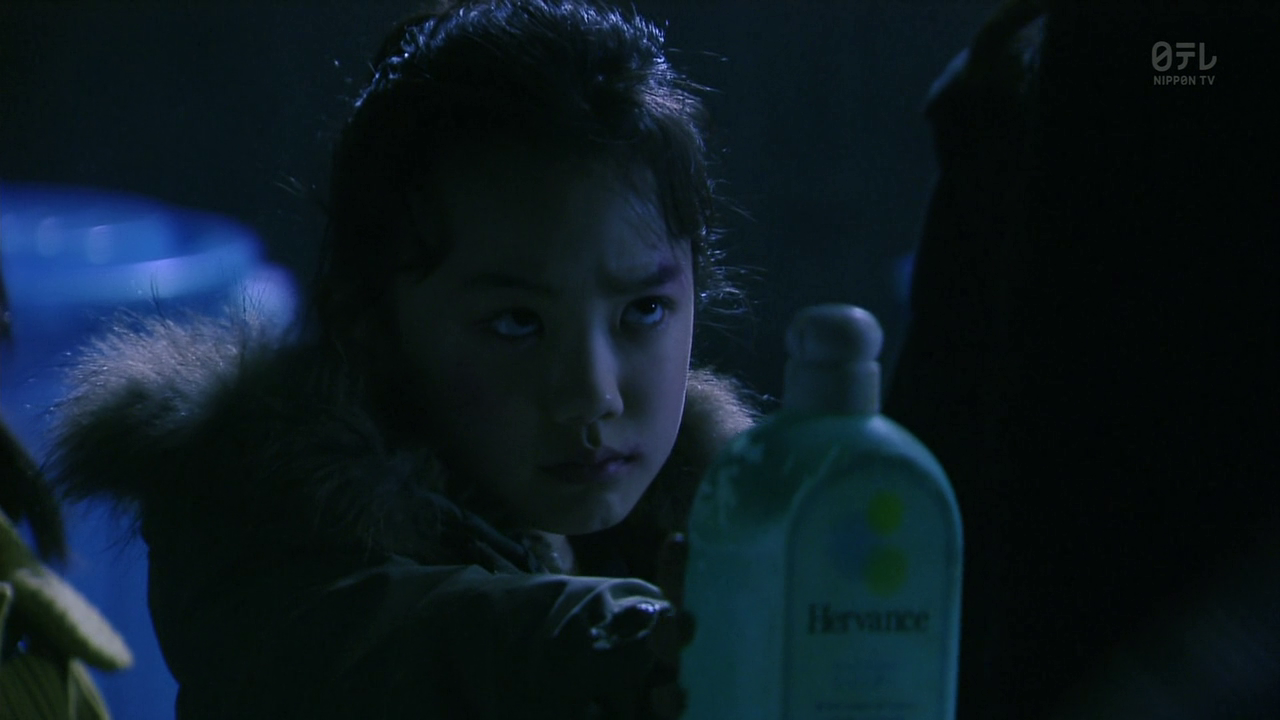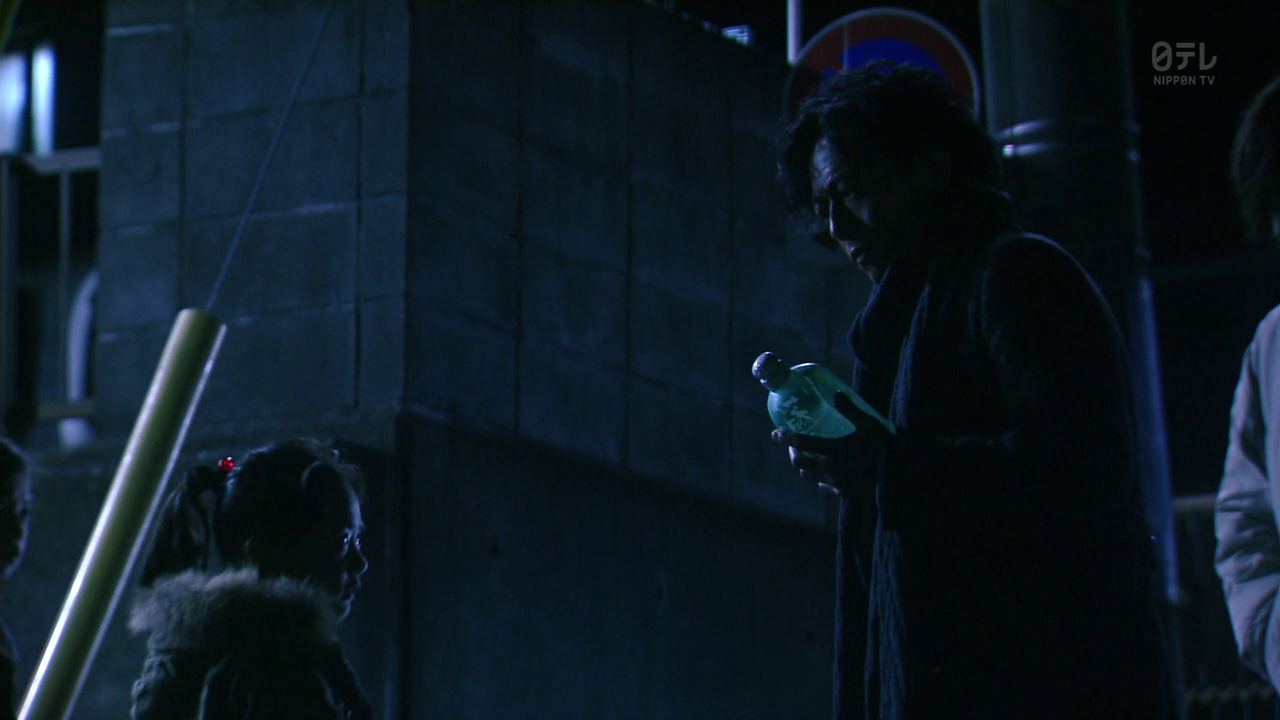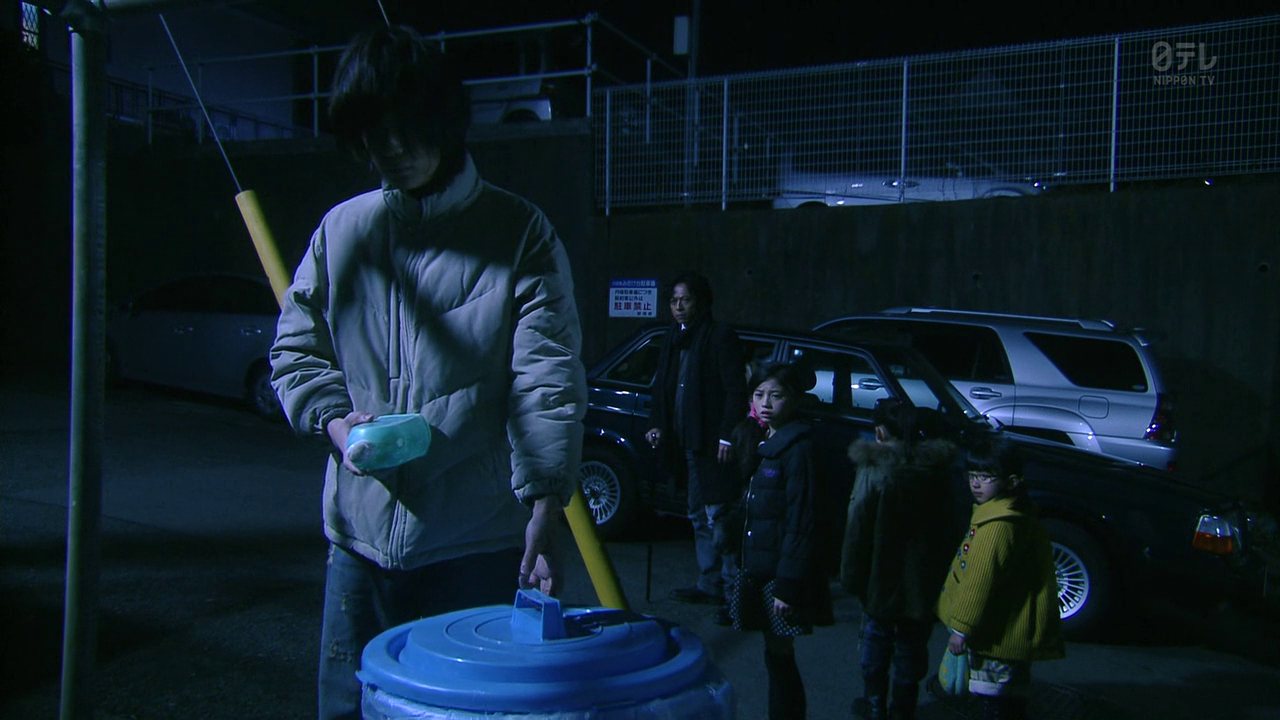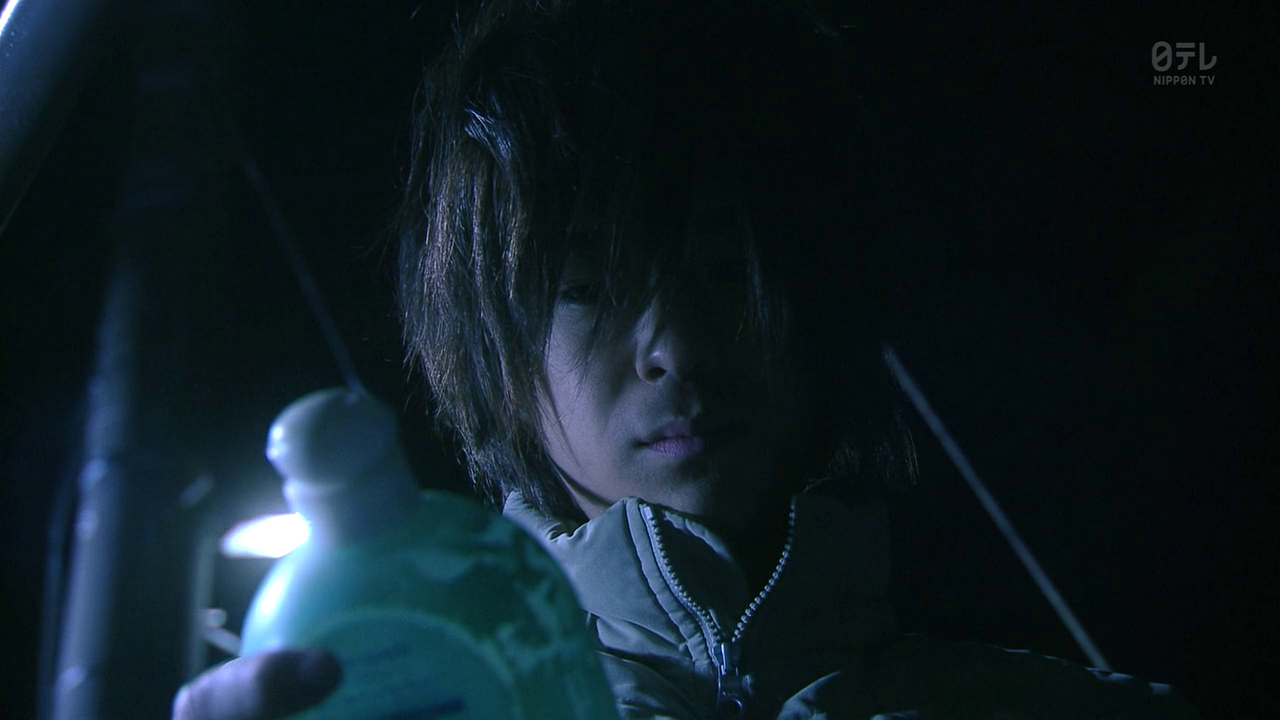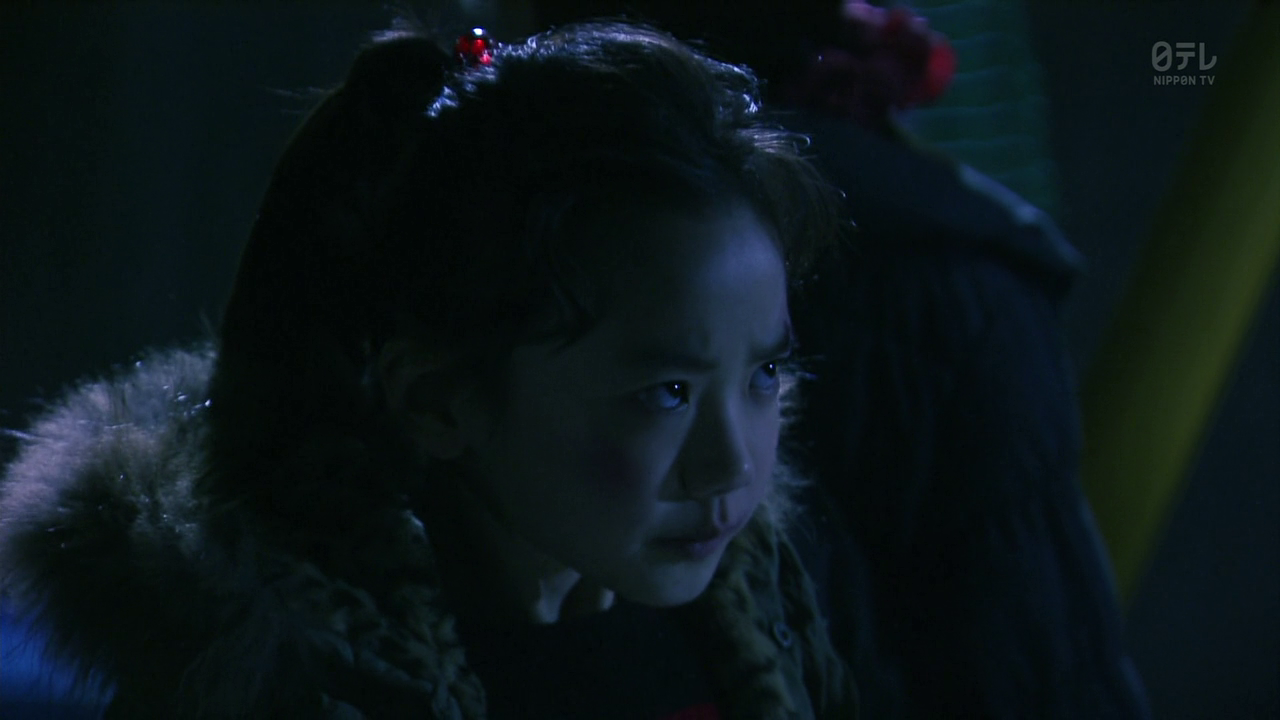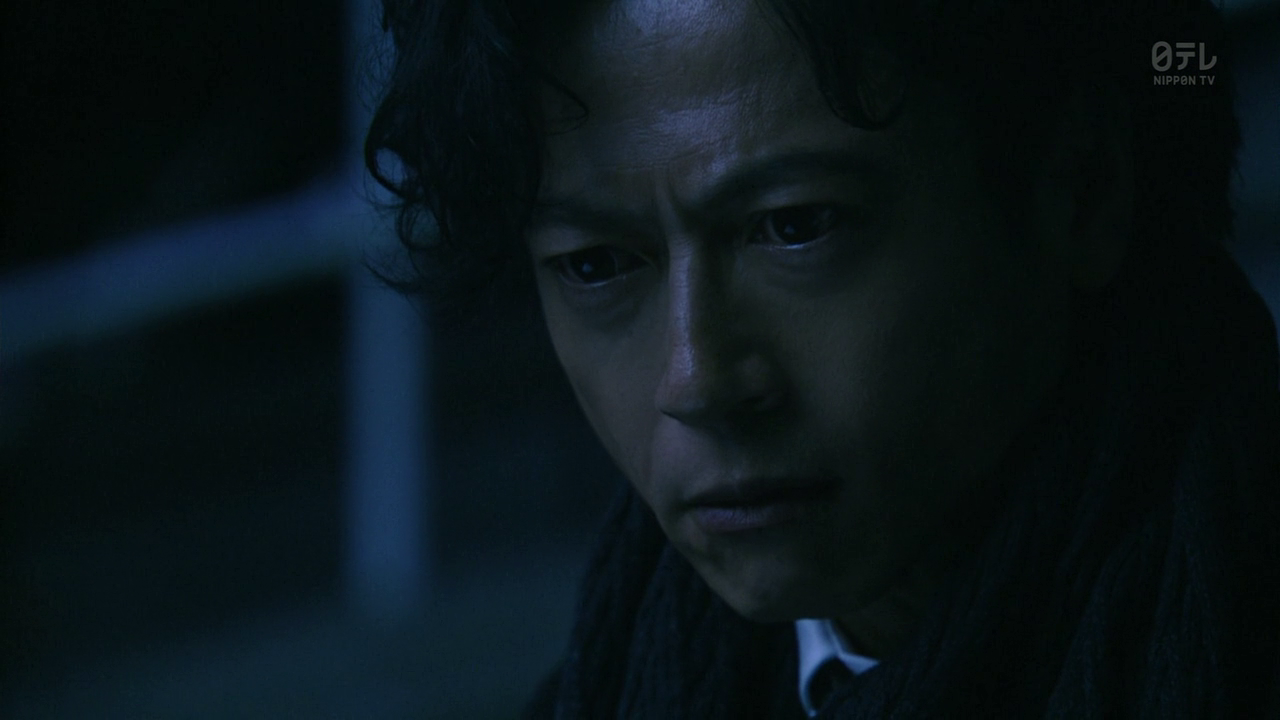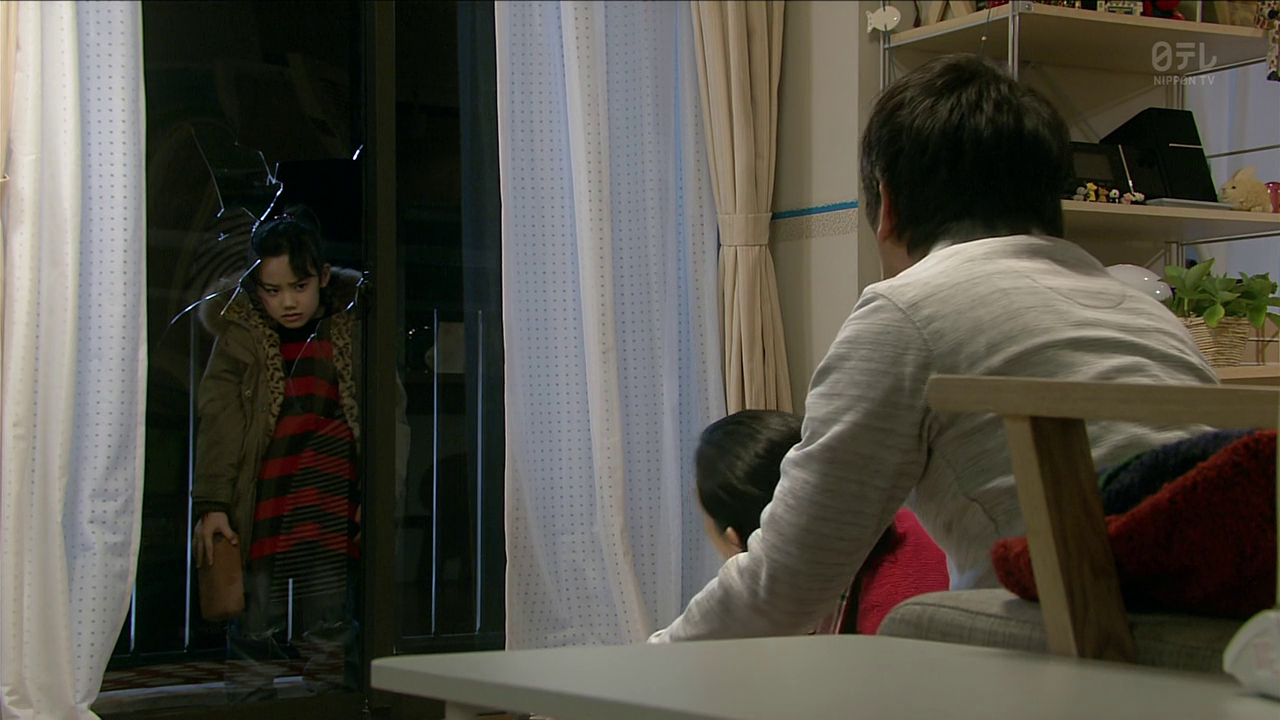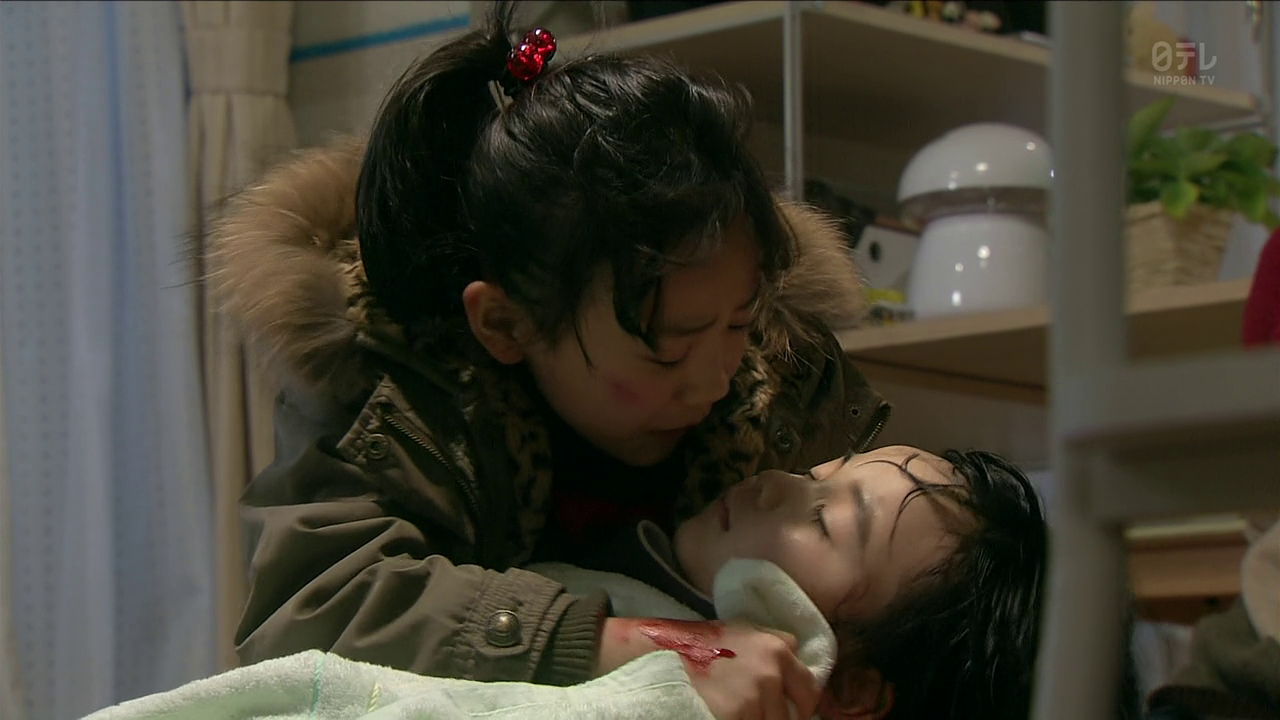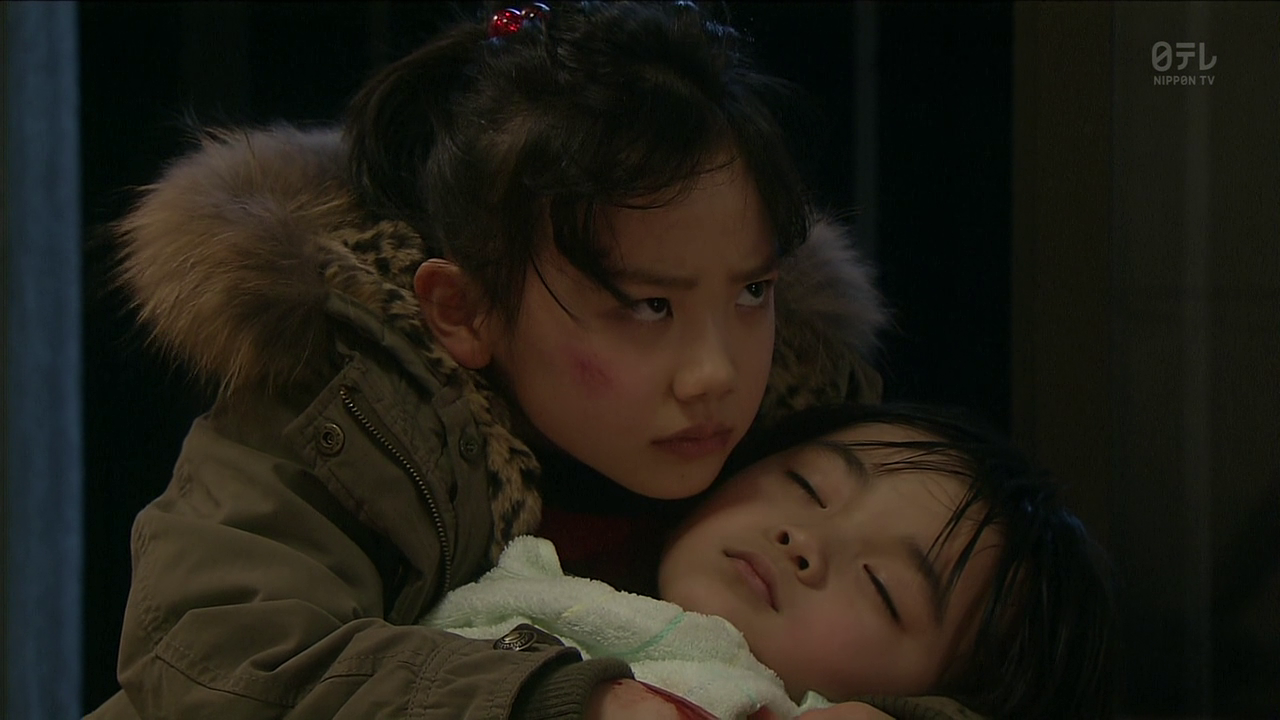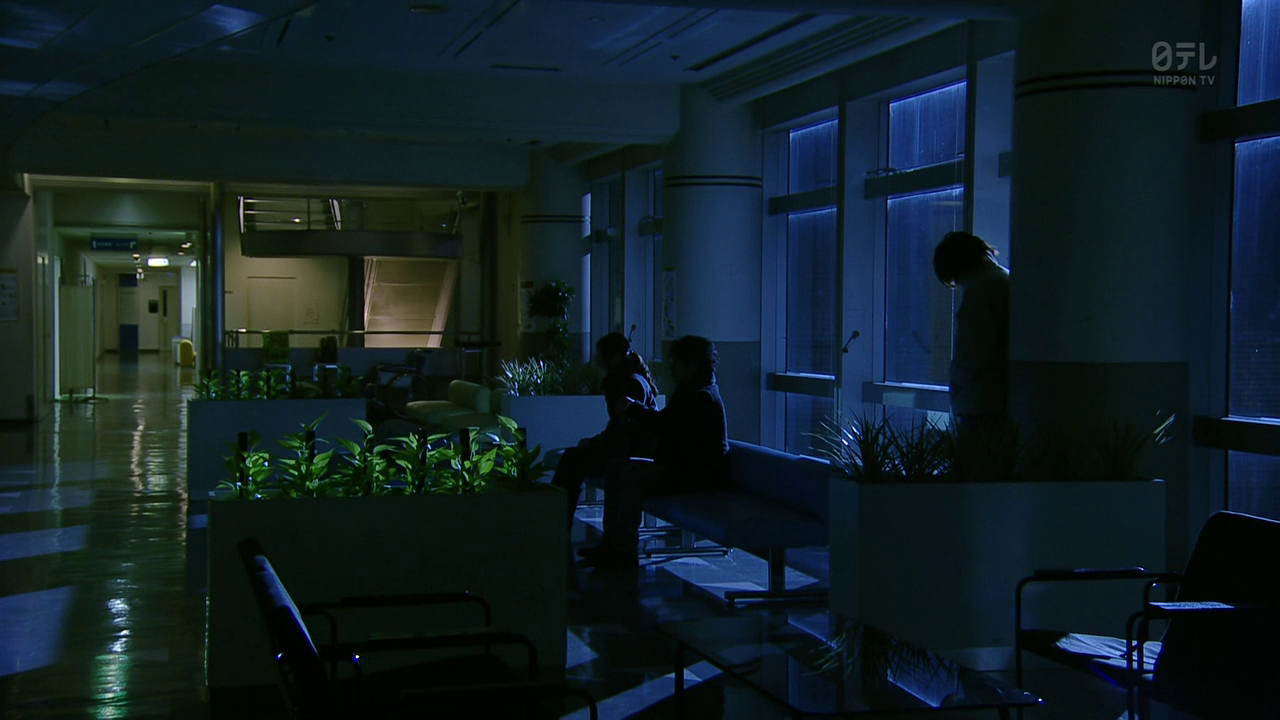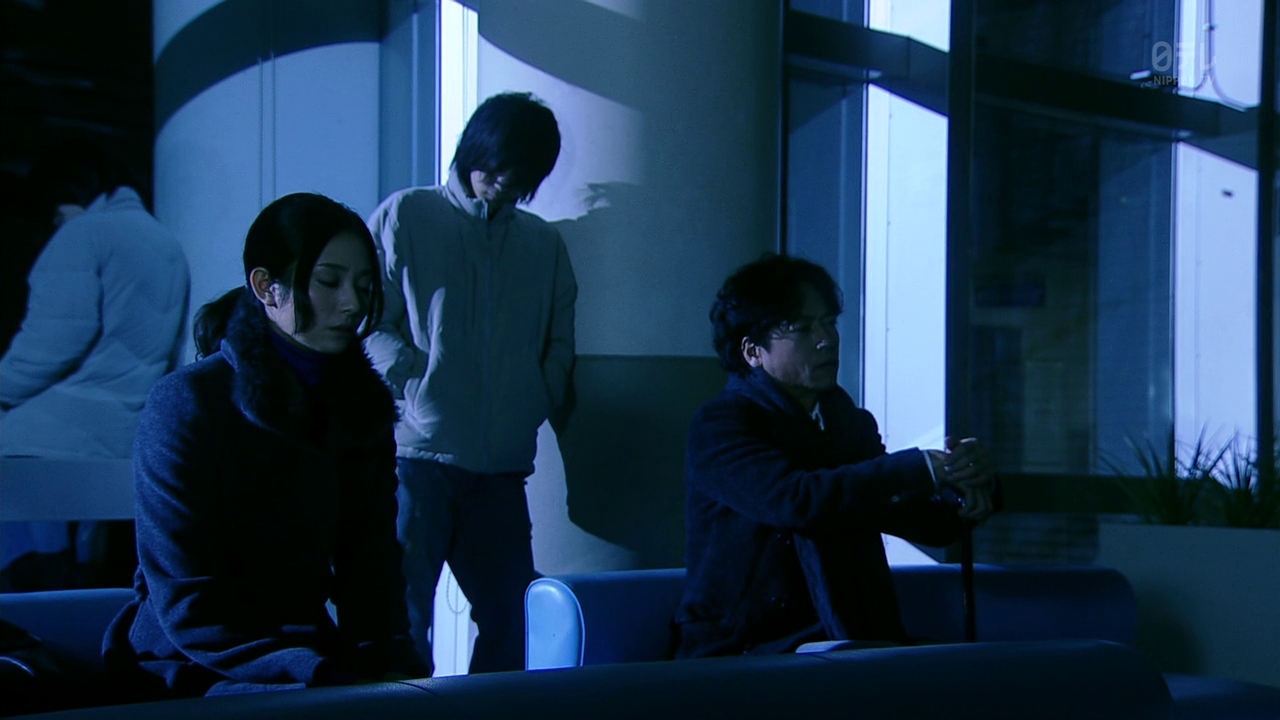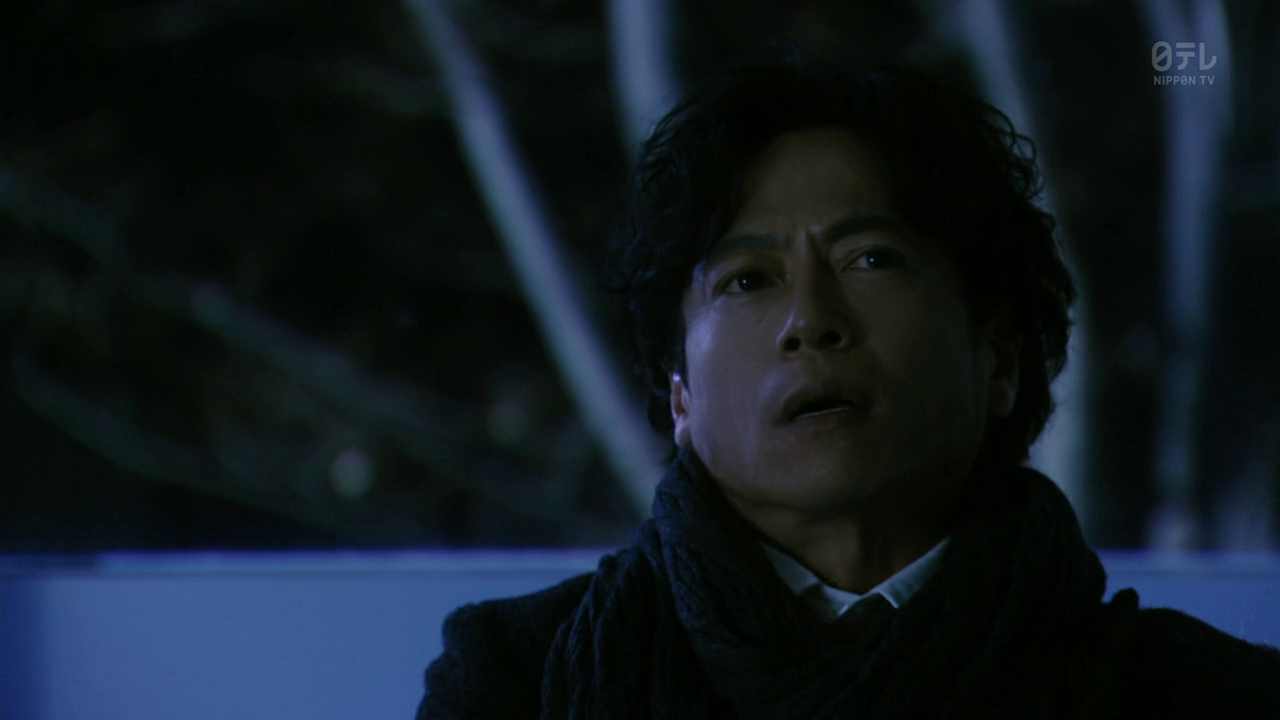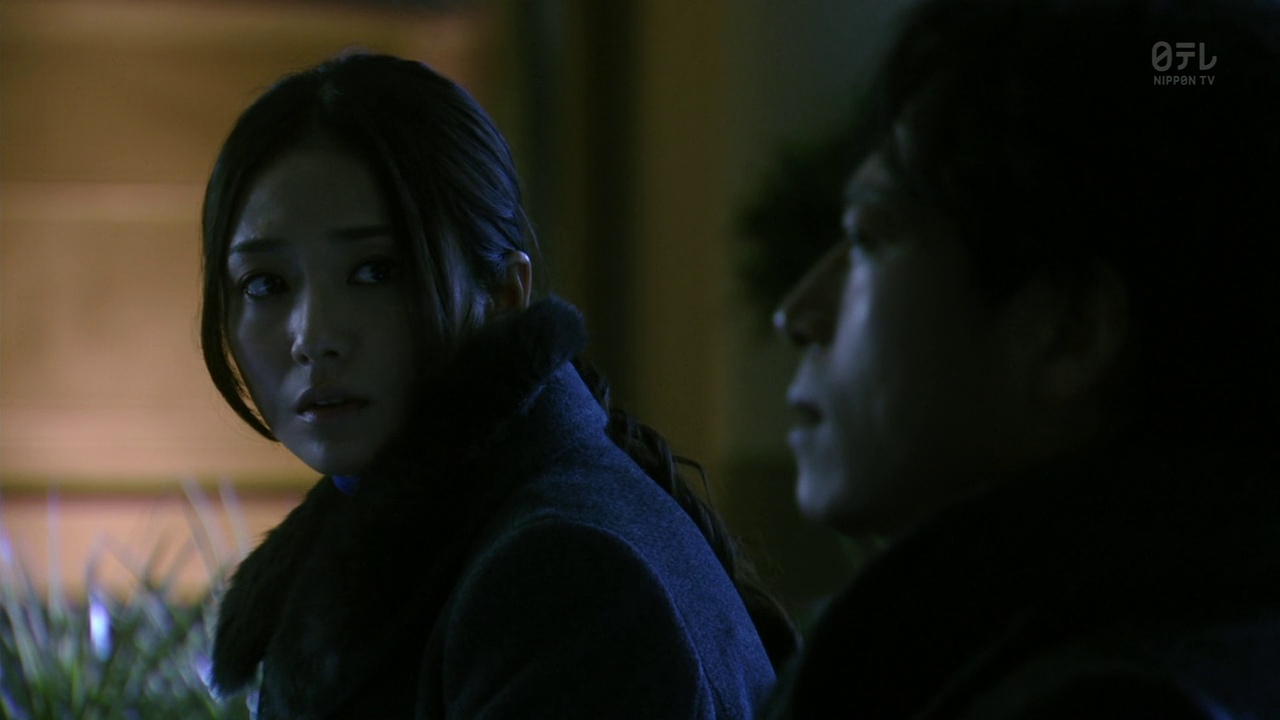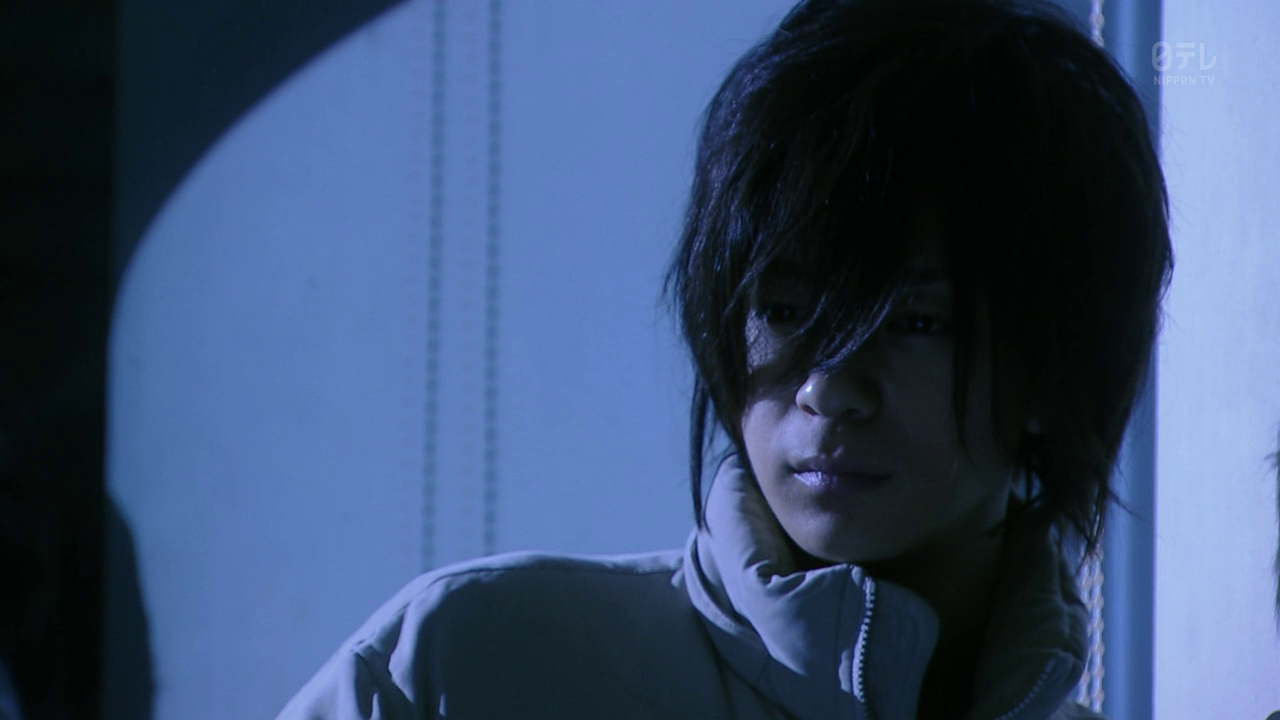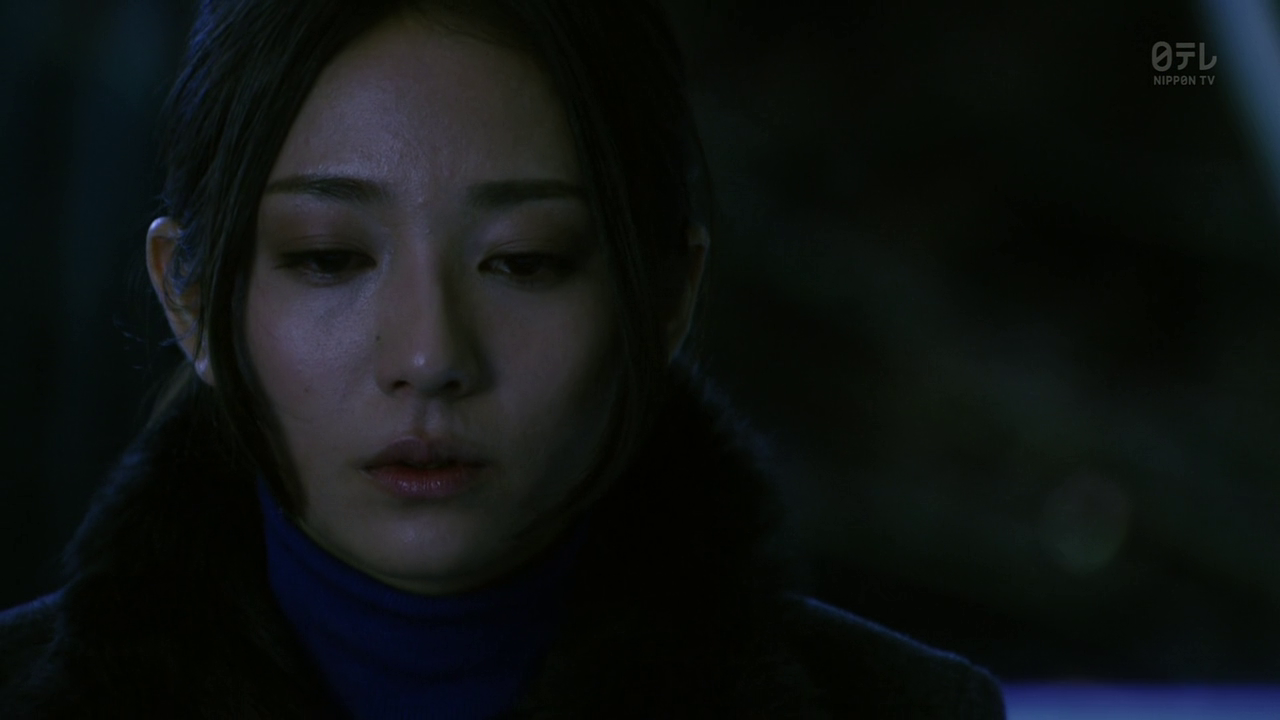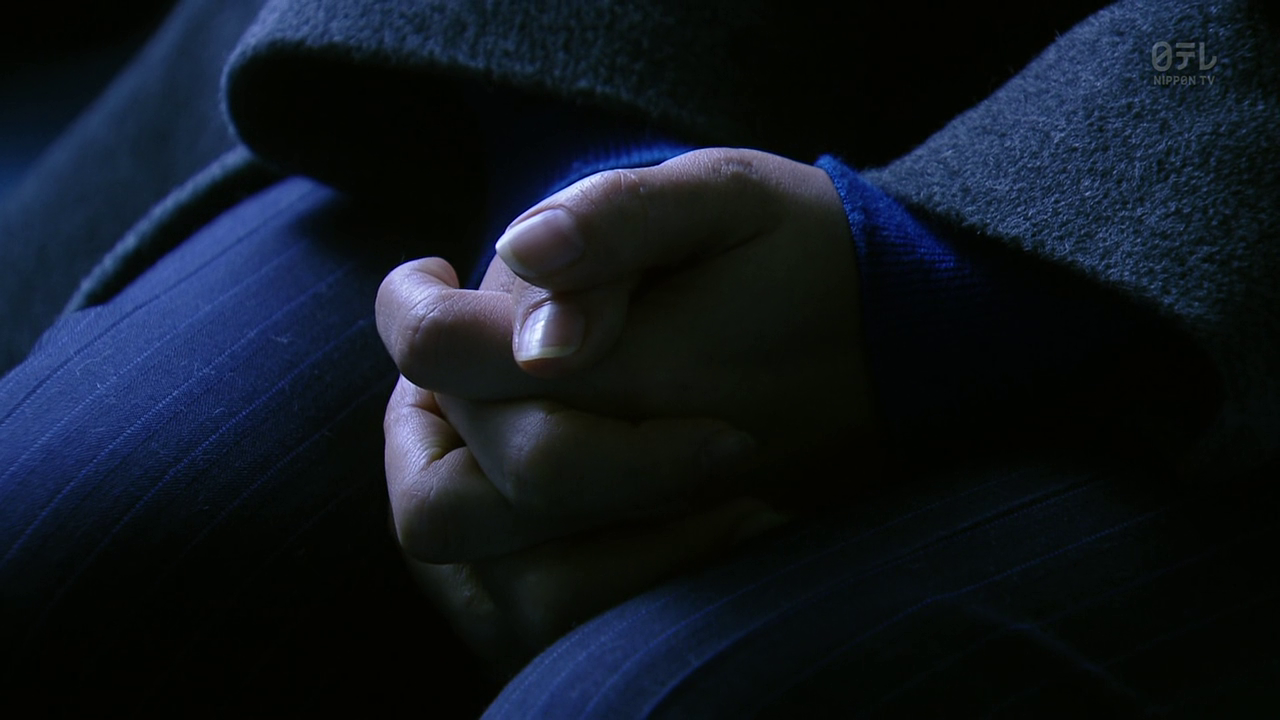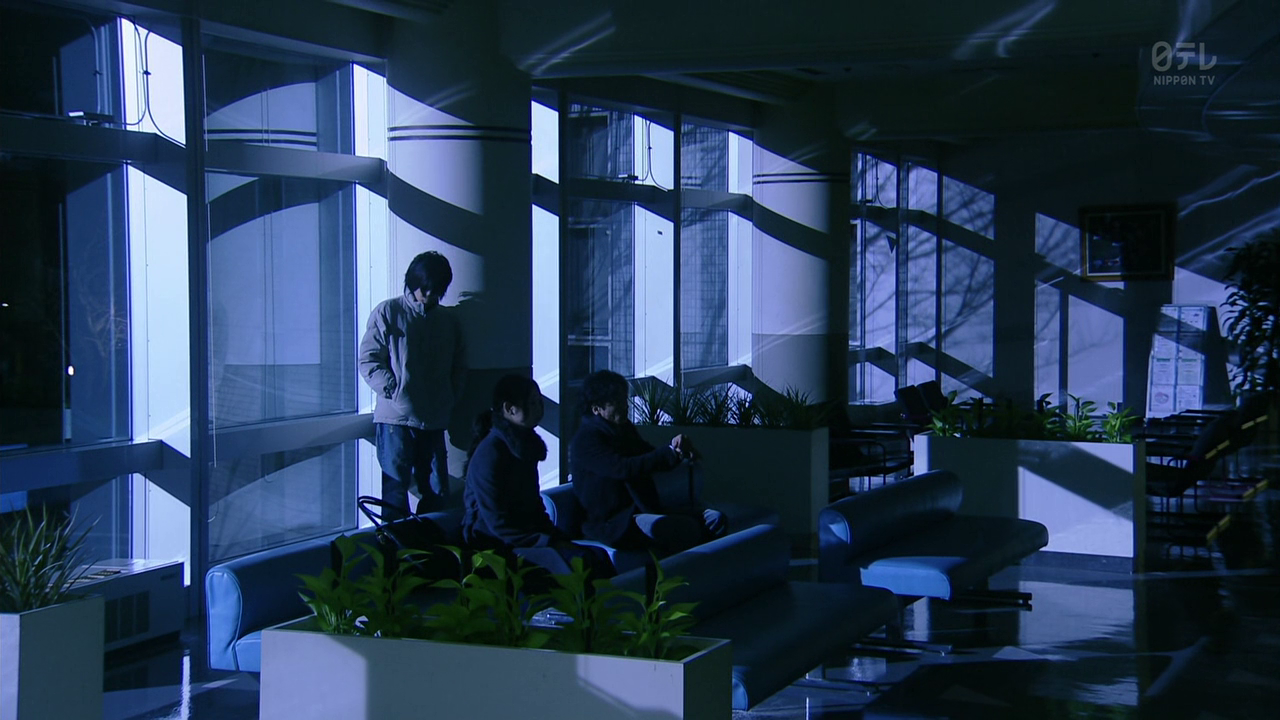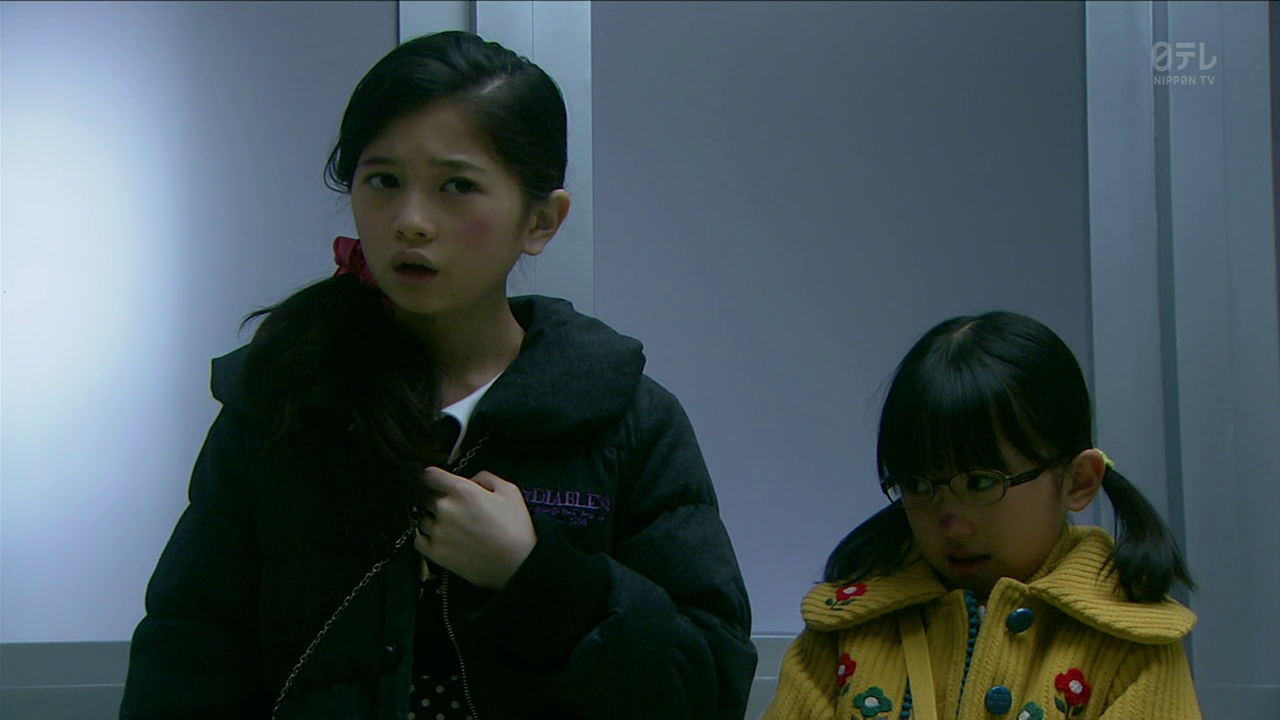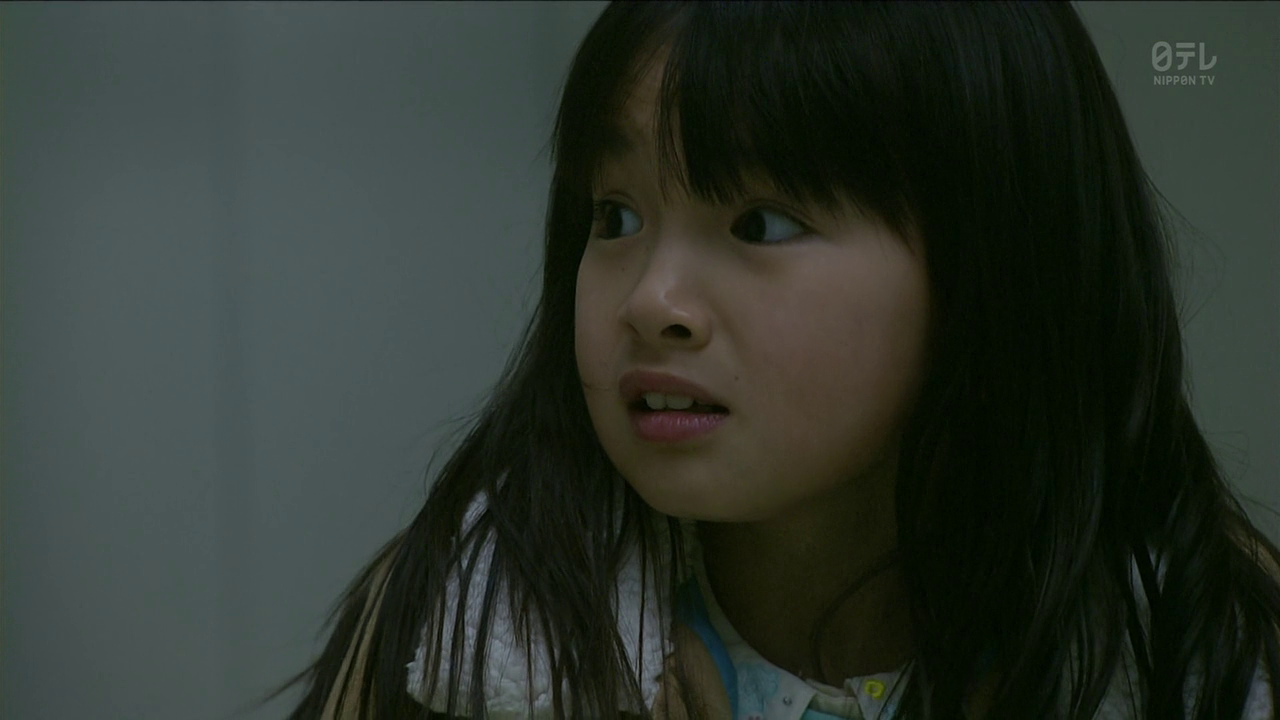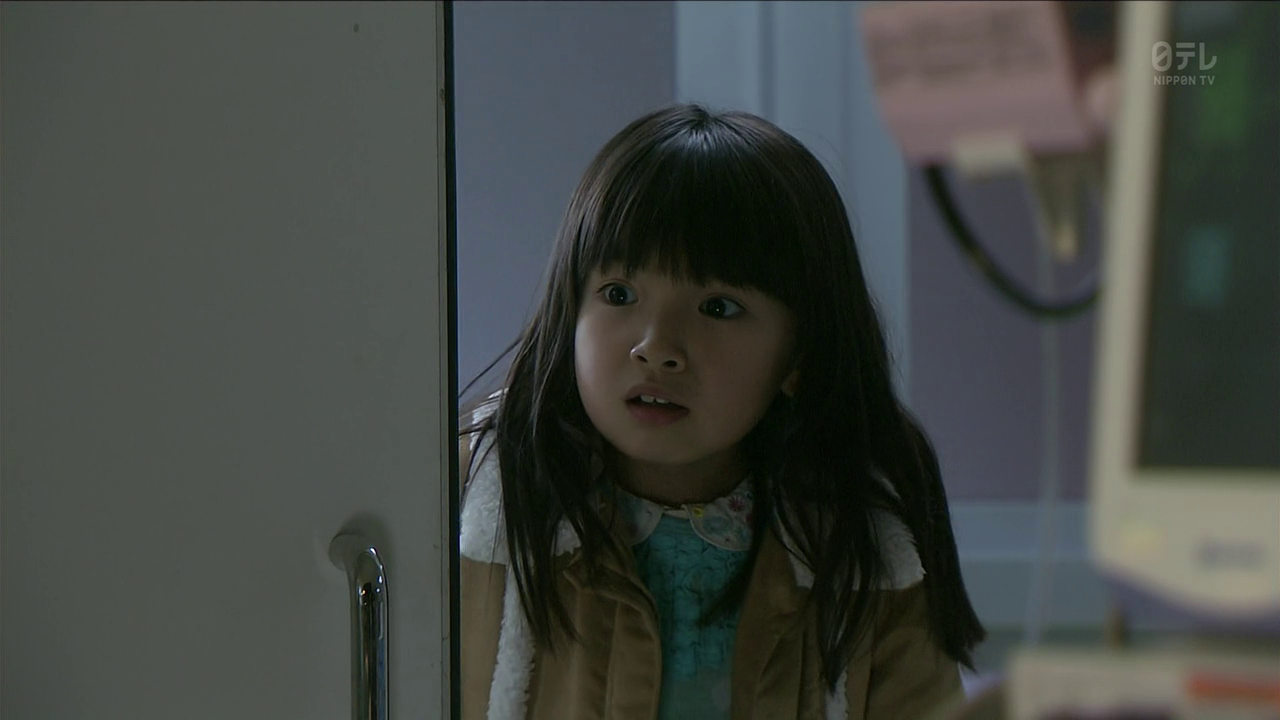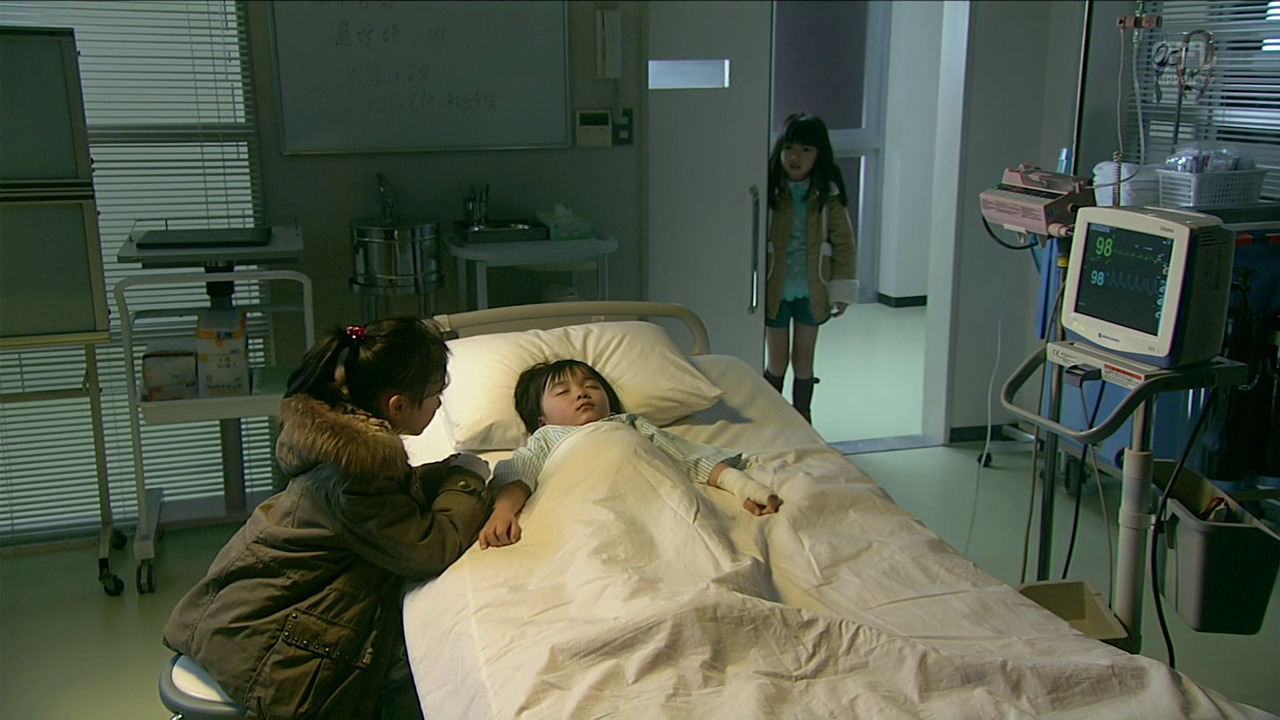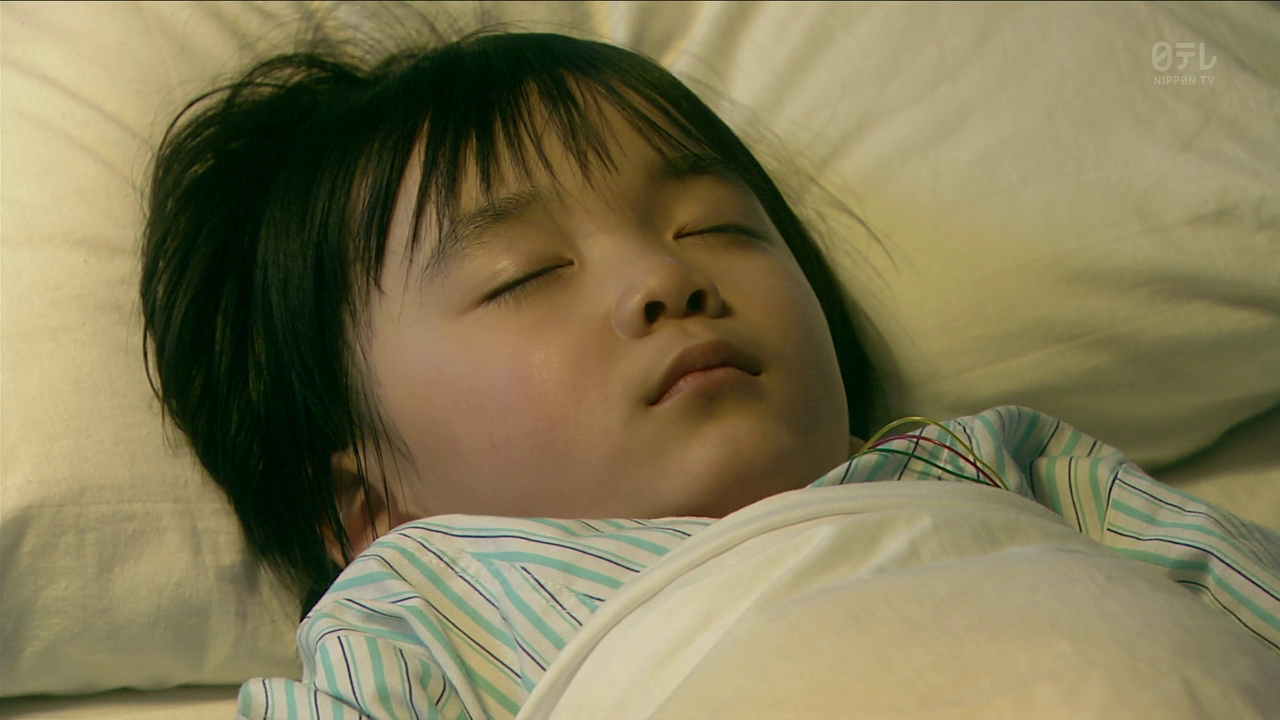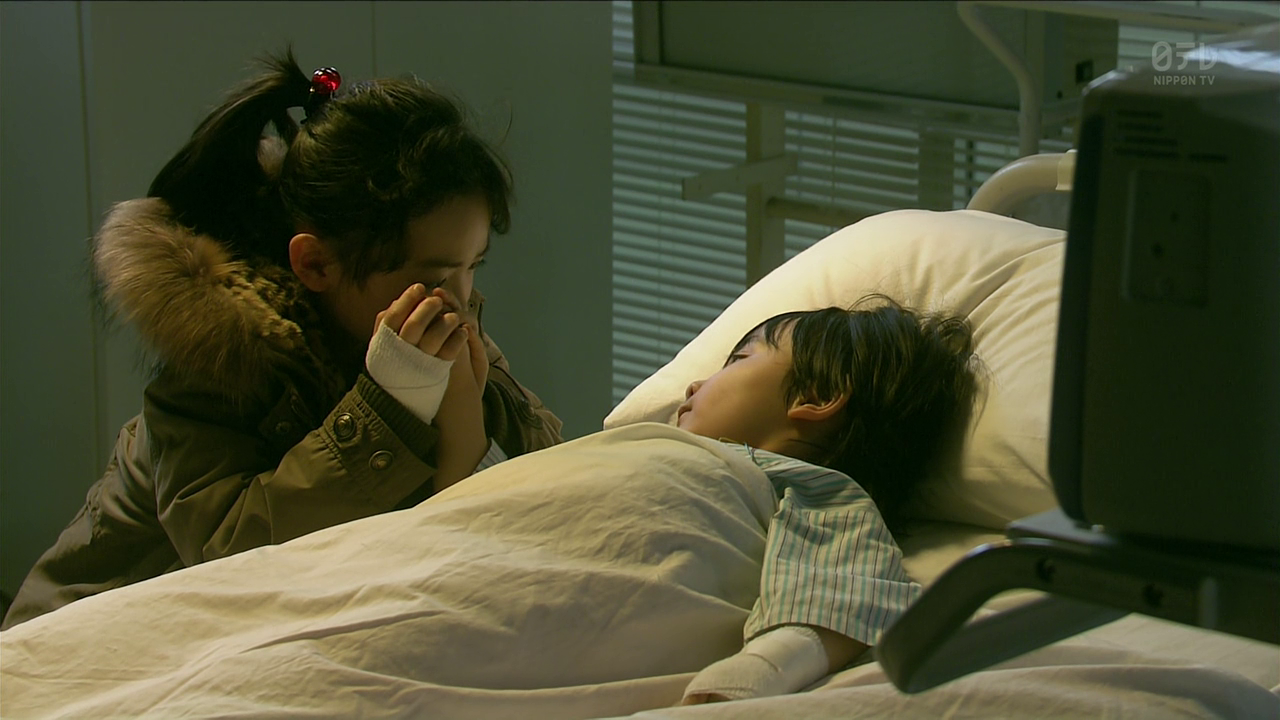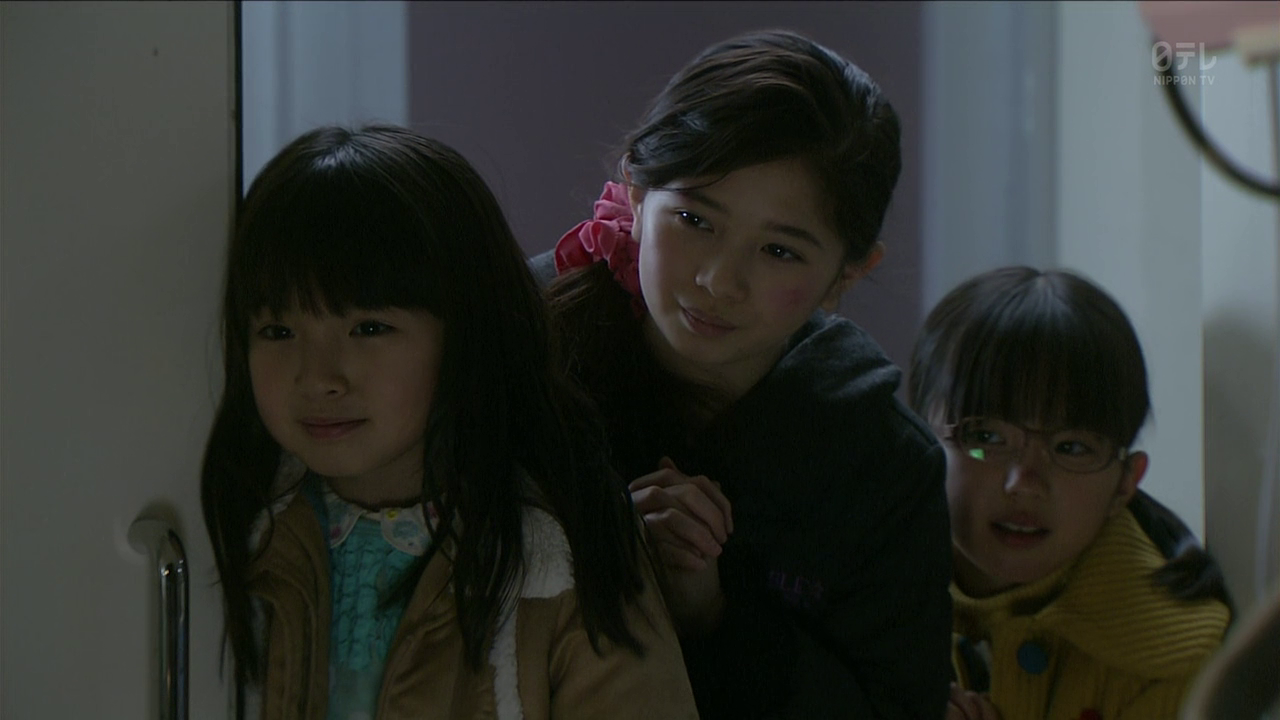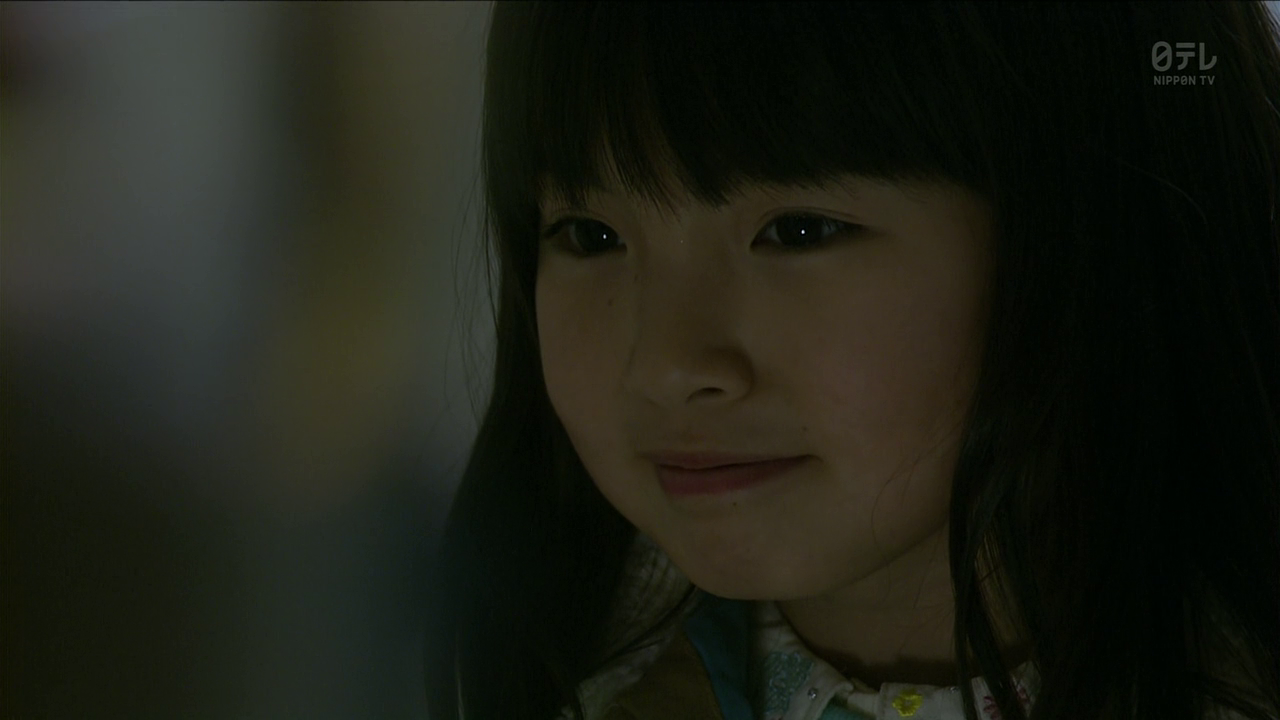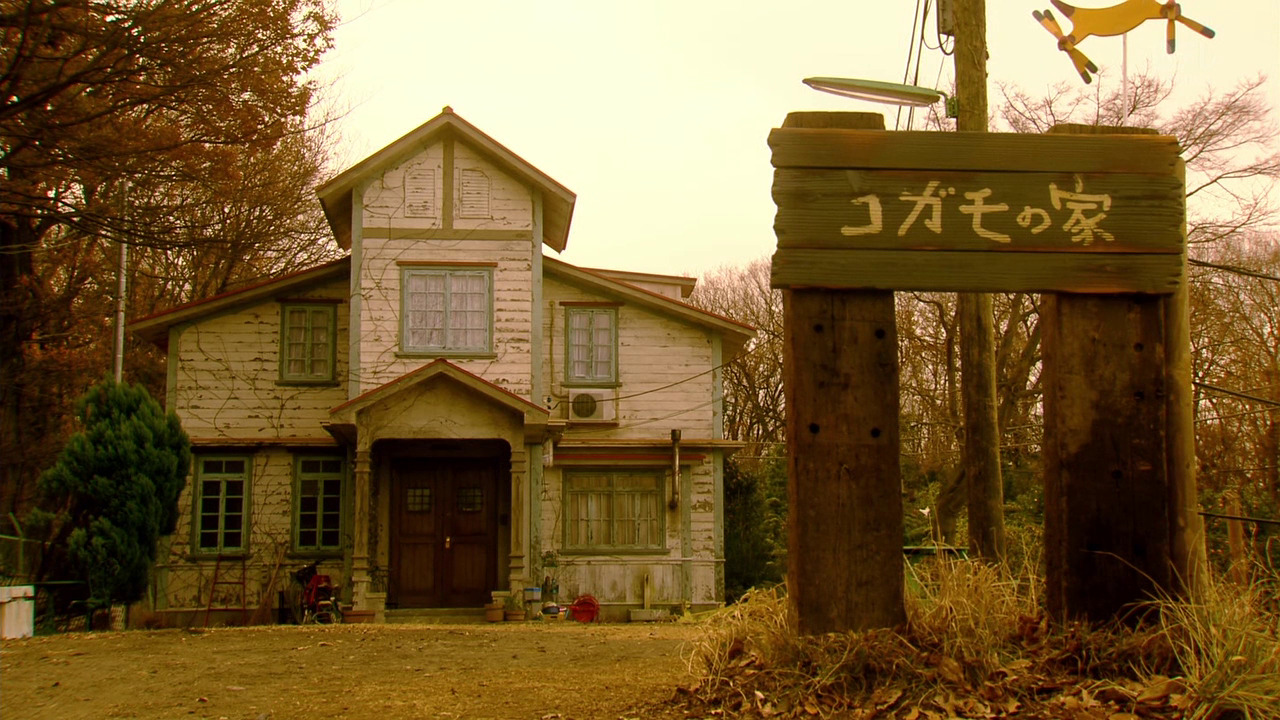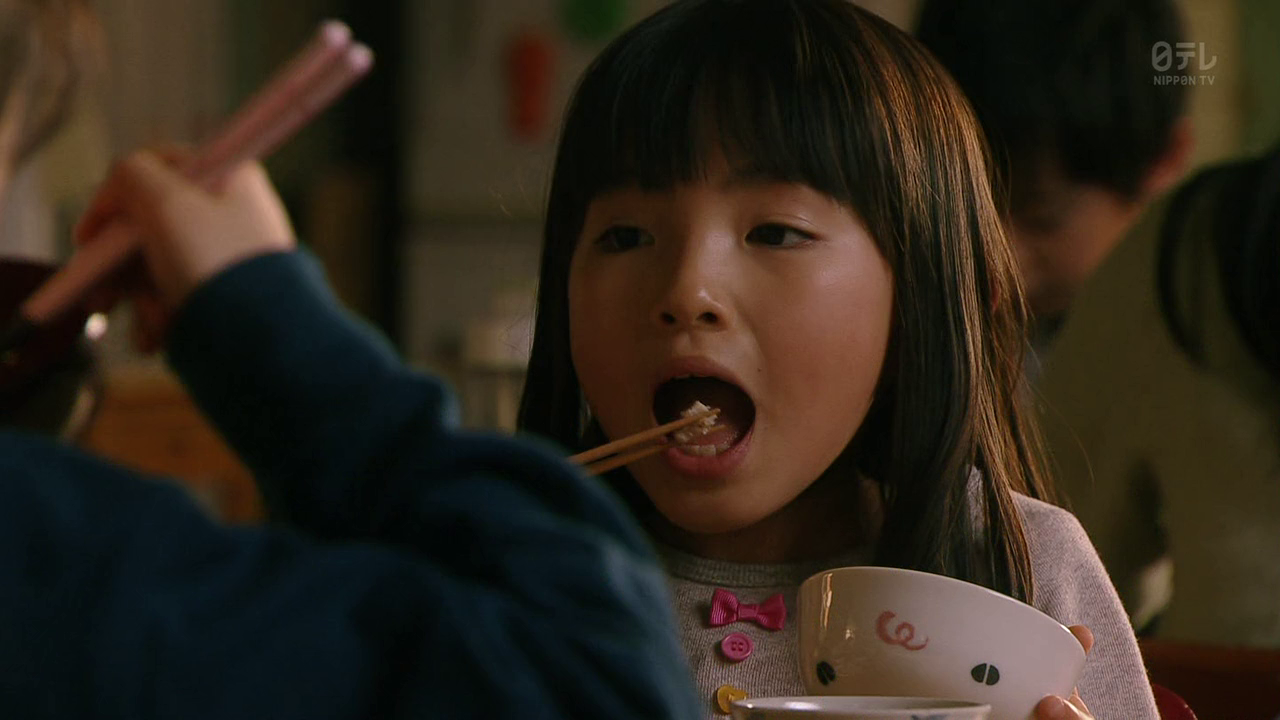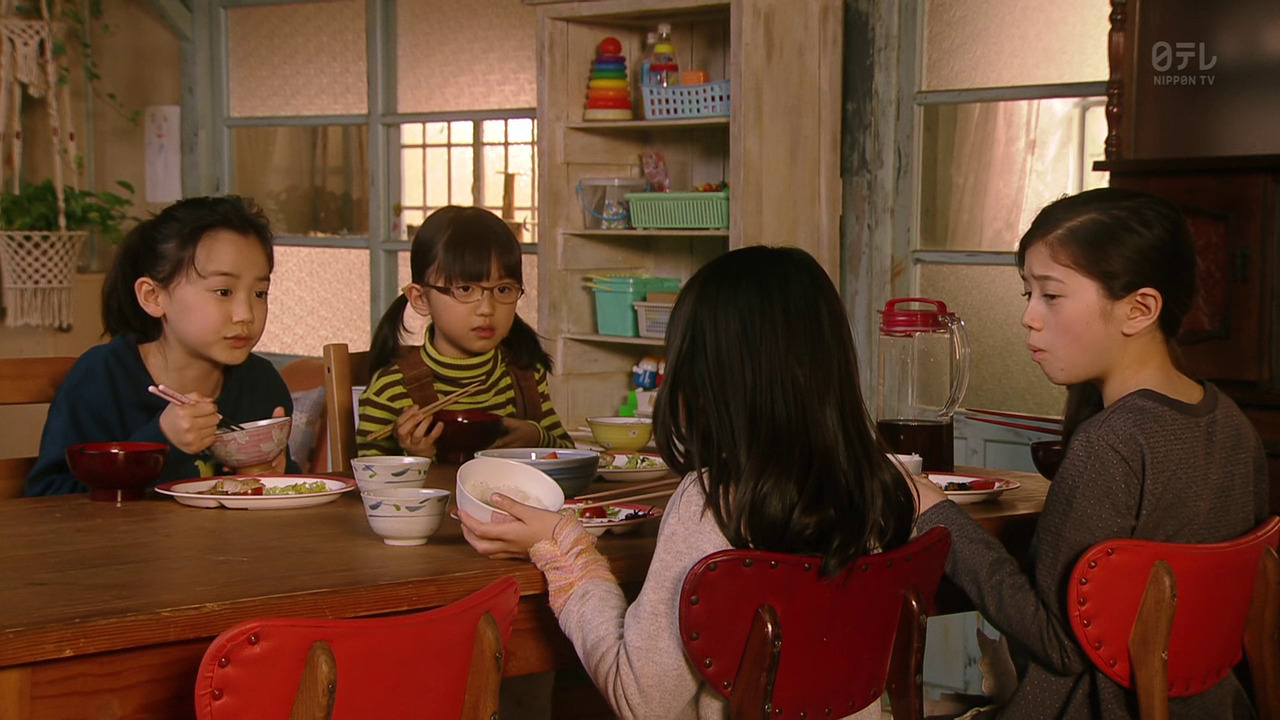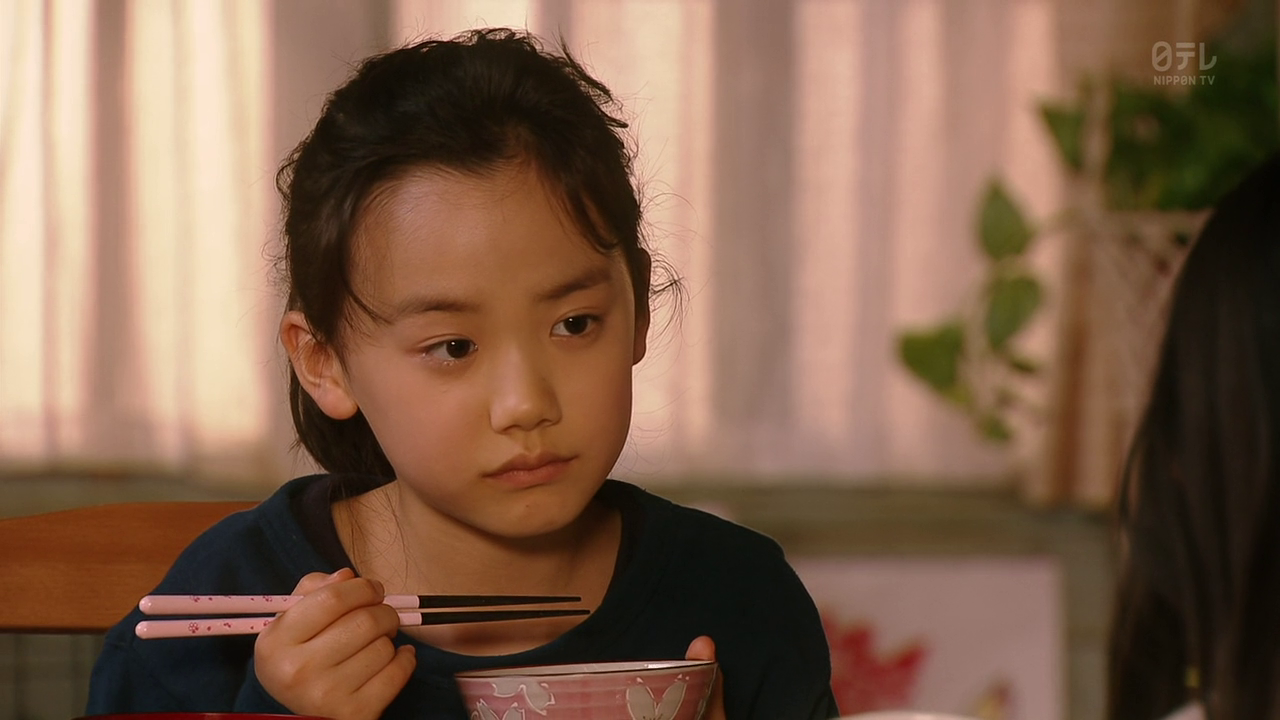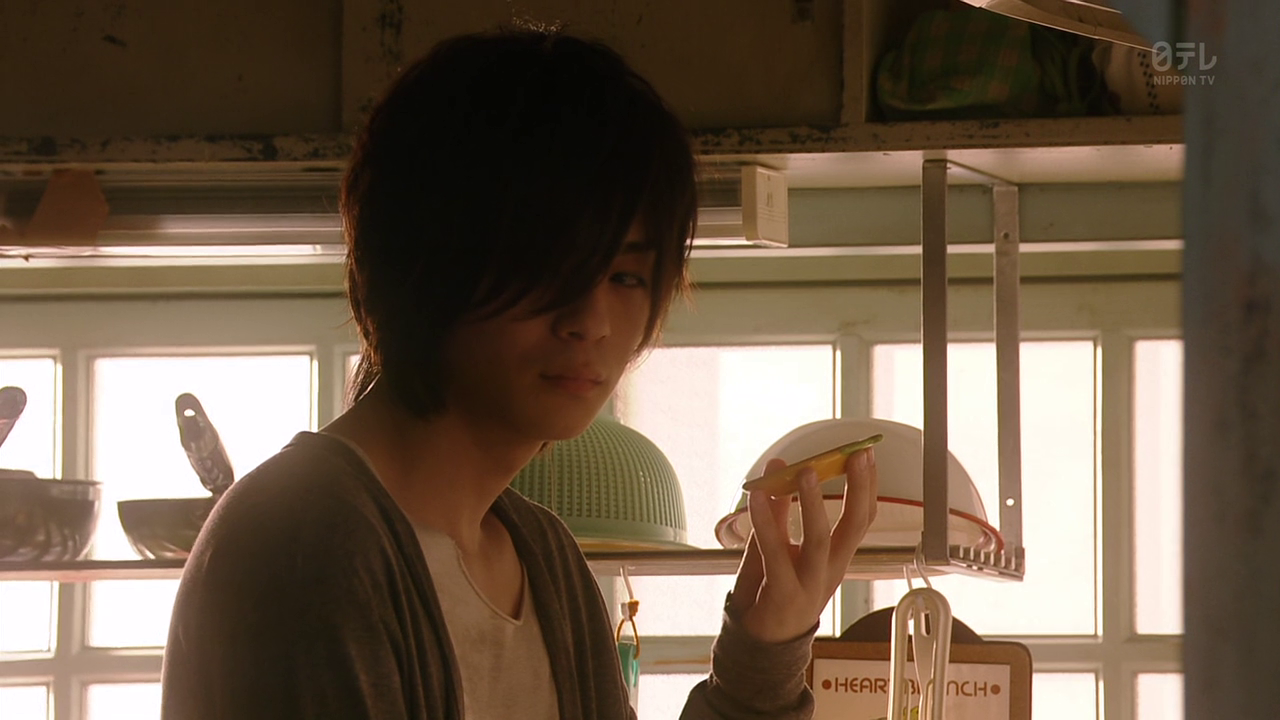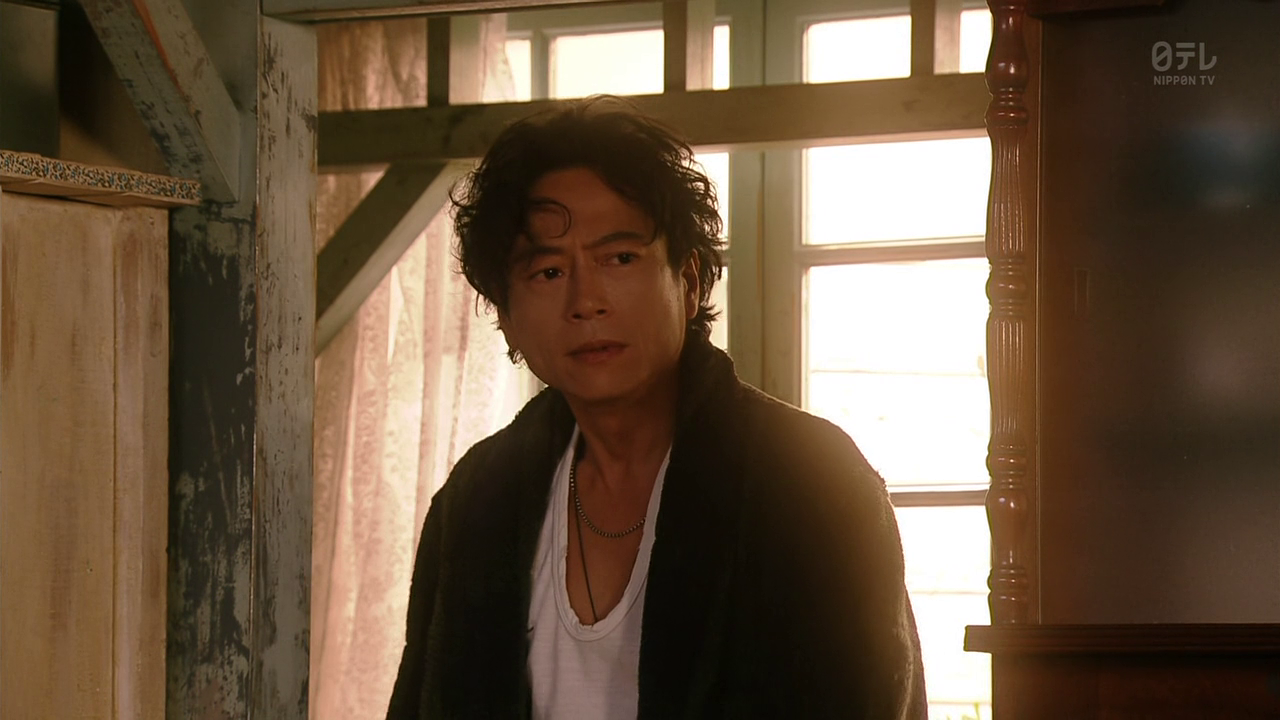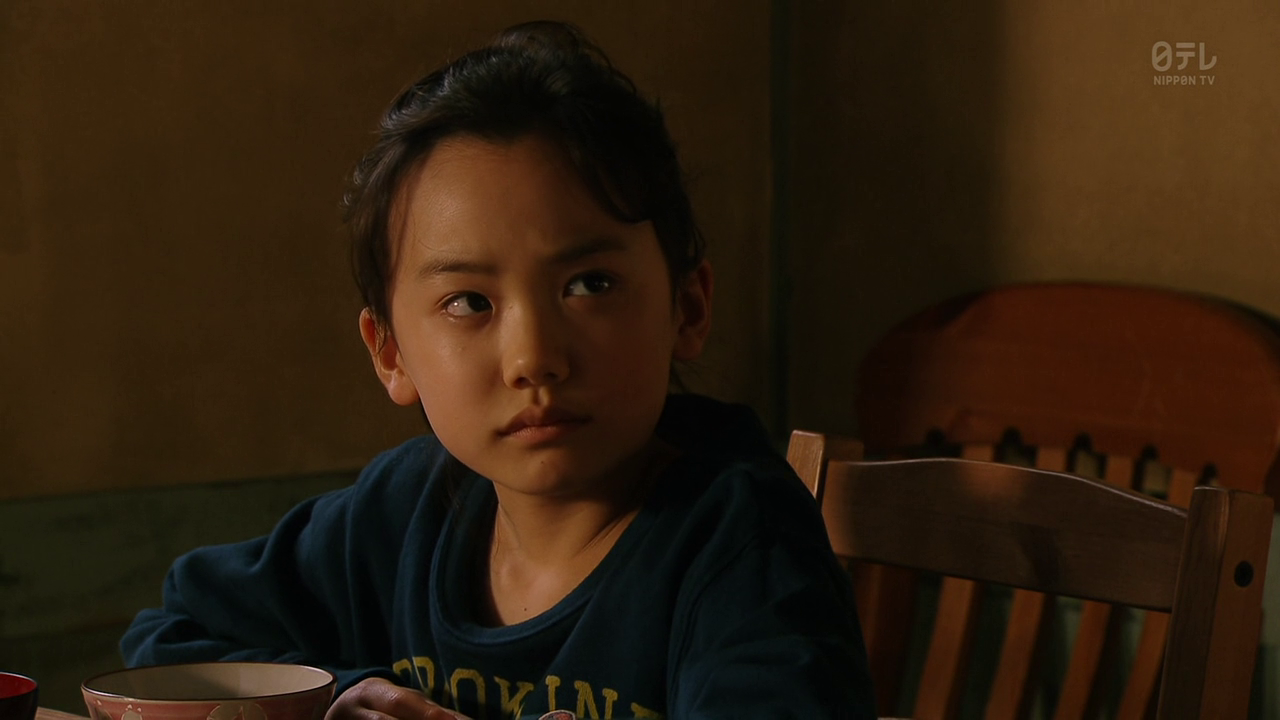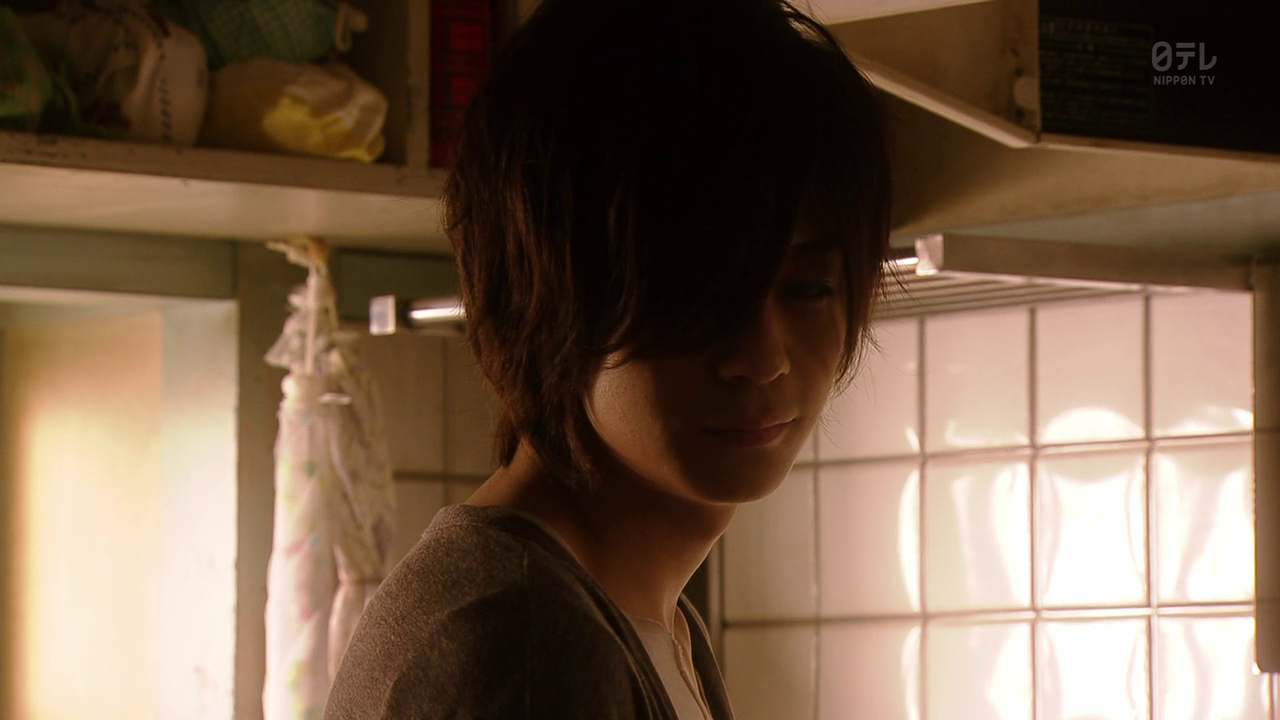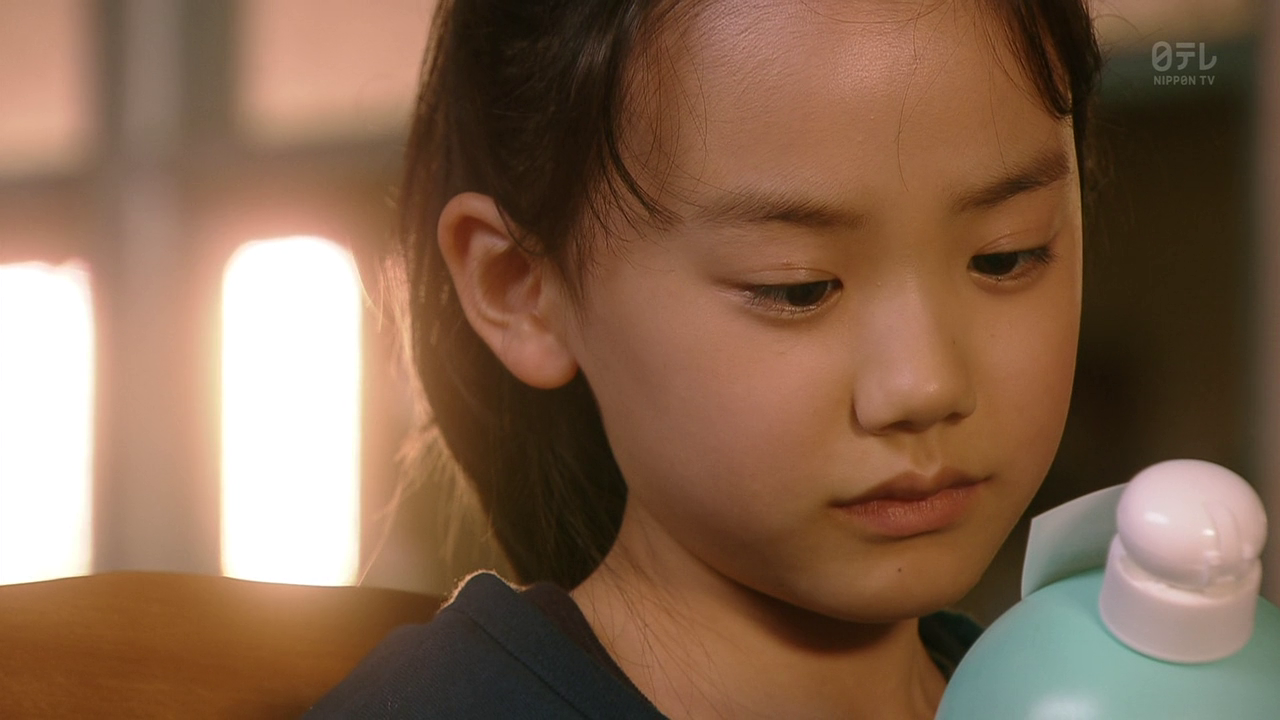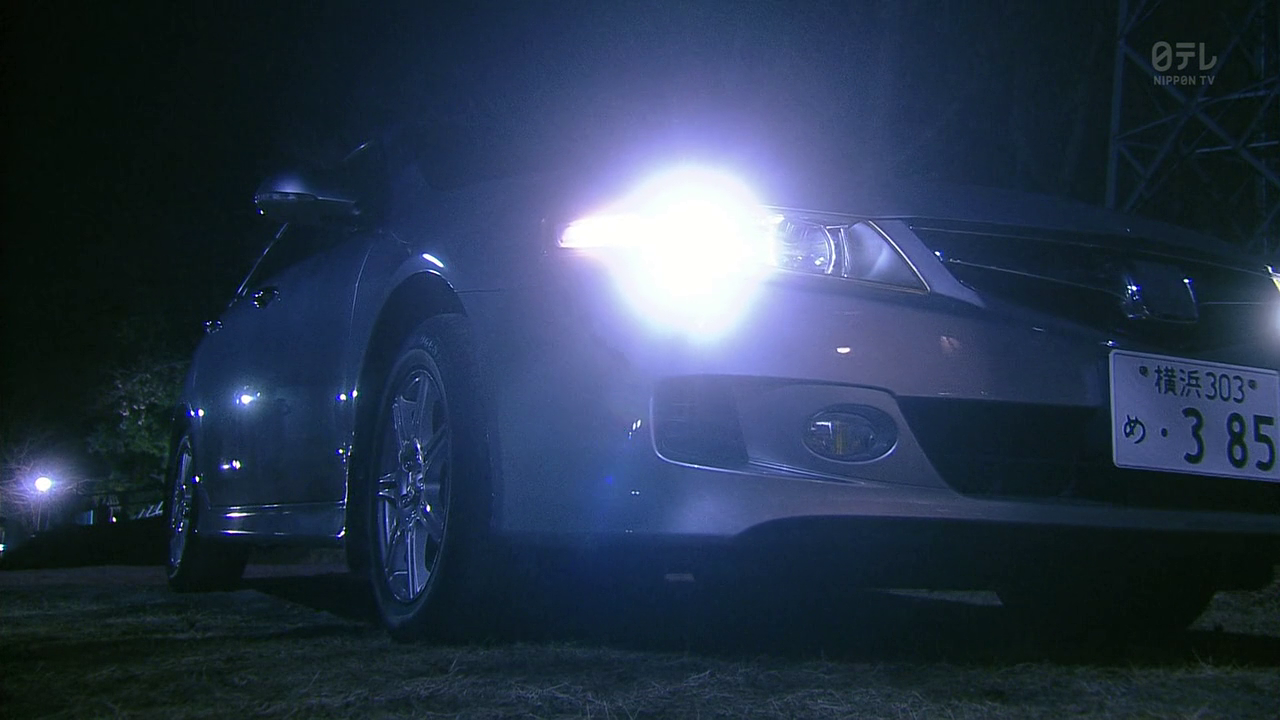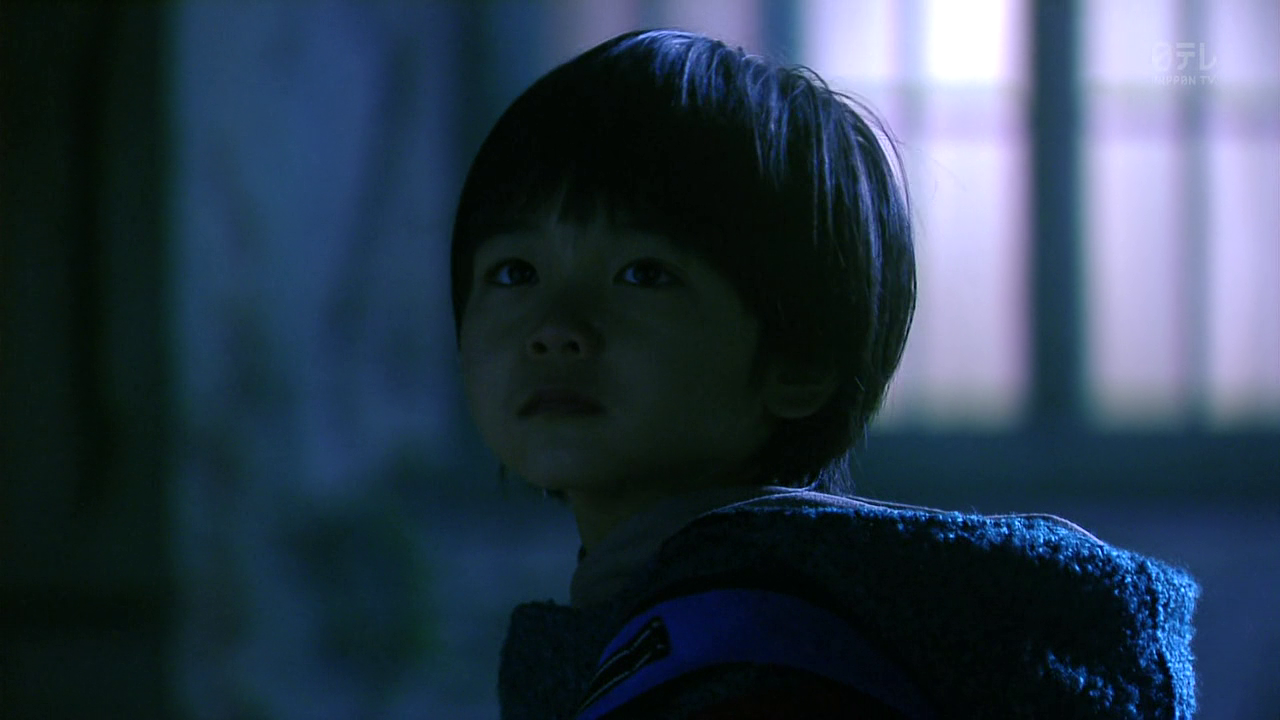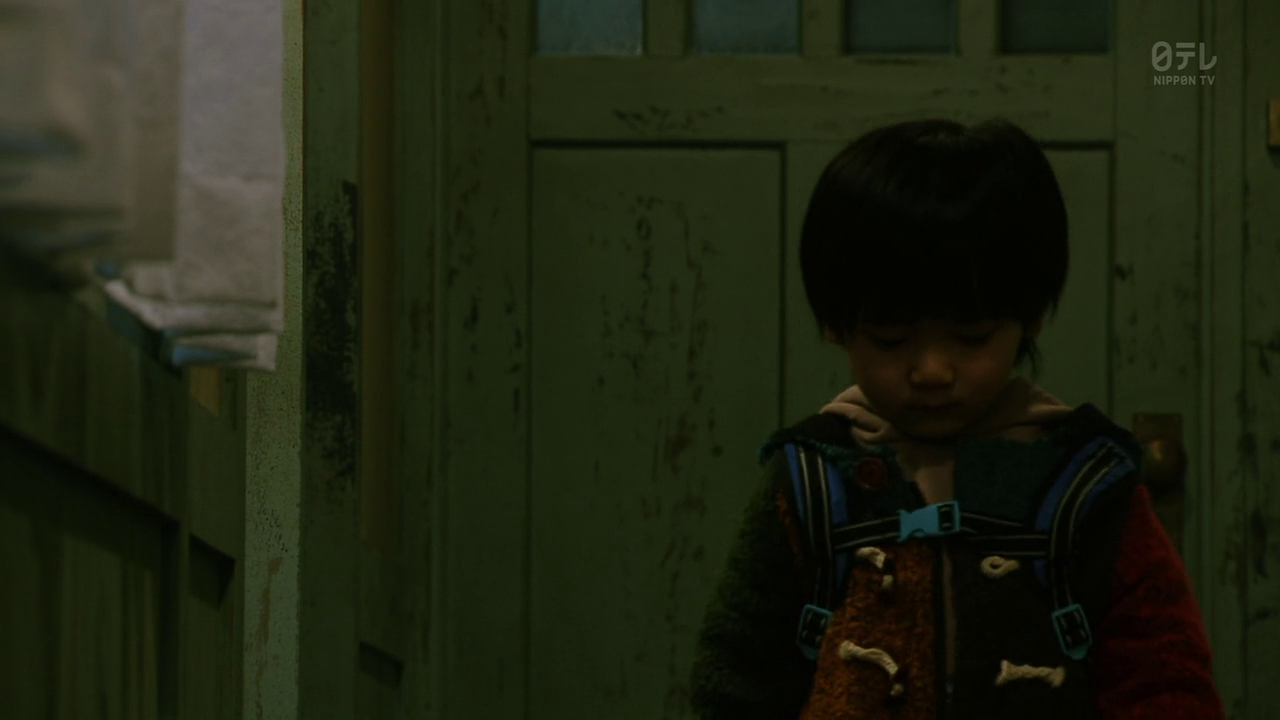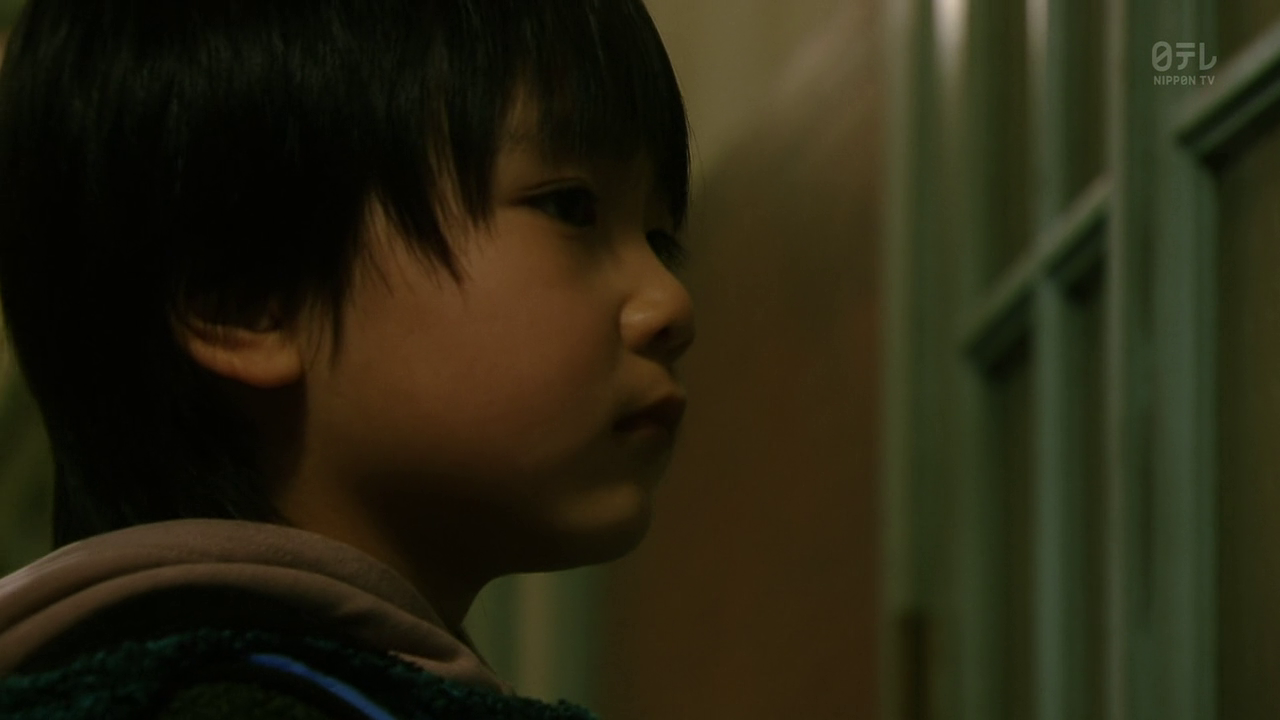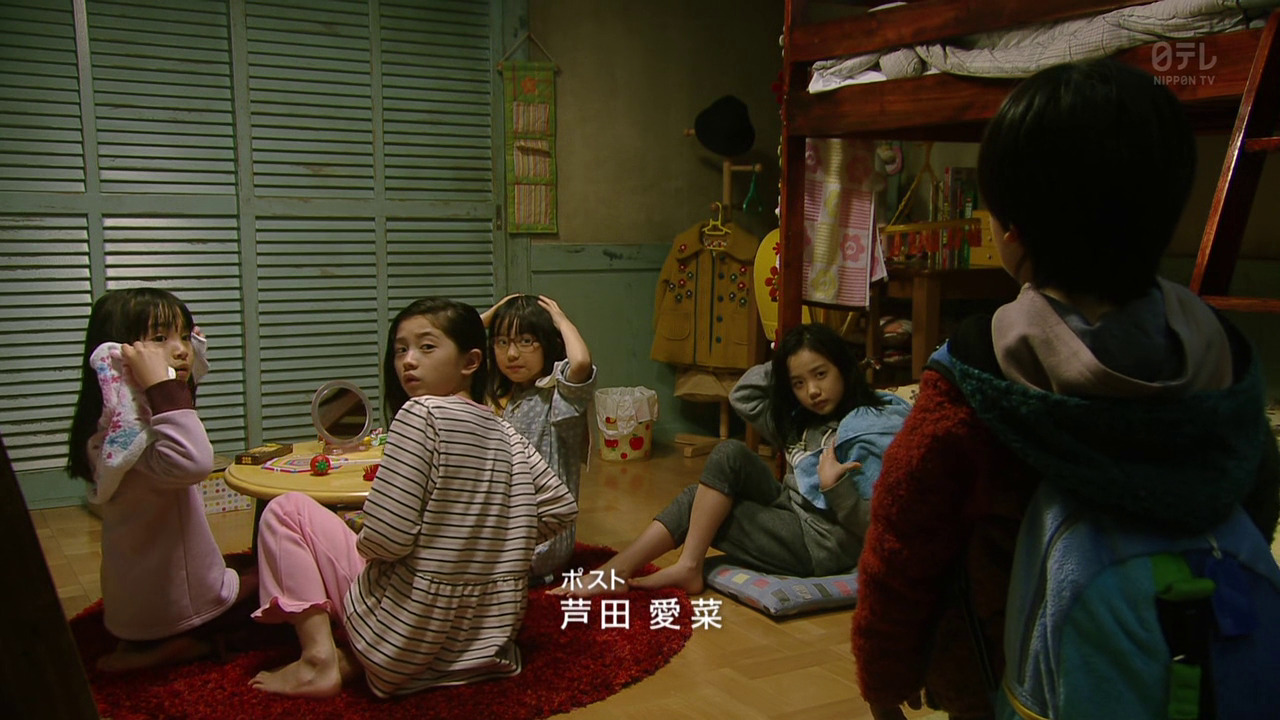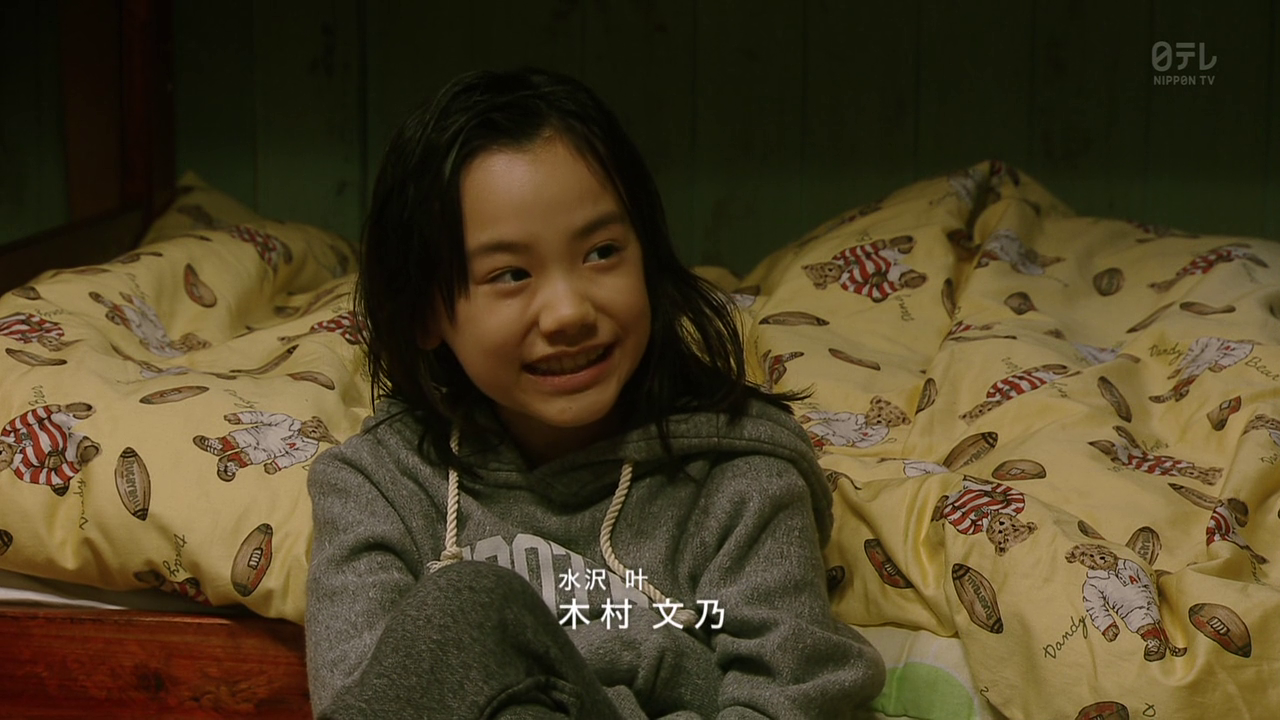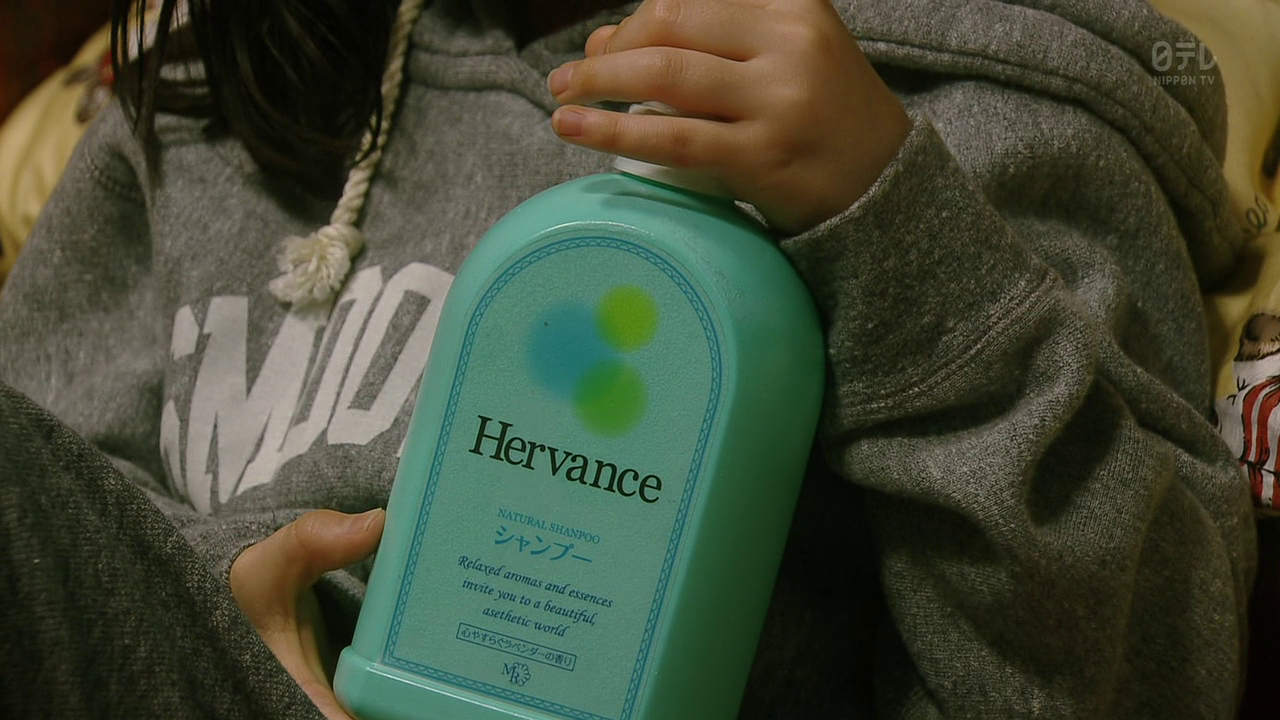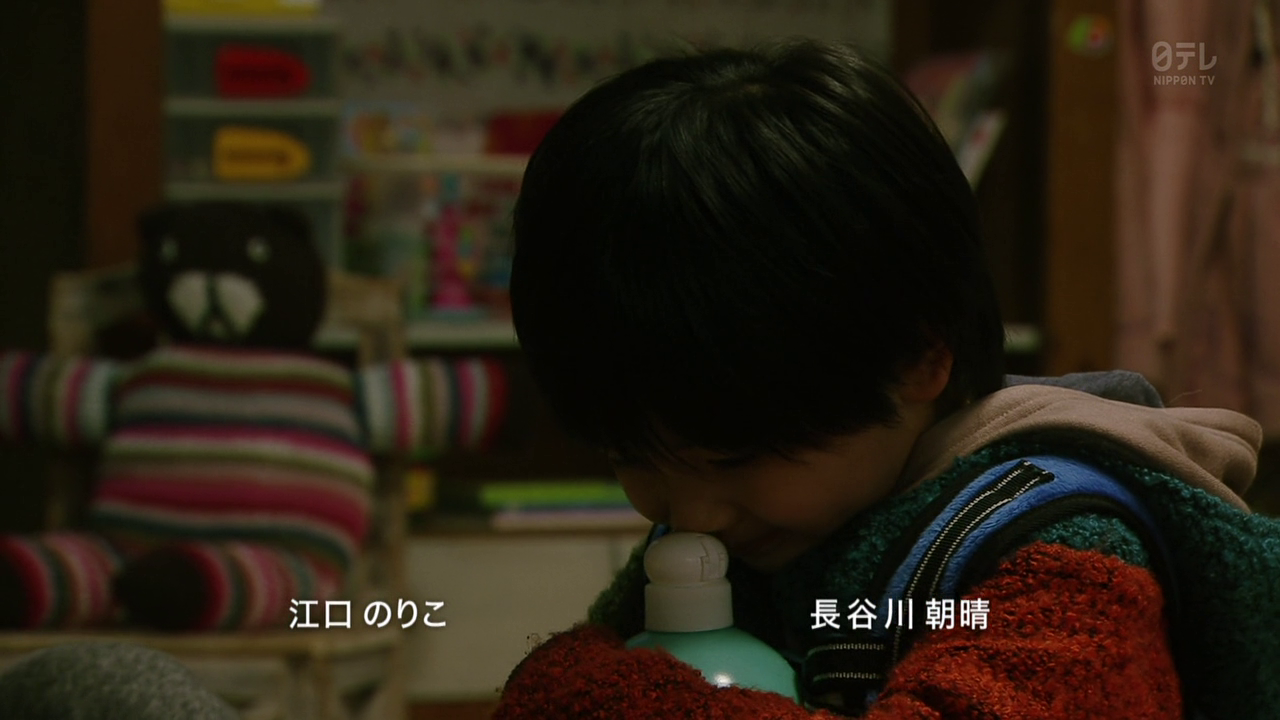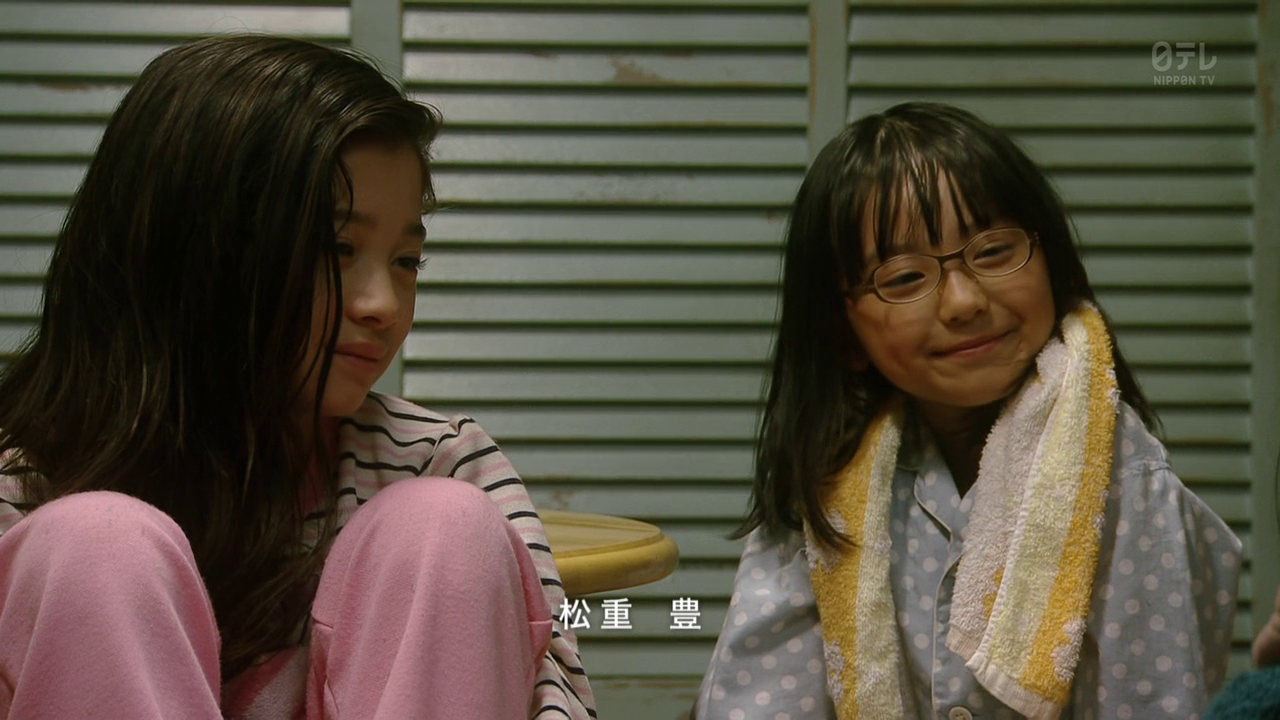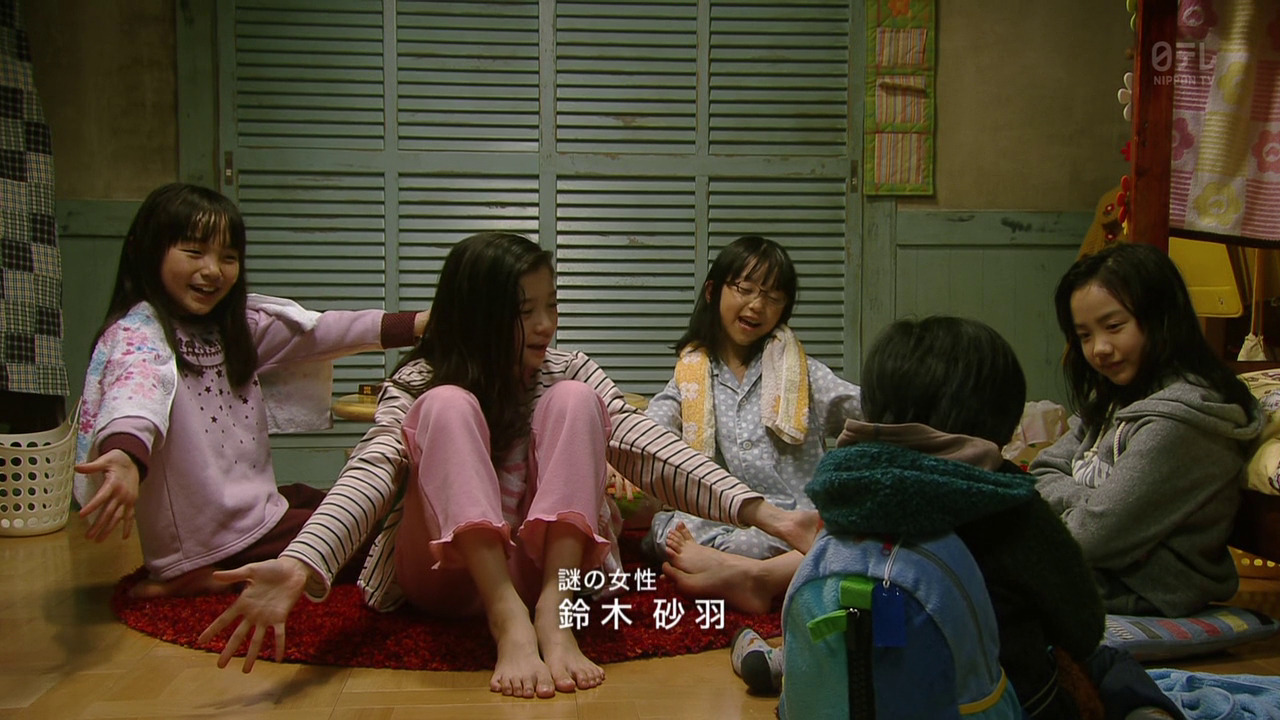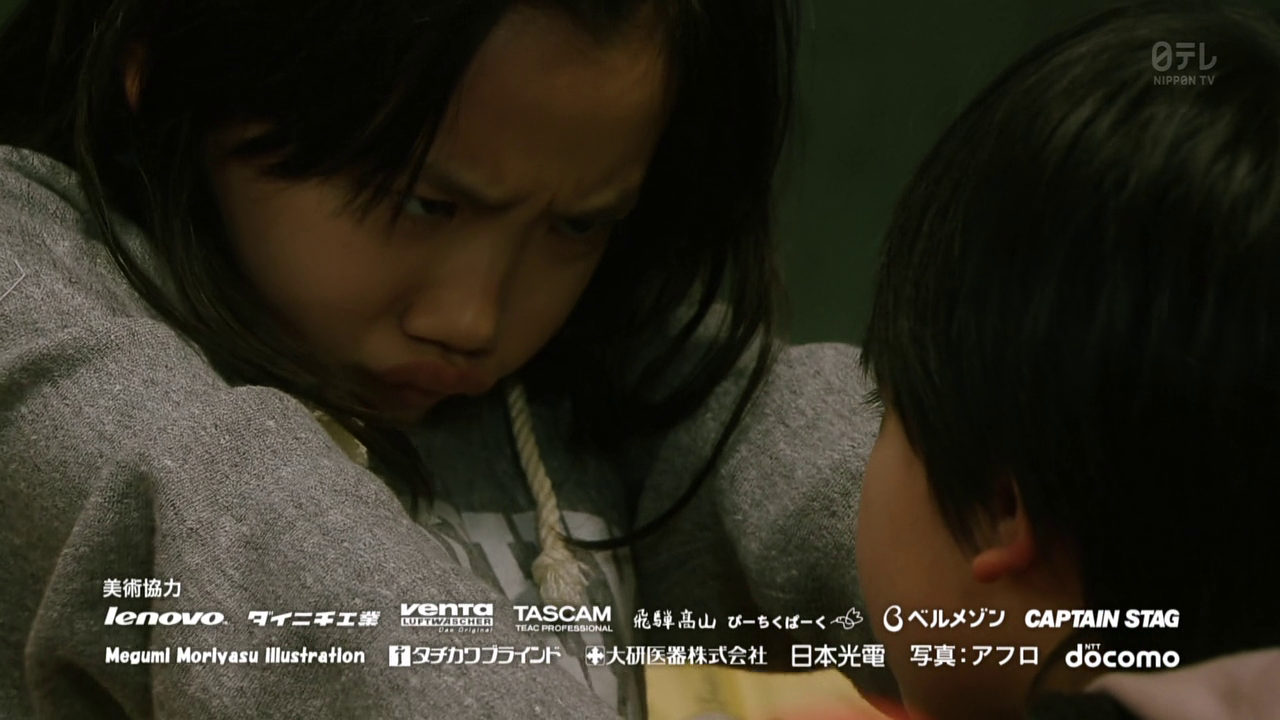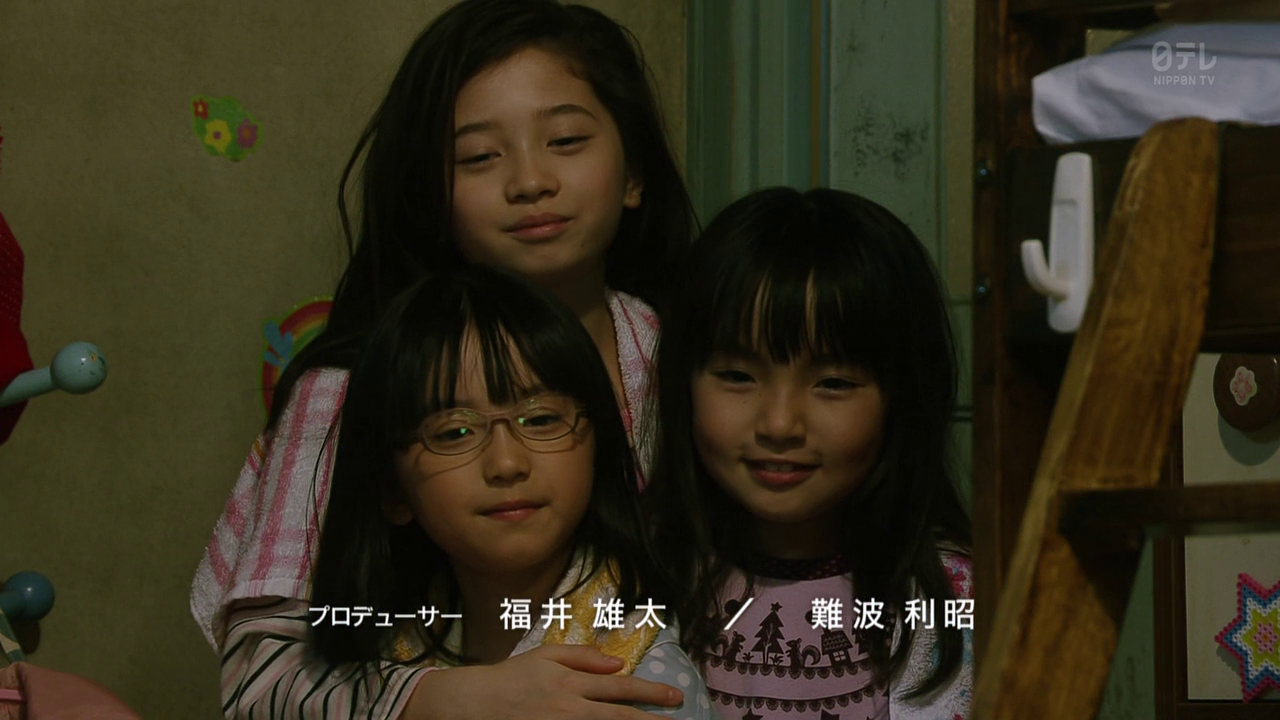『明日、ママがいない』 第4話 少女の悲しいヒミツ母親の幽霊は語る…
Ashita, Mama ga Inai #04. 「The Ghost of the Sad Secret Mother of the Girl Speaks…」
Screenwriter(s): Matsuda Saya (松田沙也)
Chief Producer: Ito Hibiki (伊藤響)
Producer(s): Fukui Yuta (福井雄太), Namba Toshiaki (難波利昭)
Director(s): Inomata Ryuichi, Naganuma Makoto, Suzuki Yuma (鈴木勇馬)
Music: Haketa Takefumi
Bit by bit, this show is losing its initial luster and seems to be falling into a slate of comfortable story-telling. We finally get coverage of Bonbi beyond her obsession with the Japanese Joripi this week, but the episode leaves a lot to be desired.
Summary:
Once again, a new batch of foster parent candidates means a new chance for our characters to move on to new lives. To Donki and our surprise, this marks the first trial of Bonbi’s, even though she’s been a resident of the Kogamo no Ie program for so long. Unlike some of the other children, Bonbi is a completely obedient child in the presence of her trial parents; but not unlike everyone else, she experiences a fit of overwhelming nostalgia during. At dinnertime, she sees her trial father scooping seconds from the rice cooker and strikes a nerve. A faint, a hospital trip and a feint later, she refuses to continue with the trial and refuses to eat. The incident had triggered memories of her real father, who was always so hard-working and eating his fill during dinnertime after a long day’s work. Bonbi isolates herself in bed and replaces her fixation with Joripi with the belief that her destitute parents are currently working their hardest so they can to be able to retrieve Bonbi from Kogamo no Ie one day. She is however denying the truth of her scenario, that her parents are long since deceased.
Earlier at the school infirmary, Piami had witnessed Ren confess to Posuto, and now sees Bonbi’s dilemma as an opportunity to antagonize Posuto and prove that she is a better friend to Bonbi than her. All the while, Maou and Locker are doing their best to support Bonbi on the side-lines. Via fairly expensive train-fare Posuto, Pachi, Locker and Kana meet with the first relative of Bonbi they could find, her aunt, who is actually the identical twin sister of her mother, identical with the sole exception of a birthmark on the face. Posuto shows just how much she cares for her friend when she outright imposes Bonbi’s aunt to adopt Bonbi, and Locker and Kana share their second intimate moment in the mixed-gender hot spring. Posuto finally realizes the connection between the rice cooker and Bonbi’s emotional breakdown, but the crew are ultimately unable to convince Bonbi’s aunt to take an active part in her life. Similarly, Piami and Donki are unsuccessful in their mission to somehow involve the Japanese Joripi in this matter. However, upon hearing about Posuto and crew’s mission, Maou obtains the aunt’s phone number from Kana to hatch his own scheme. In taking advantage of Bonbi’s excessive imagination and a simple projector, he summons the ghost of Bonbi’s mother, and Bonbi is finally granted a sense of closure while the others witness with eyes full of tears (yes, even Posuto).
Maou goes the literal extra mile and drives the girls to where the tombstones of Bonbi’s parents are located, where they give thanks to the parenthood and have their own moment of sisterhood on the shores of a beach. Piami’s contempt towards Posuto is resolved here too when Posuto expresses allegiance to the unspoken girl code of not pursuing a friend’s crush. Piami admirably asks to be punched by Posuto just like how she had been when they first met, but Posuto responds with their usual cop-out of potentially feeling gross. The children are once again embarking in the midst of the night, but this time with the “parental” supervision of Maou during the car-ride back to Kogamo no Ie. Posuto tells Maou that Bonbi knew nearly all-along that the ghost was actually her aunt and not her mother (because of the birthmark, or lack thereof), a revelation that receives his signature reaction of a tongue click. Nonetheless, Posuto thanks him, much to the awkward affability from both parties, obviously not used to this air of fondness. An atypical family indeed.
Review:
So once more, we see that Posuto is unable to mend all the delicate situations herself, though this time the consequence is nowhere as grave as a girl mutilating her own legs. Regardless, there does seem to be something worth exploring in that Posuto’s exalted character is continually being brought back down to Earth, on a ground level with the others so that she too can experience the bulk of emotions going on with this chaotic family. And it goes without saying, that she isn’t a brave character because she’s immune to all the emotional instability that the other characters submit to, but because she indubitably undergoes the same psychopathy but is still able to face them headstrong. Posuto has been established as a very keen person since episode one, and I can only associate that attribute with the fact that she truly cares about the wellbeing of the others. So when it was revealed that she had already knew about the status of Bonbi’s characters, it was no surprise. Additionally so, in willfully taking over Bonbi’s trial, she actively opened herself to a barrage of judgment from others, as shown when Kana confronted her about playing detective and when Piami, arguably her best friend, saw her actions as a heartless move. On the other hand, Donki is always there to tell the others that maybe such isn’t the case, that they shouldn’t be making brash accusations and actions in the heat of their emotions and really see people for what they really are. Her benevolence is what allows her to innocently ask Maou things like, “Can’t we simply contact her parents? Even though it’s not likely, surely, there’s still a chance.” These questions are of course the straightforward solutions to things that everyone else would normally overlook while confined in their own worries, but nonetheless have the ability to shape a child’s future. It seems that Donki realizes this not just because of her tarnished relationship with her mother, but also because she is a damn nice girl. Obviously, it’s hard to say she was raised that way, given the insensitivity of her mother, so what can we attest it to other than an oh-so-admirable attribute of the individual. In that sense, the dynamic duo of Donki and Posuto is definitely persisting and doing wonders for the kindling hearth that is Kogamo no Ie.
This episode was pretty strong on the main cast, which made me realize that even when the limelight is on the four girls, the style of writing in this show still manages to split them up in a sense. To my subtle disappointment, with the exception of the short-lasting moments of closure at the end of each episode, the girls don’t really experience the kind of friendship dependency as I would’ve expected from the conclusion of the series premiere. If anything, Posuto receives the bulk of the growth, while the others kind of just fill-in with their respective arcs and occasional purposes. According to the preview, it looks like next week will be Piami’s turn for full coverage, leaving five episodes left. It’ll be interesting to see if Posuto herself will get the back-story treatment, seeing as how she was purportedly abandoned since birth, a fairly lacking upbringing. But hey, the ins and outs of drama television writing say that anything is possible, even if it does turn out to be a contradictory plot hole. I’m going to hold onto my hopes for Ashita, Mama ga Inai that it doesn’t disappoint to that extent.
